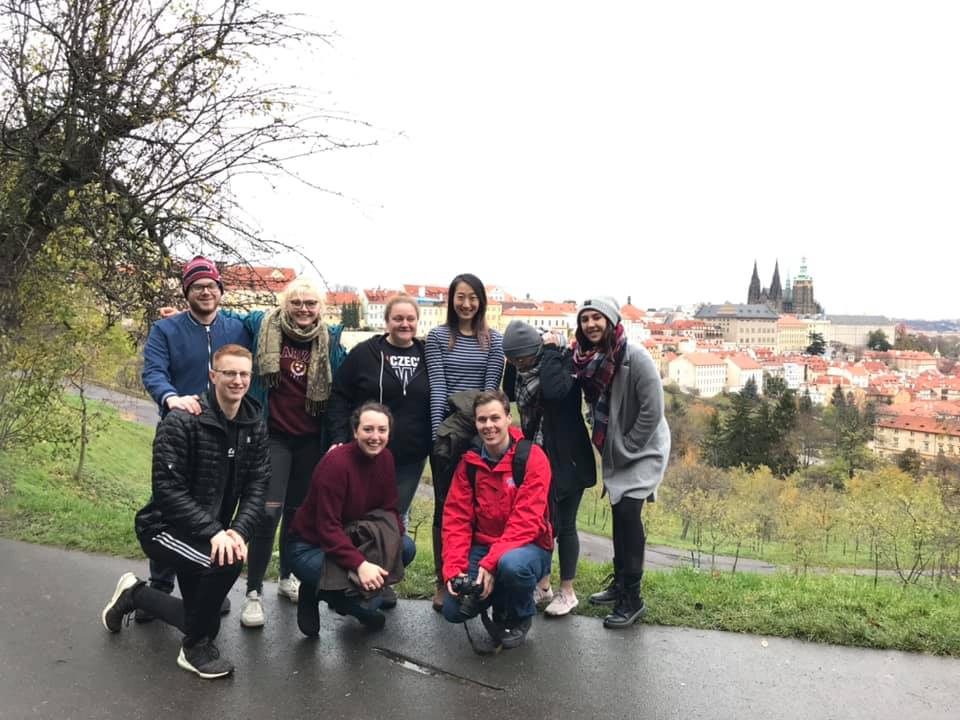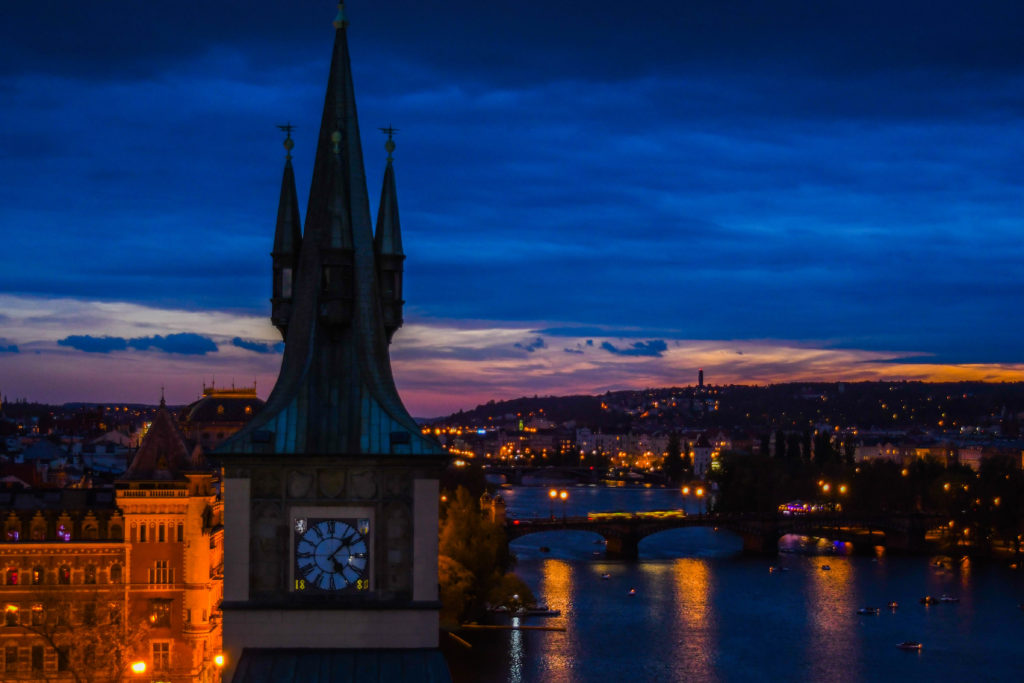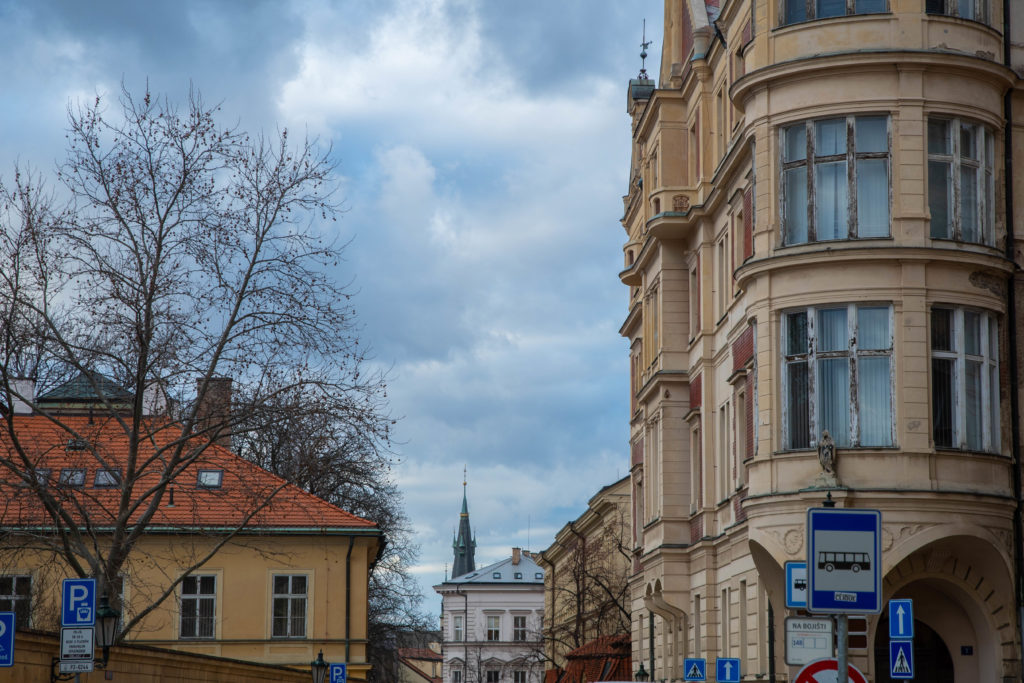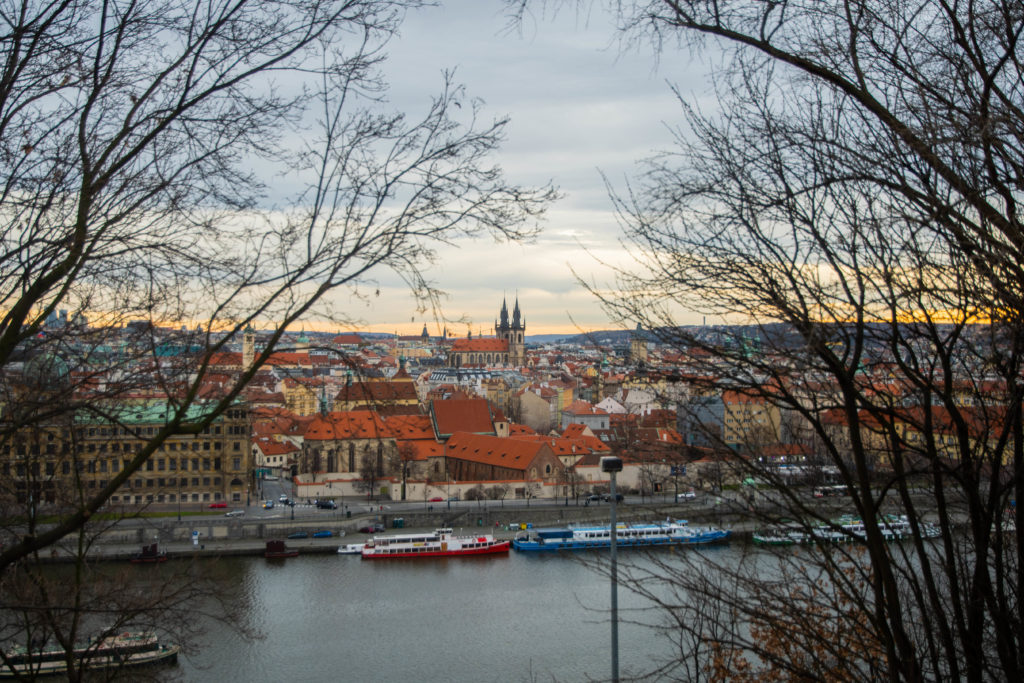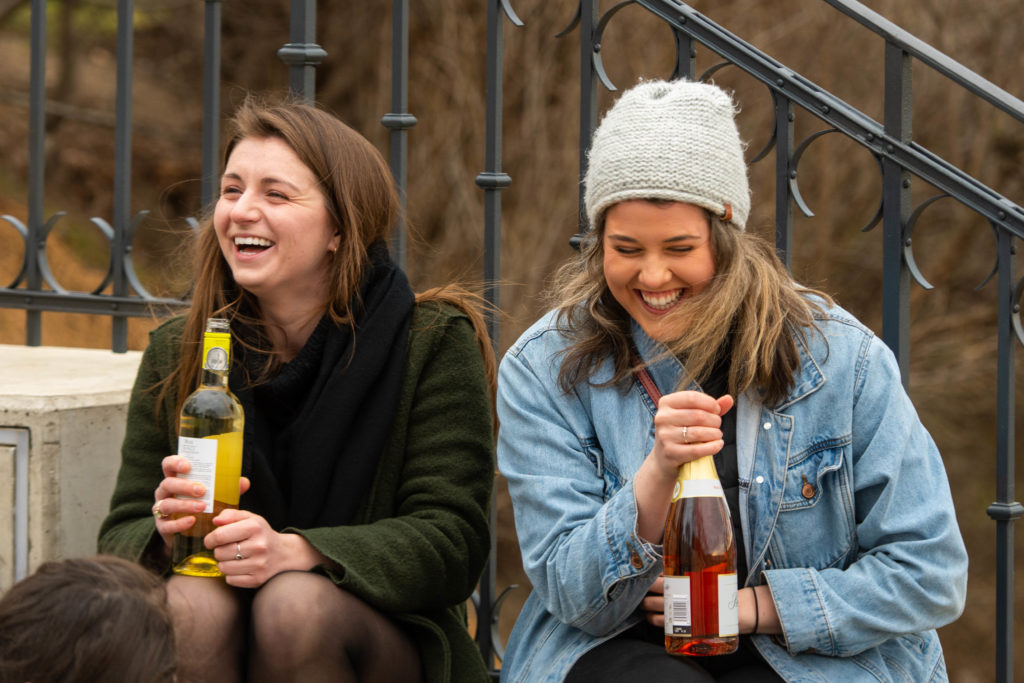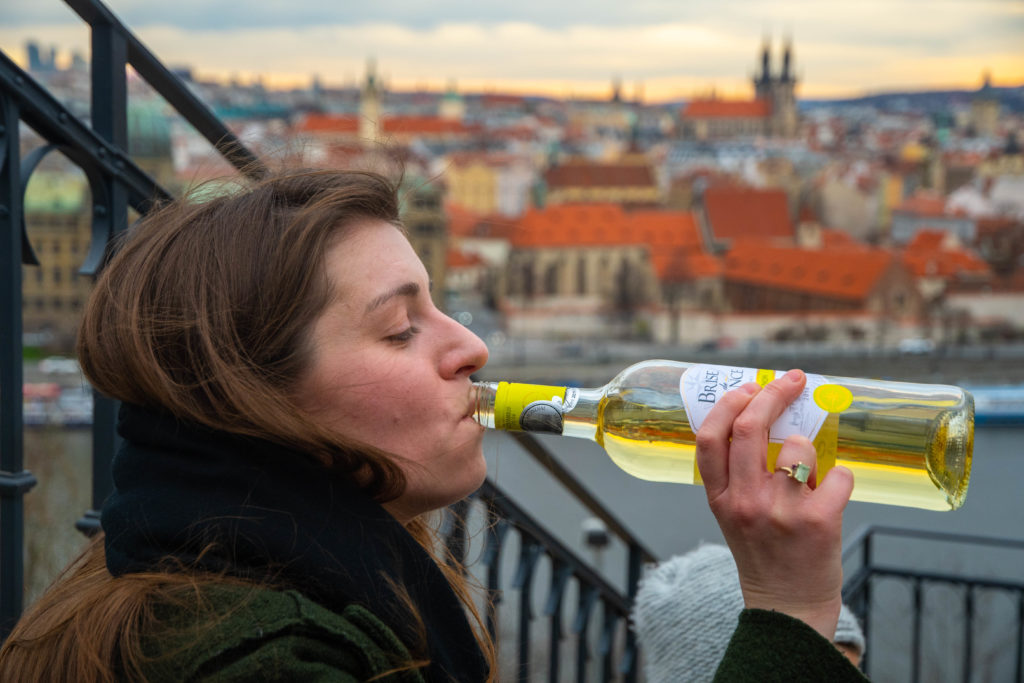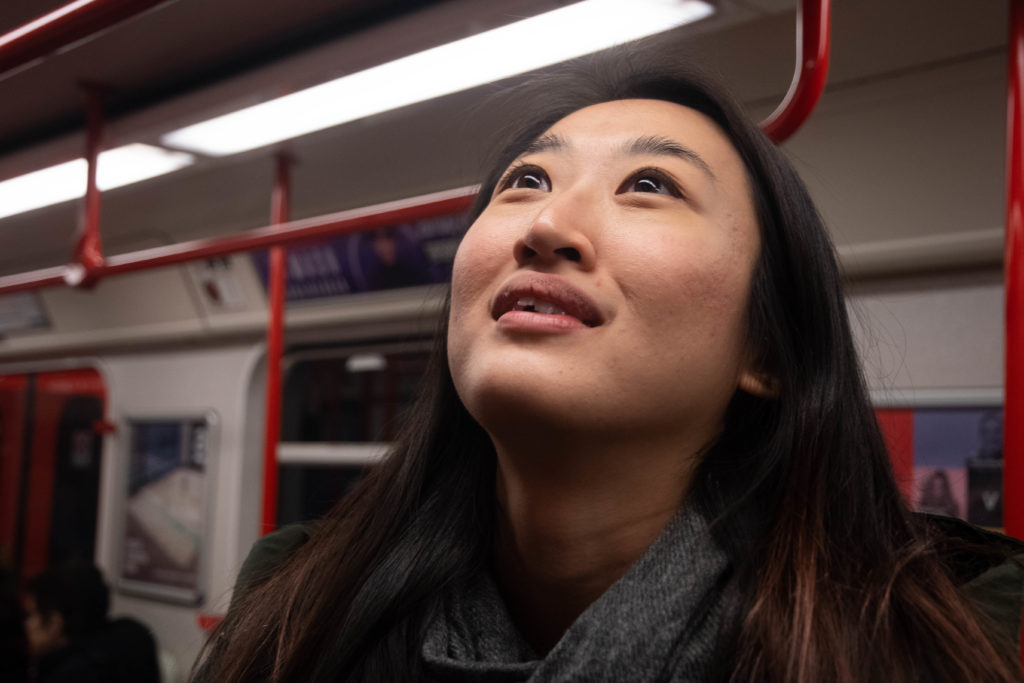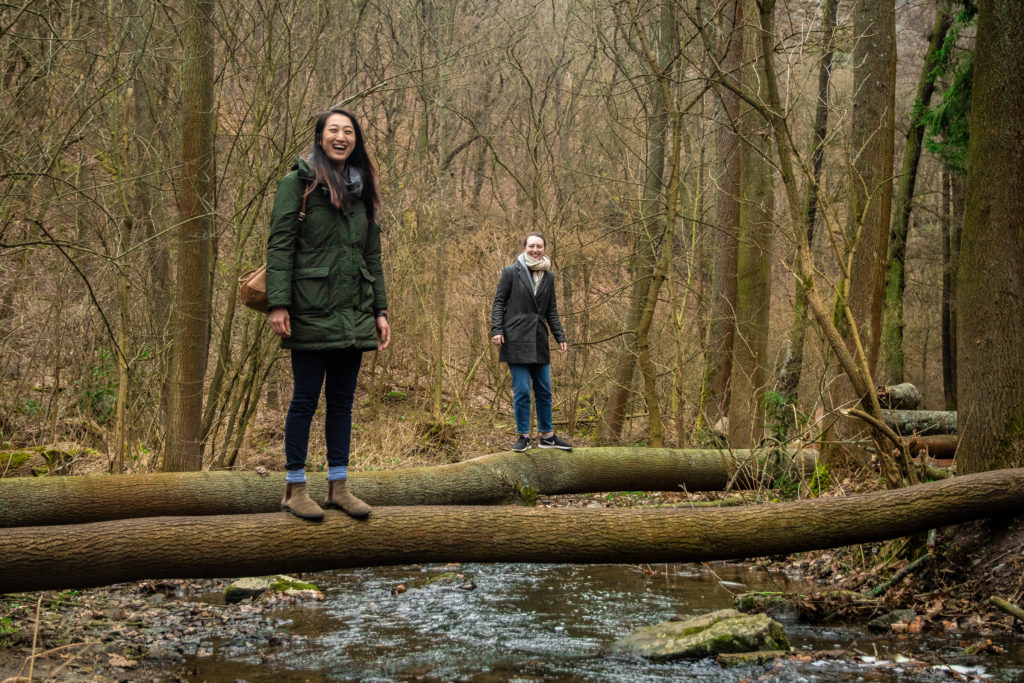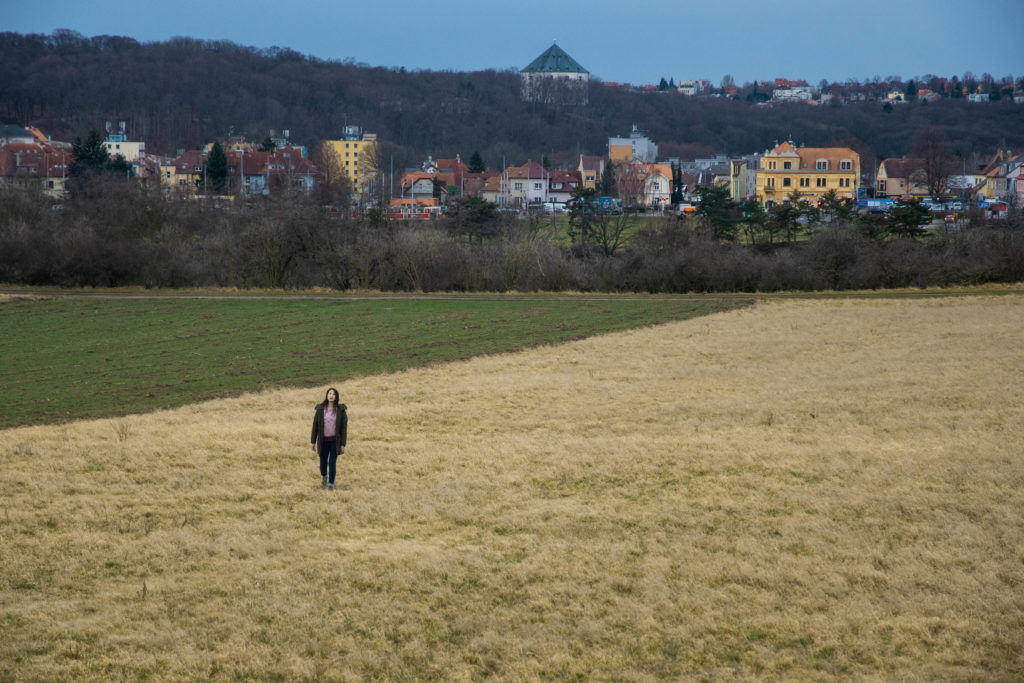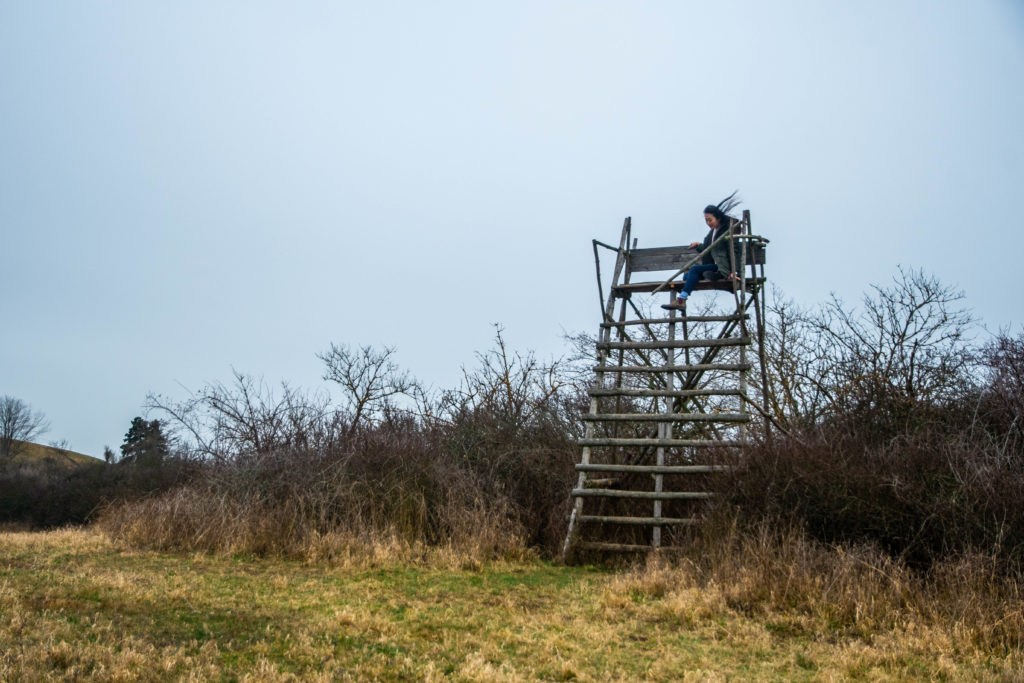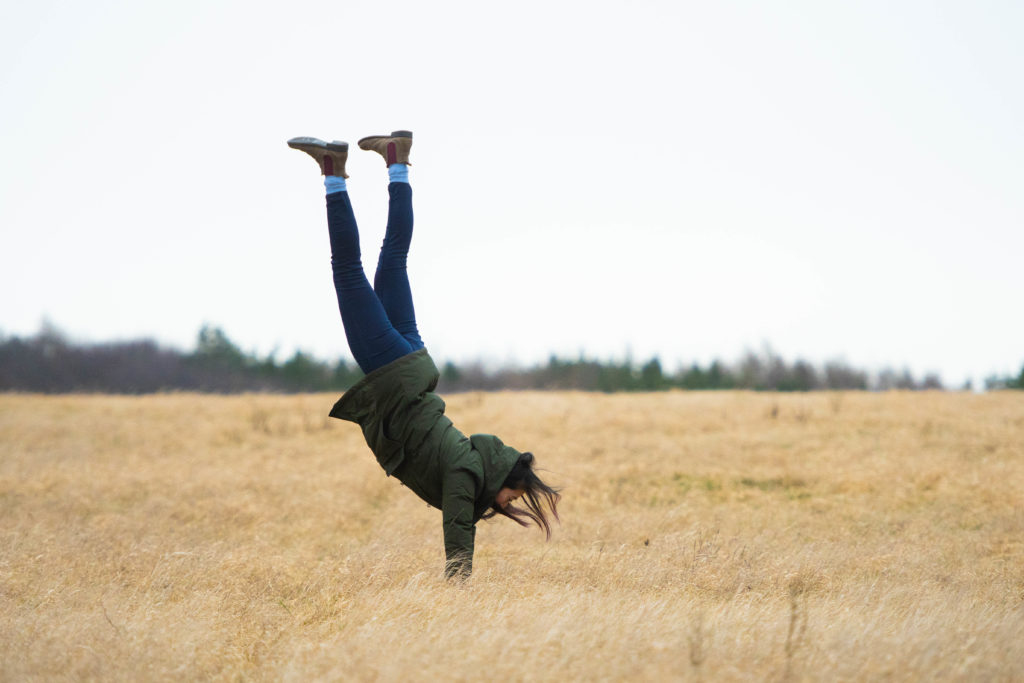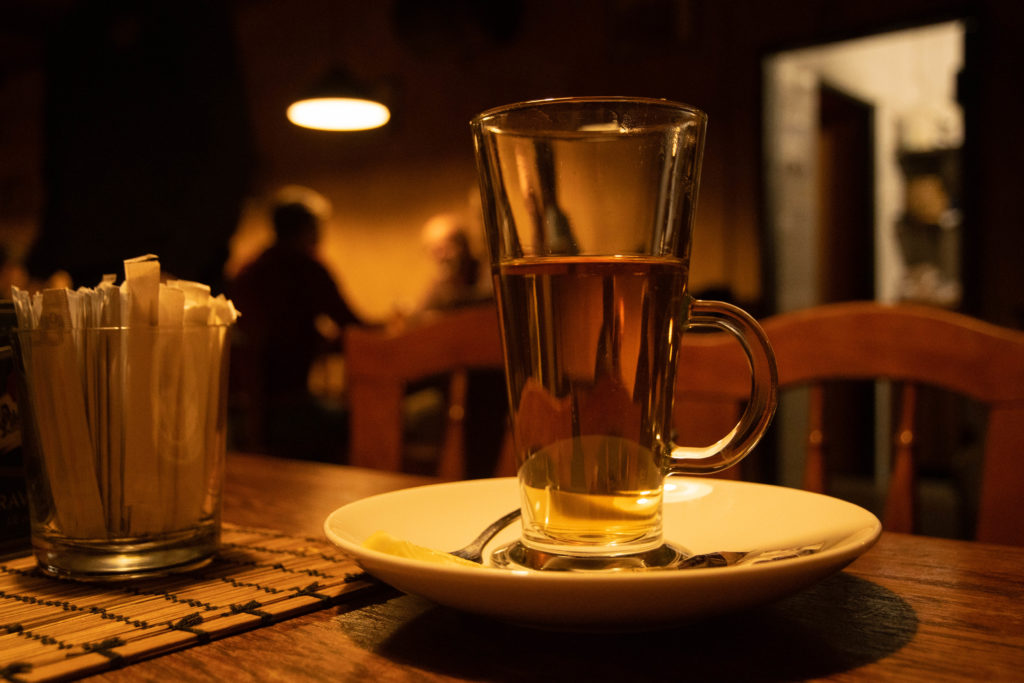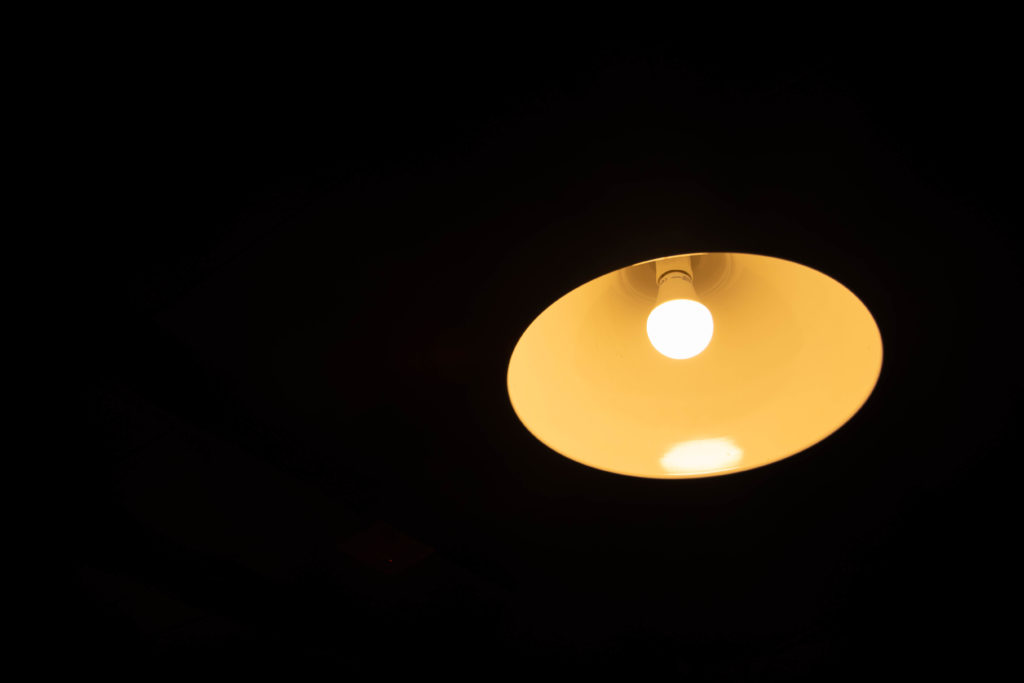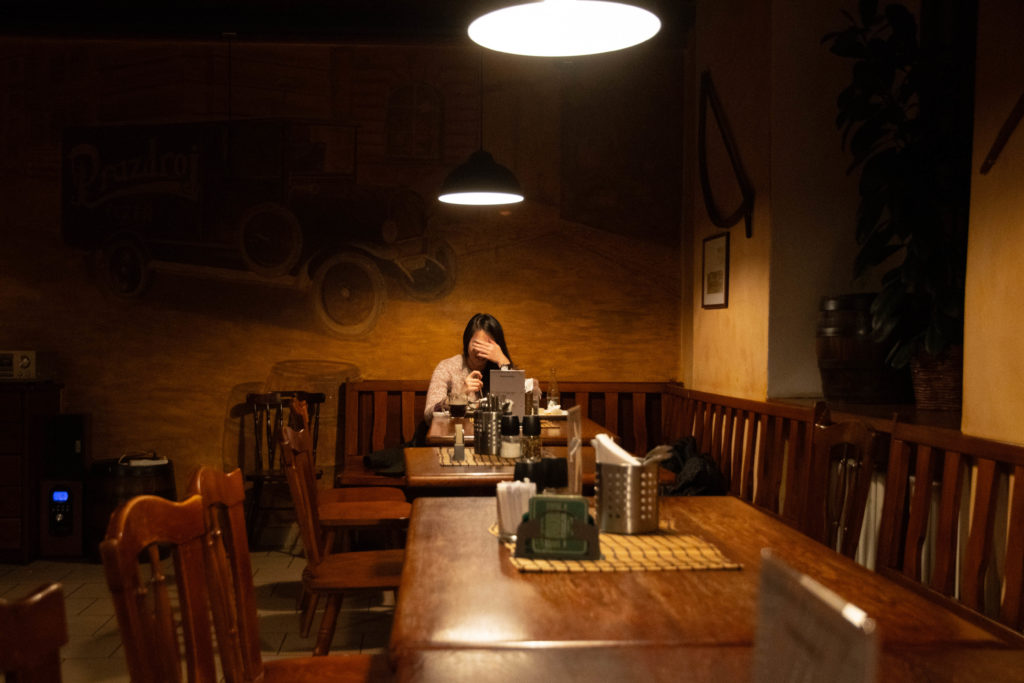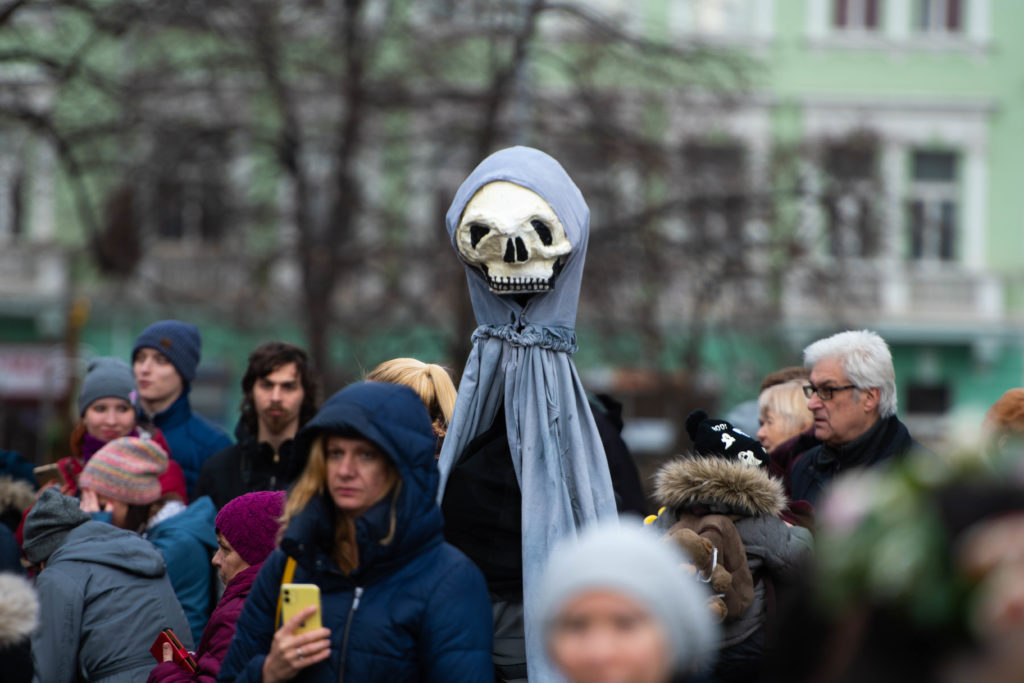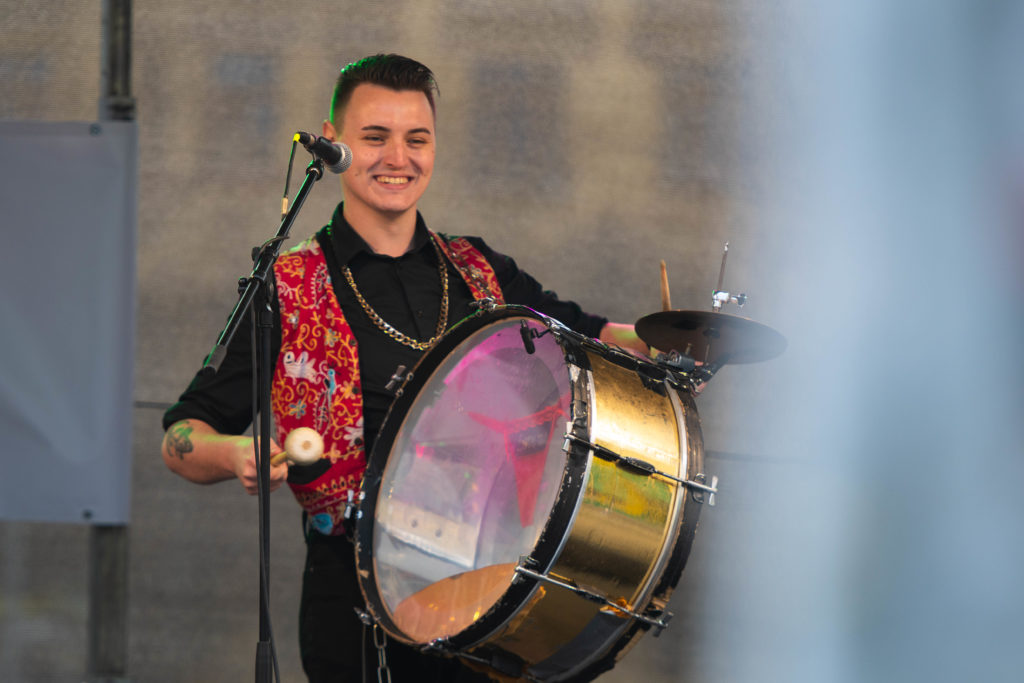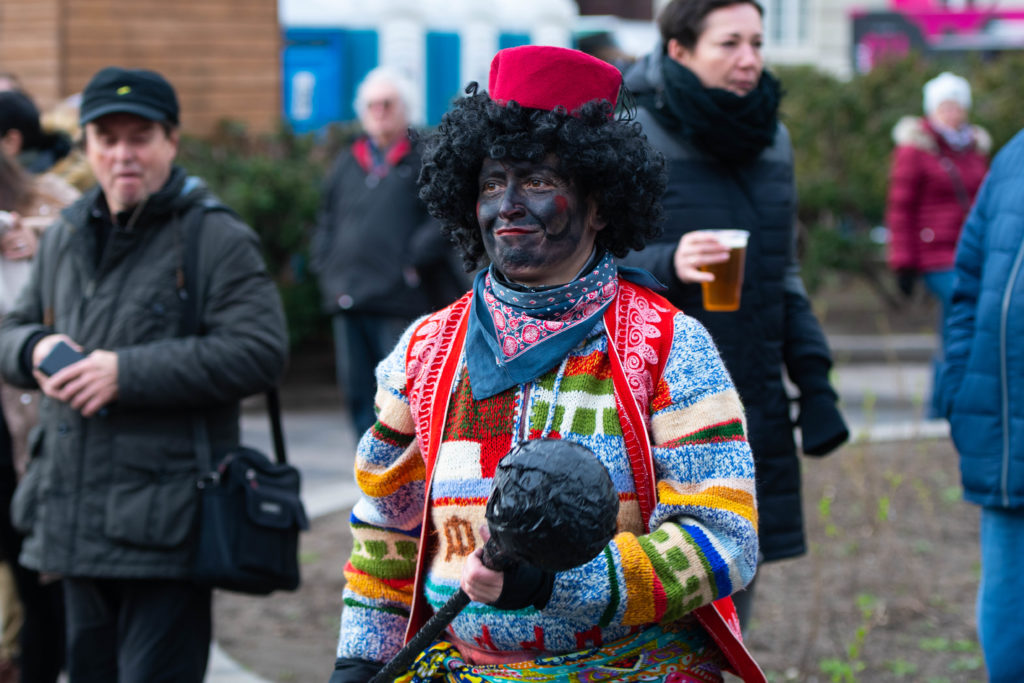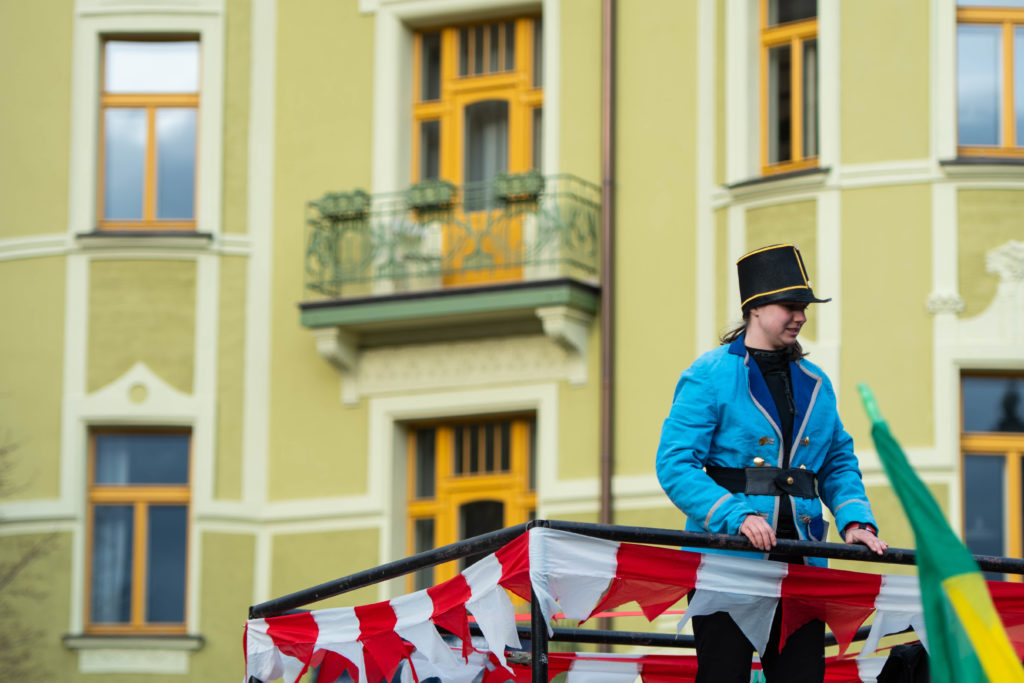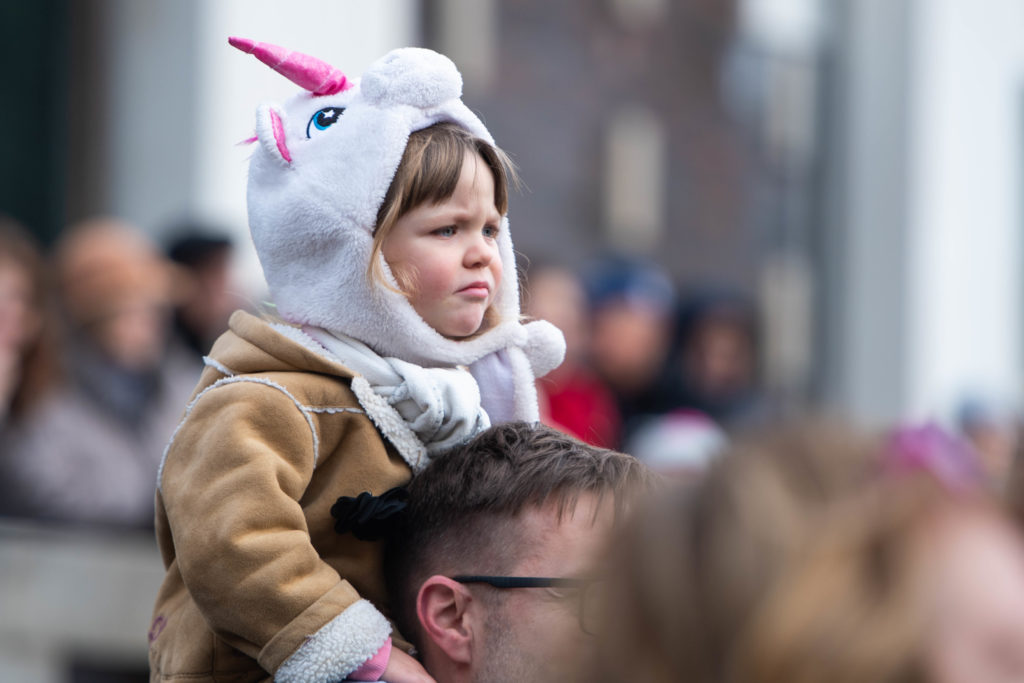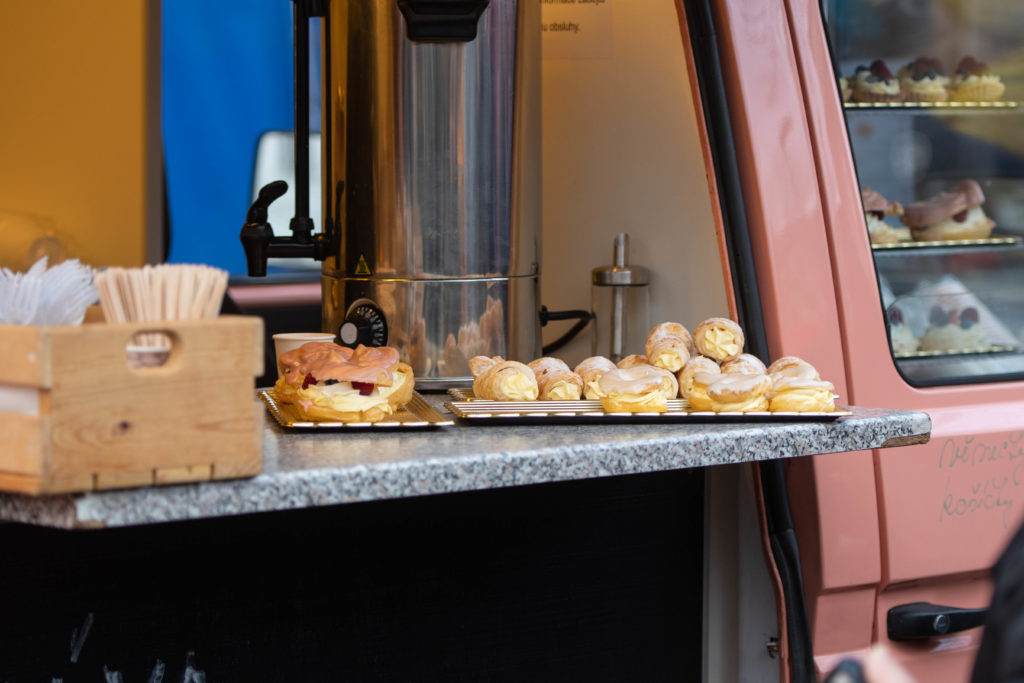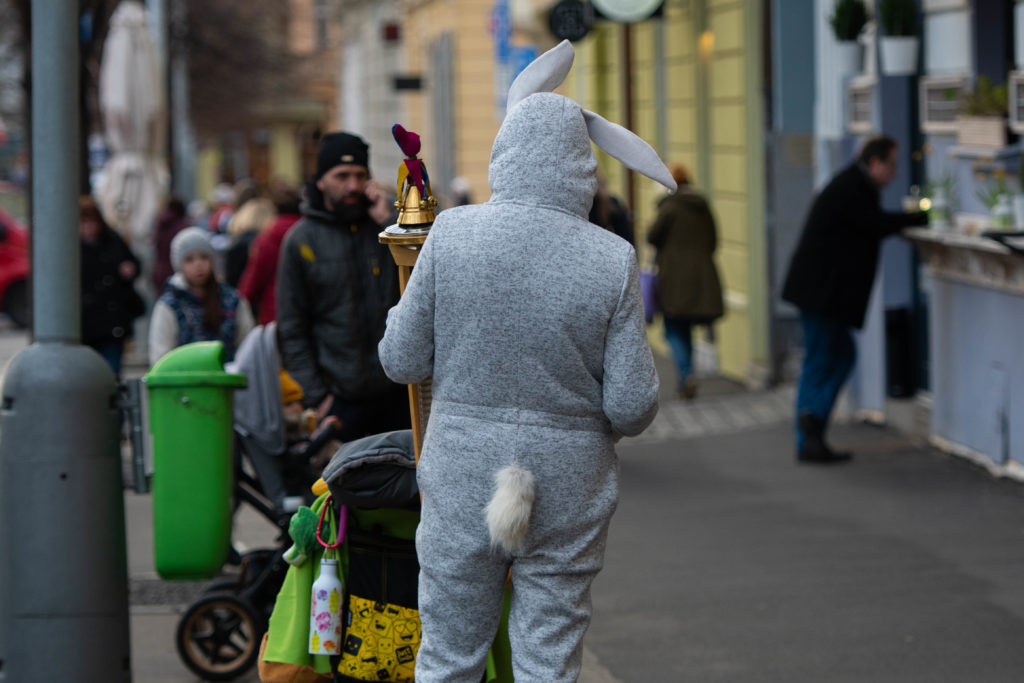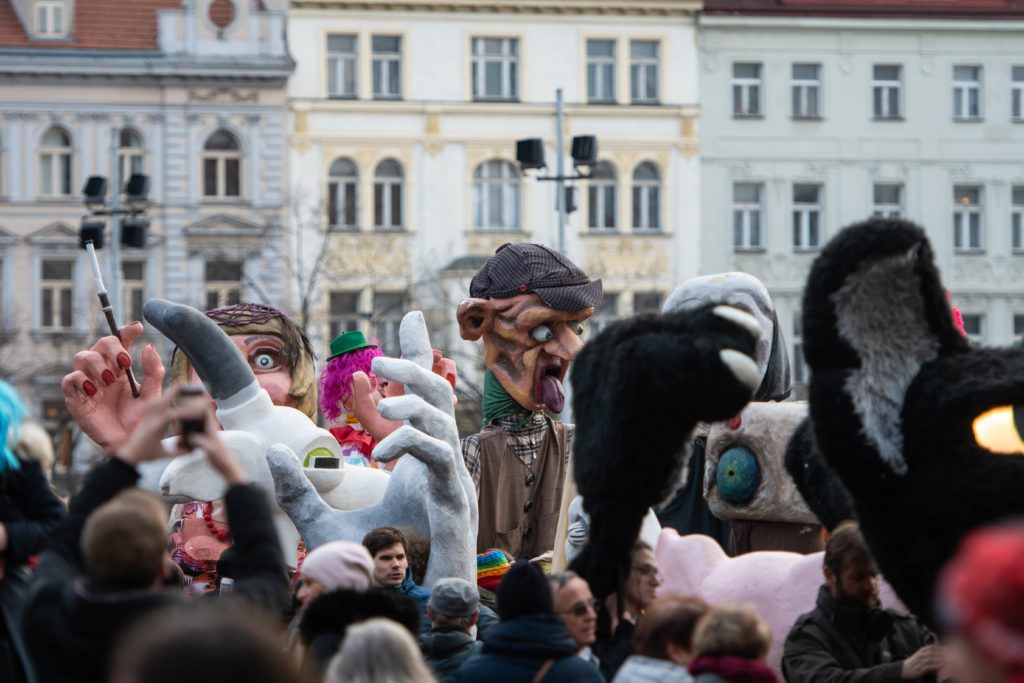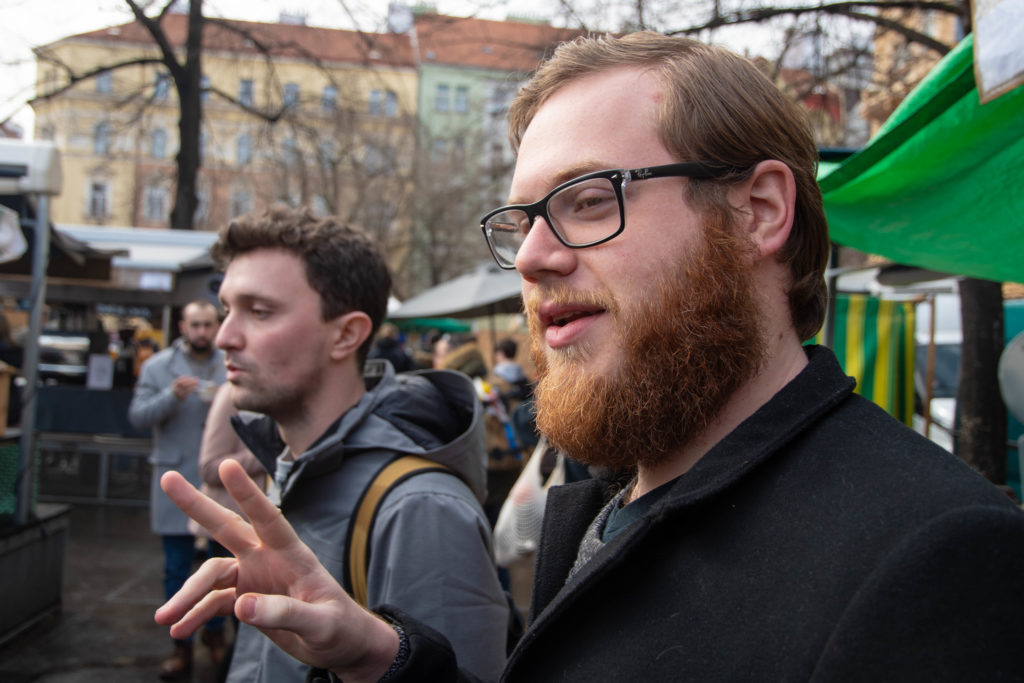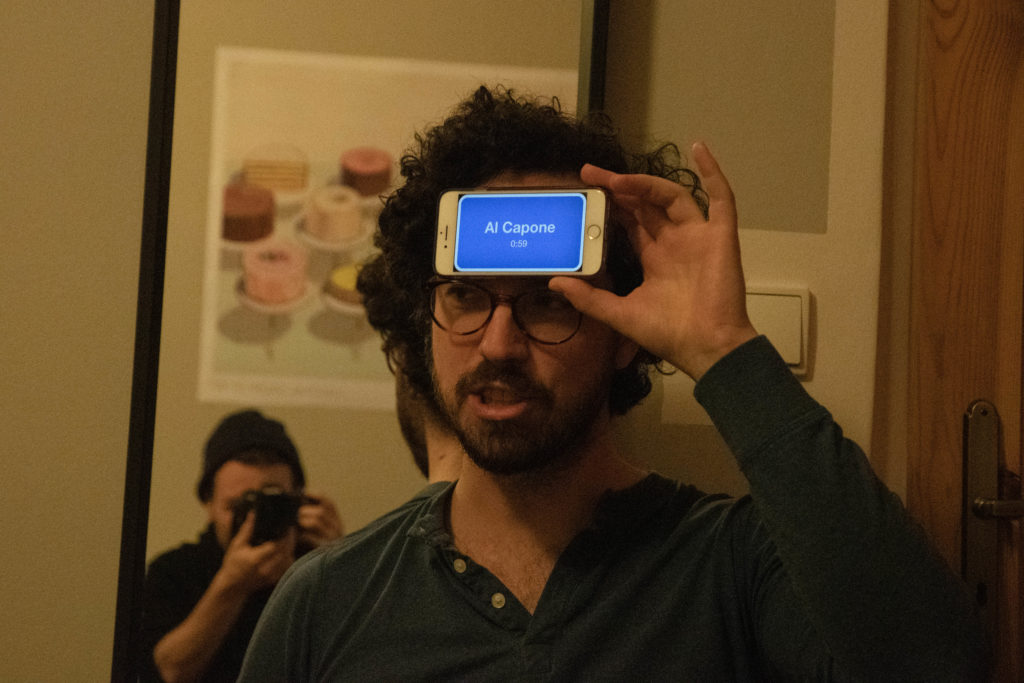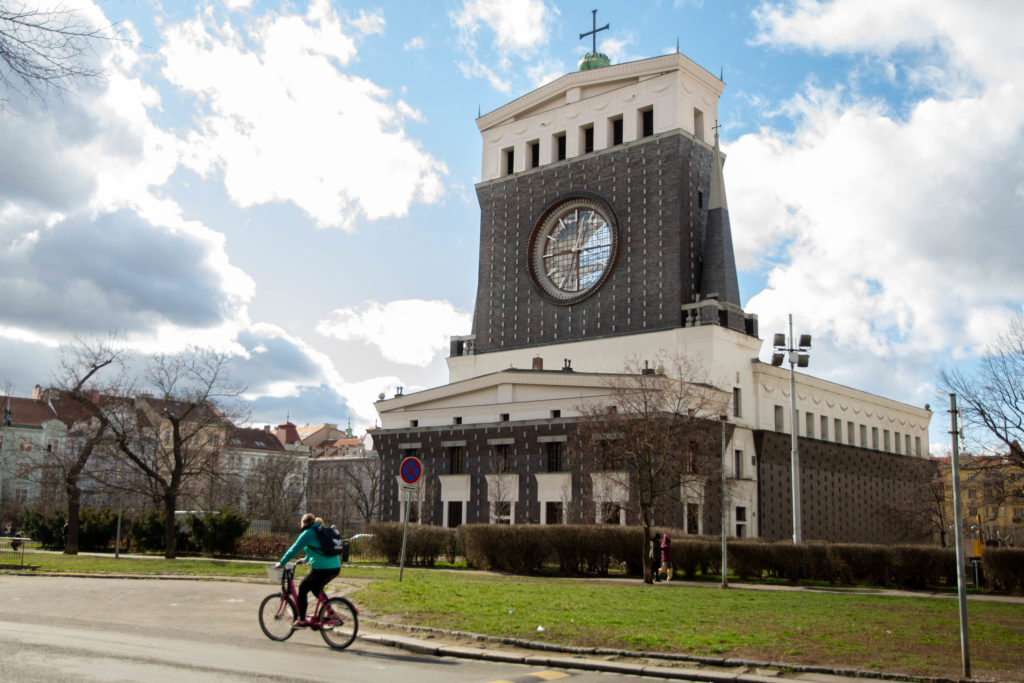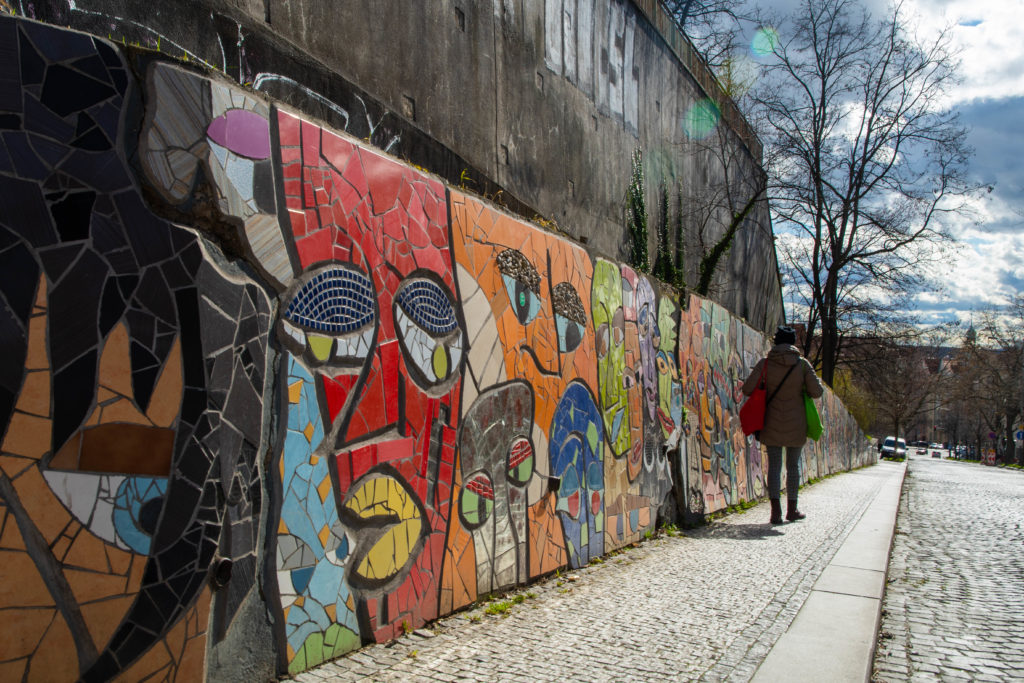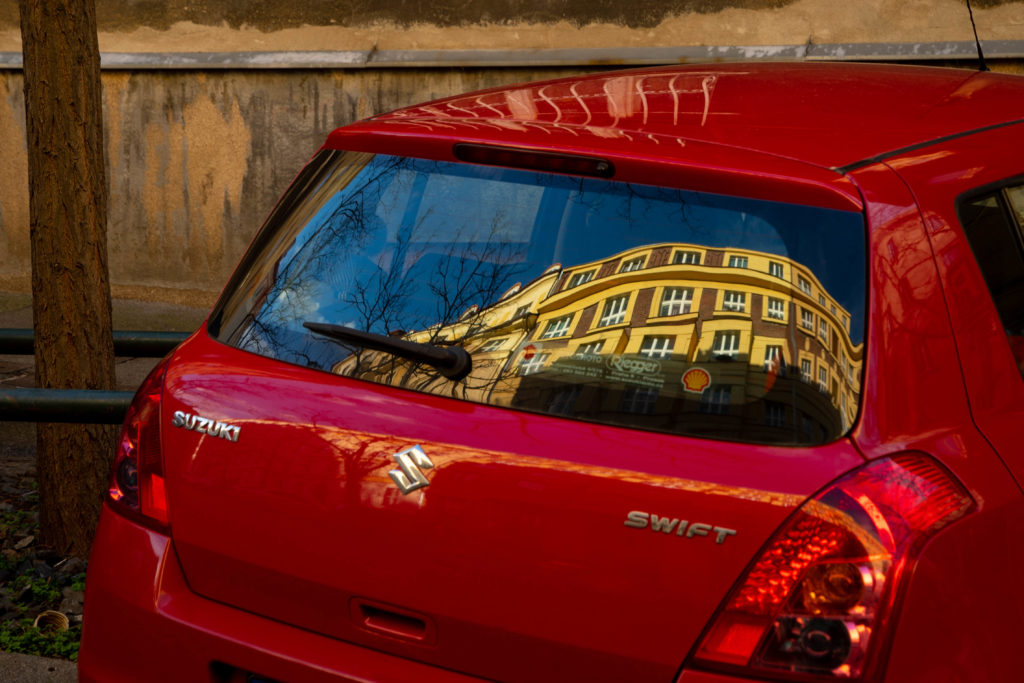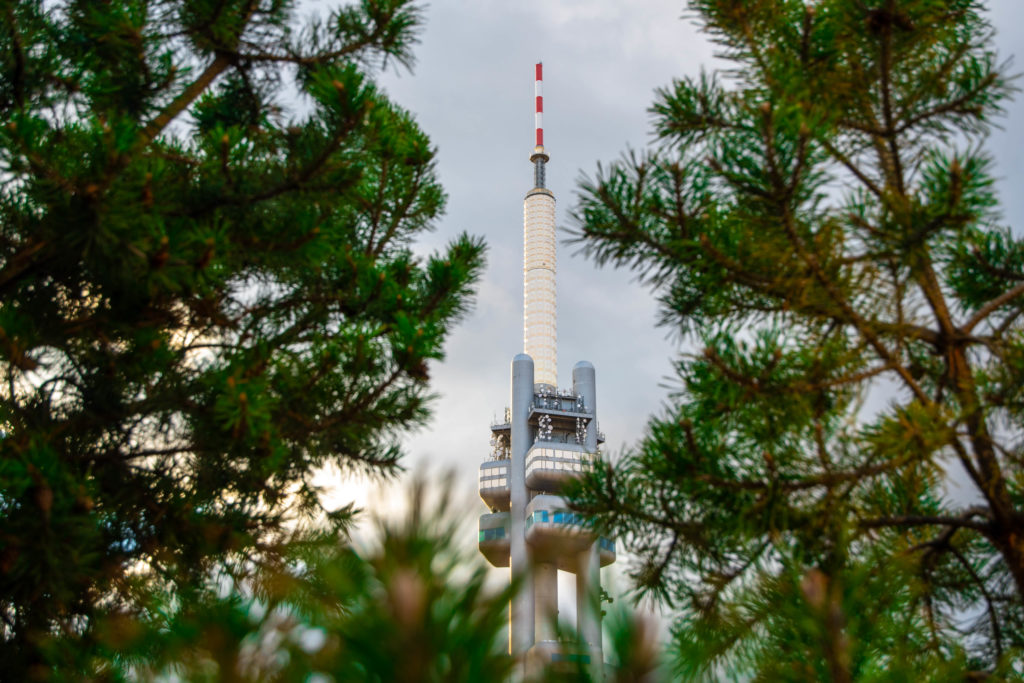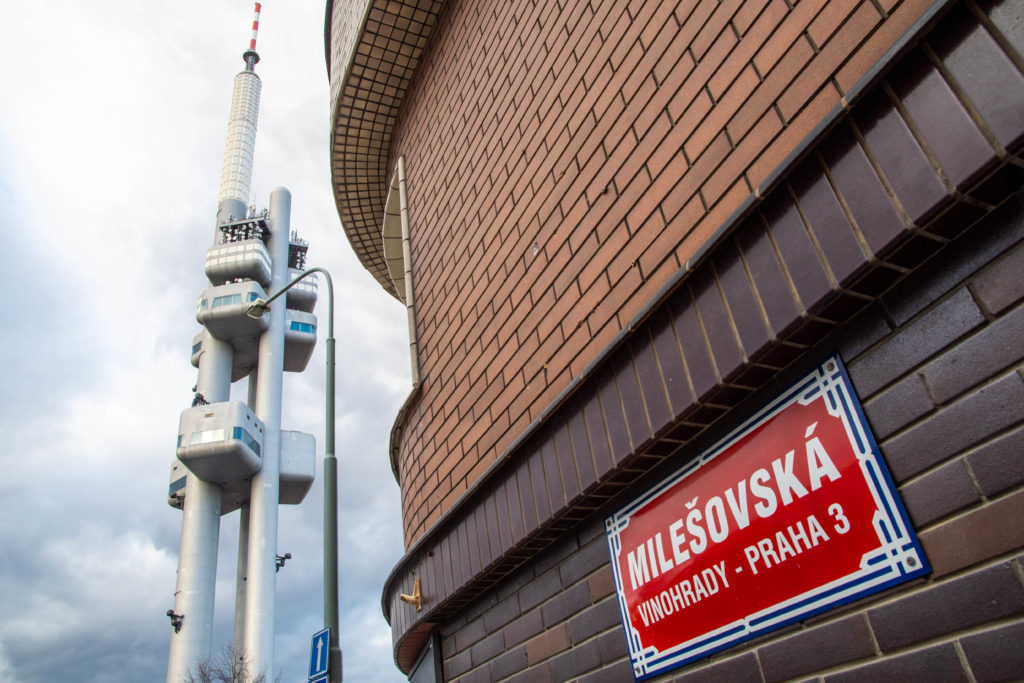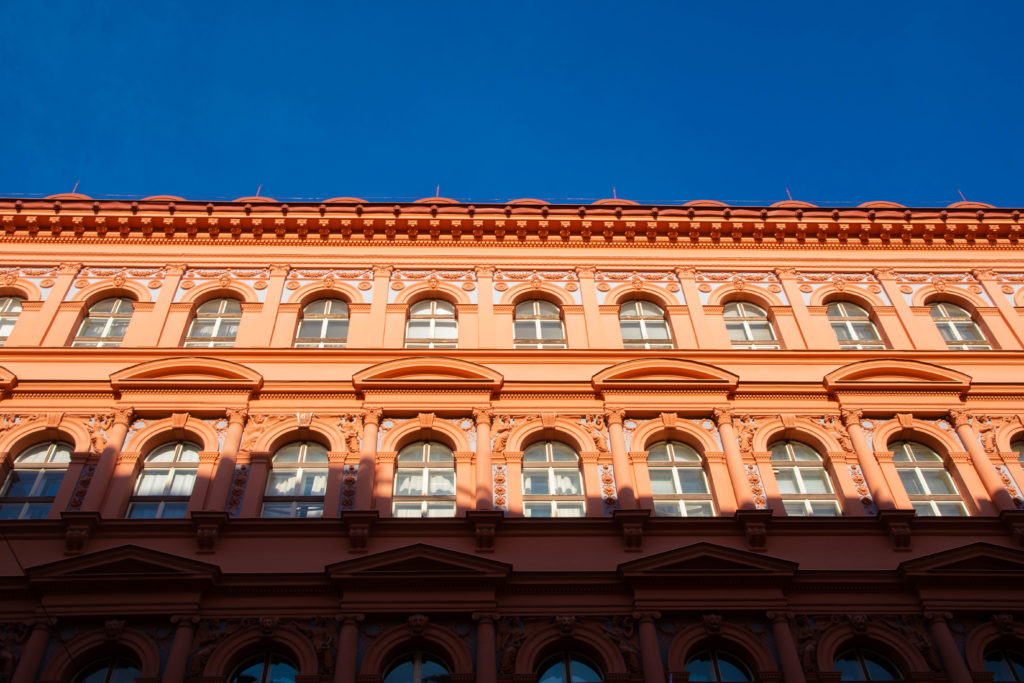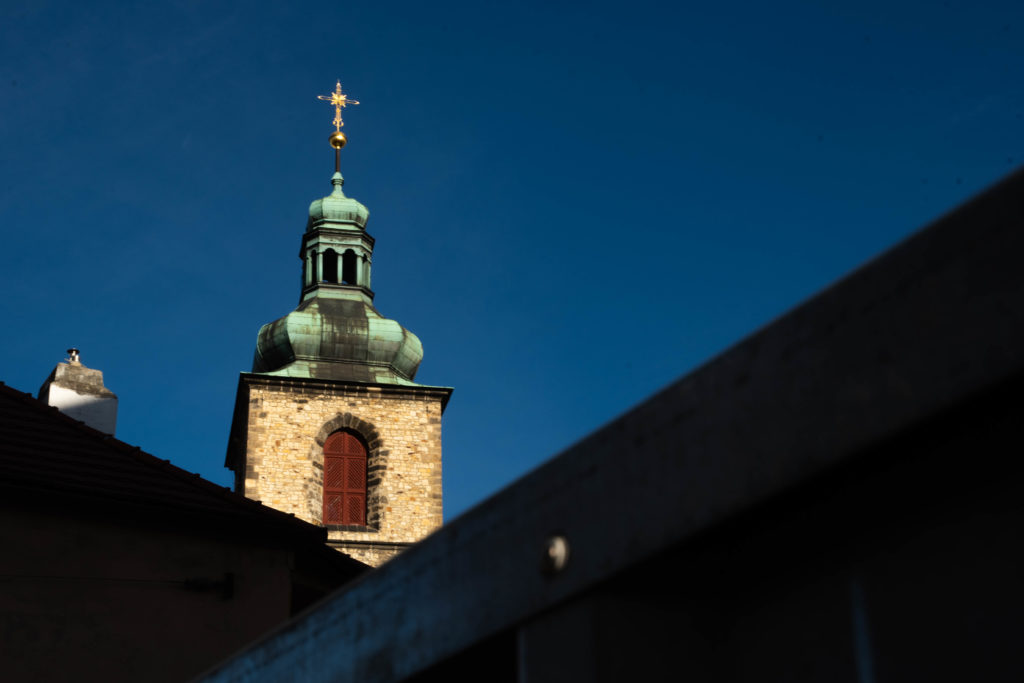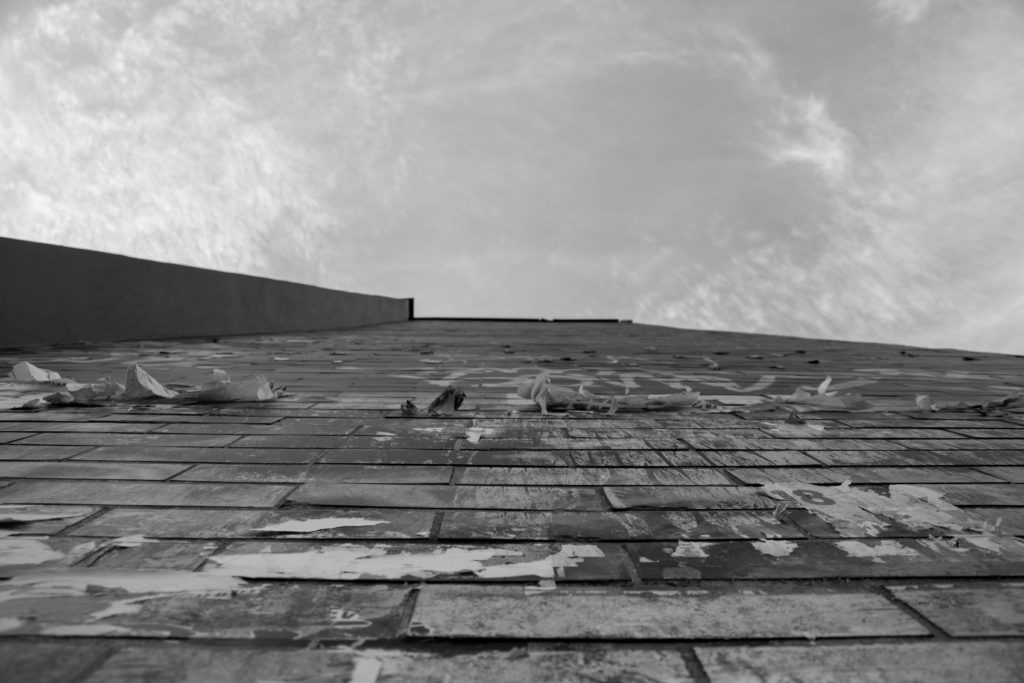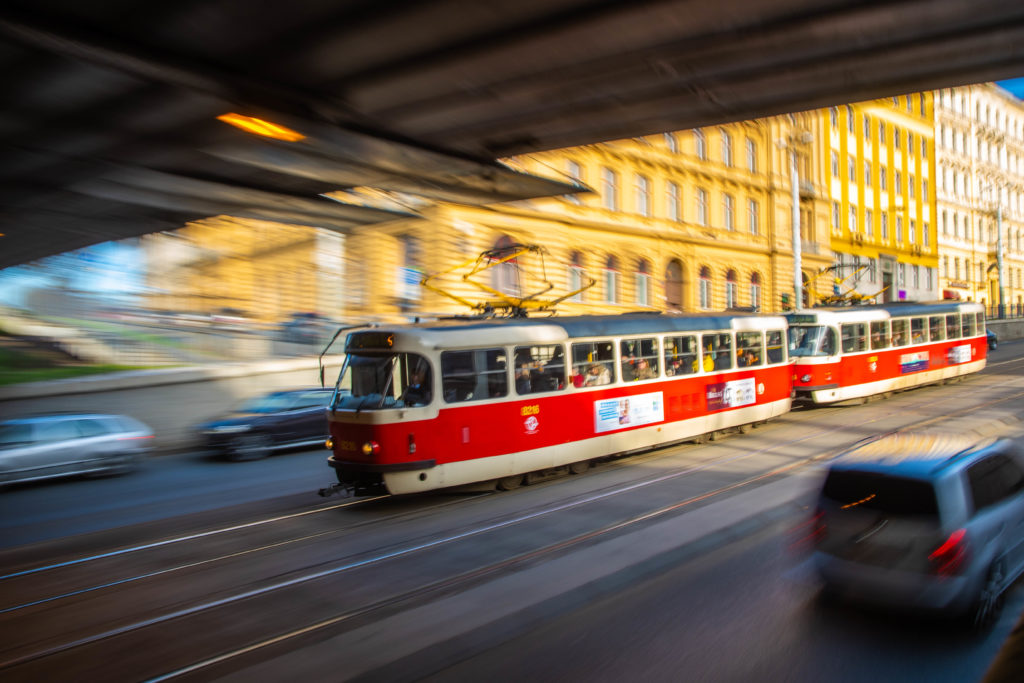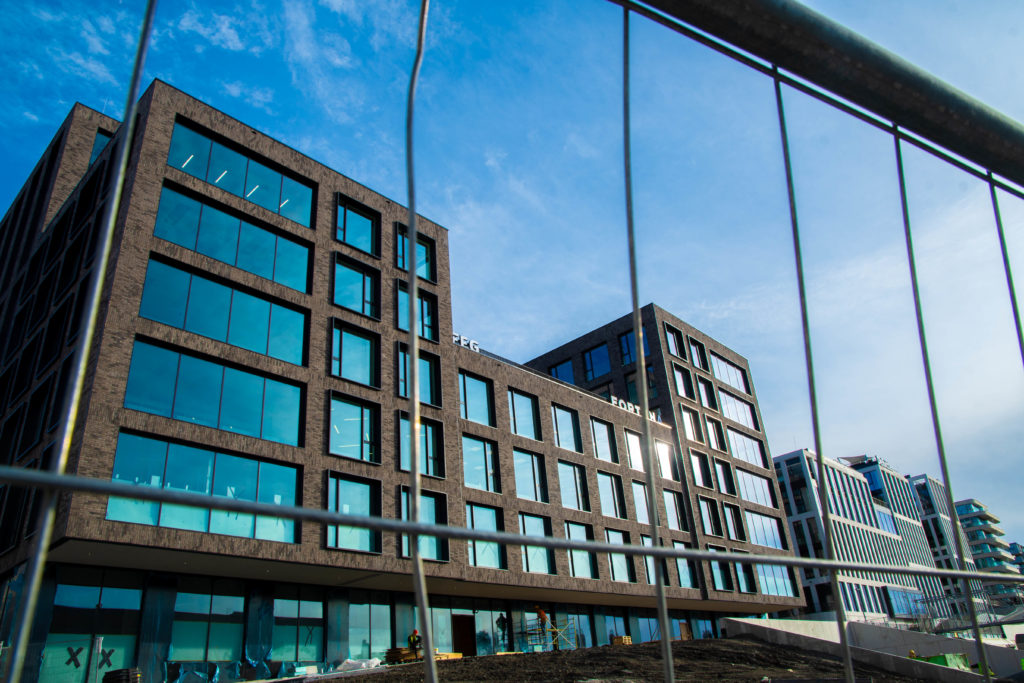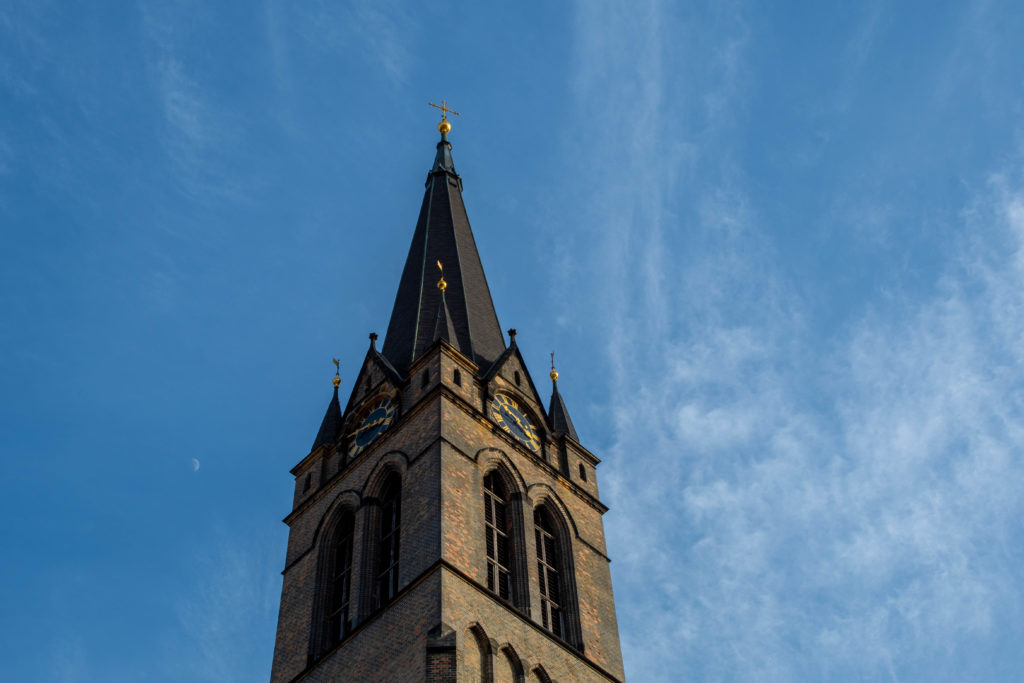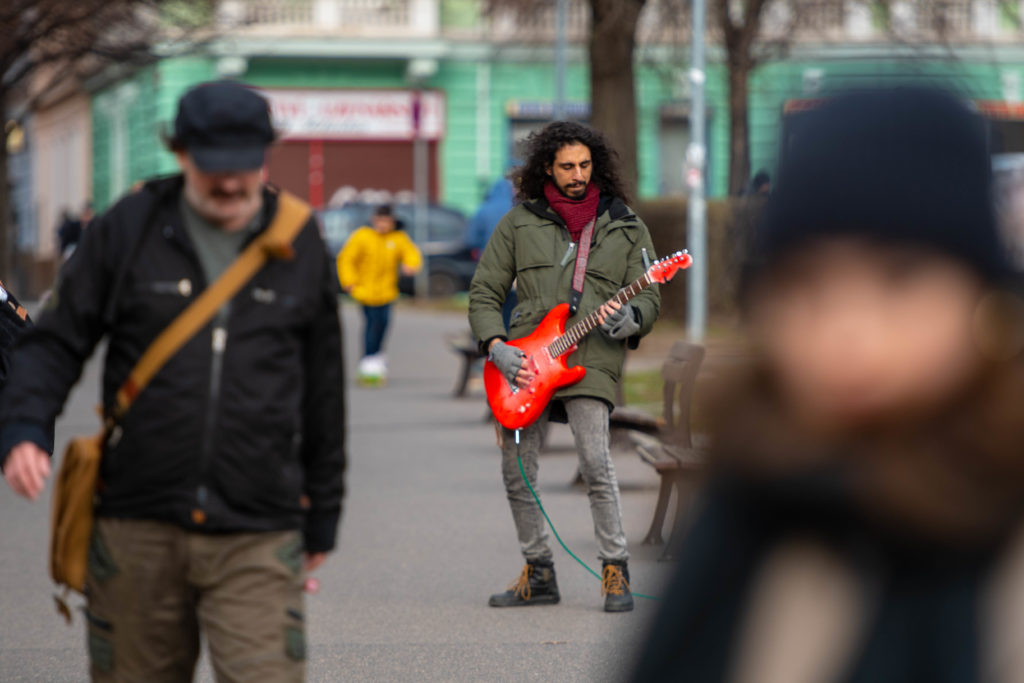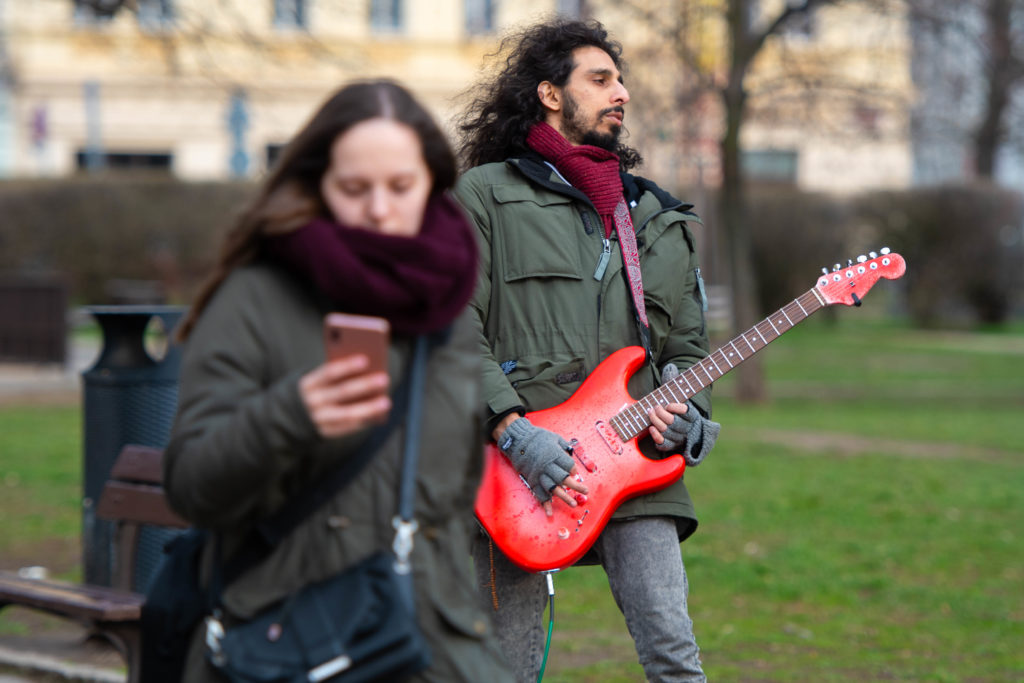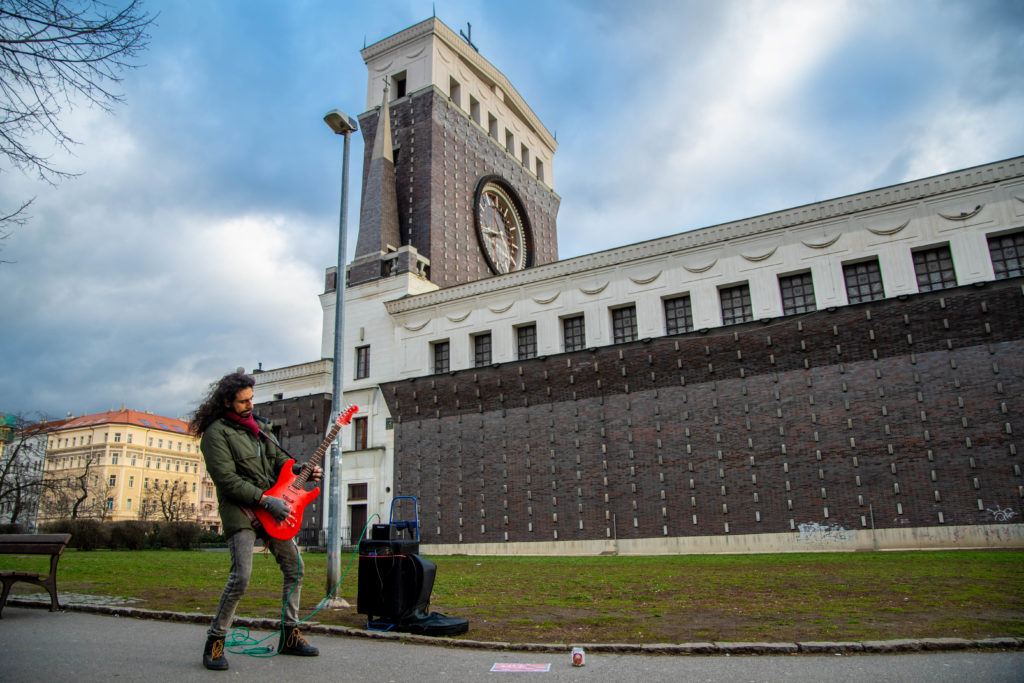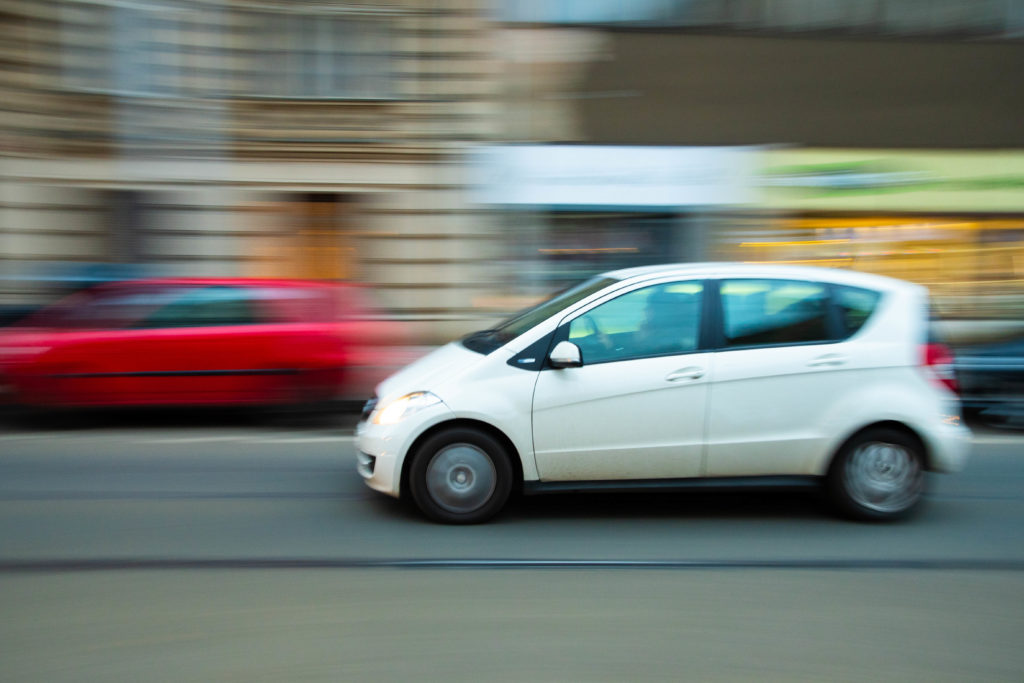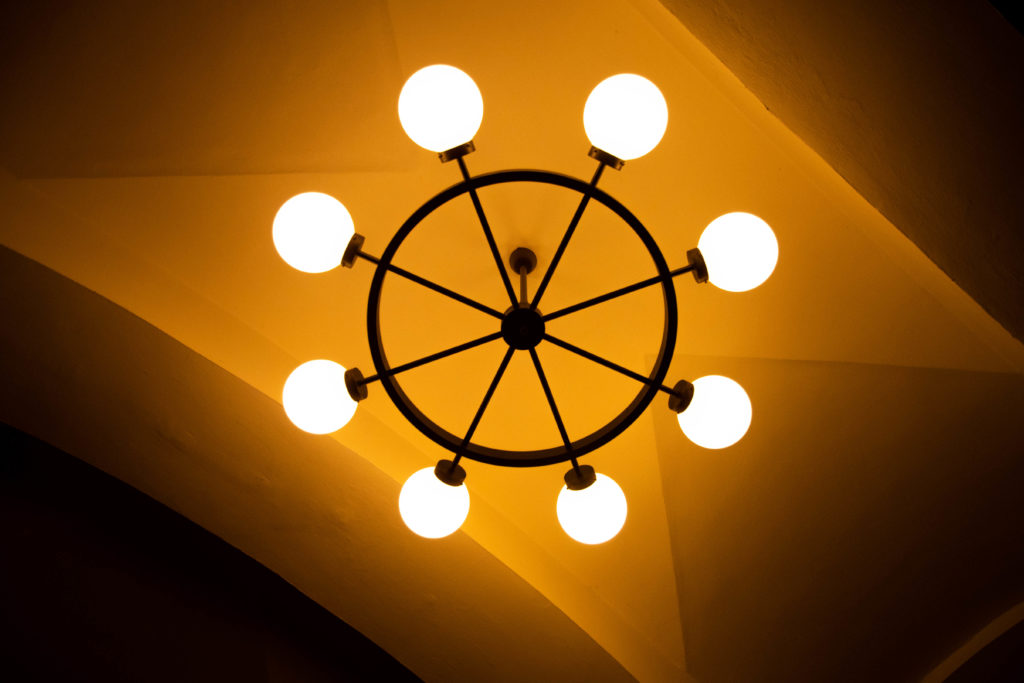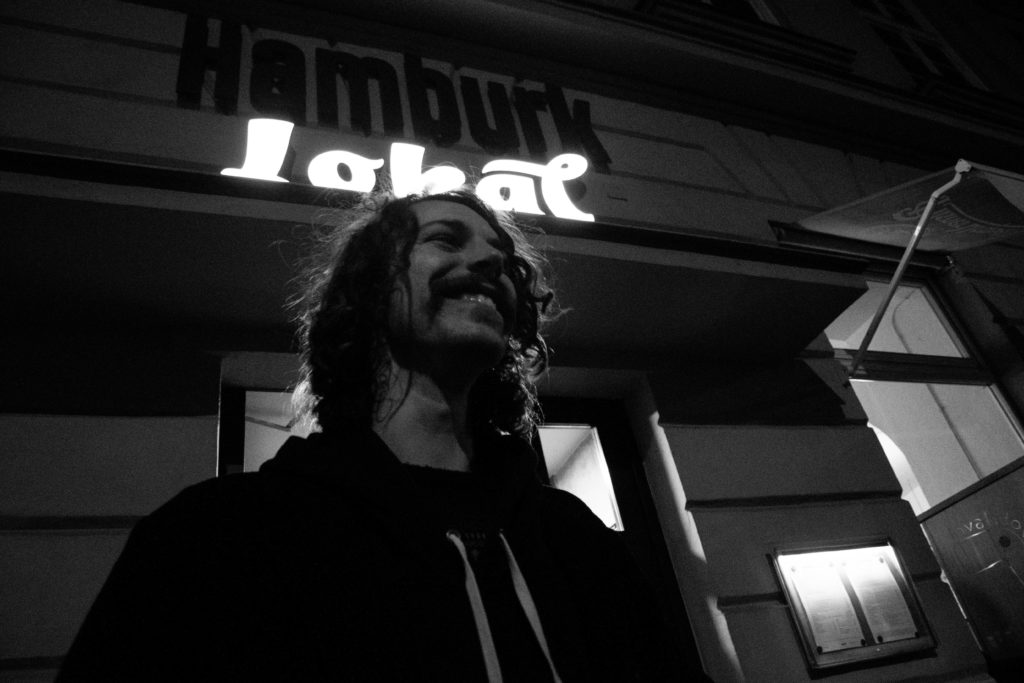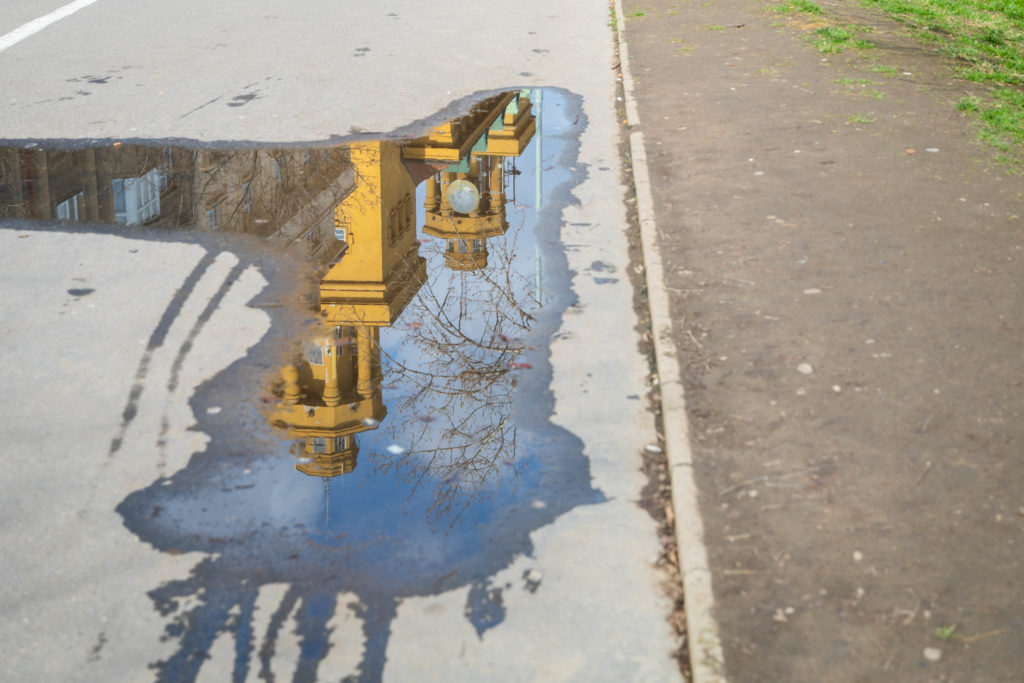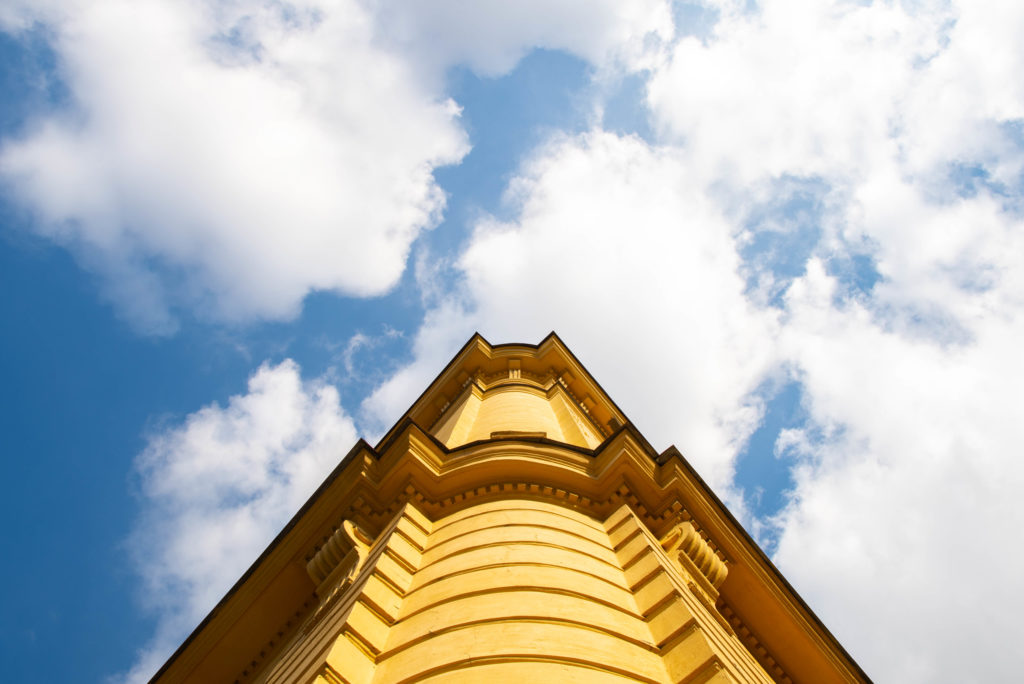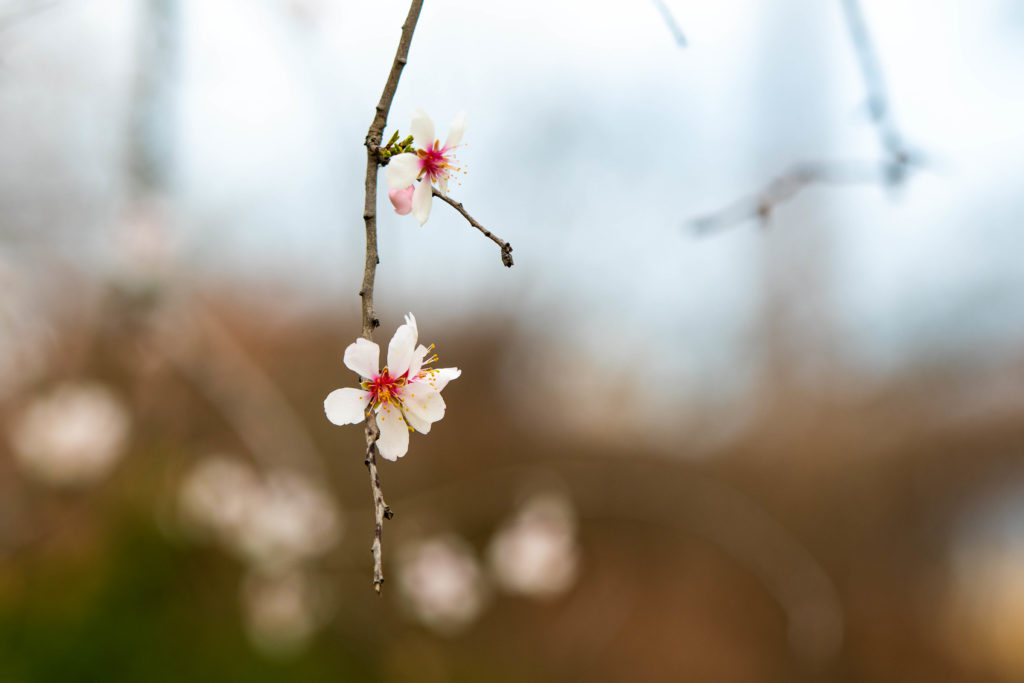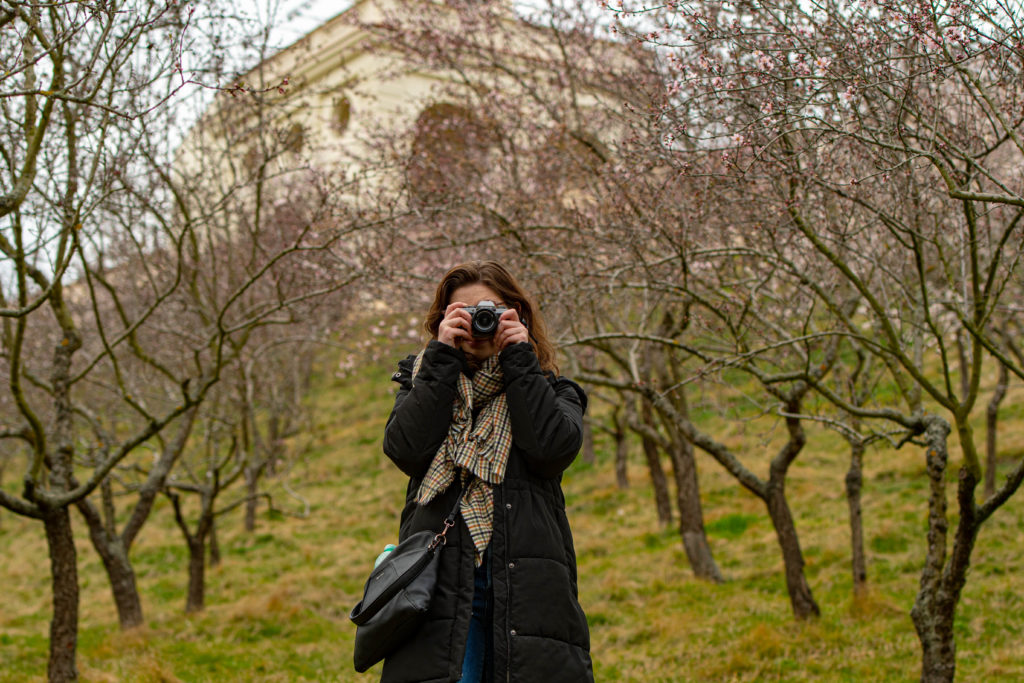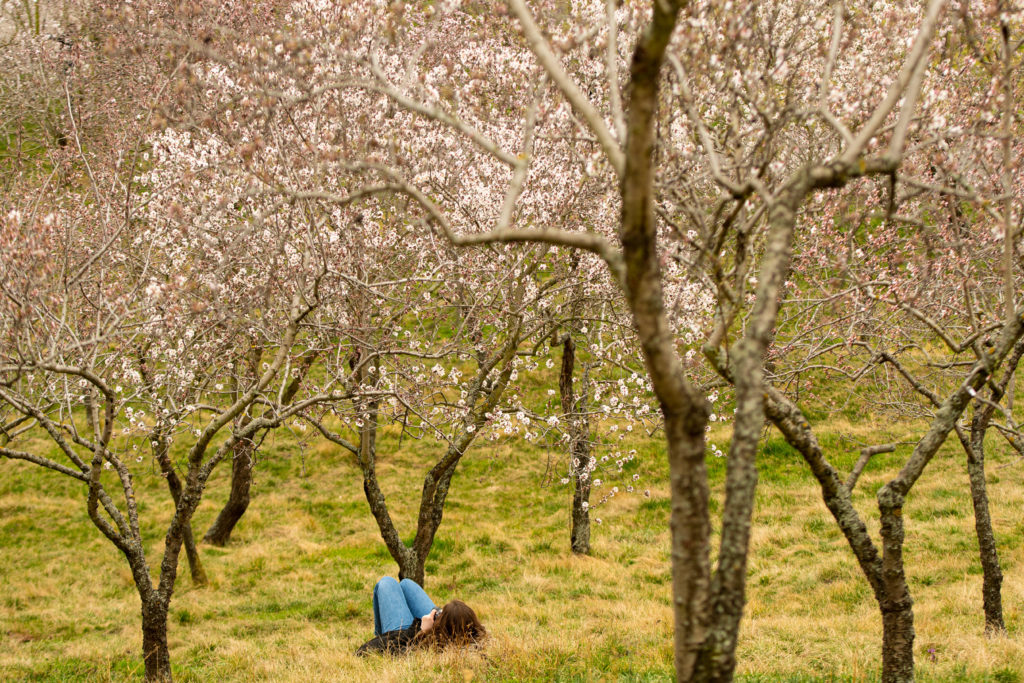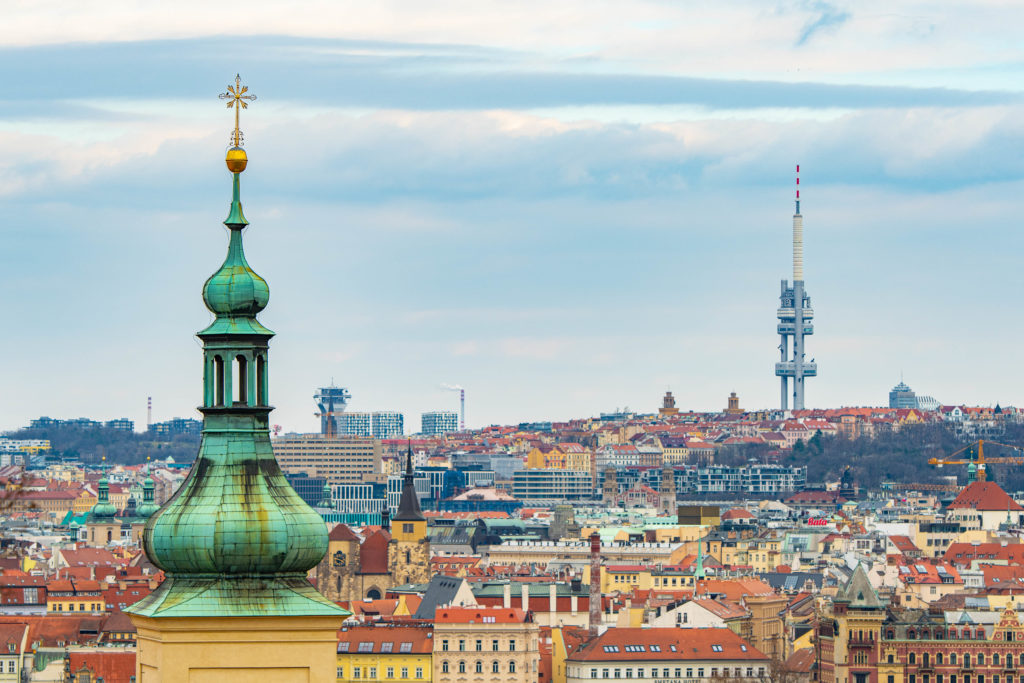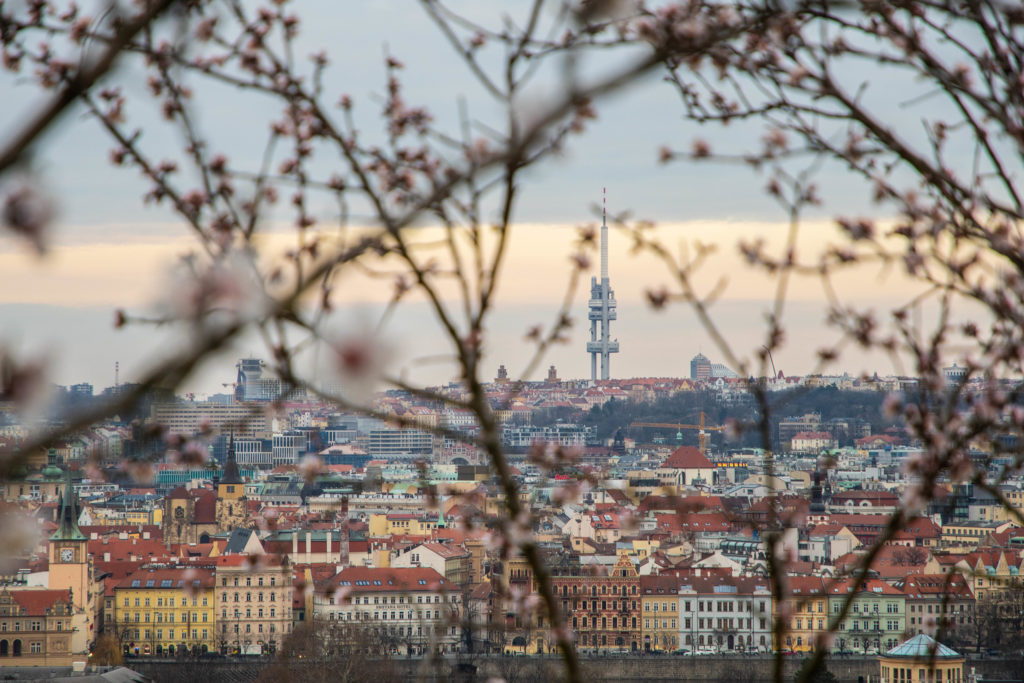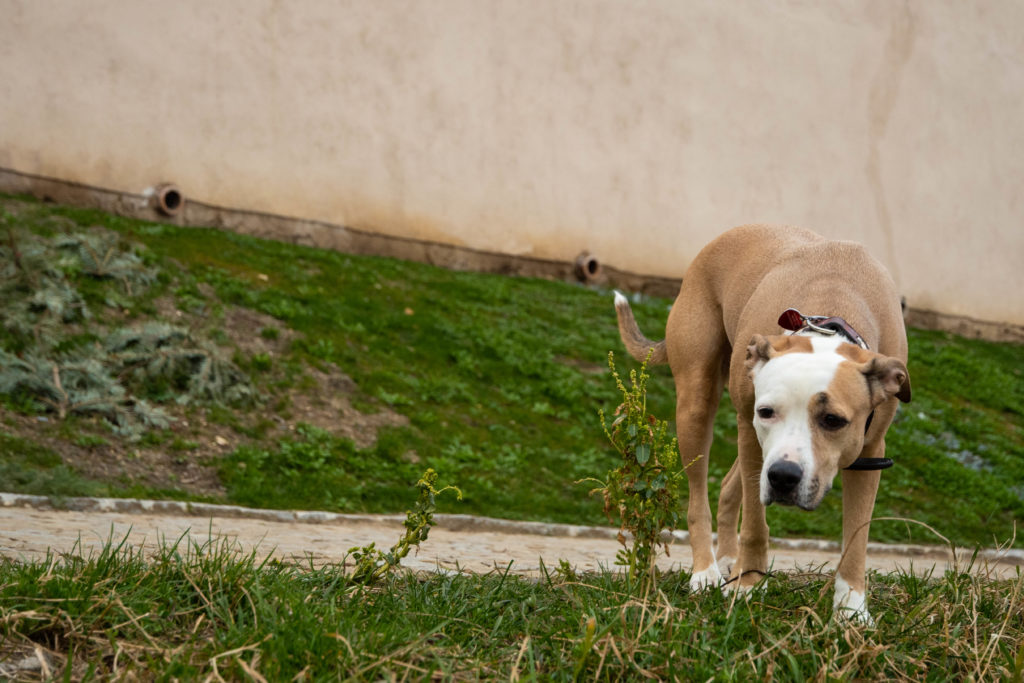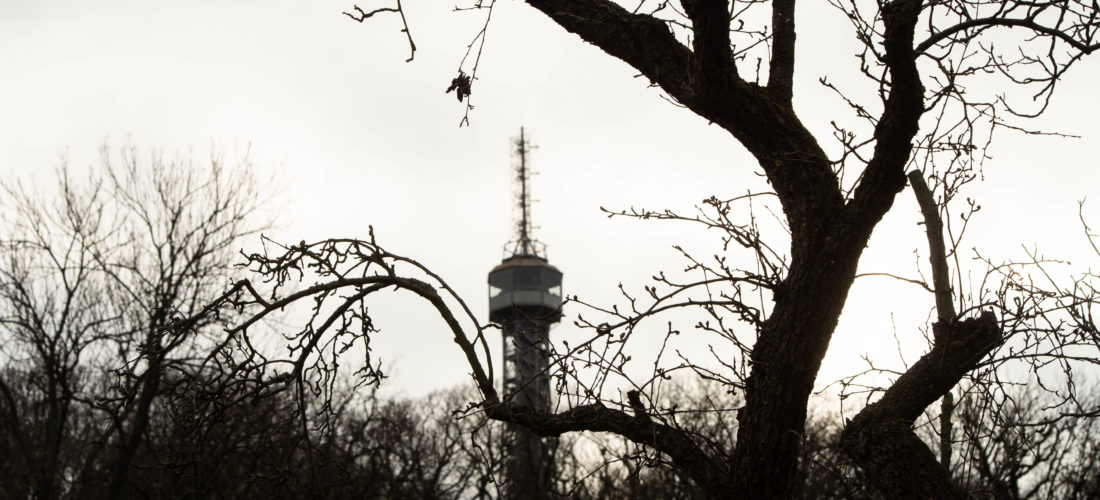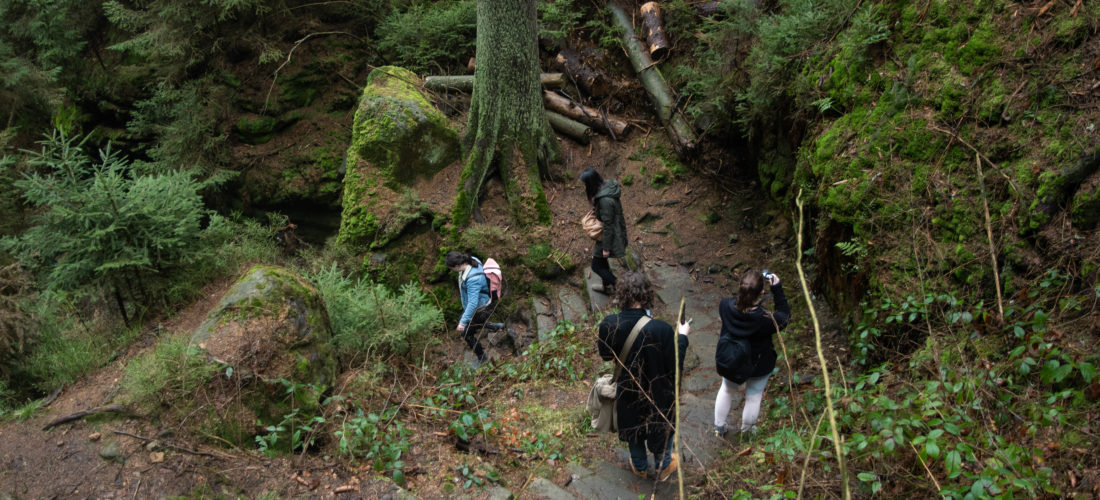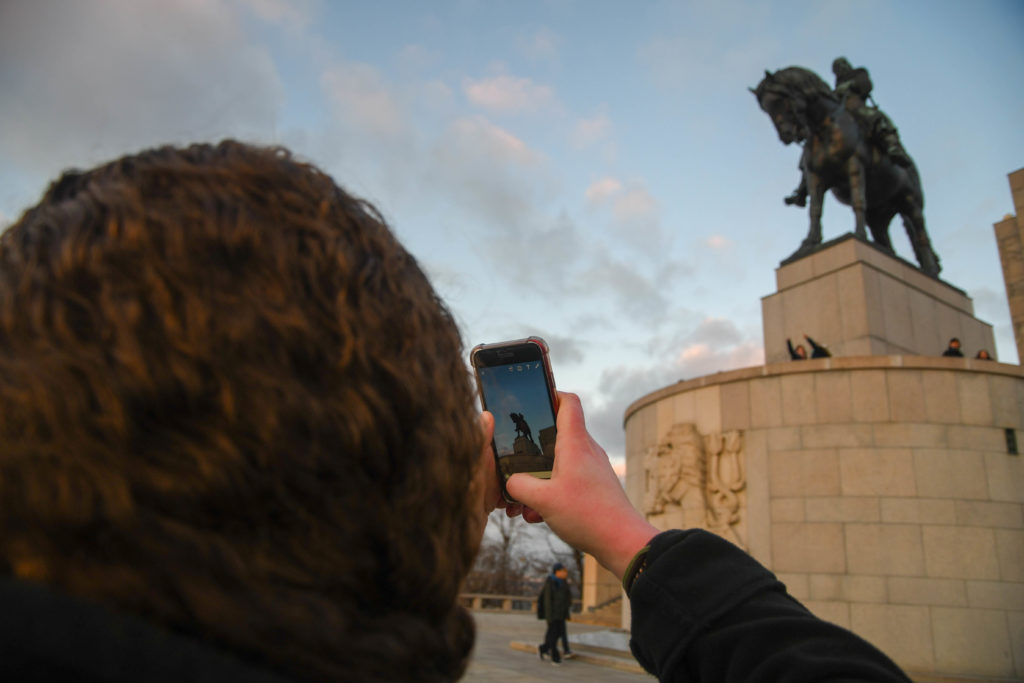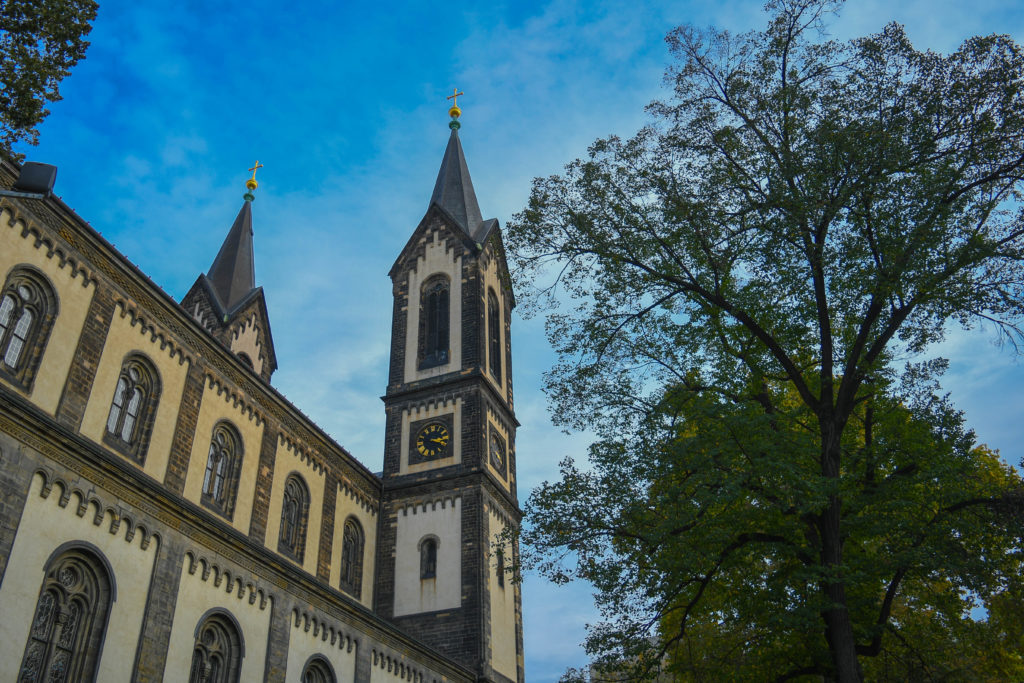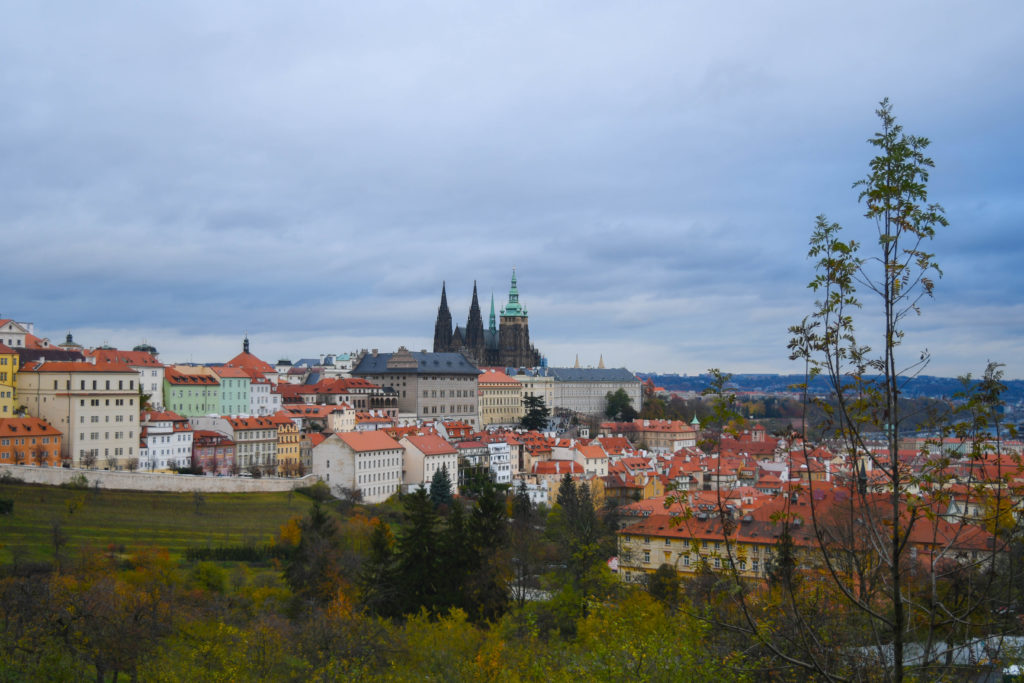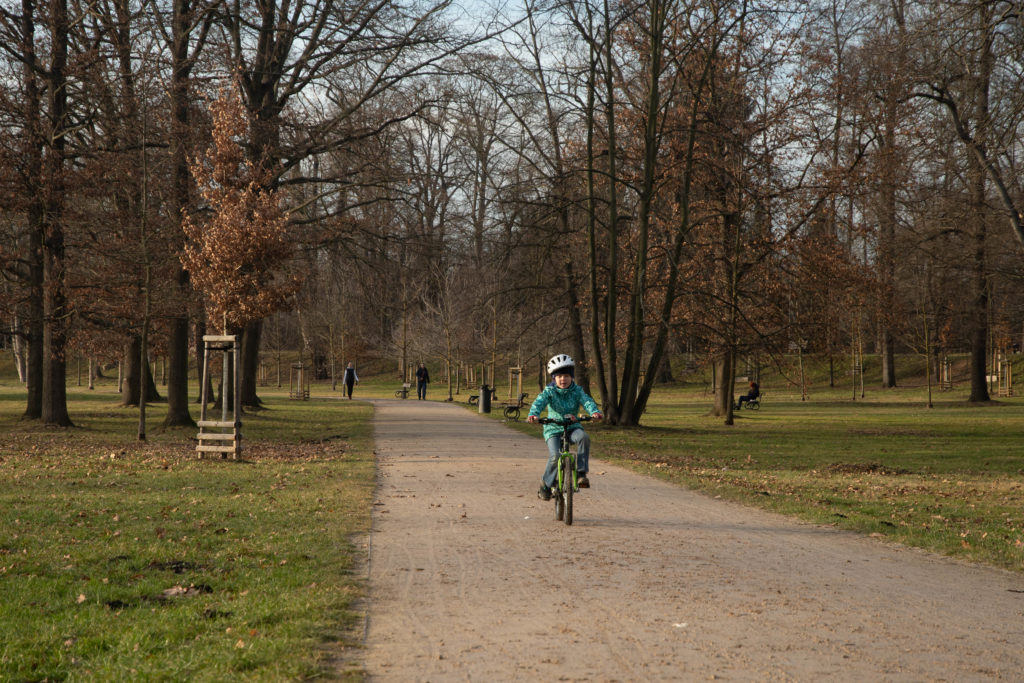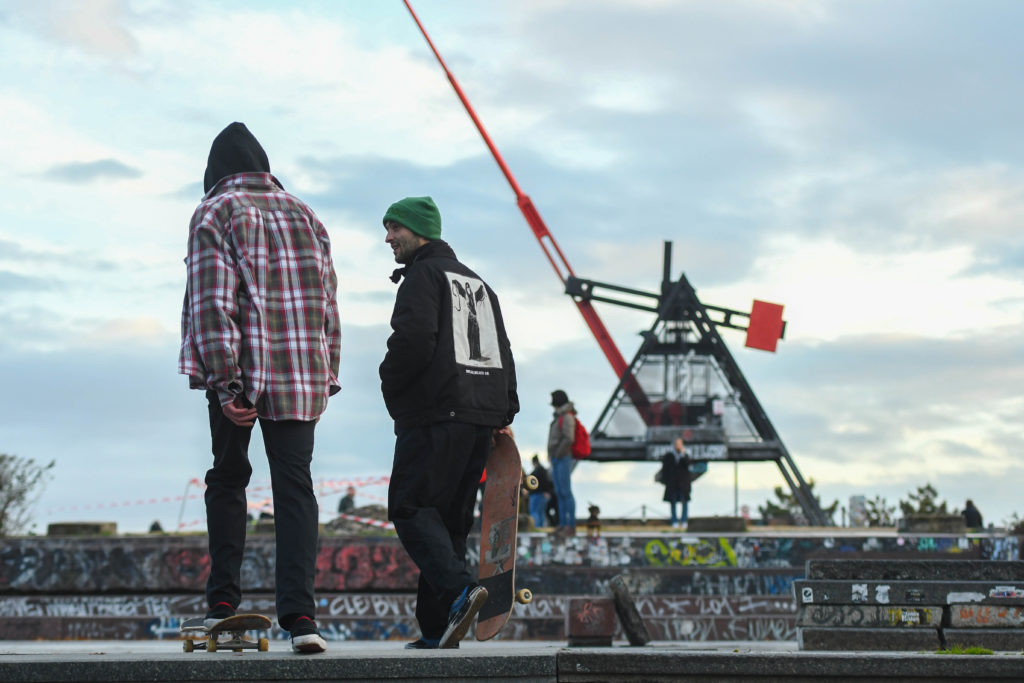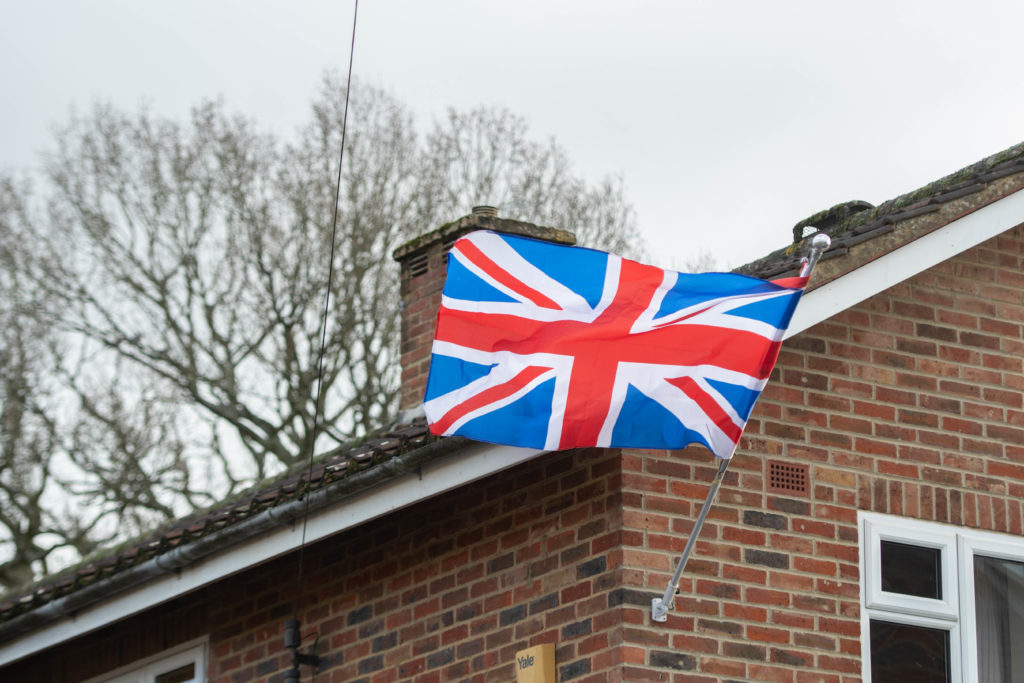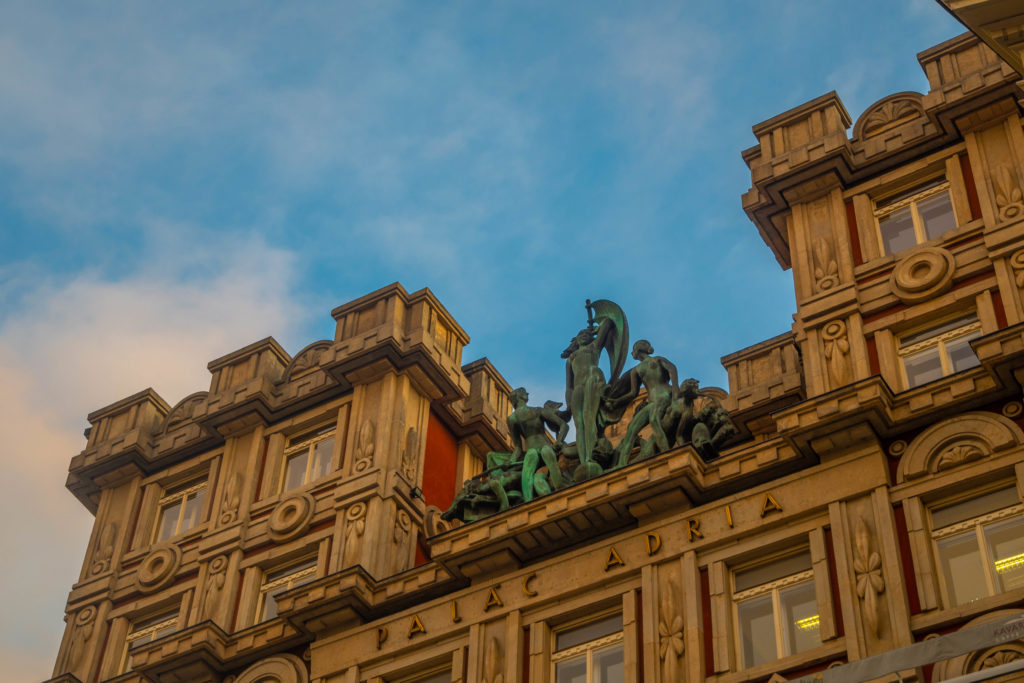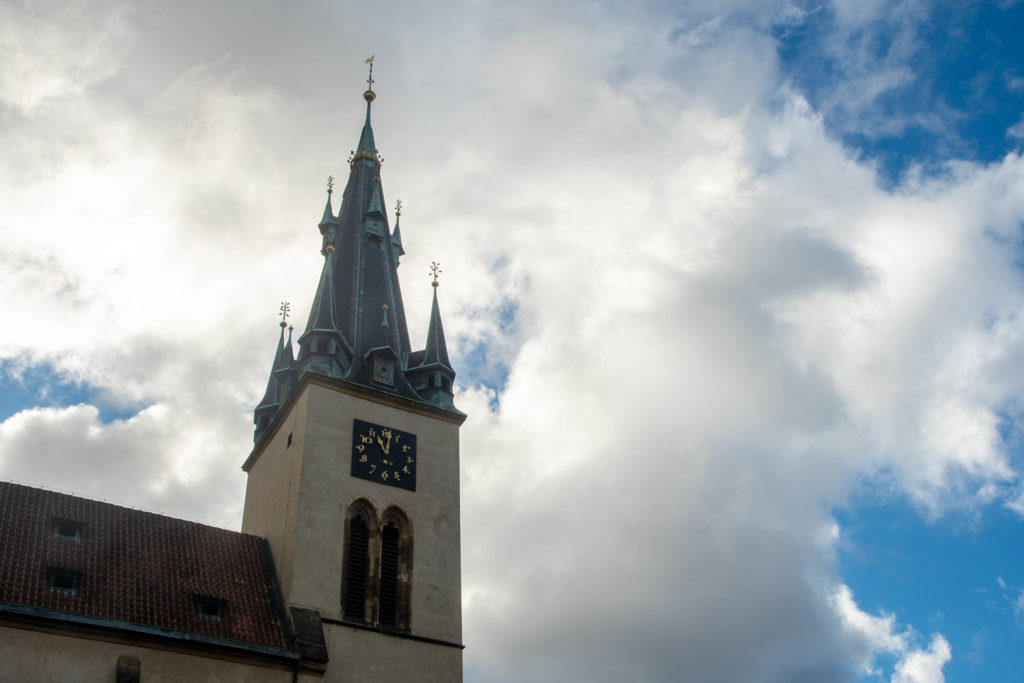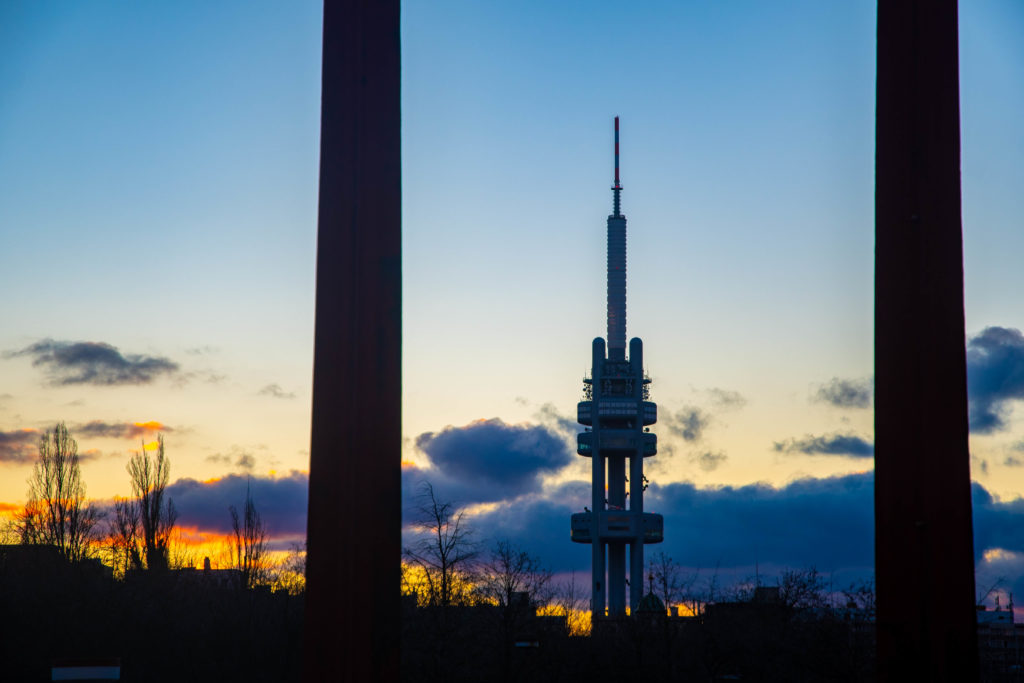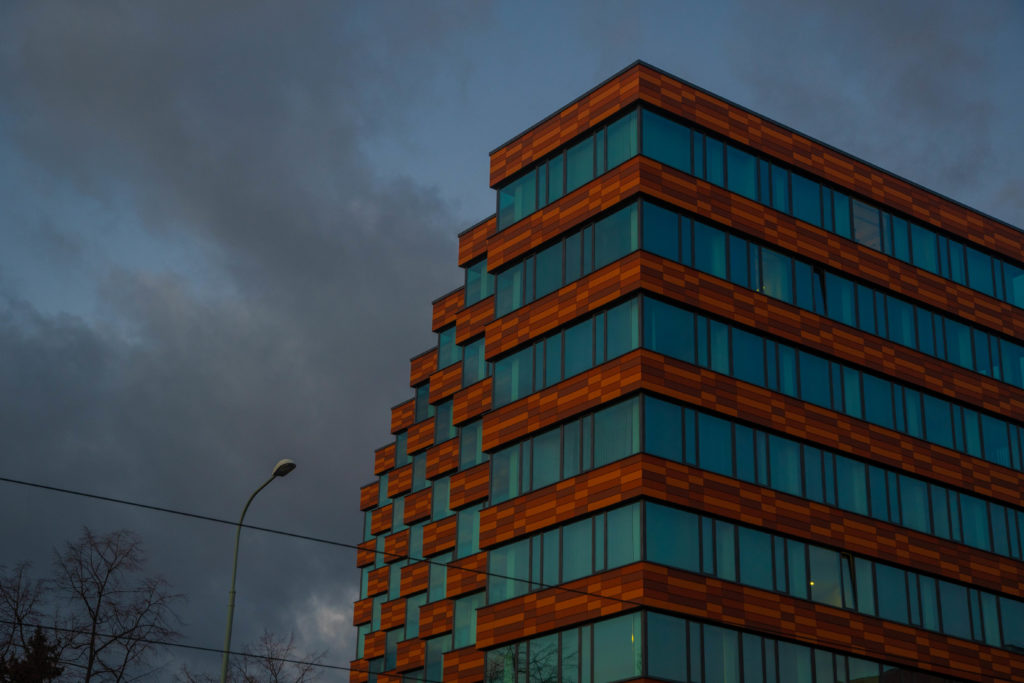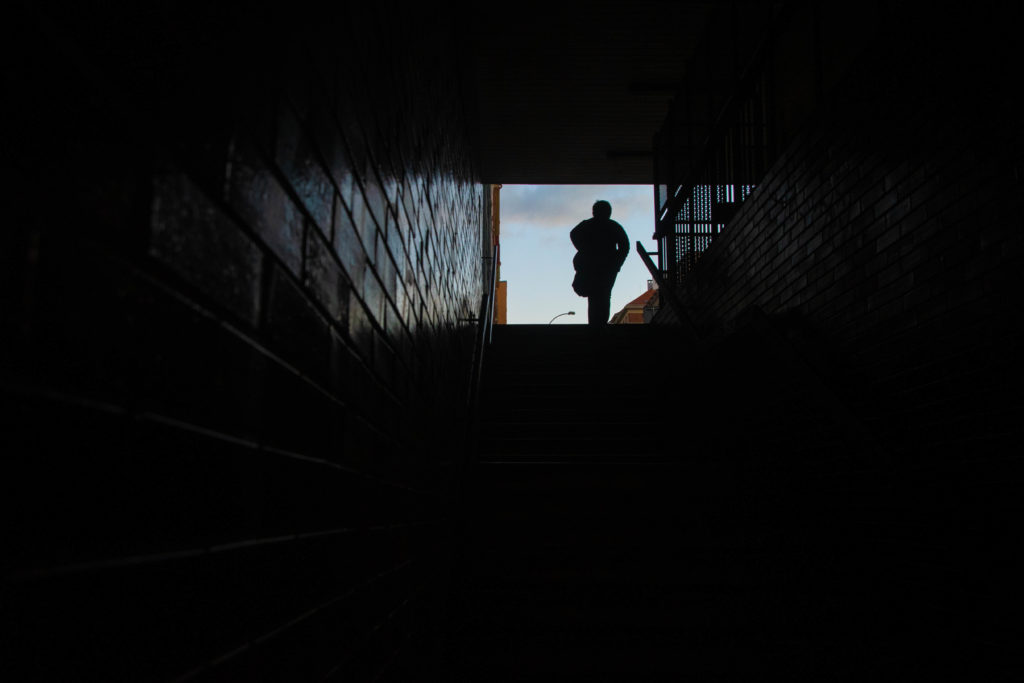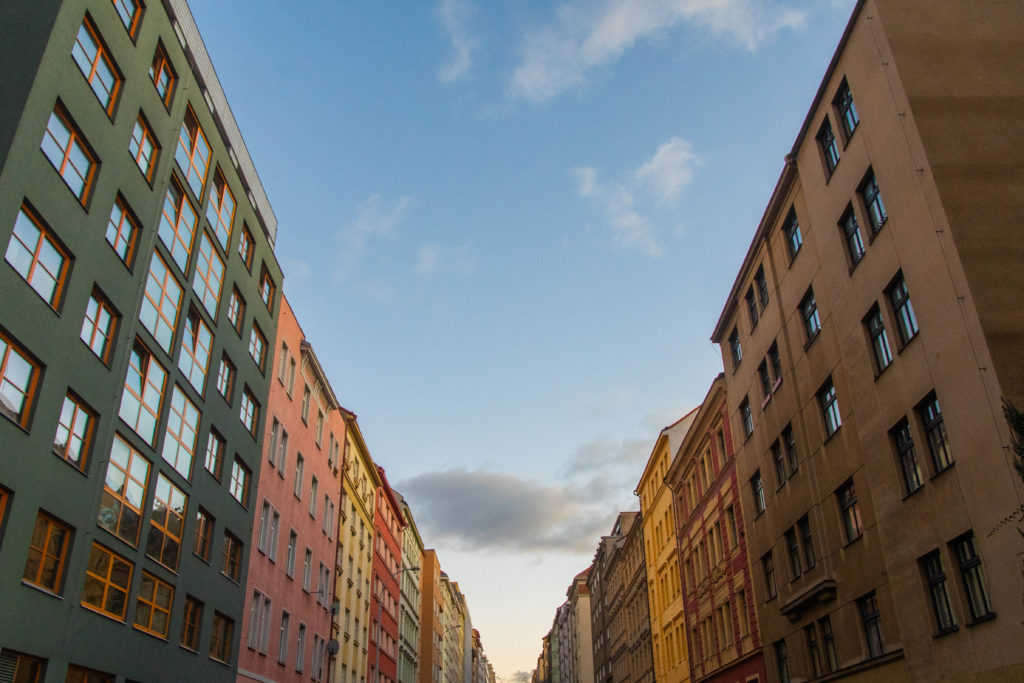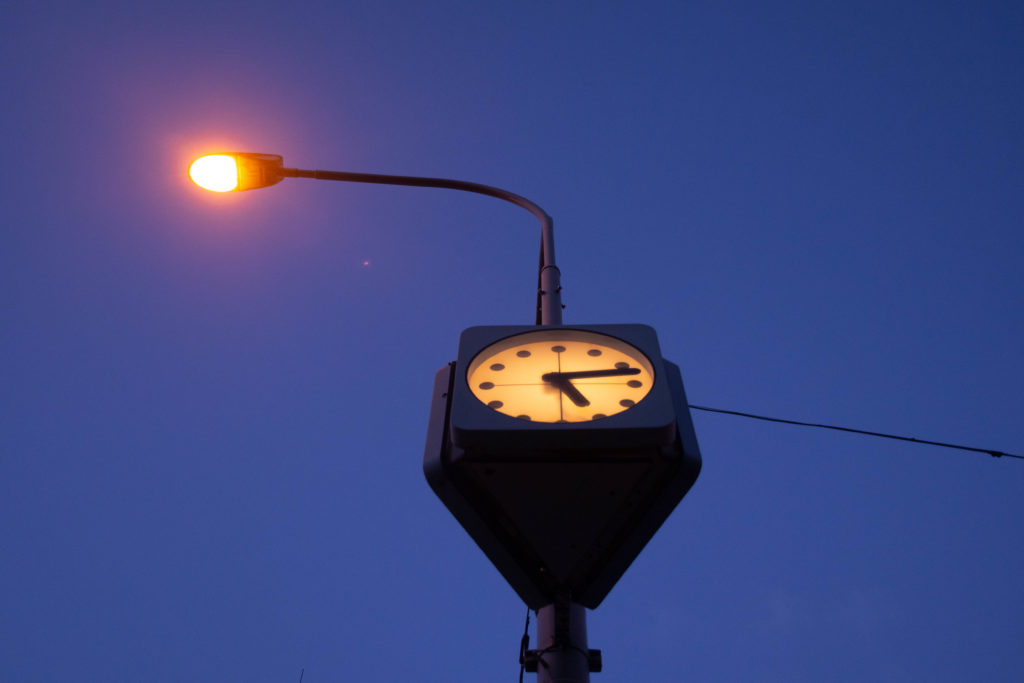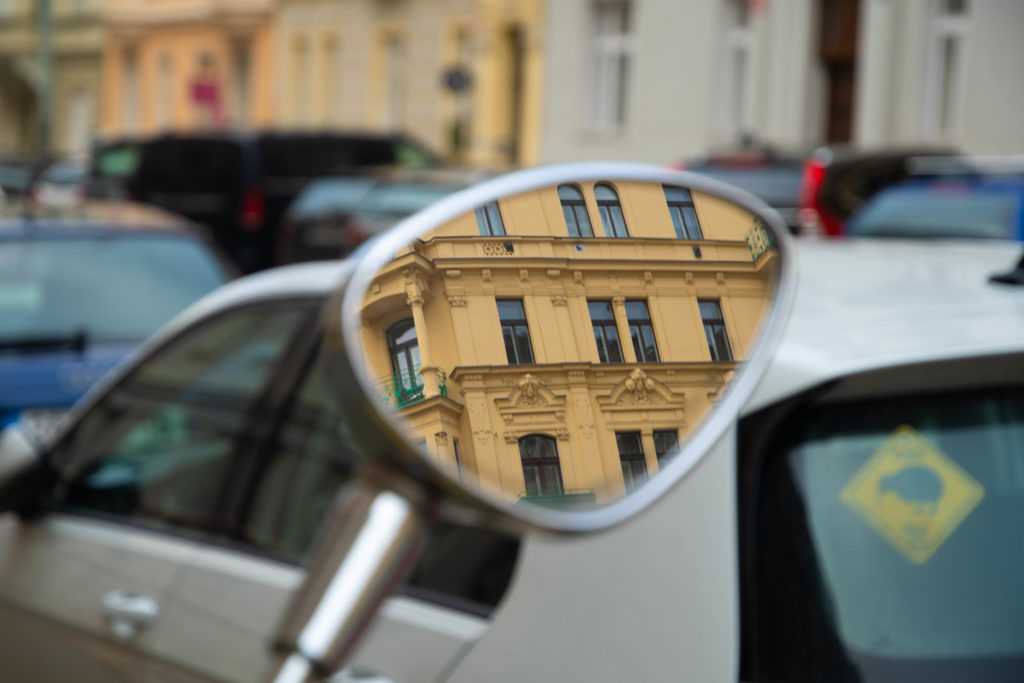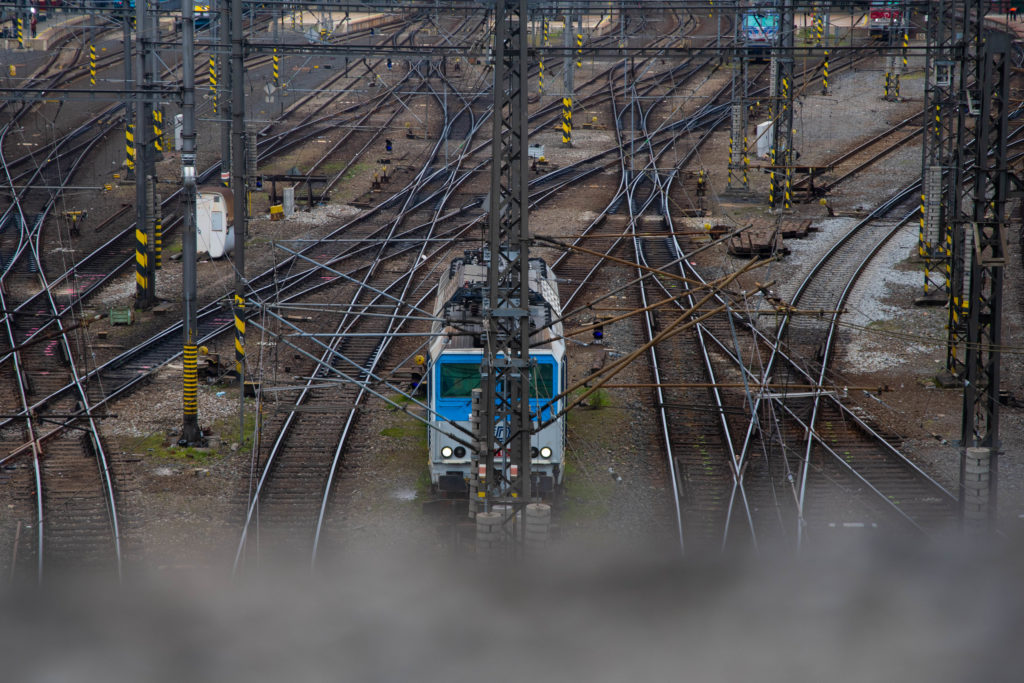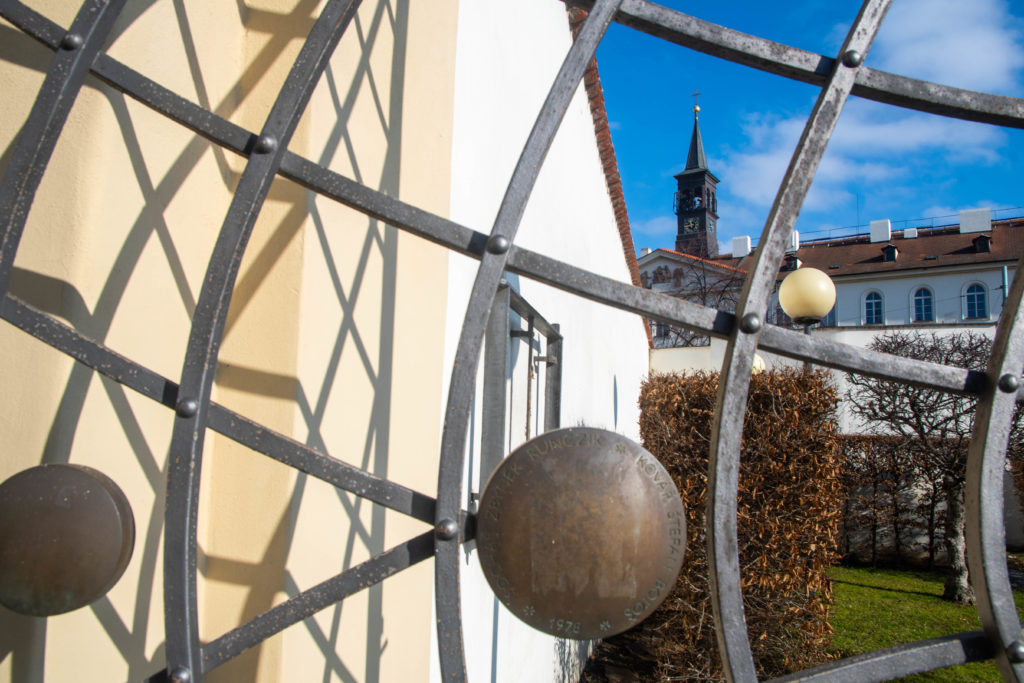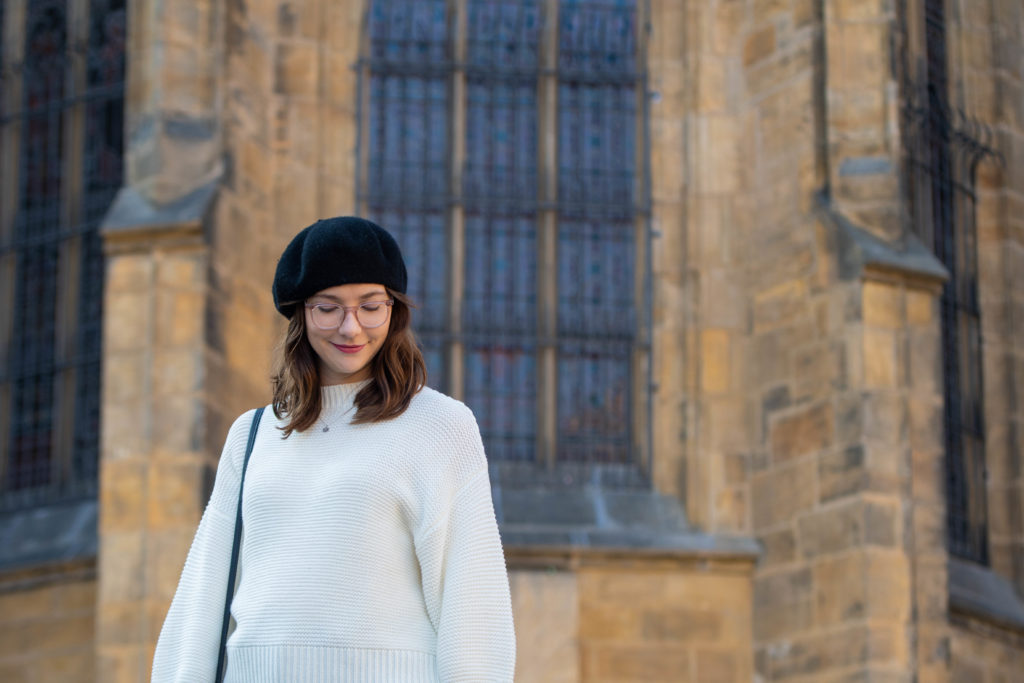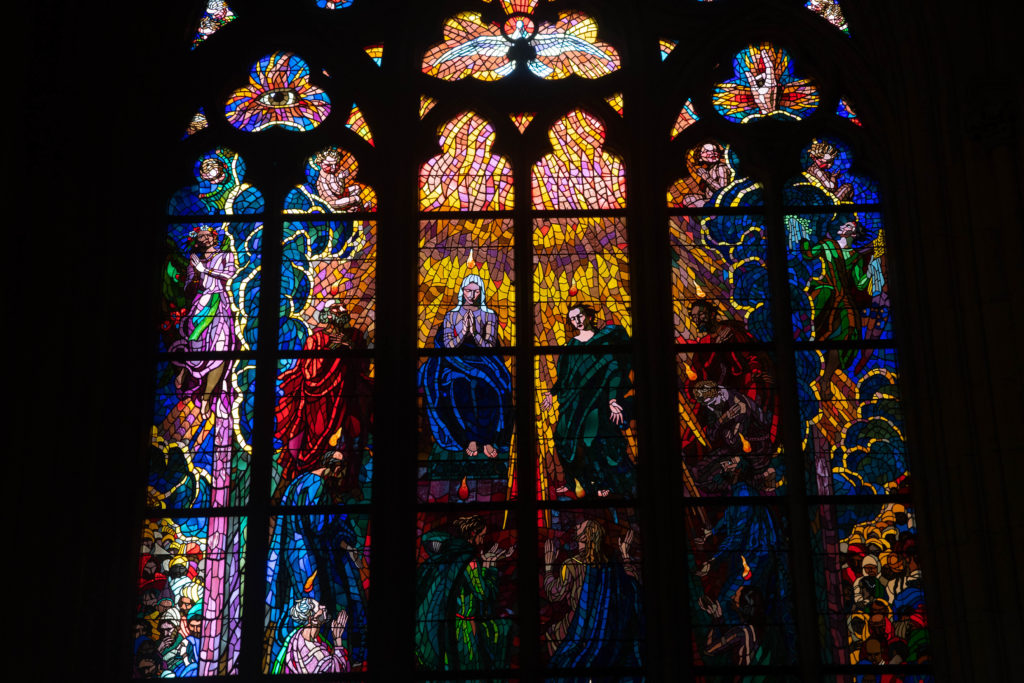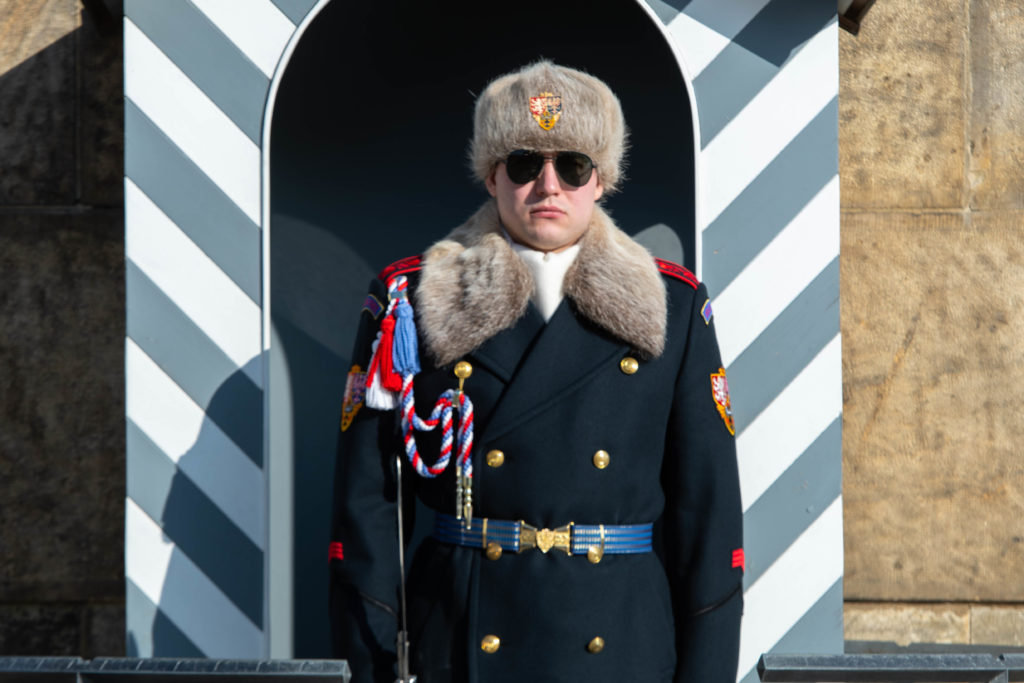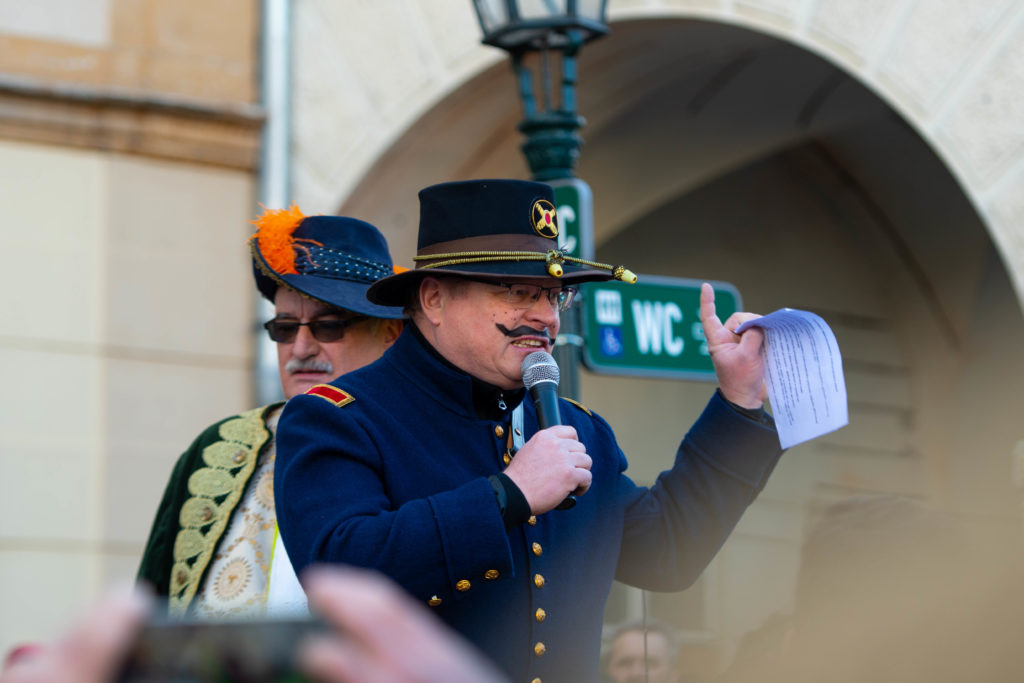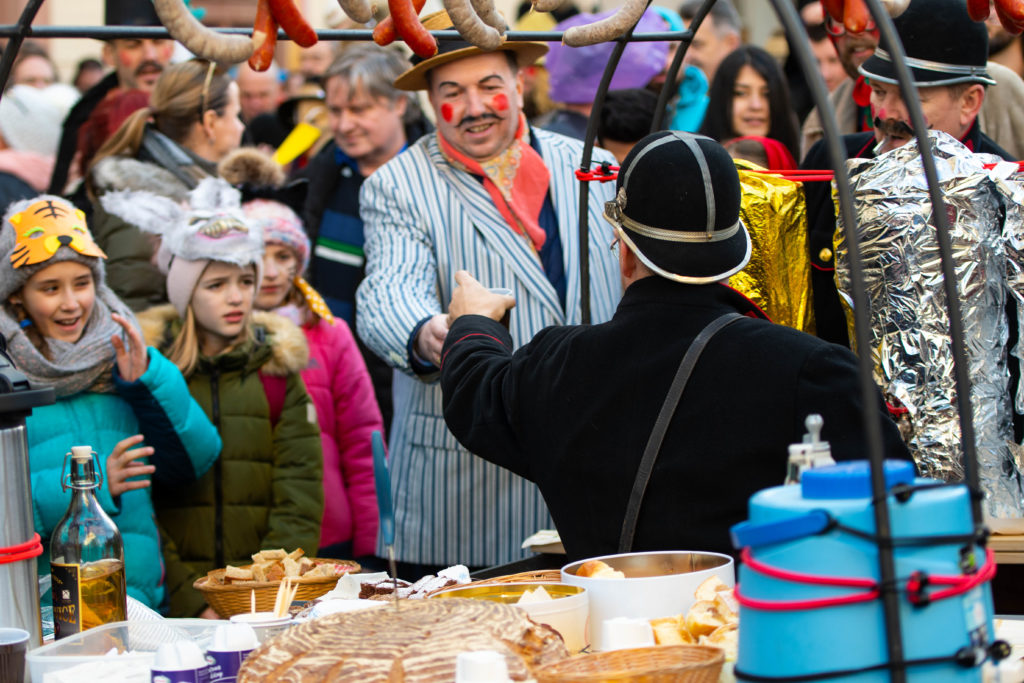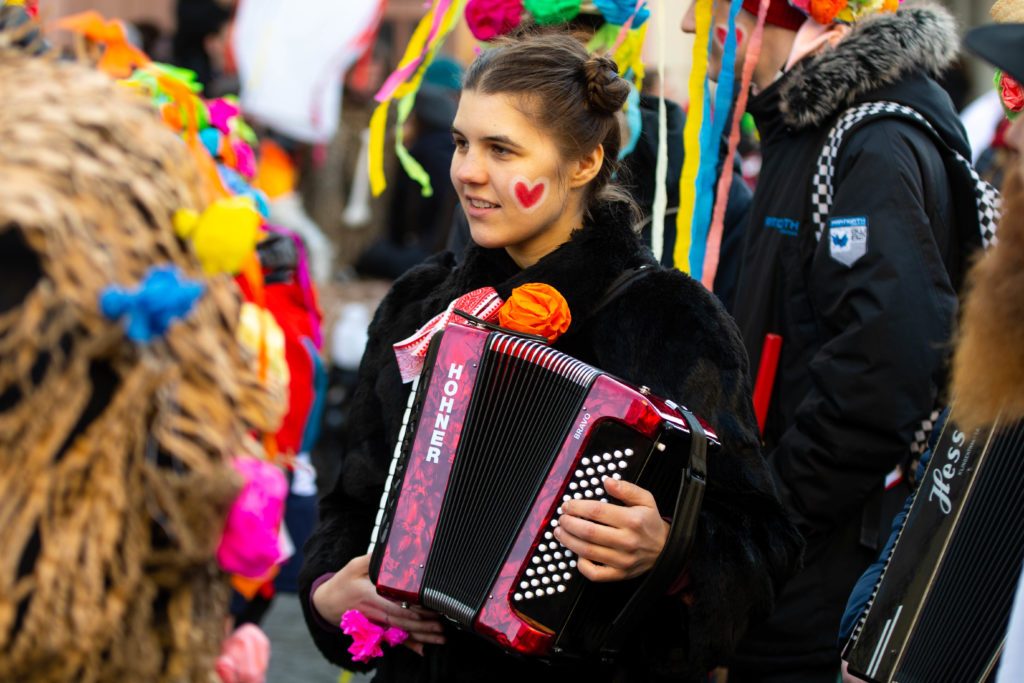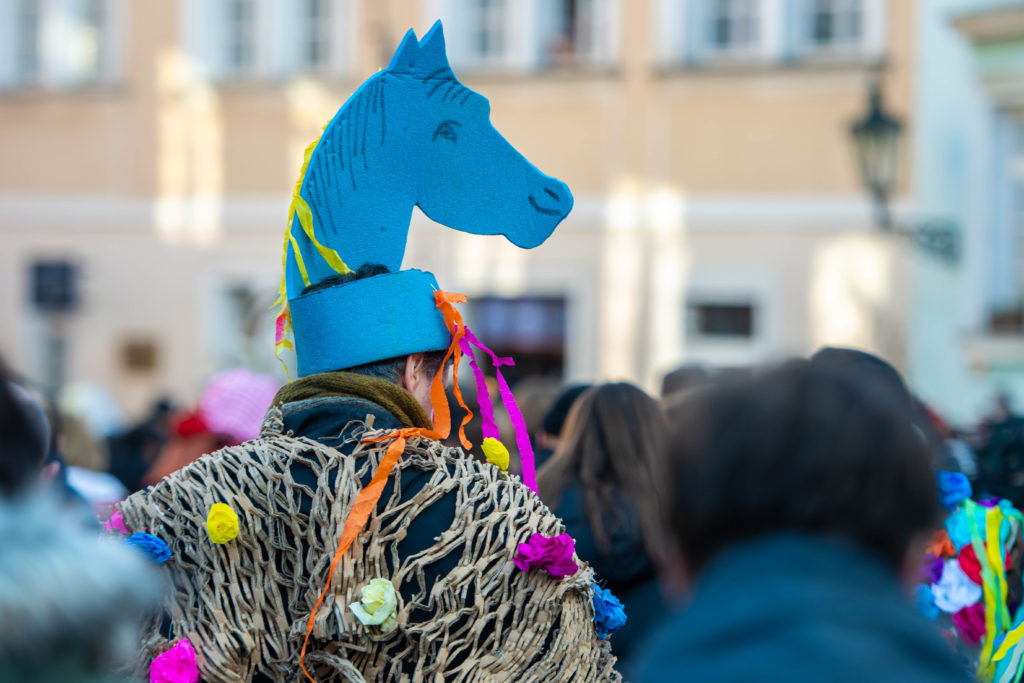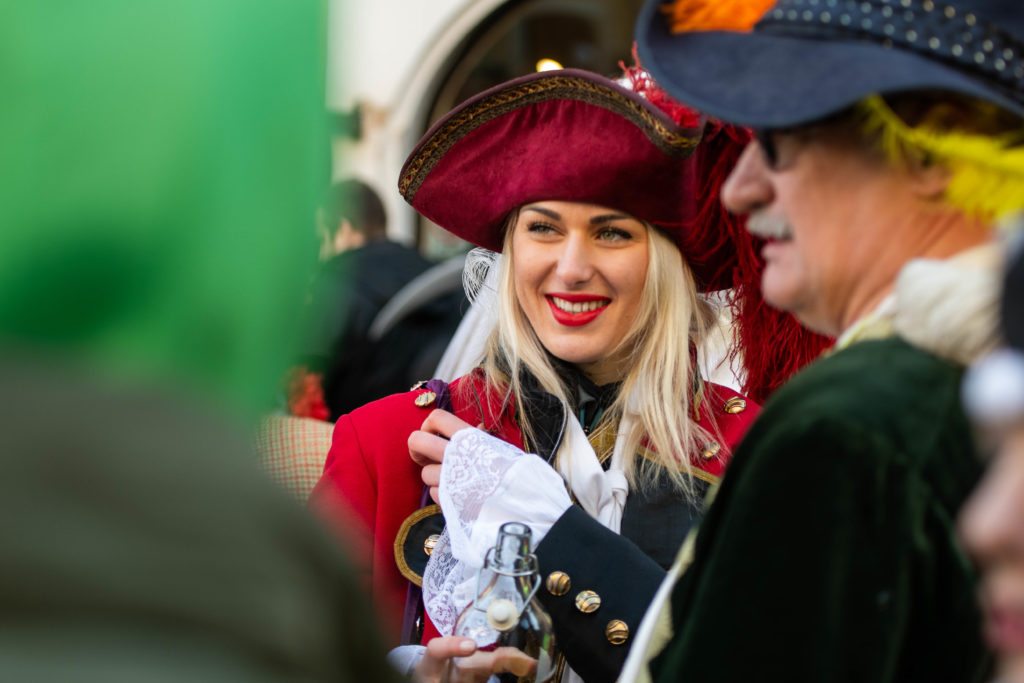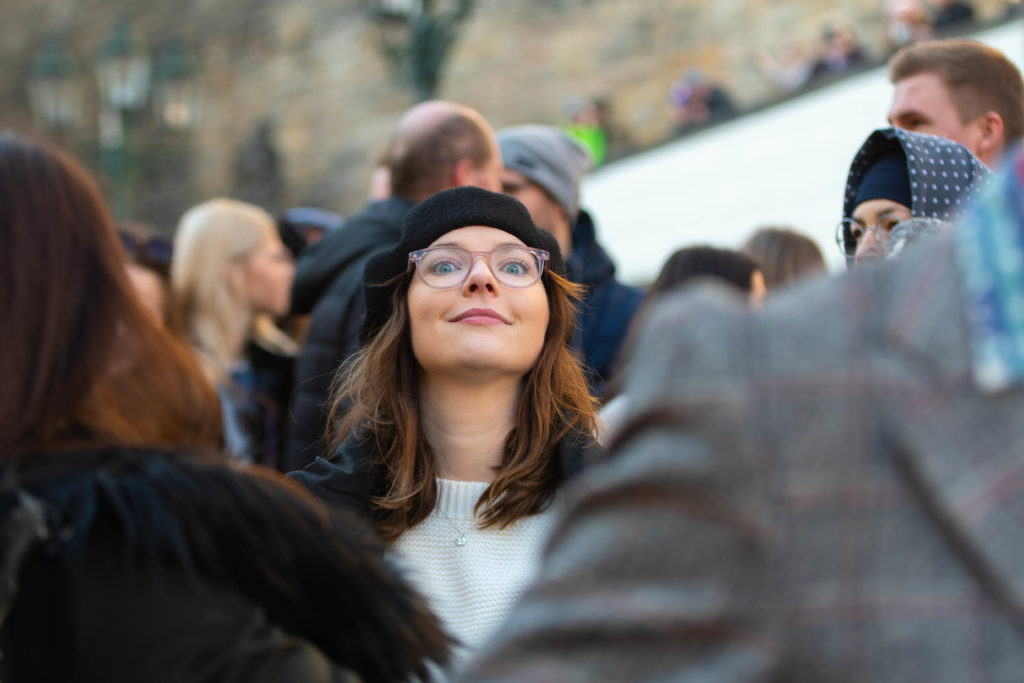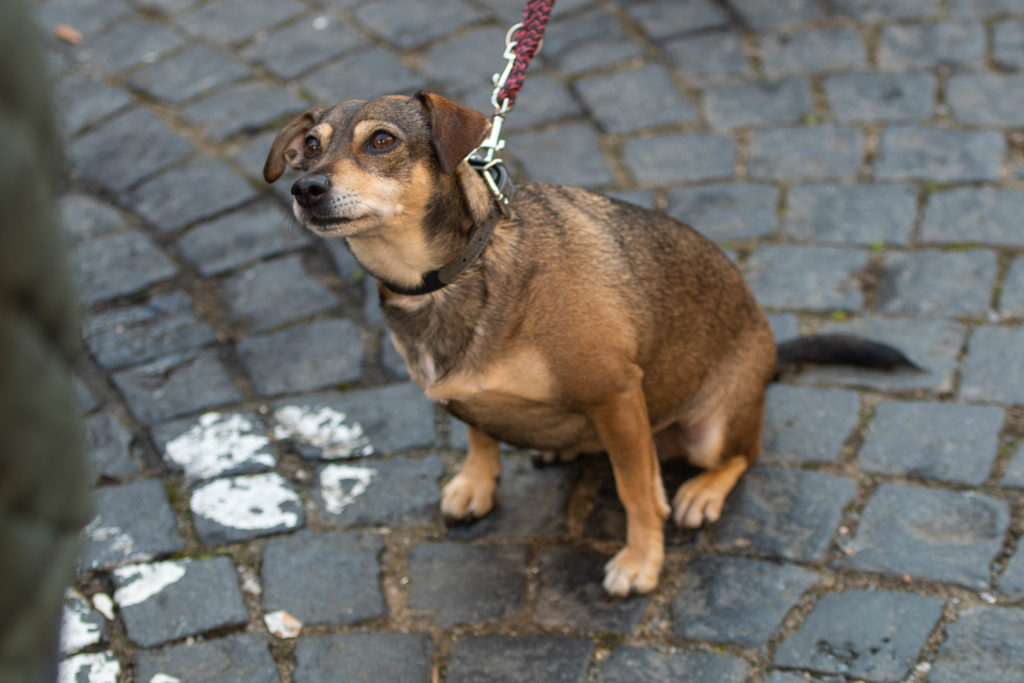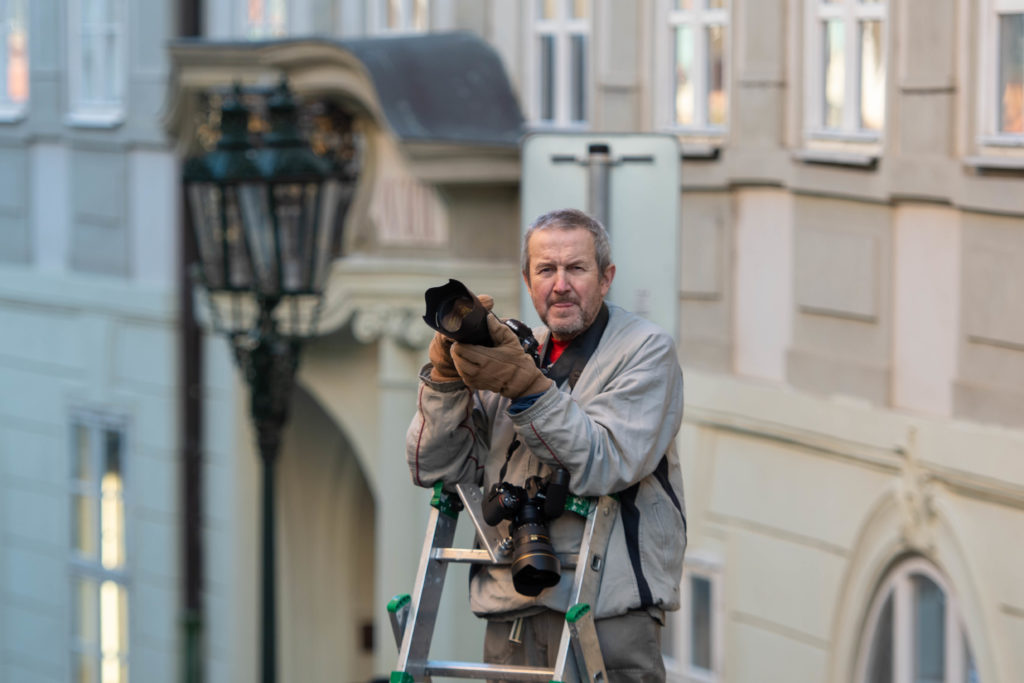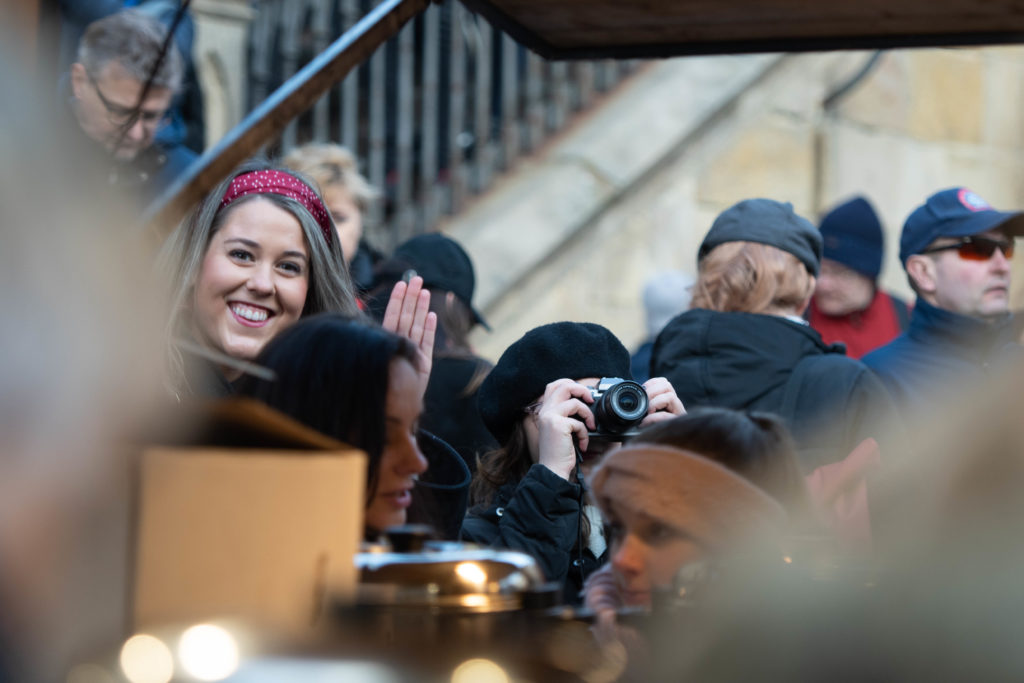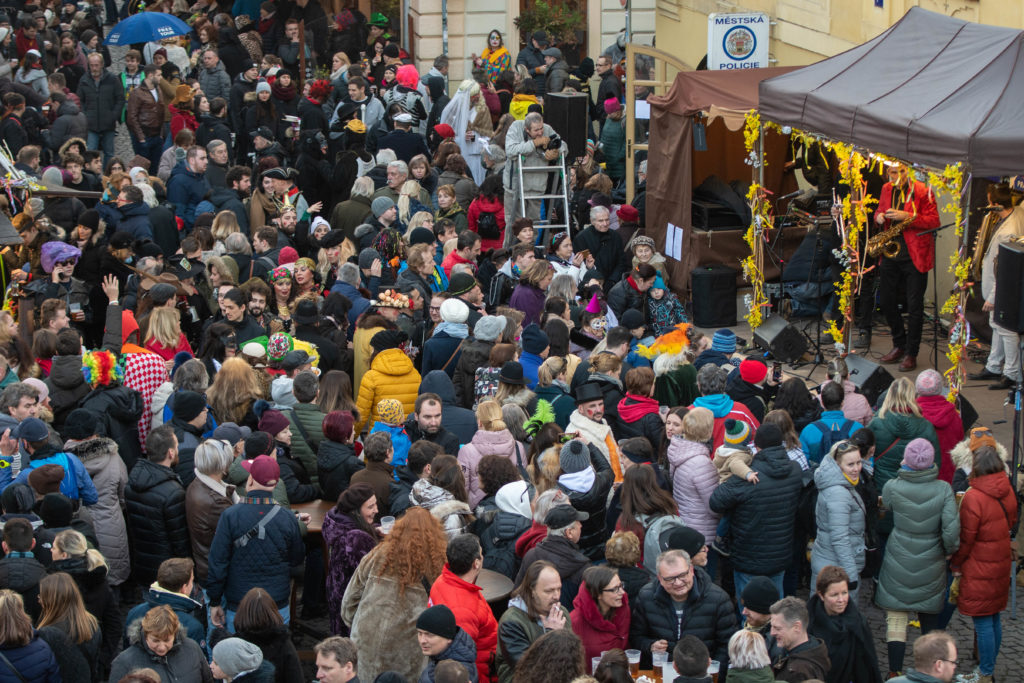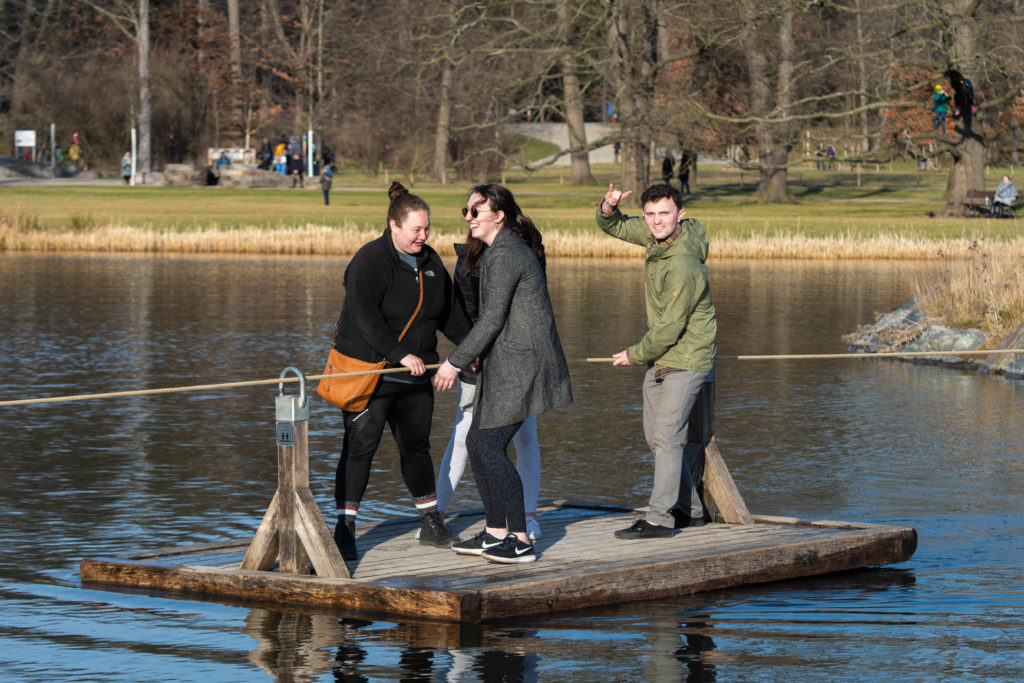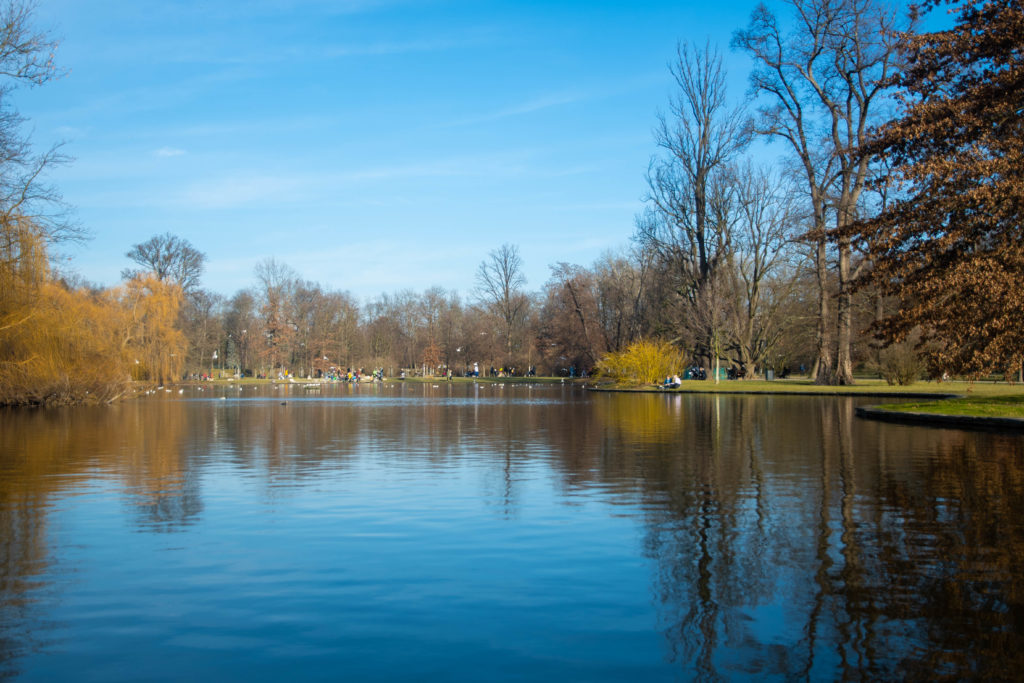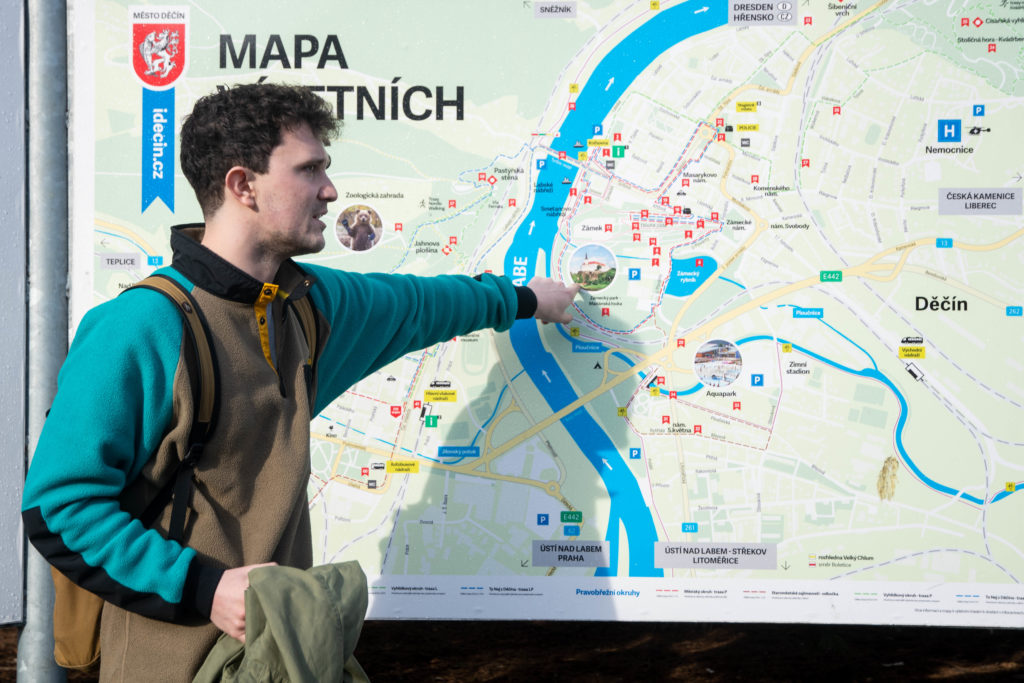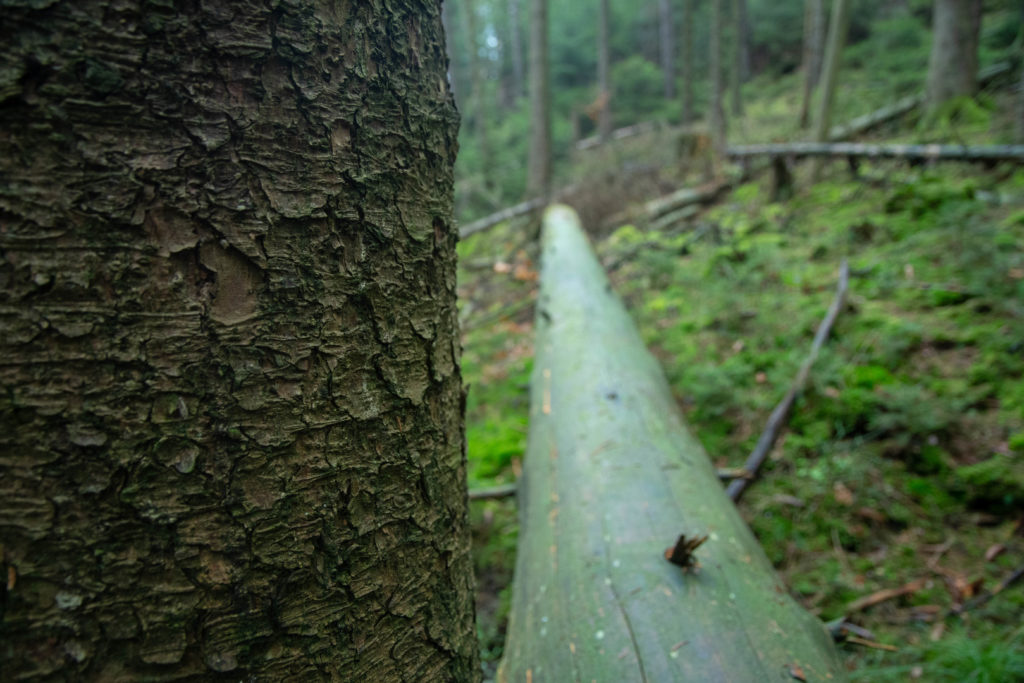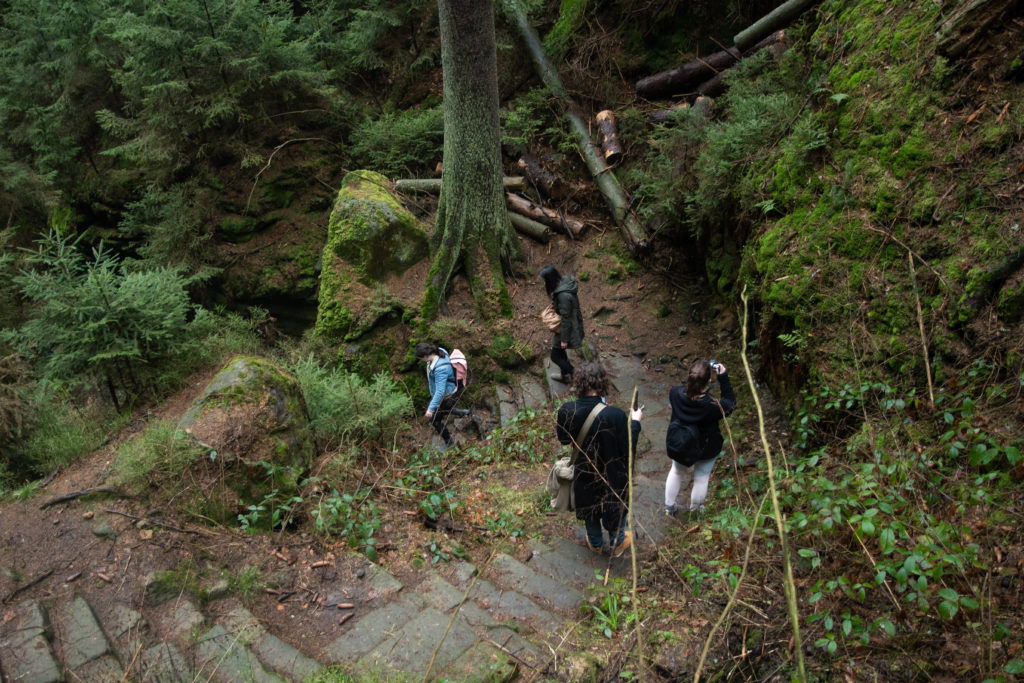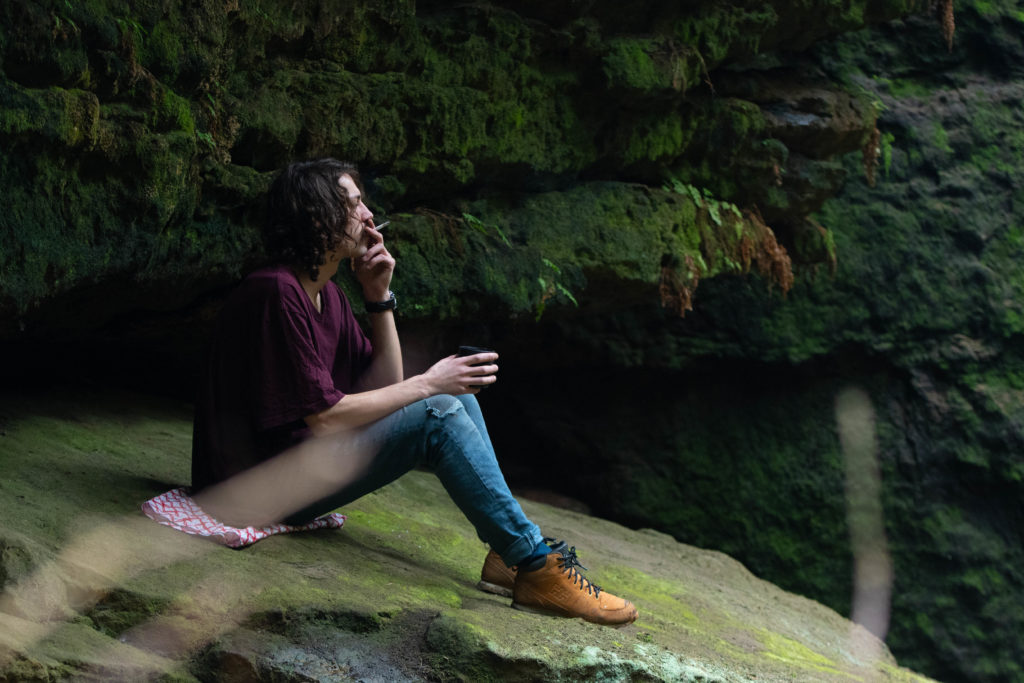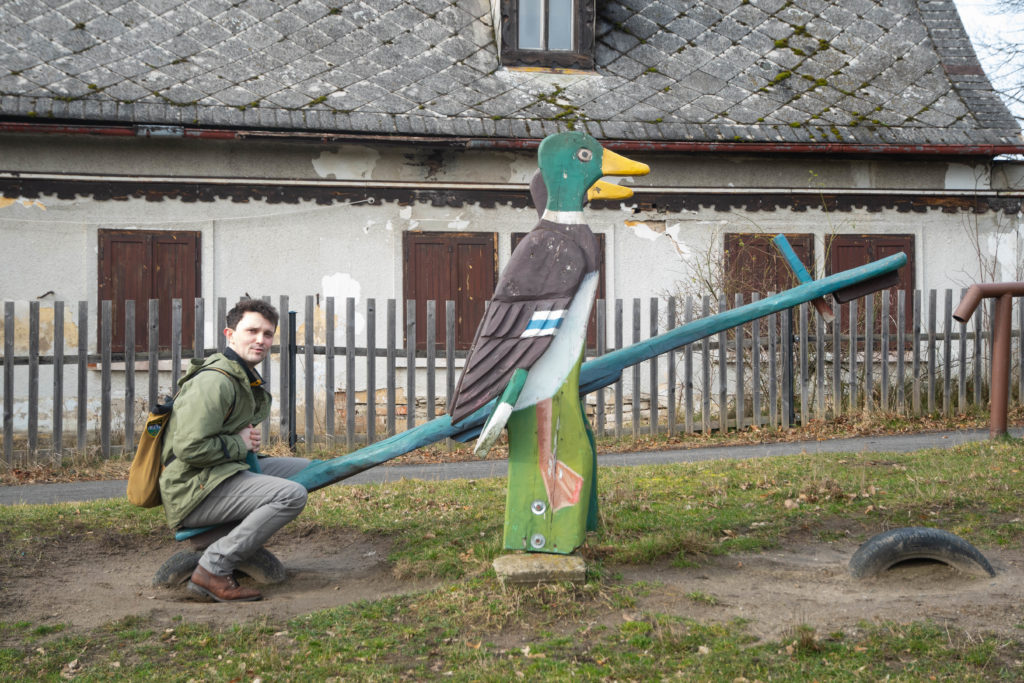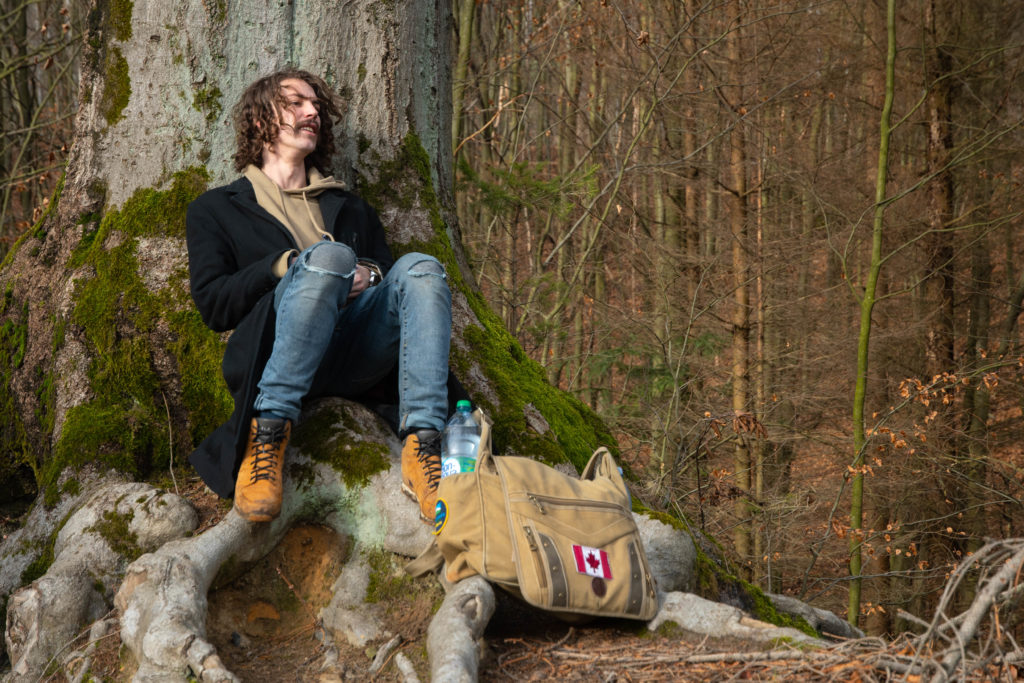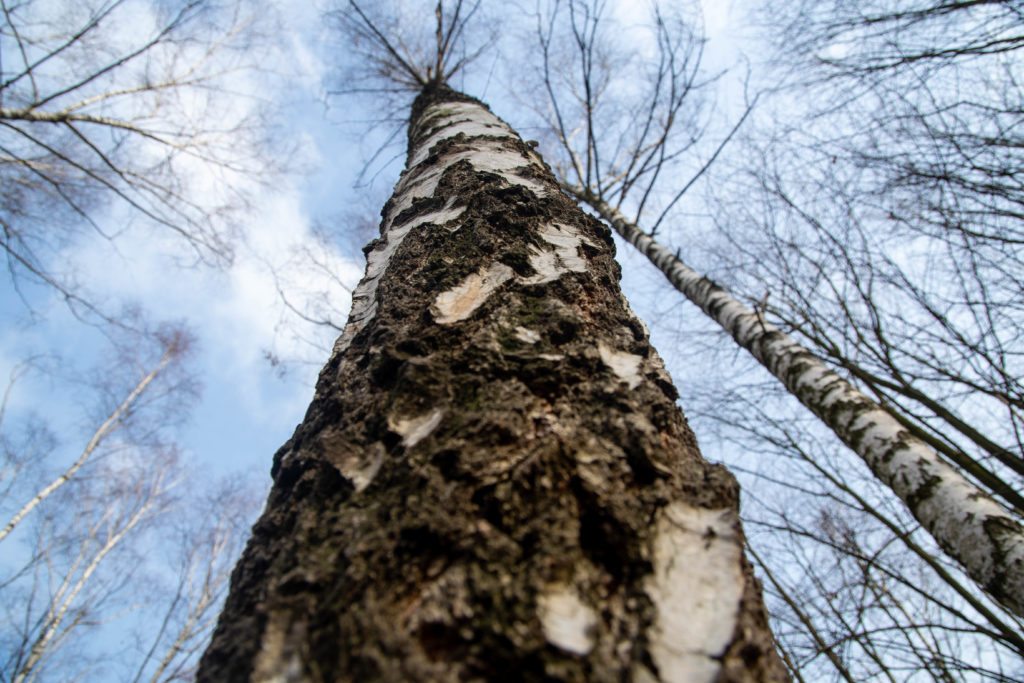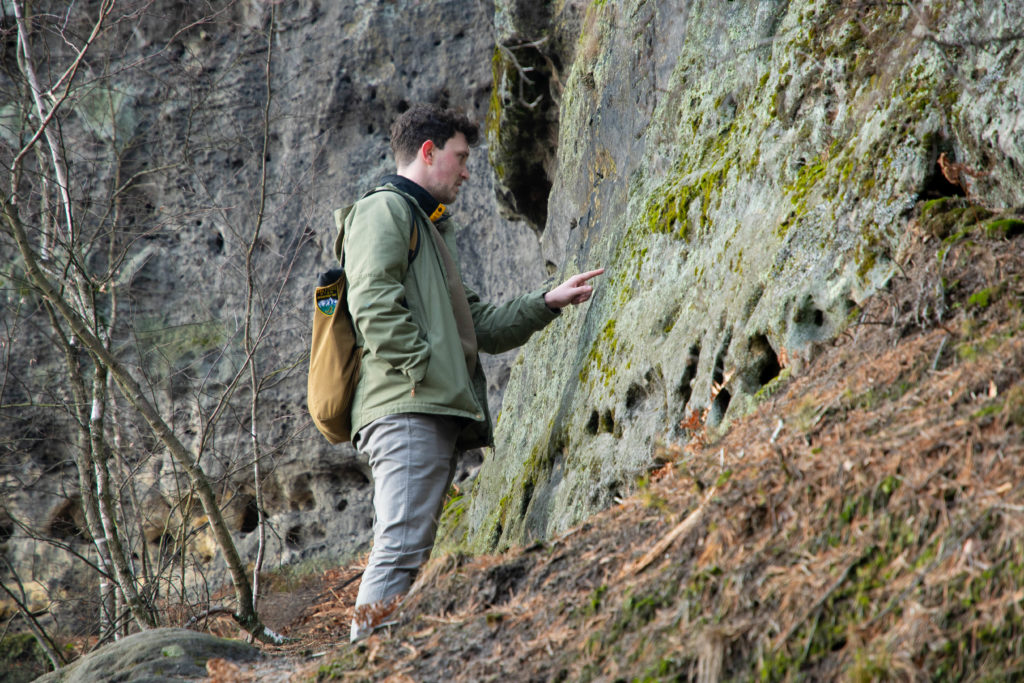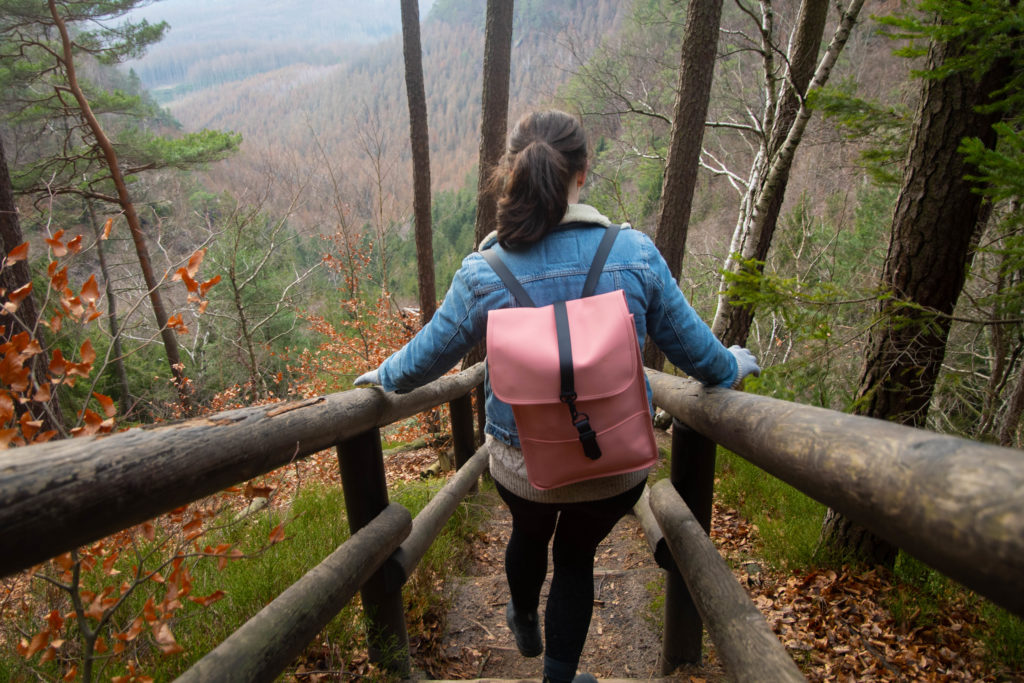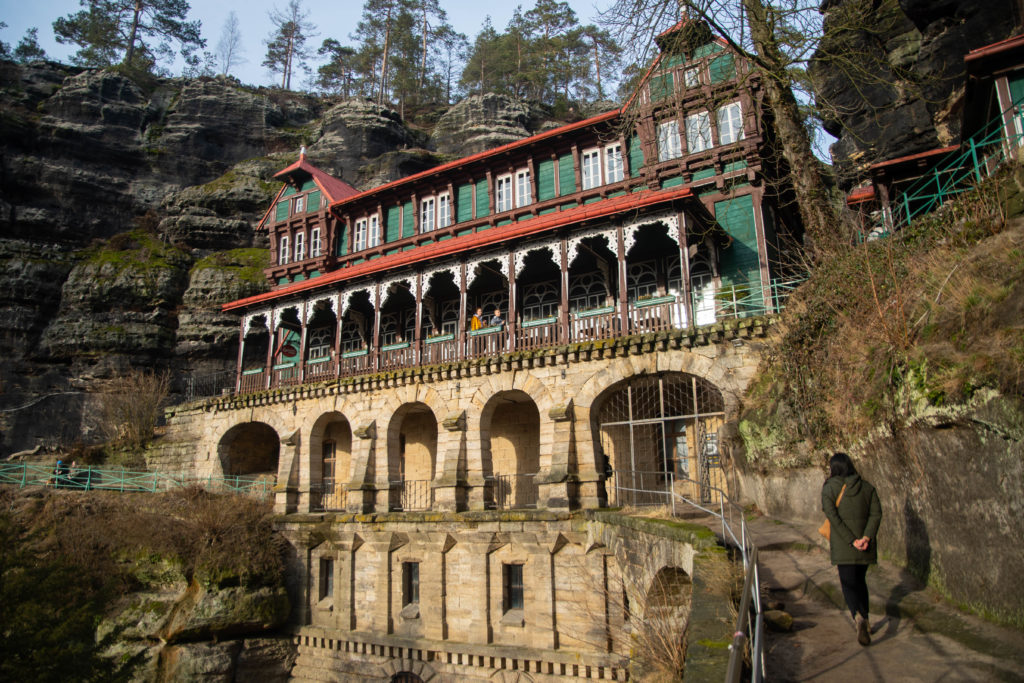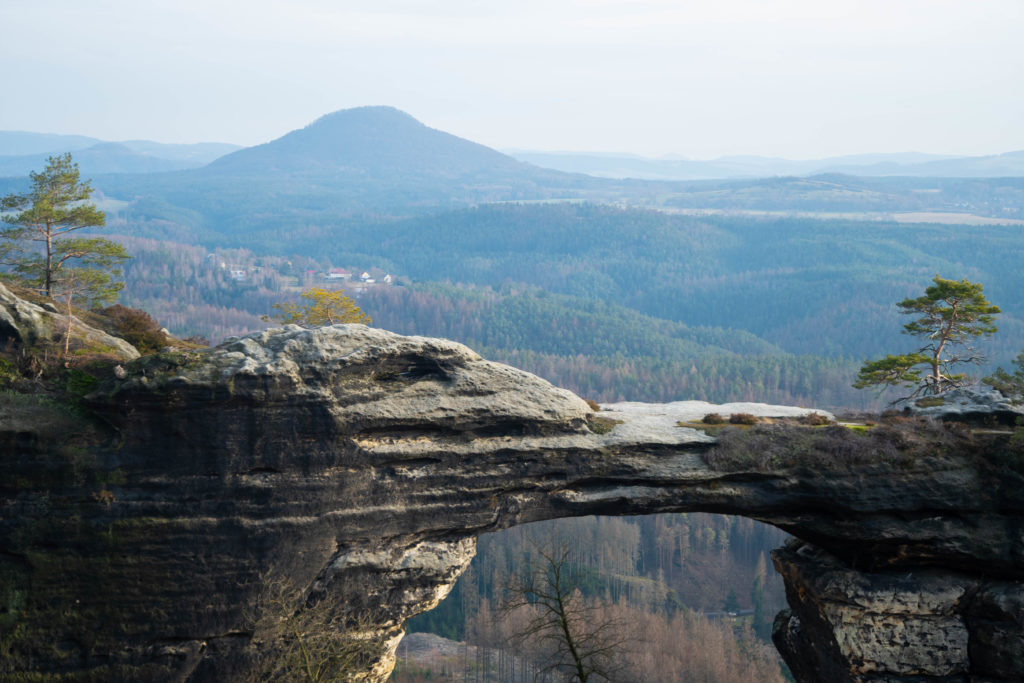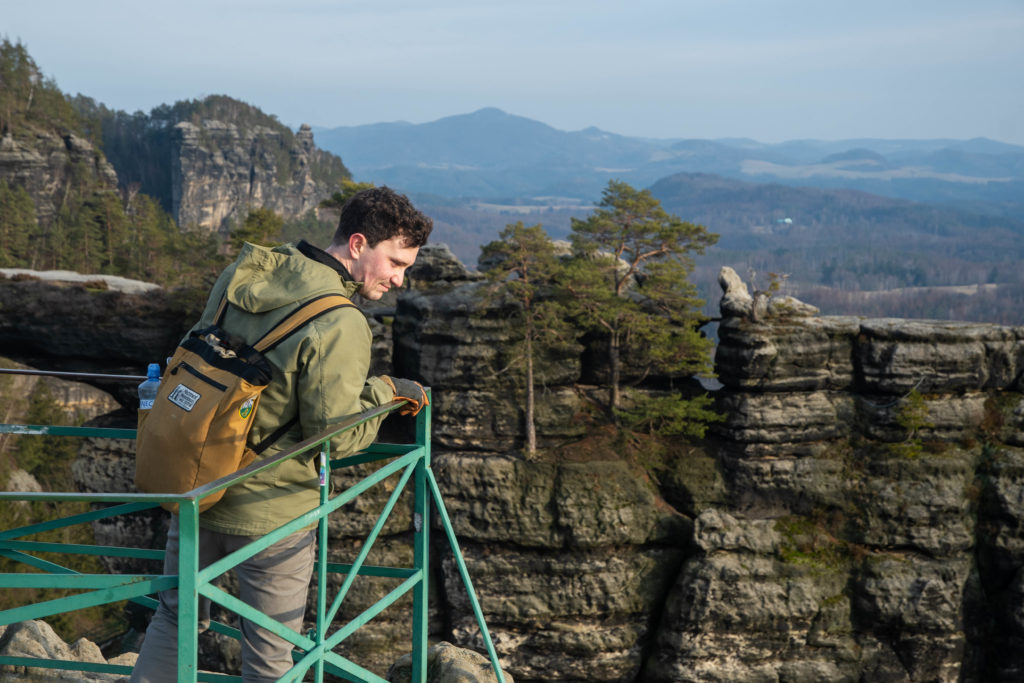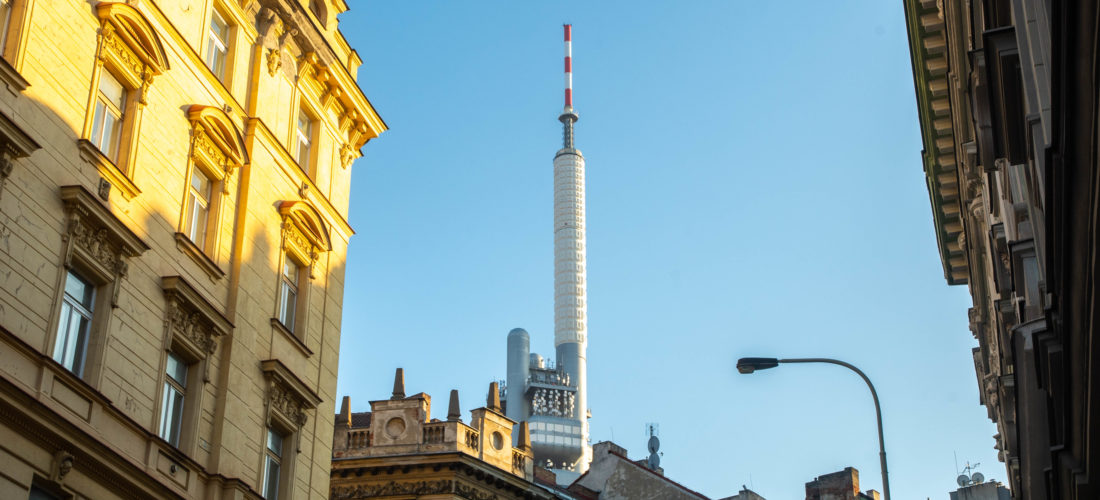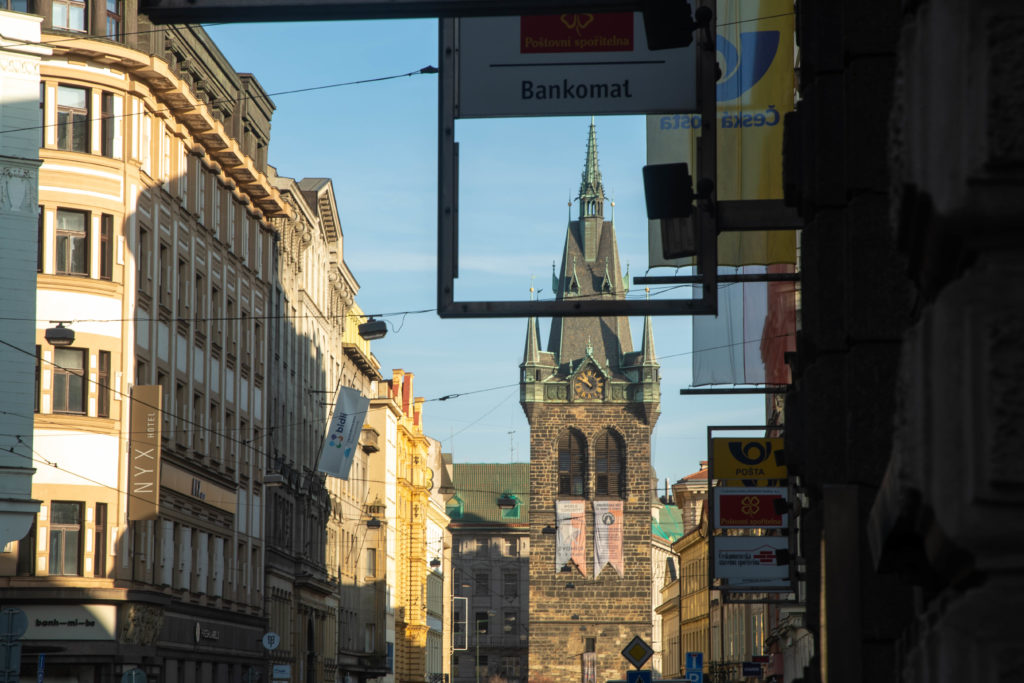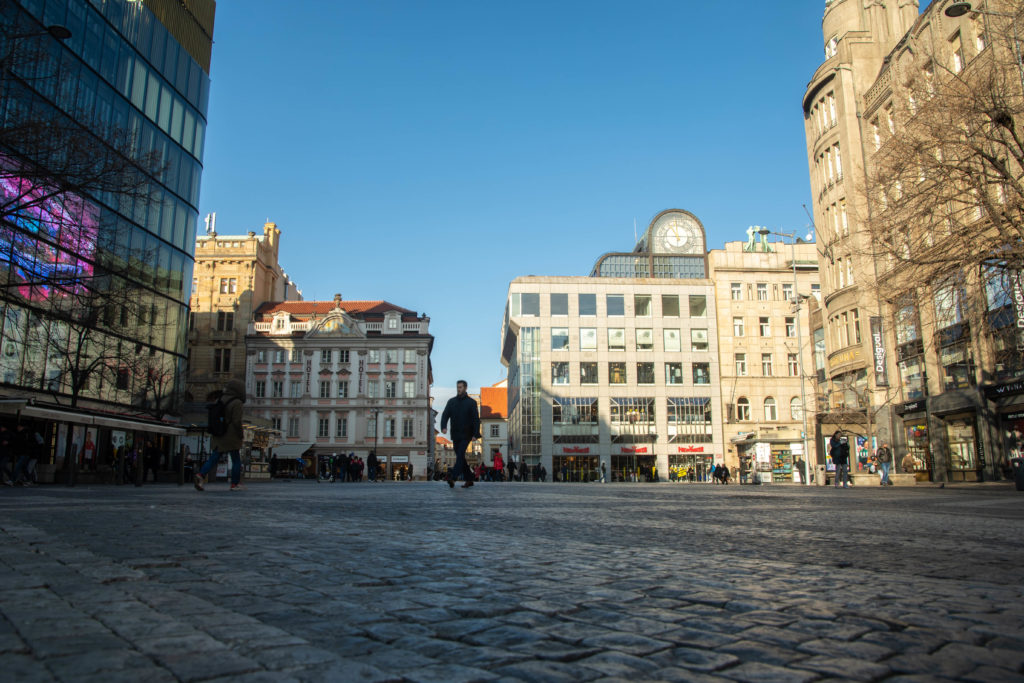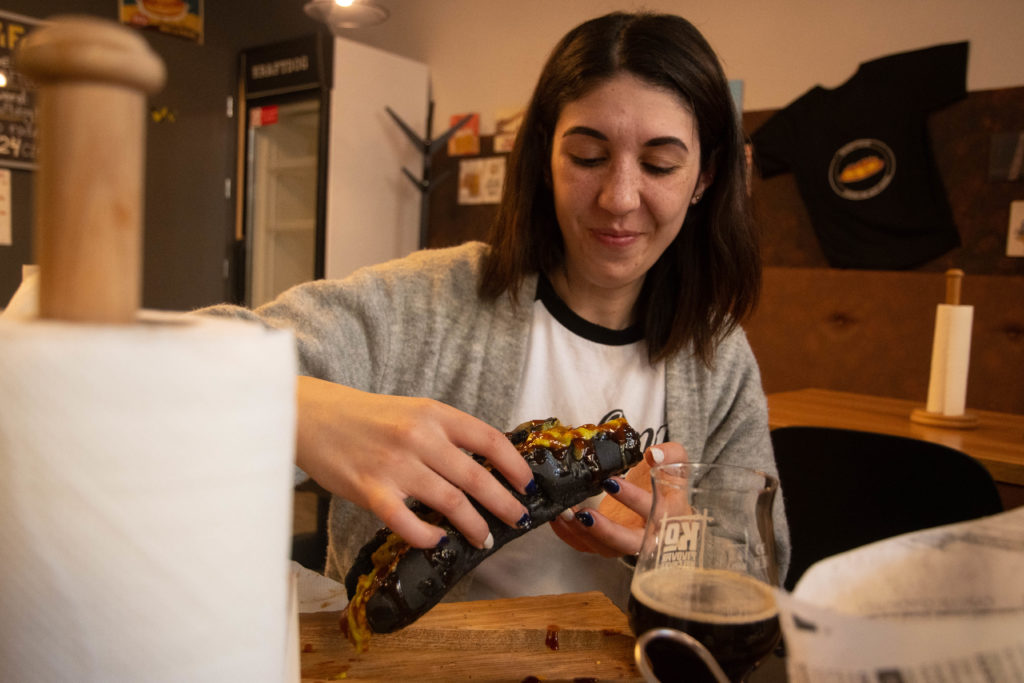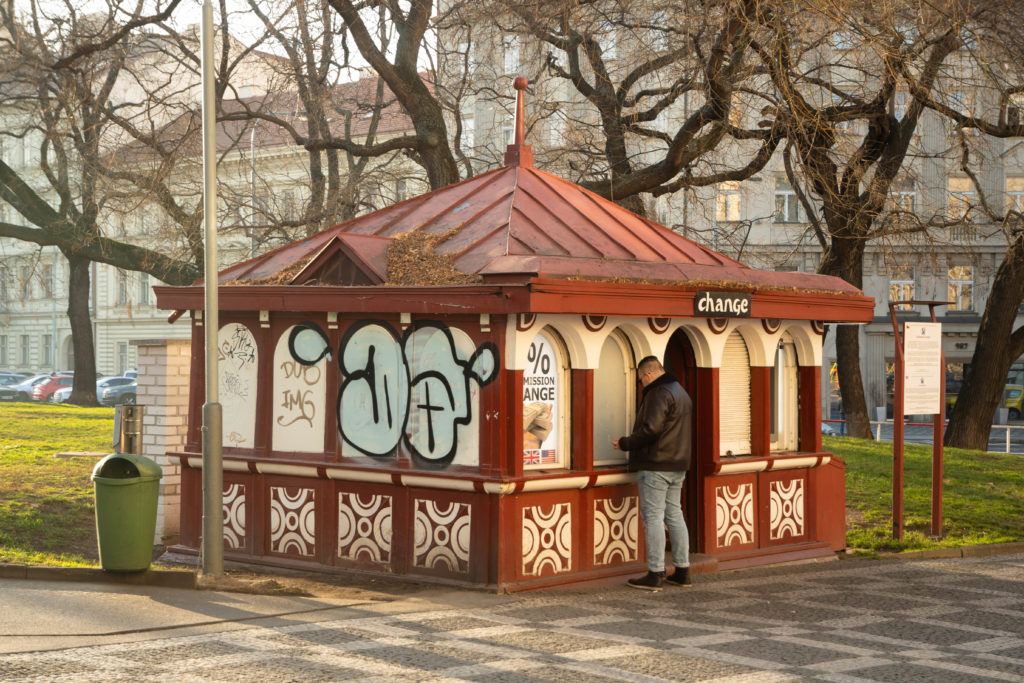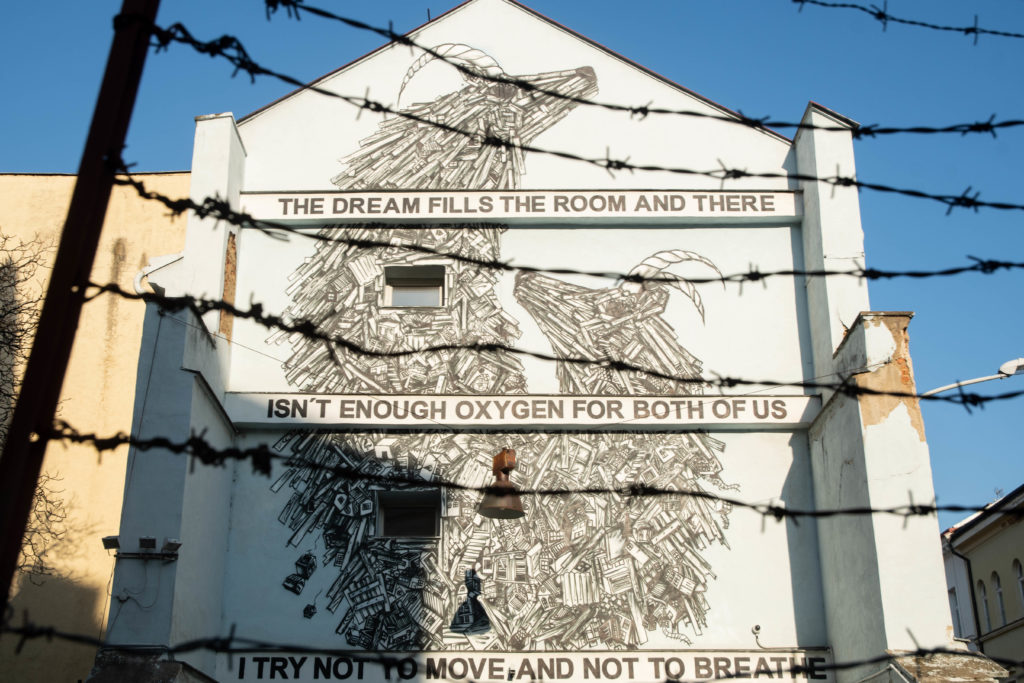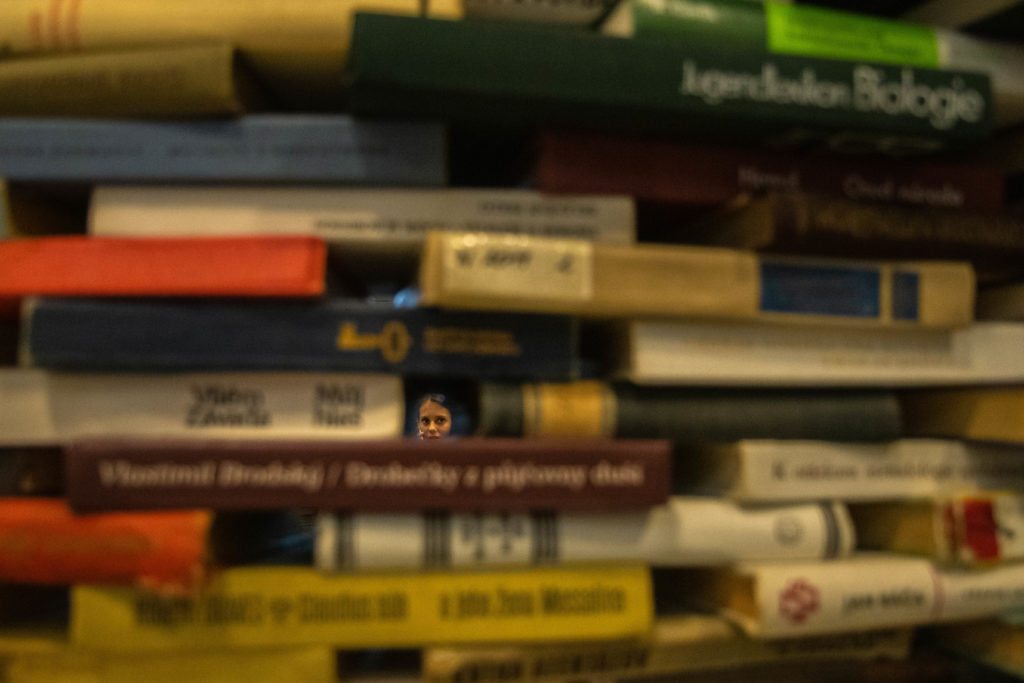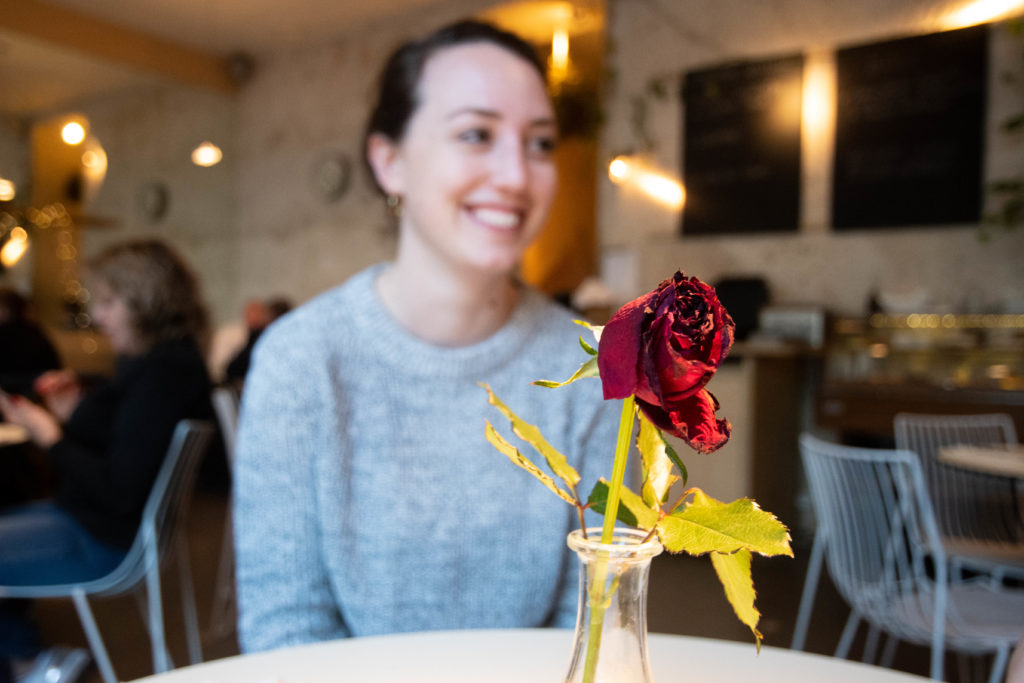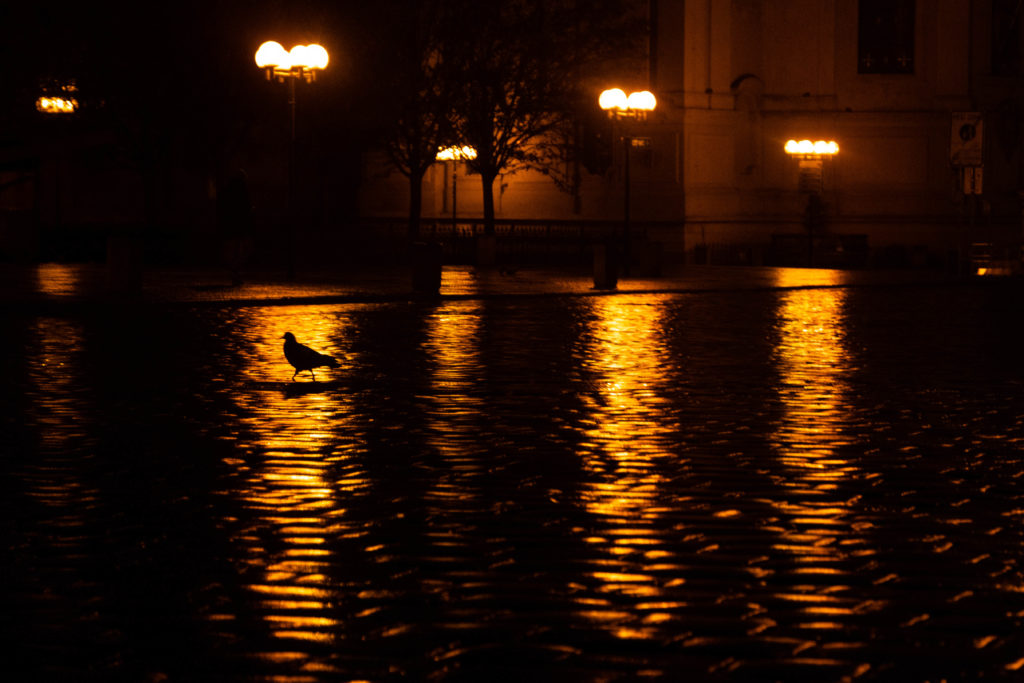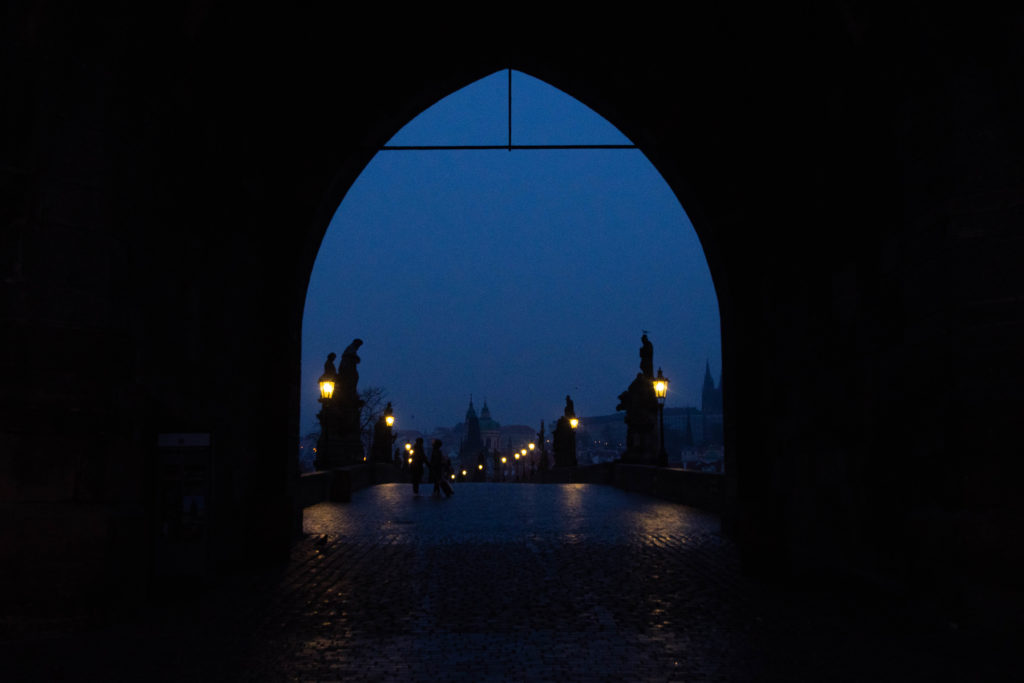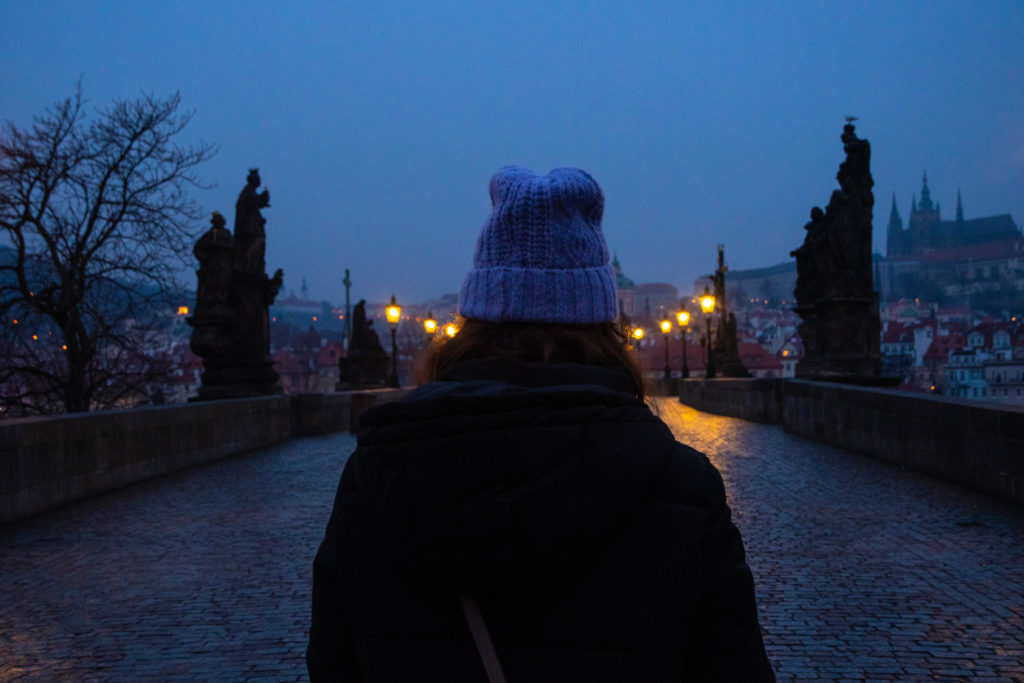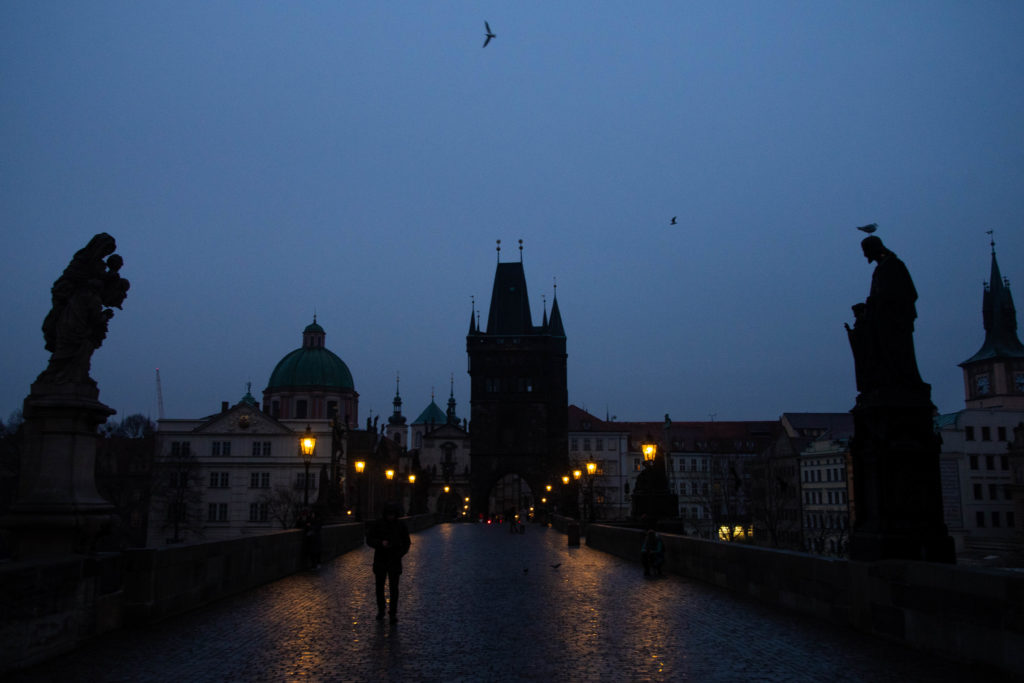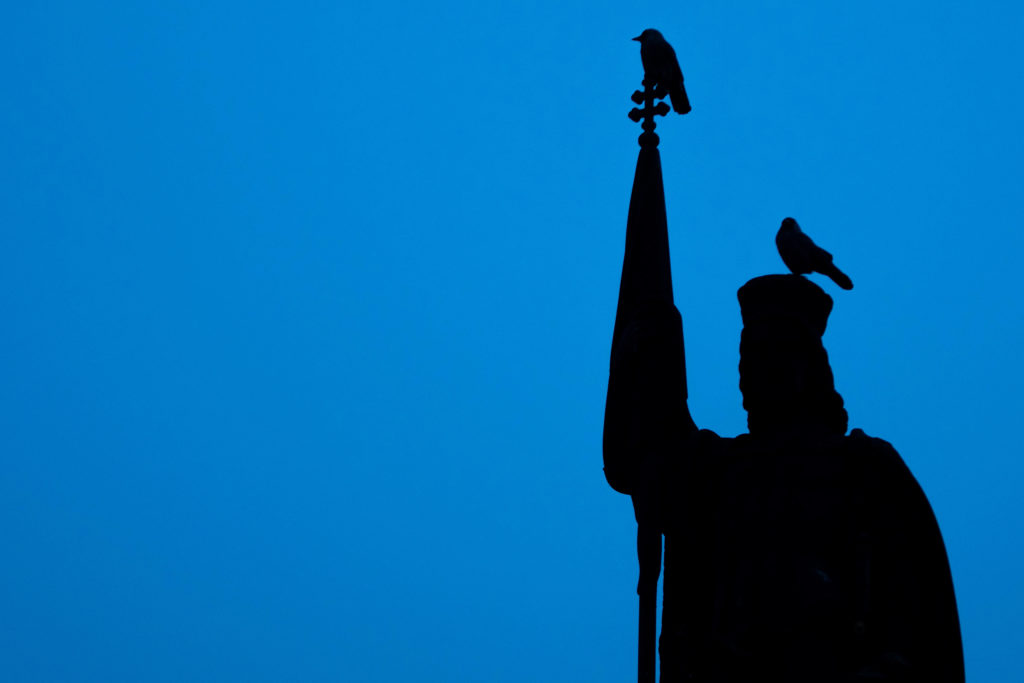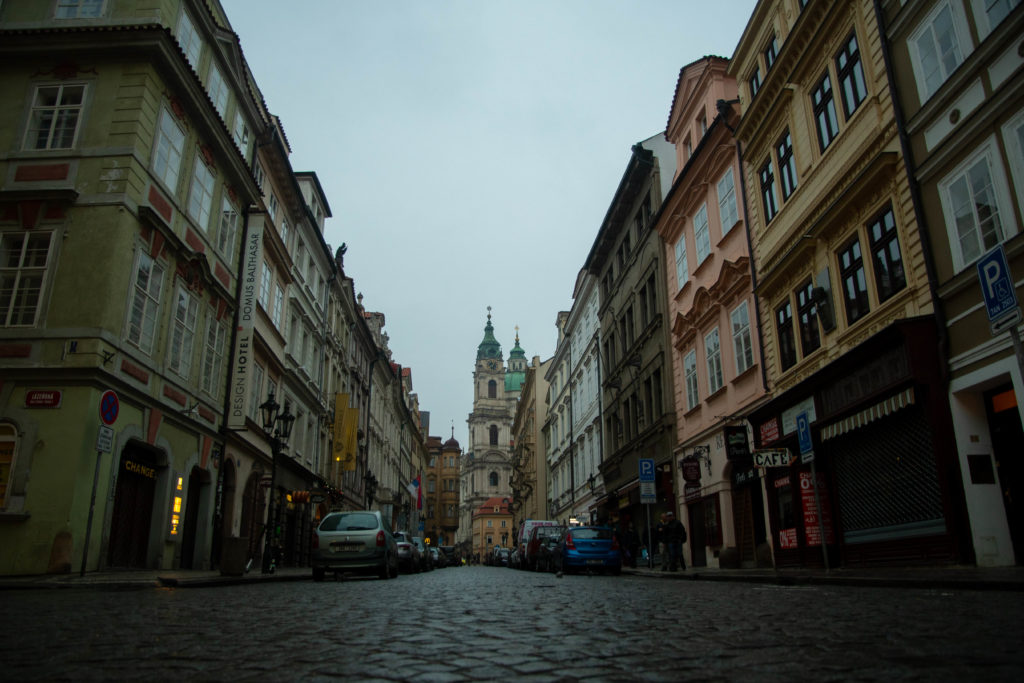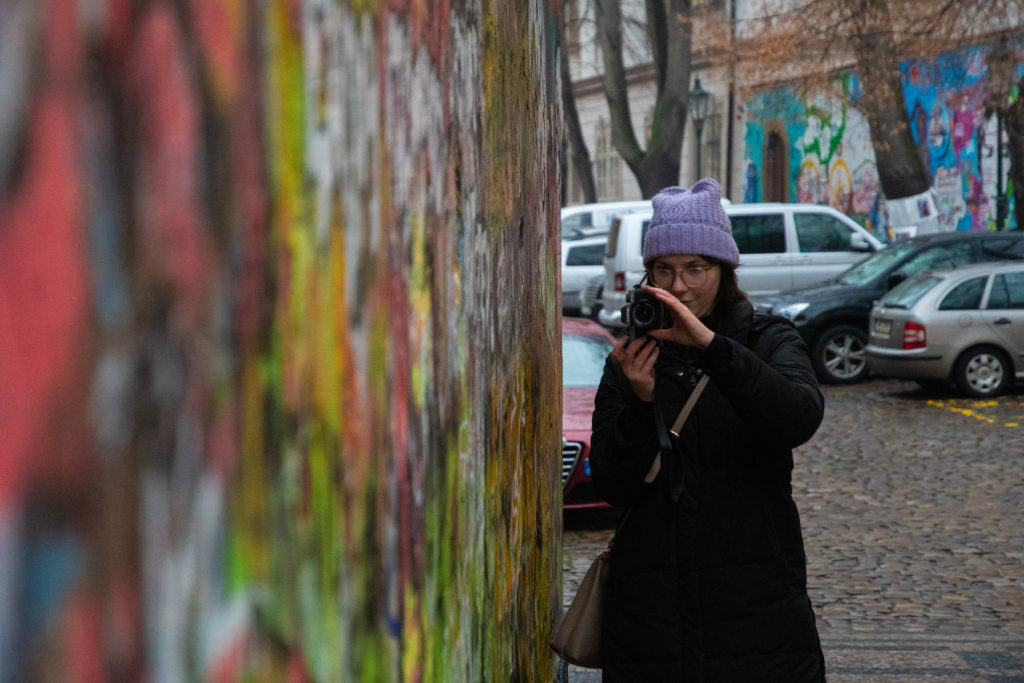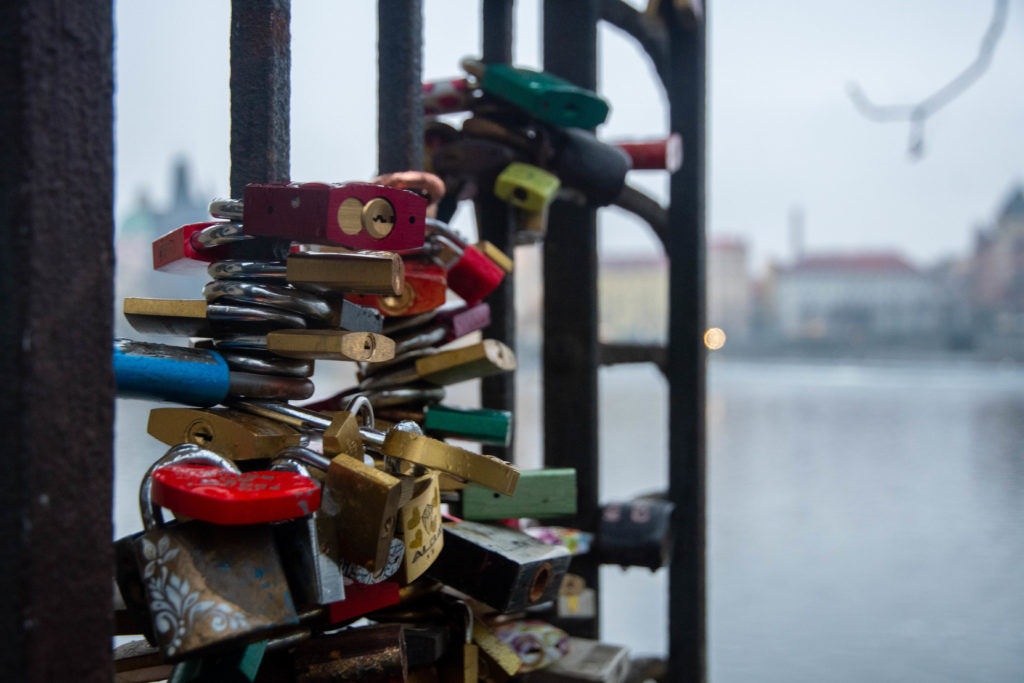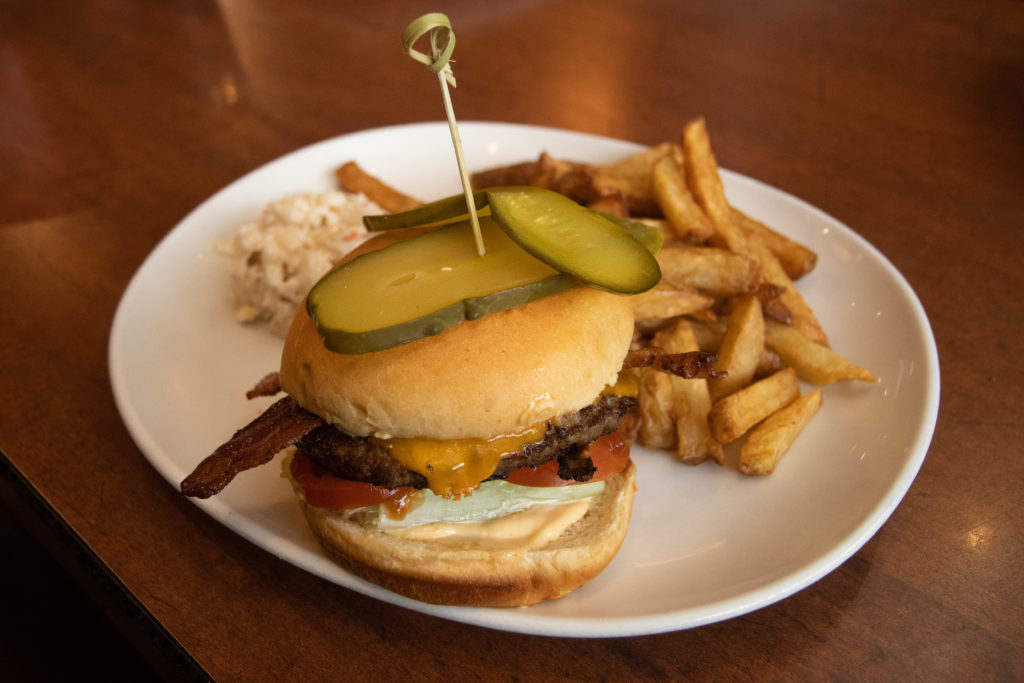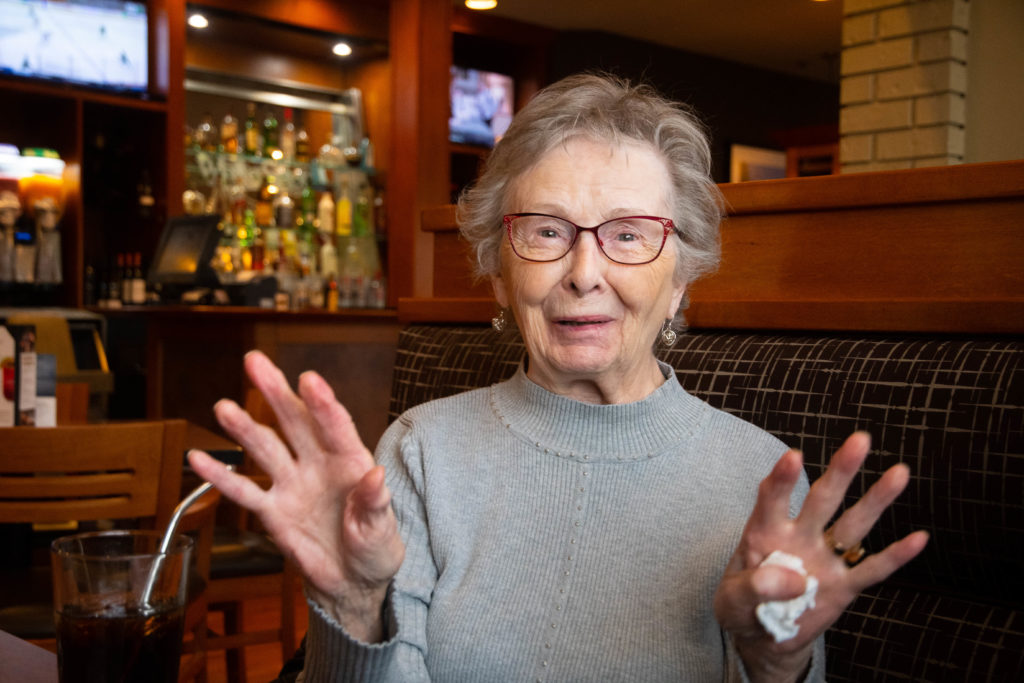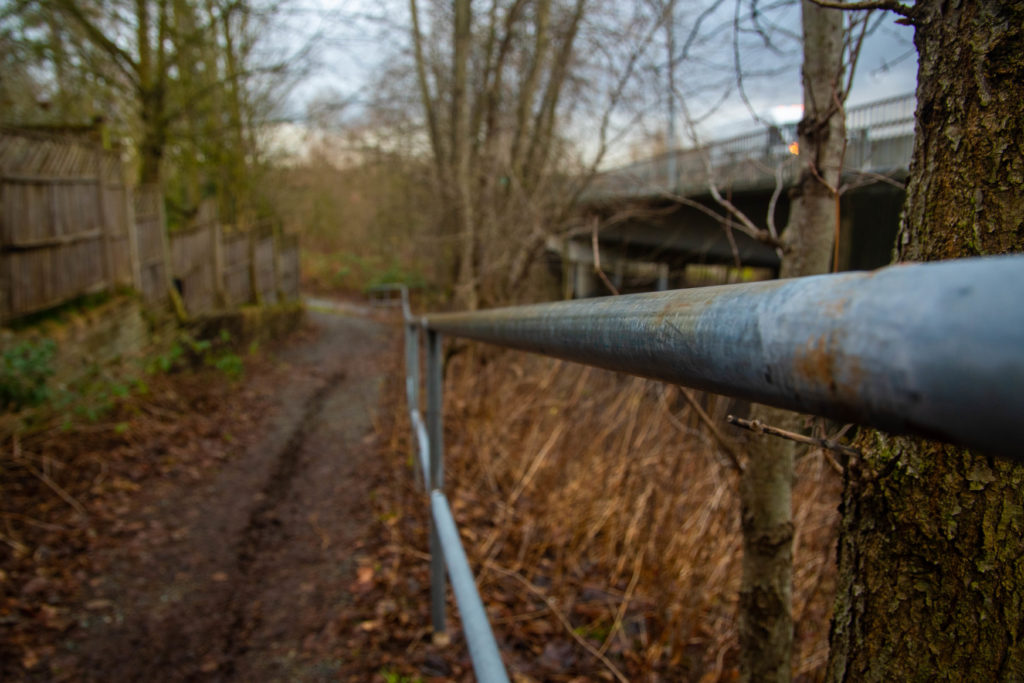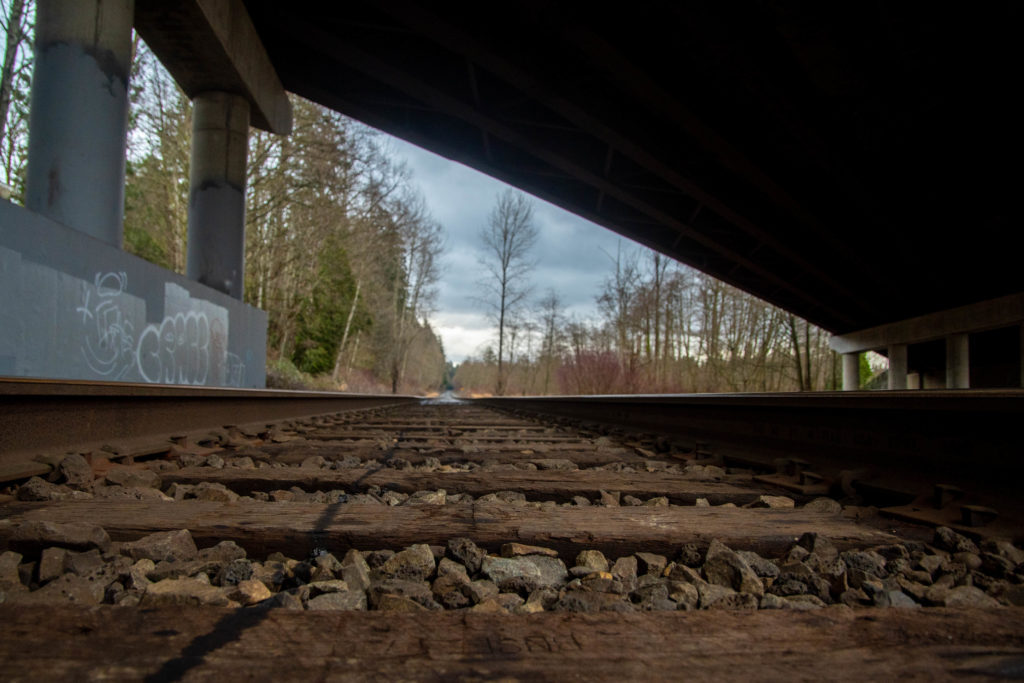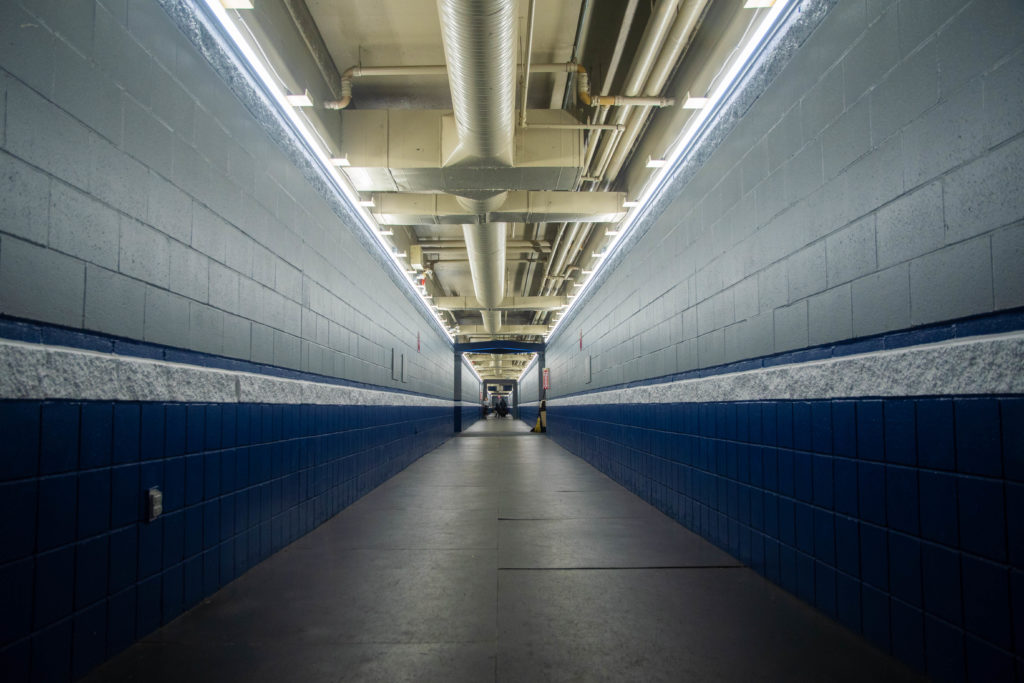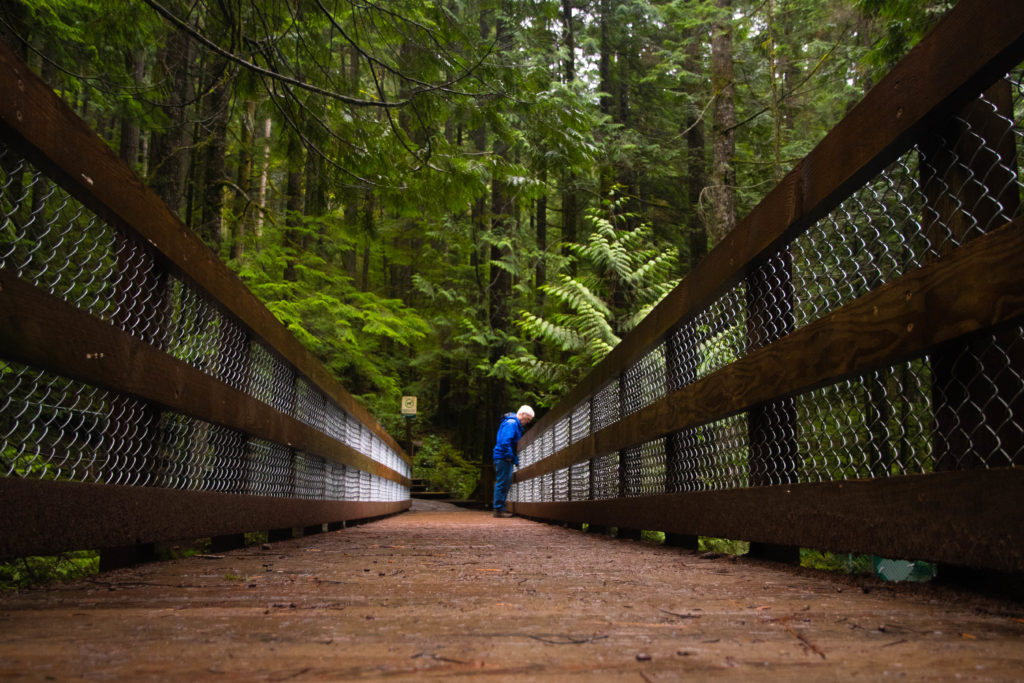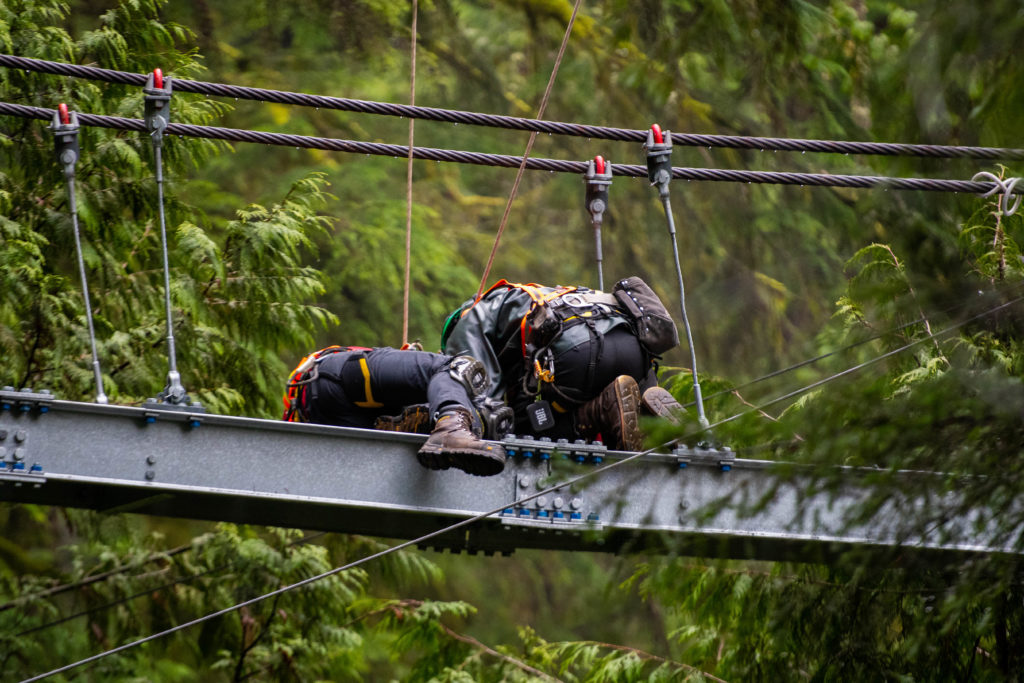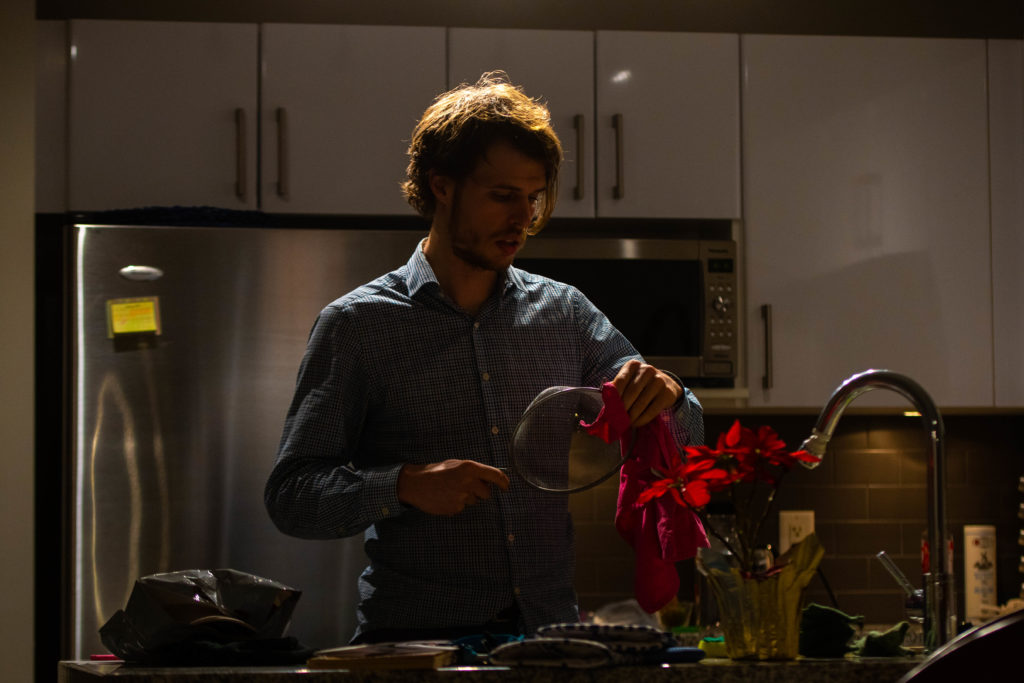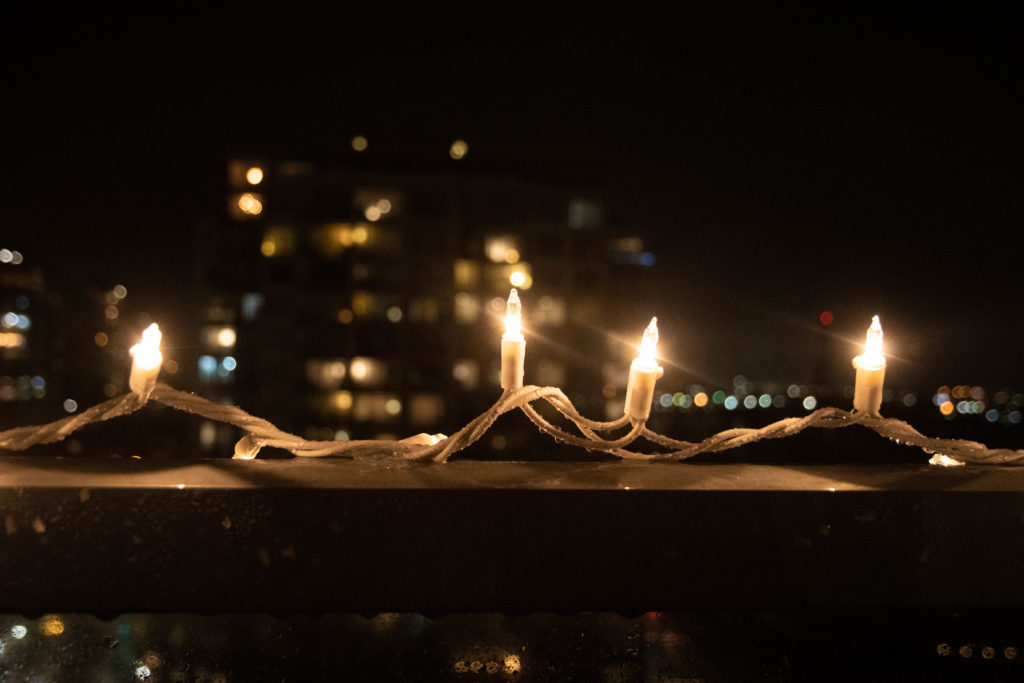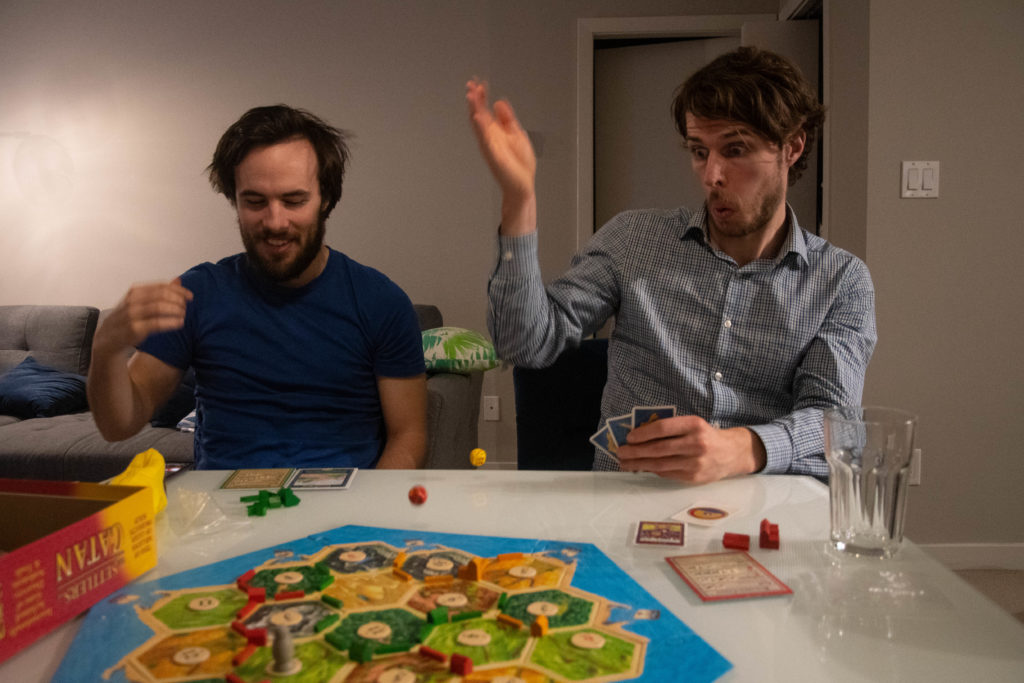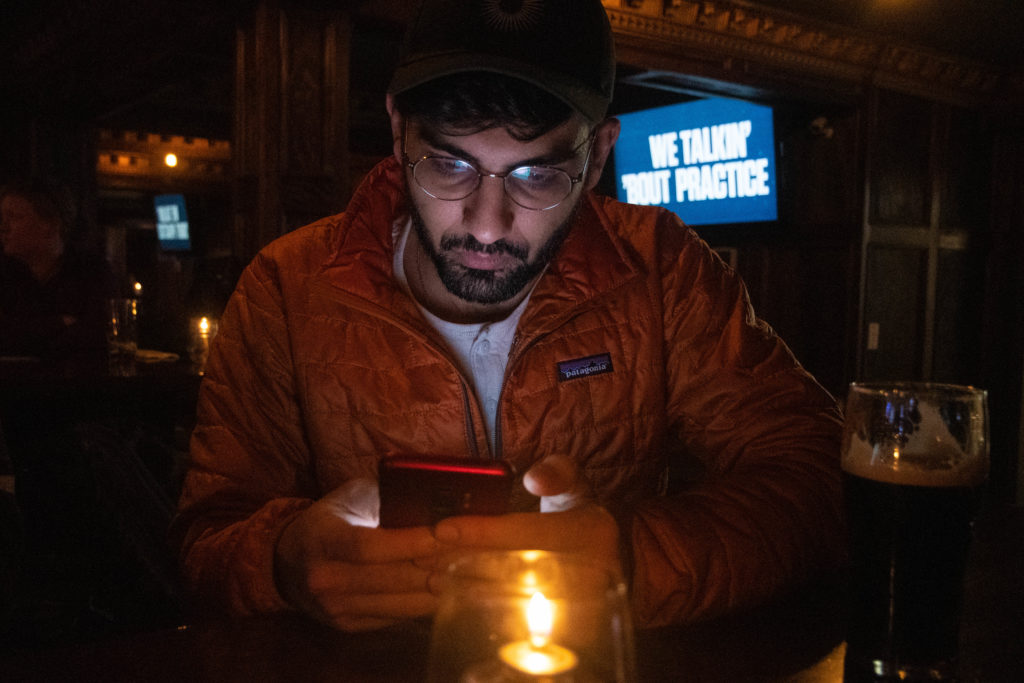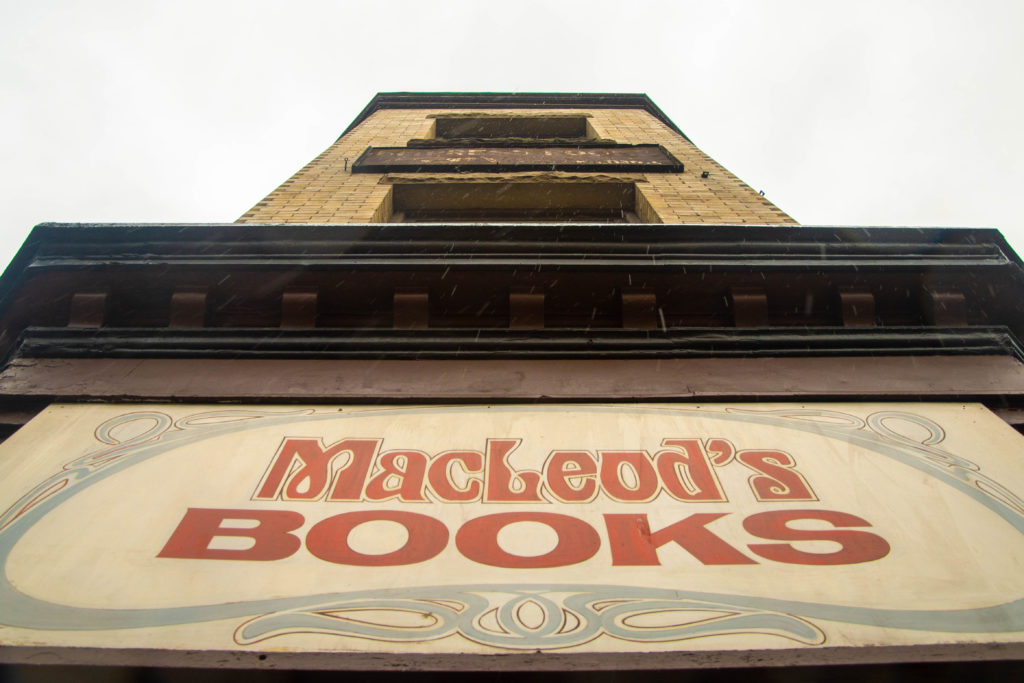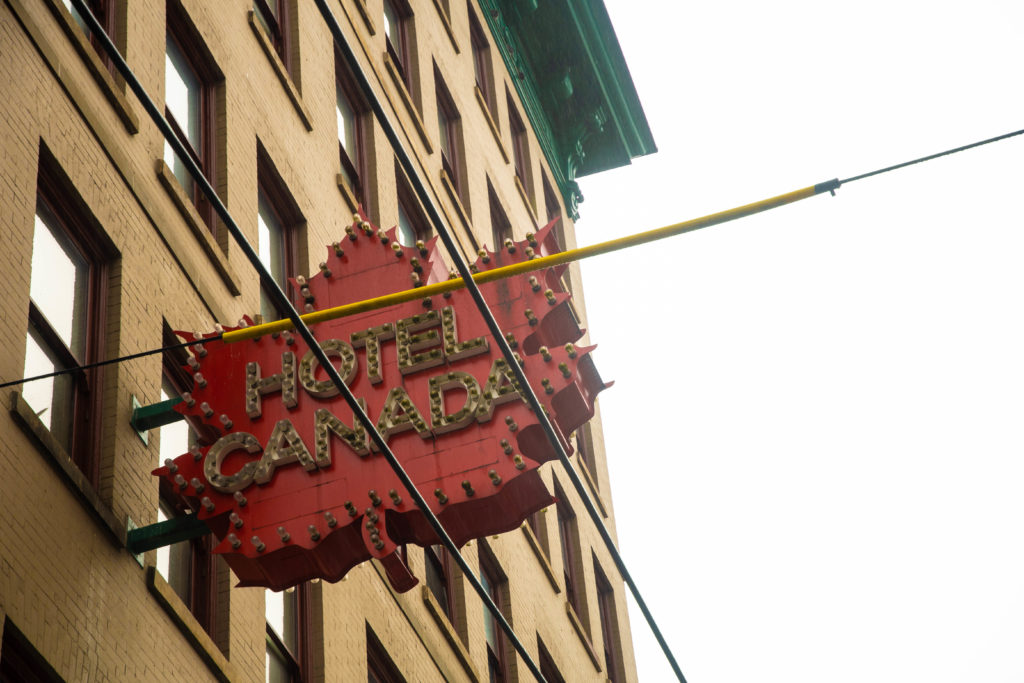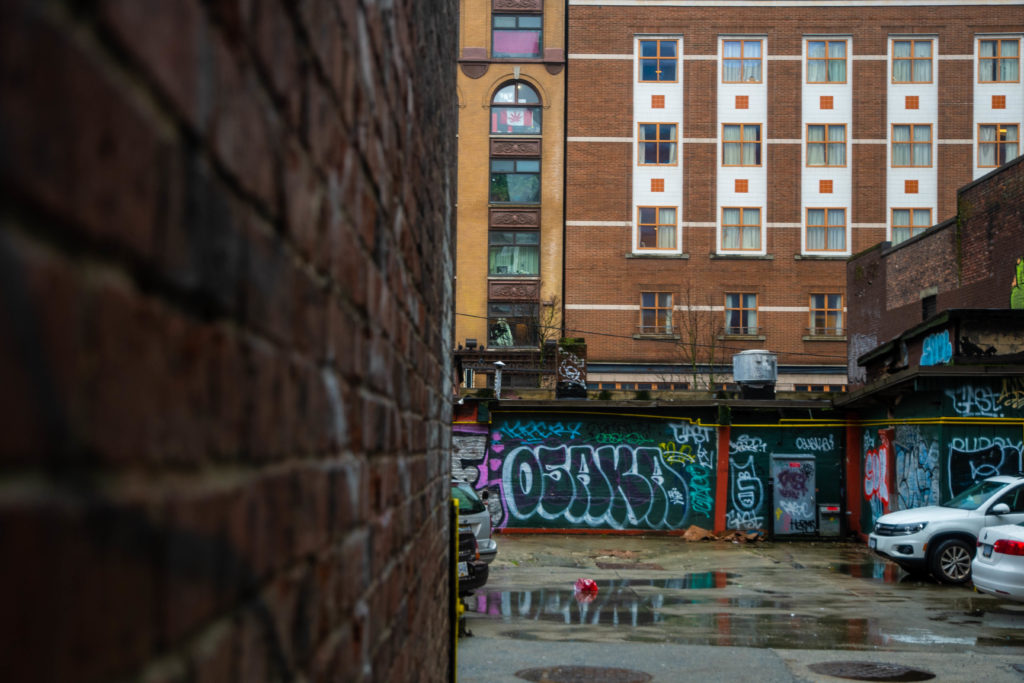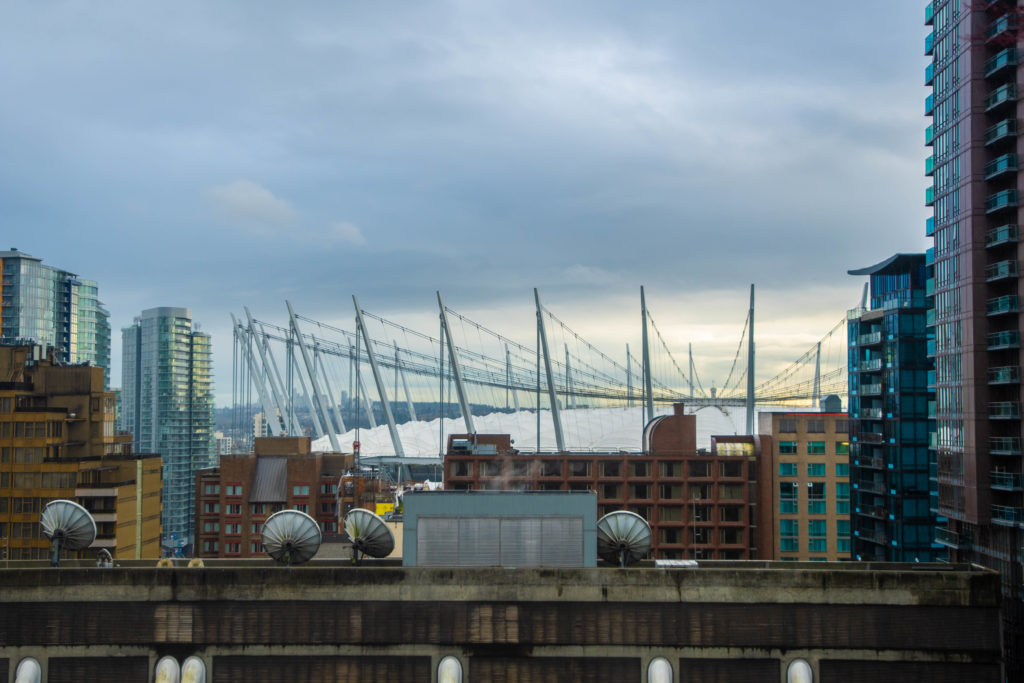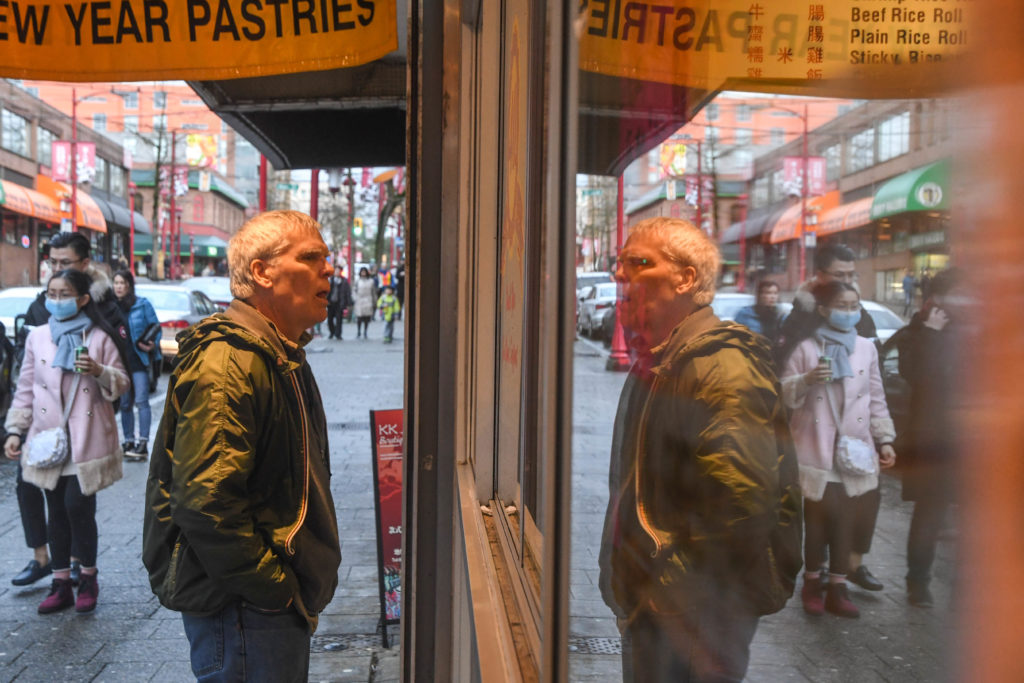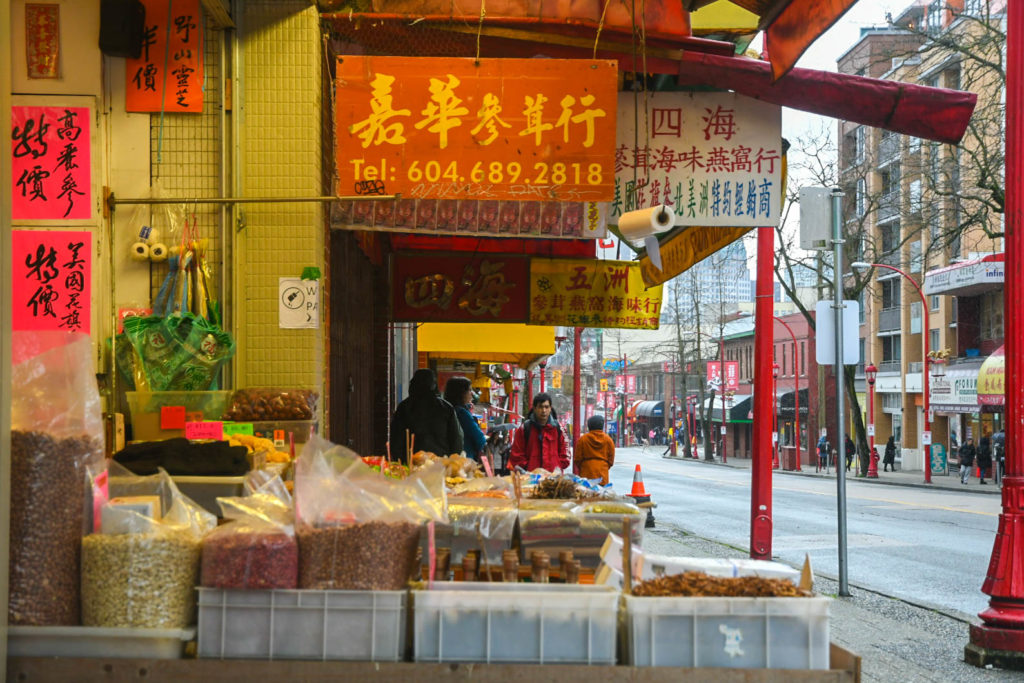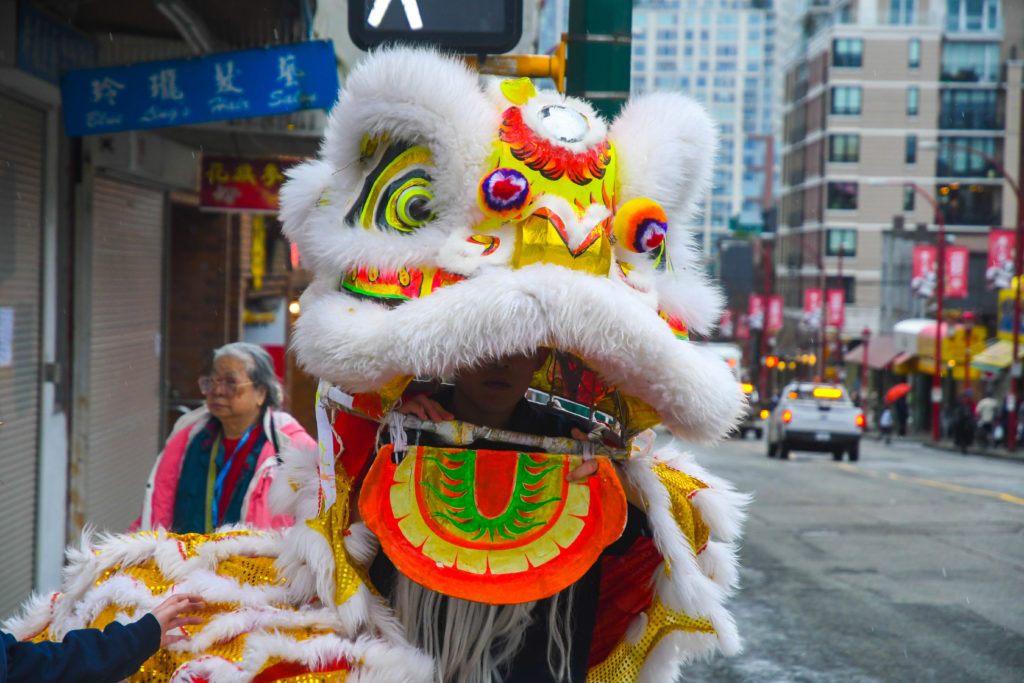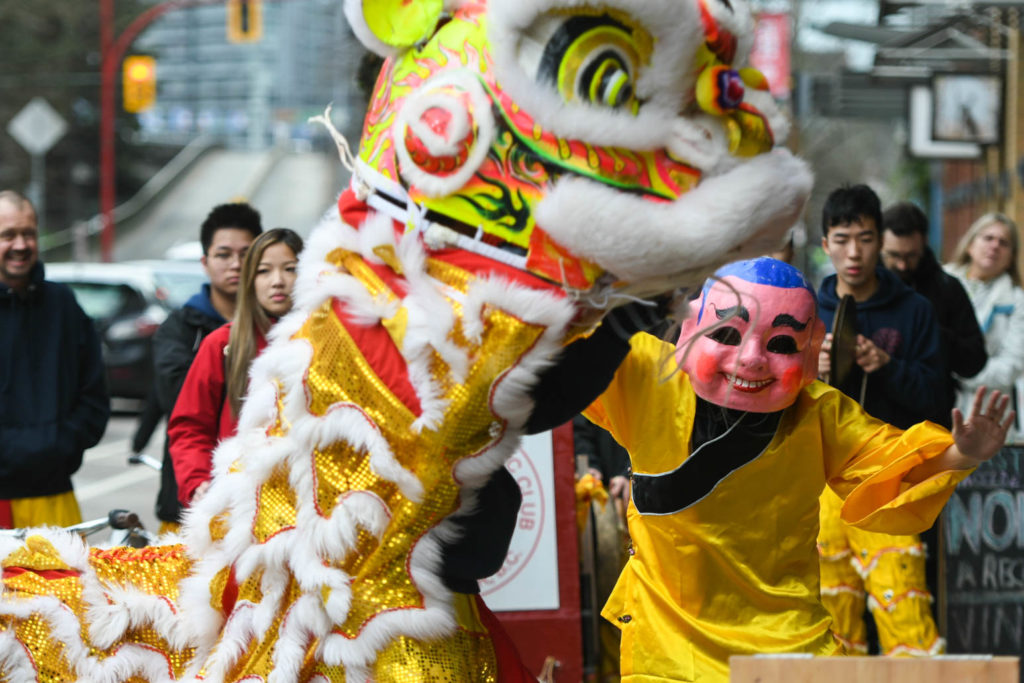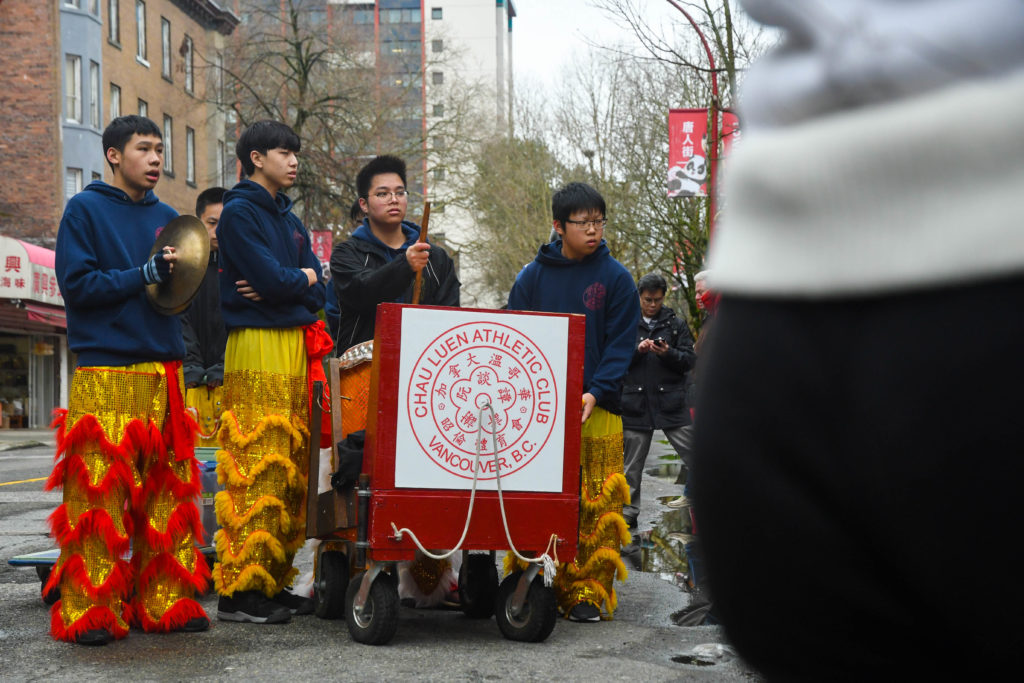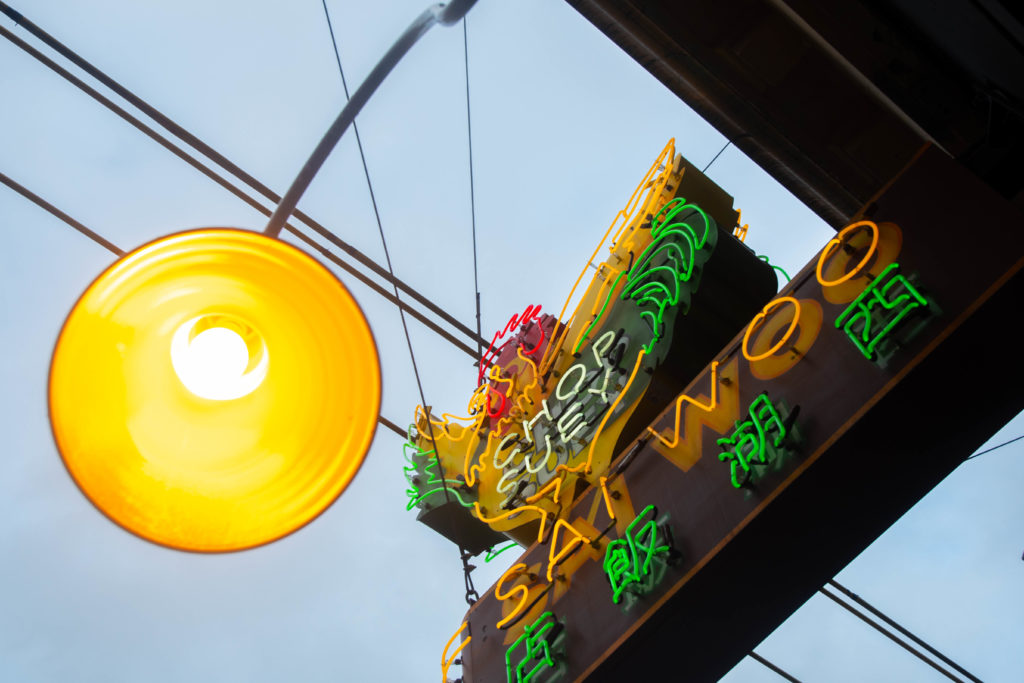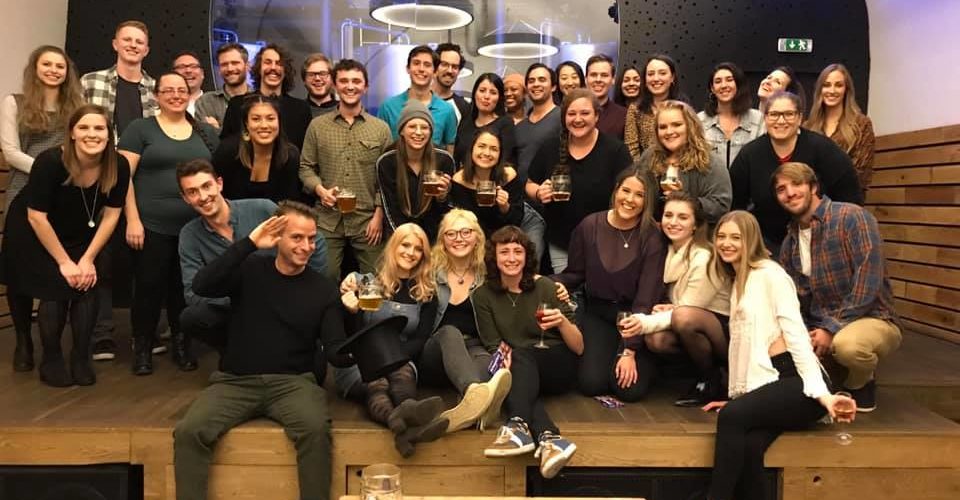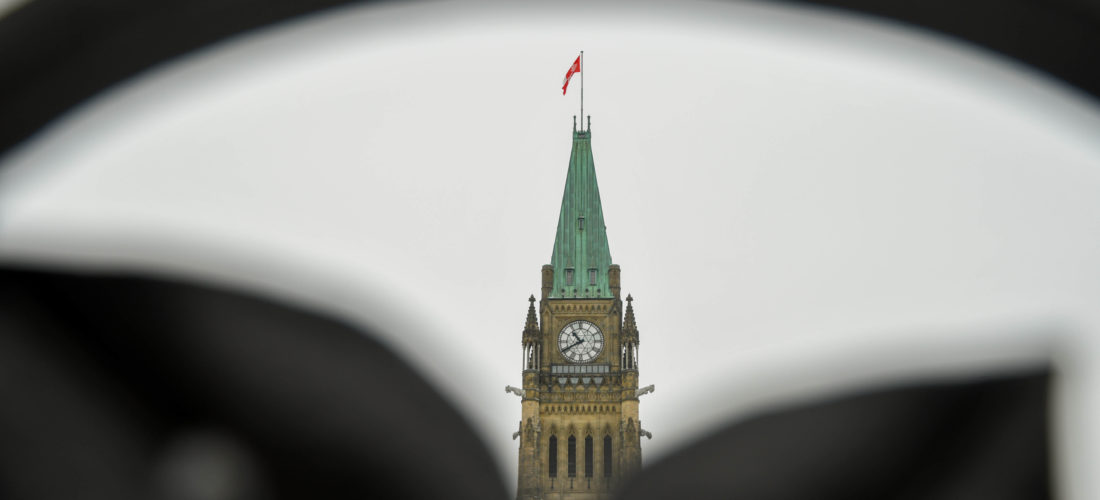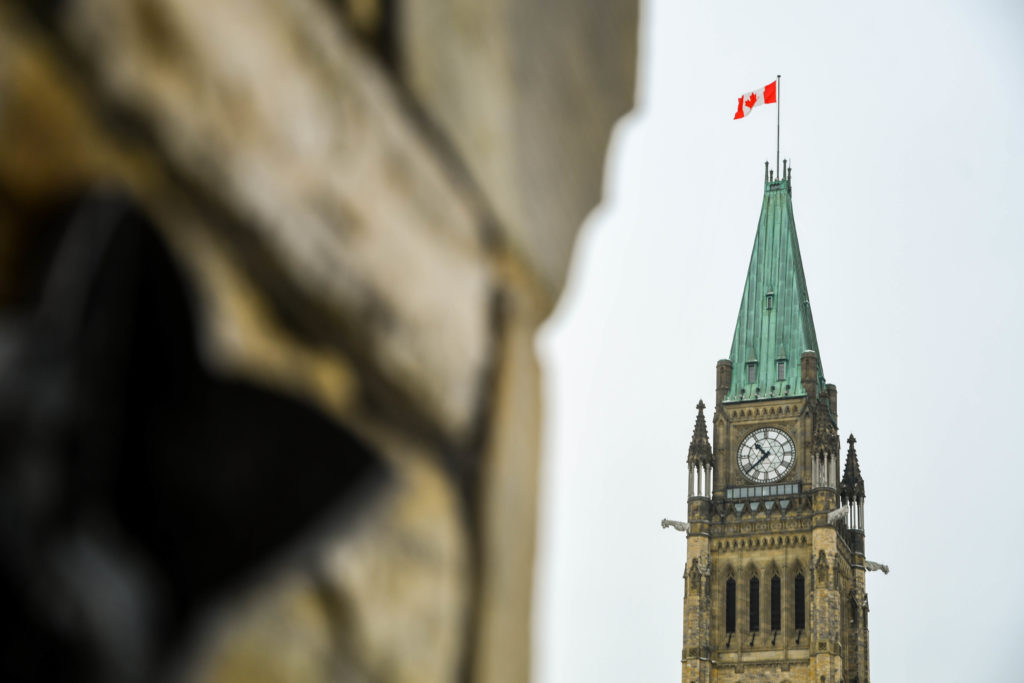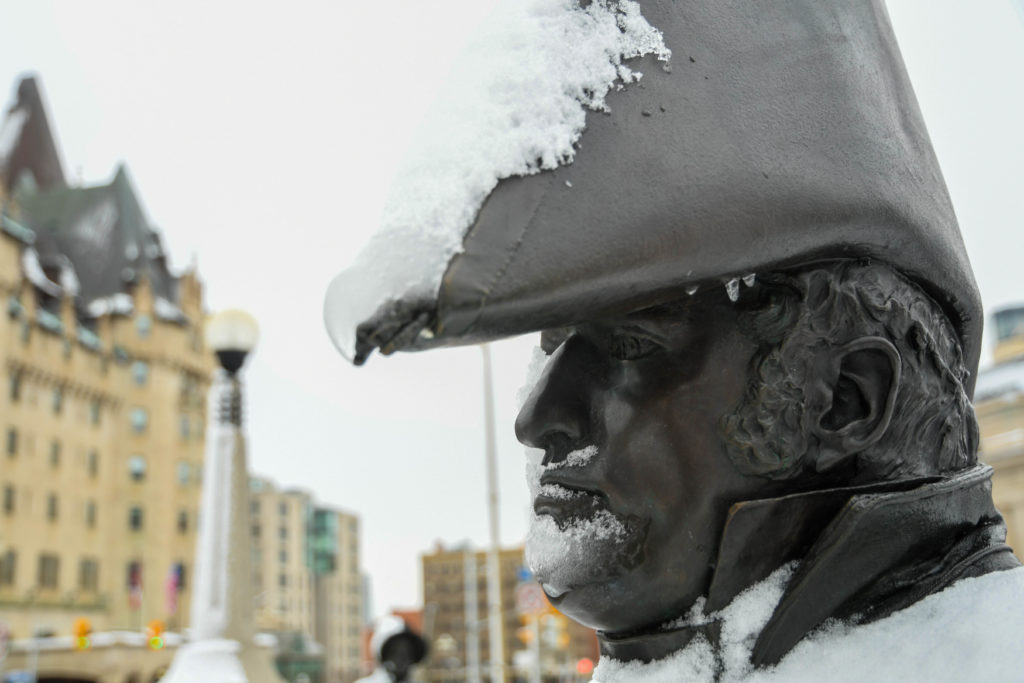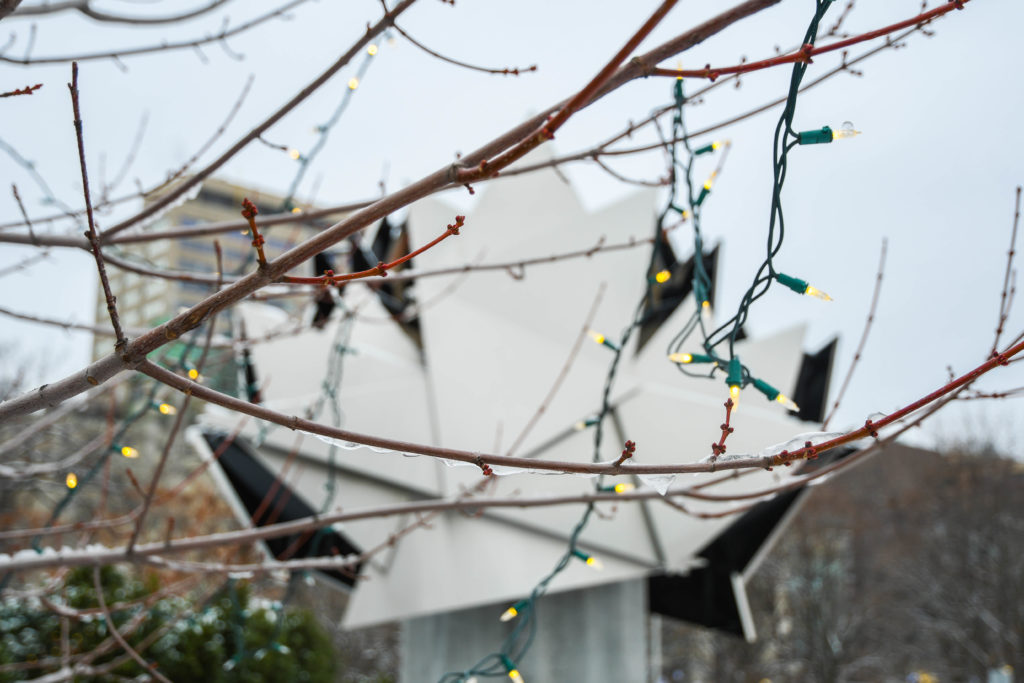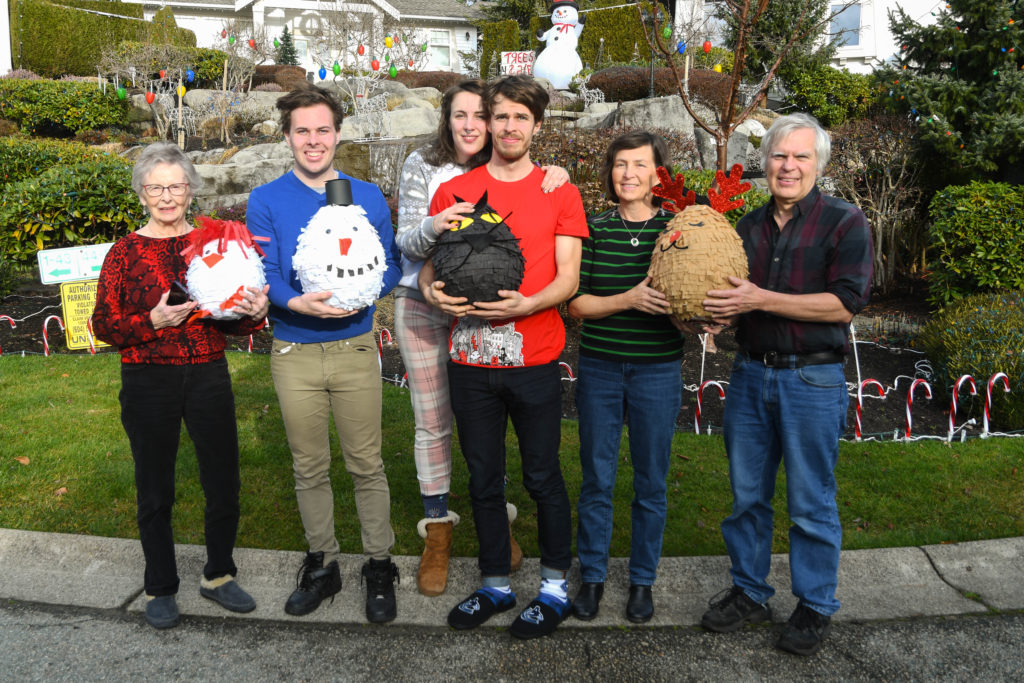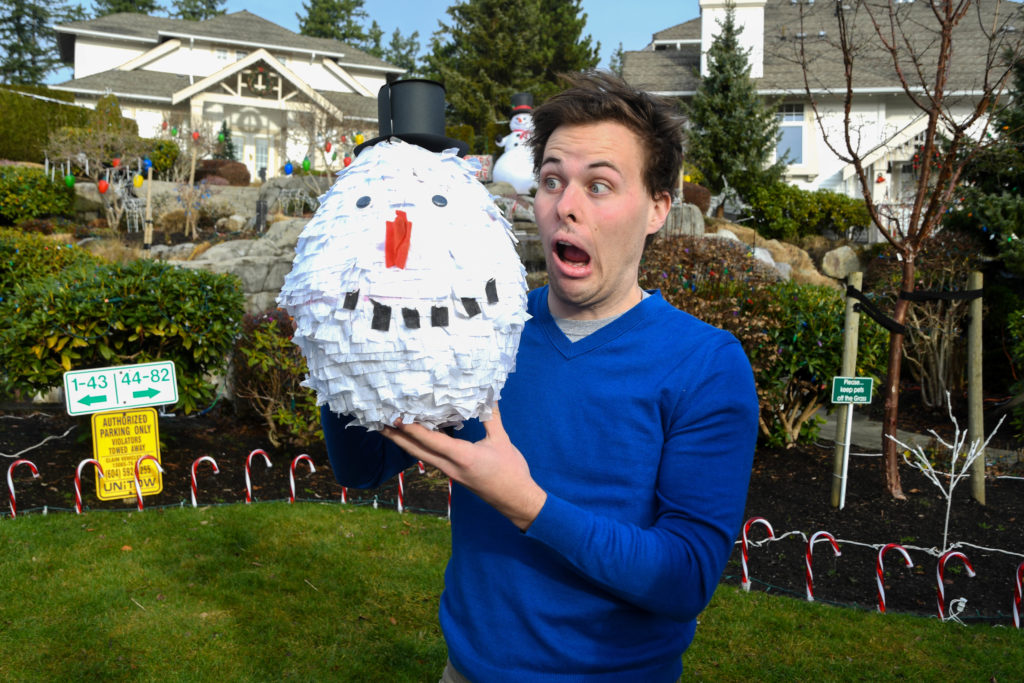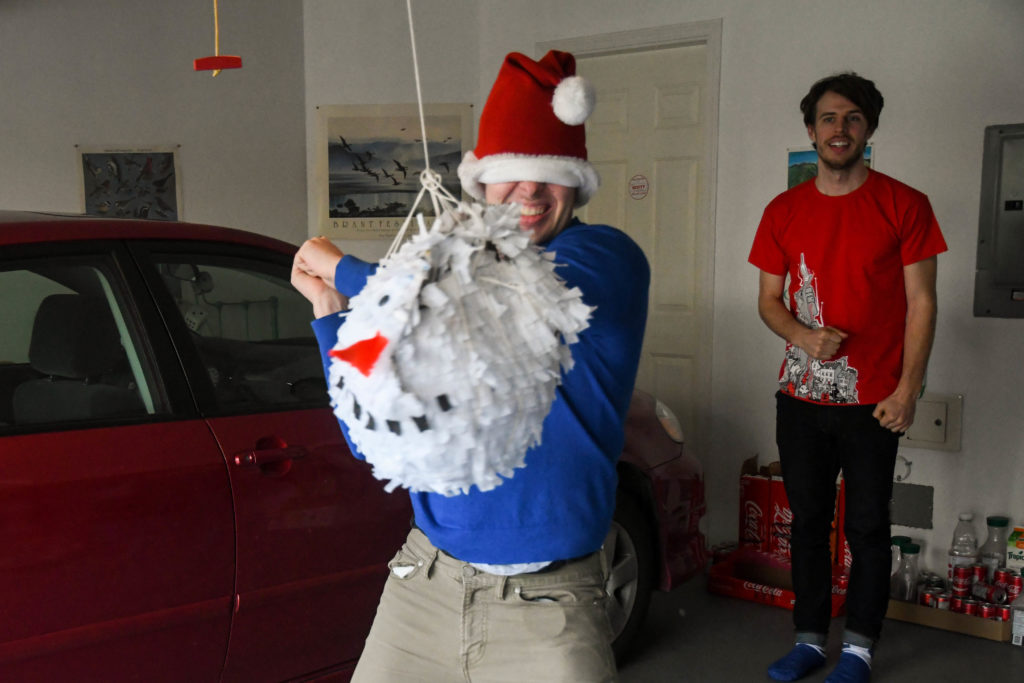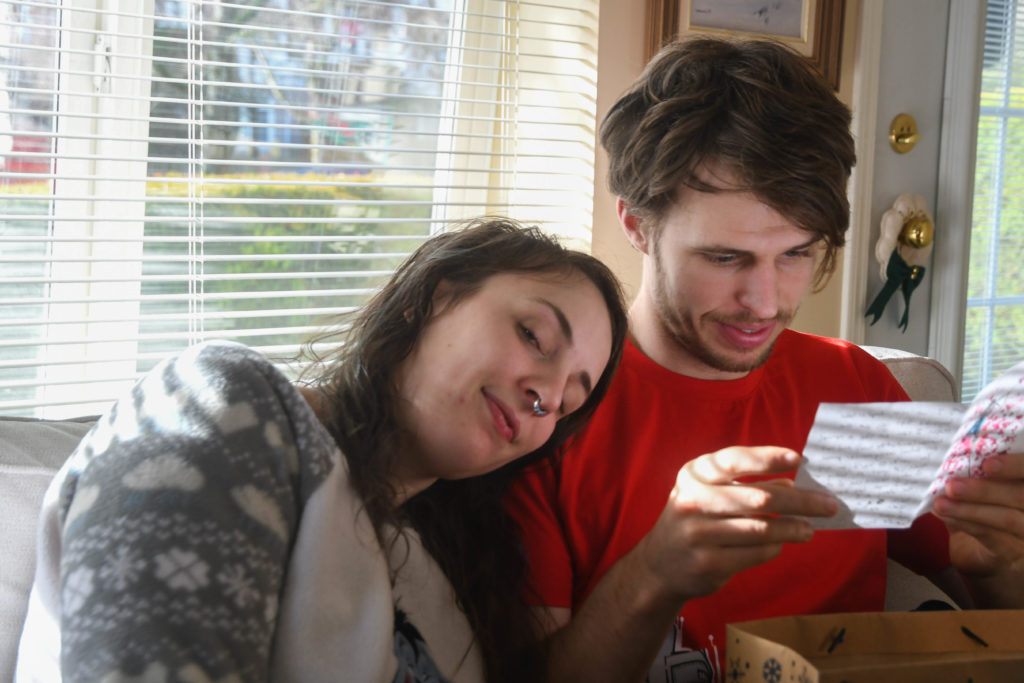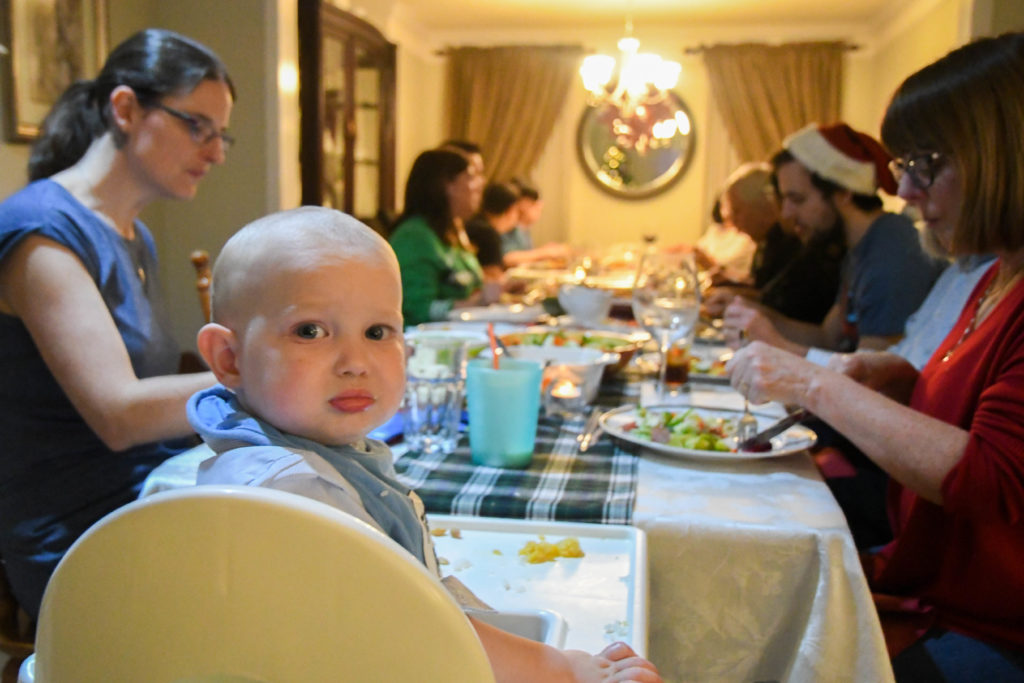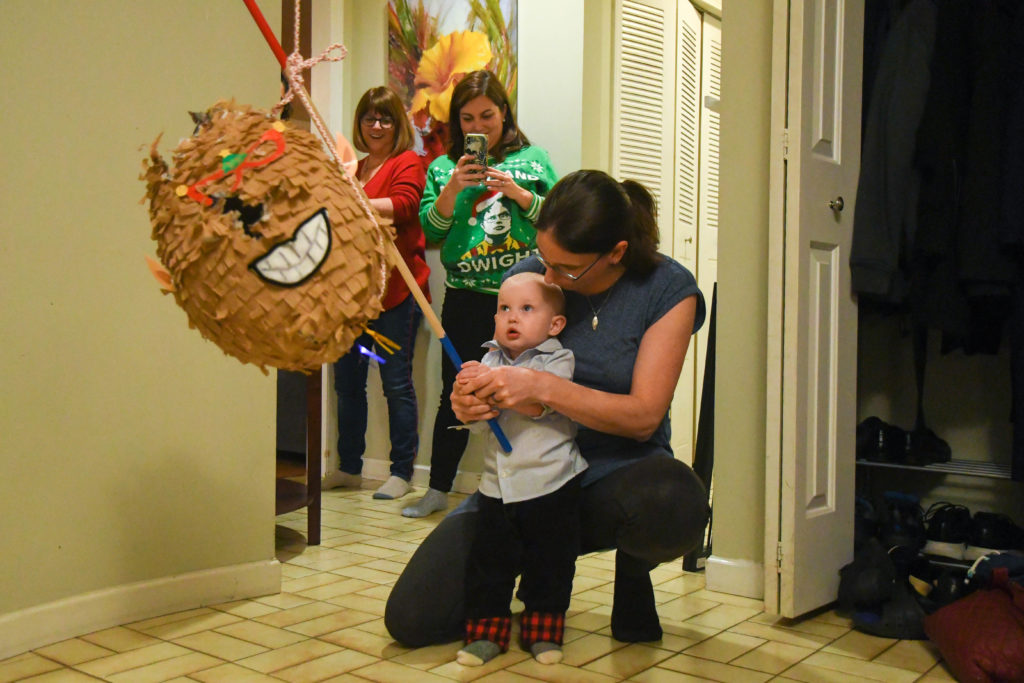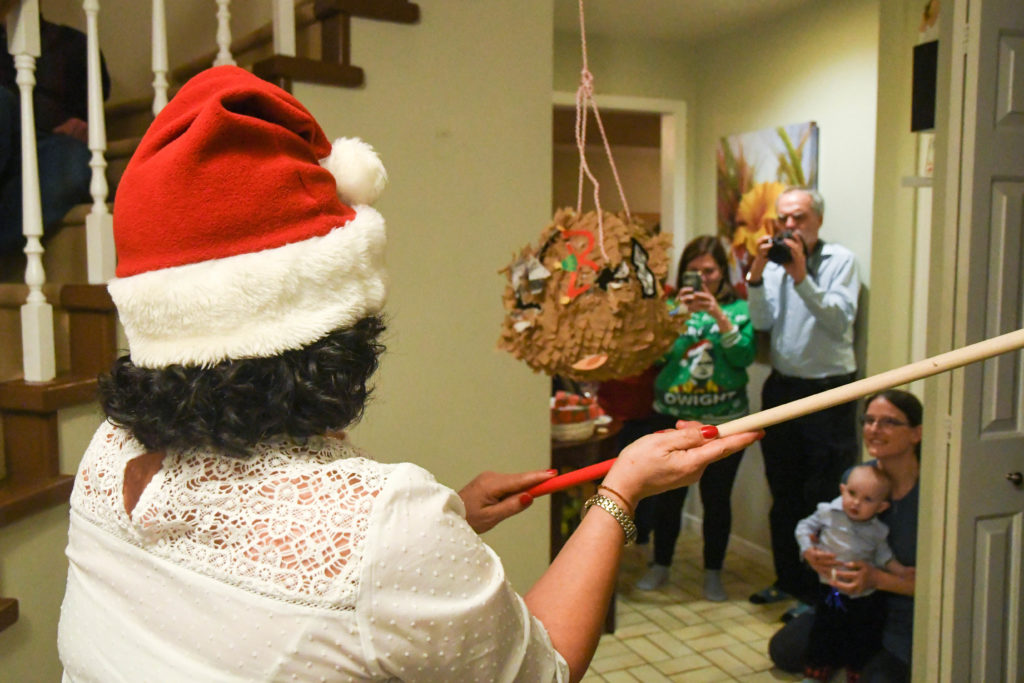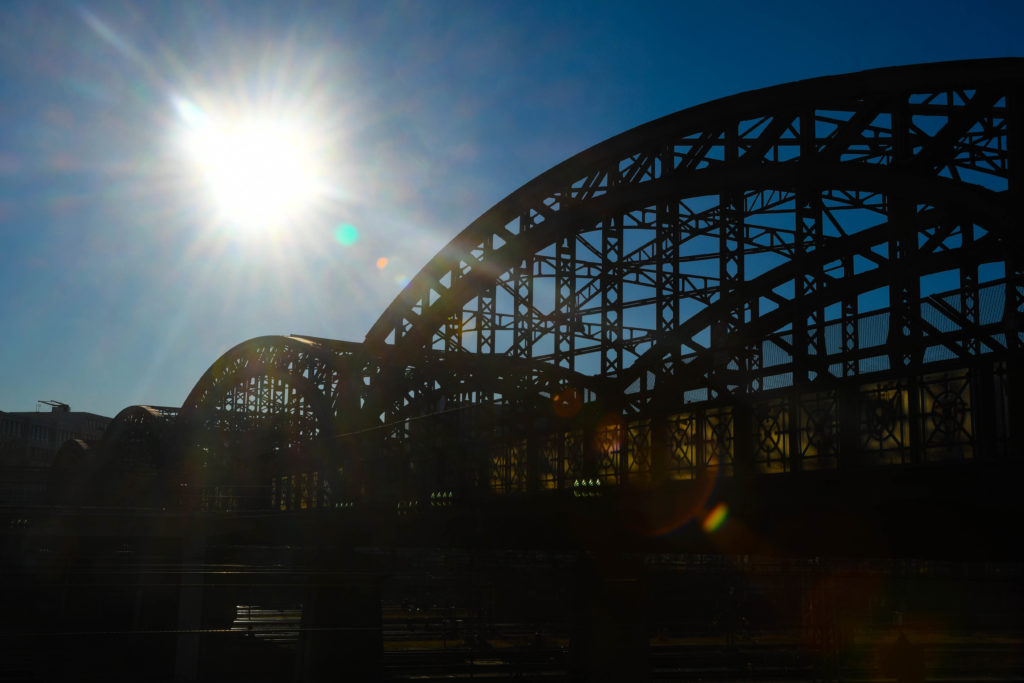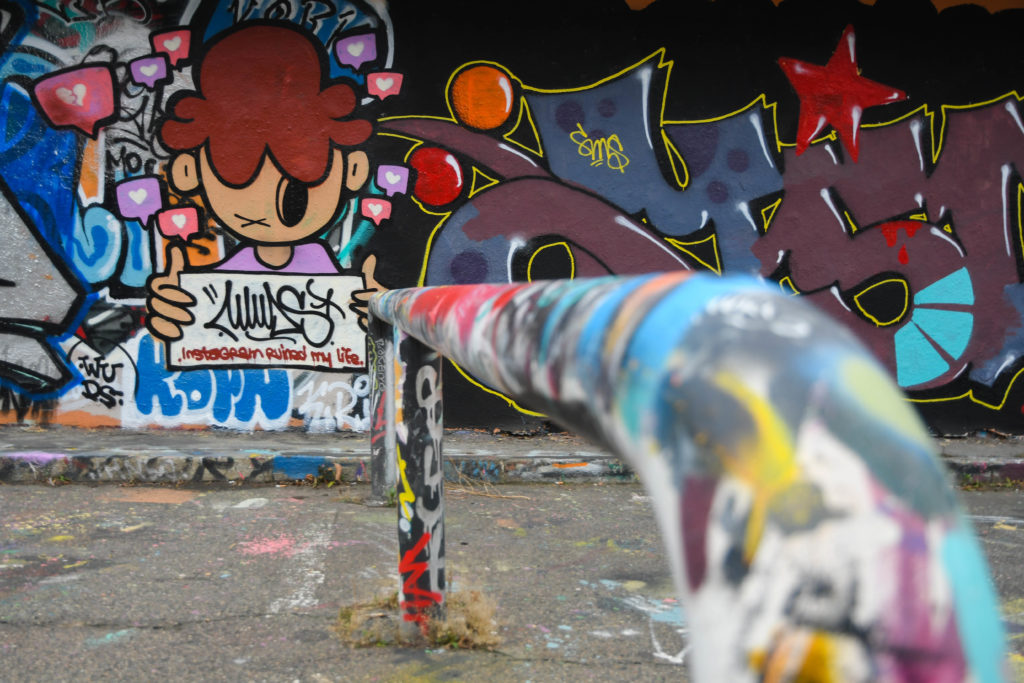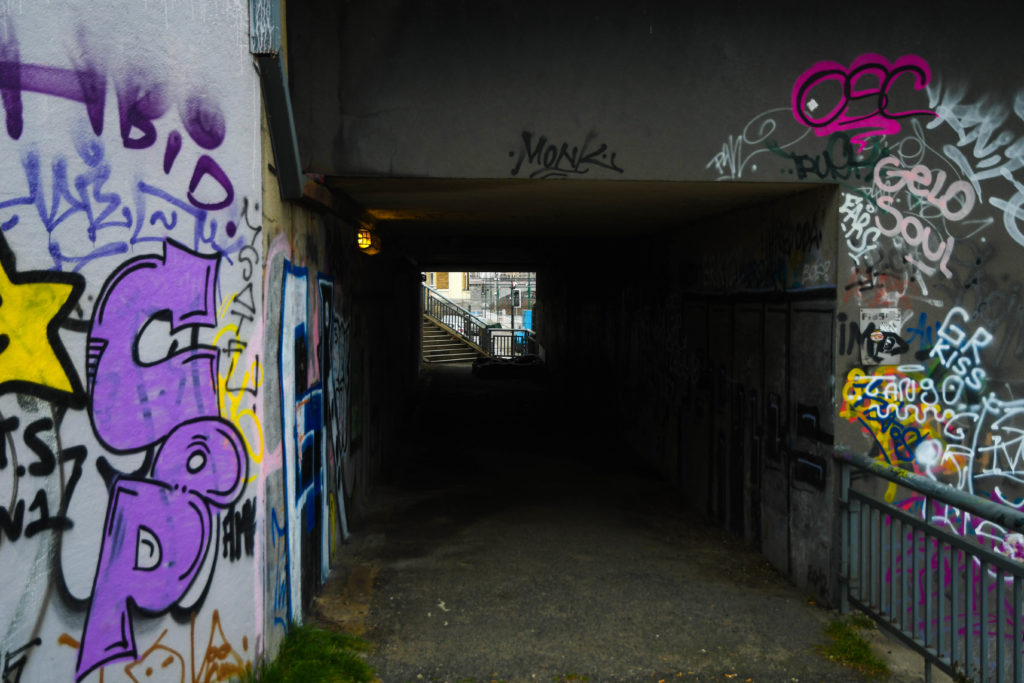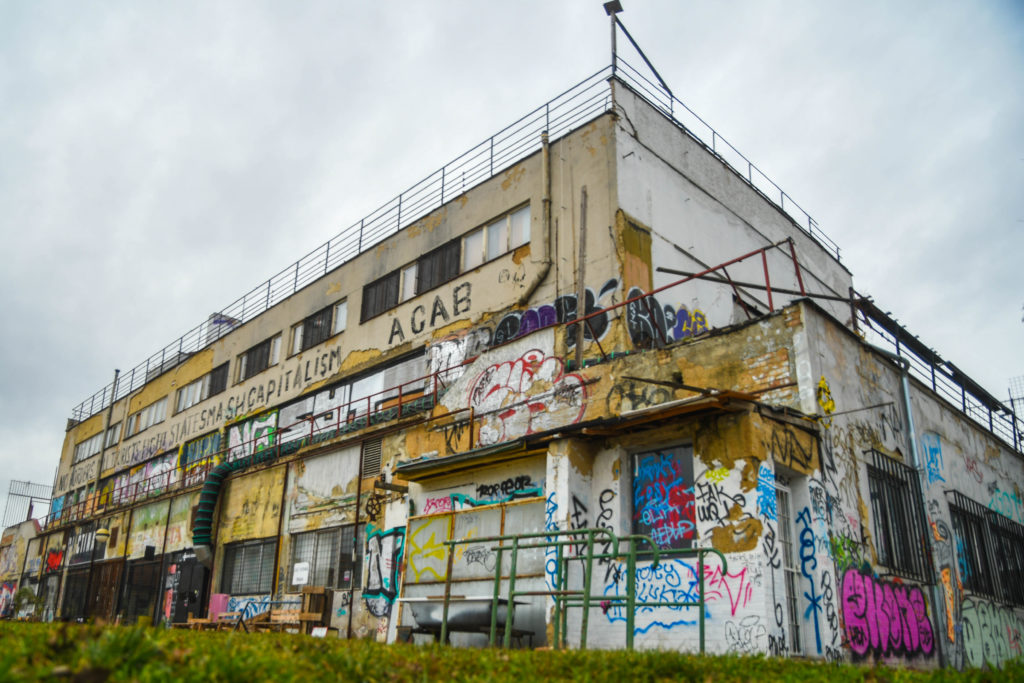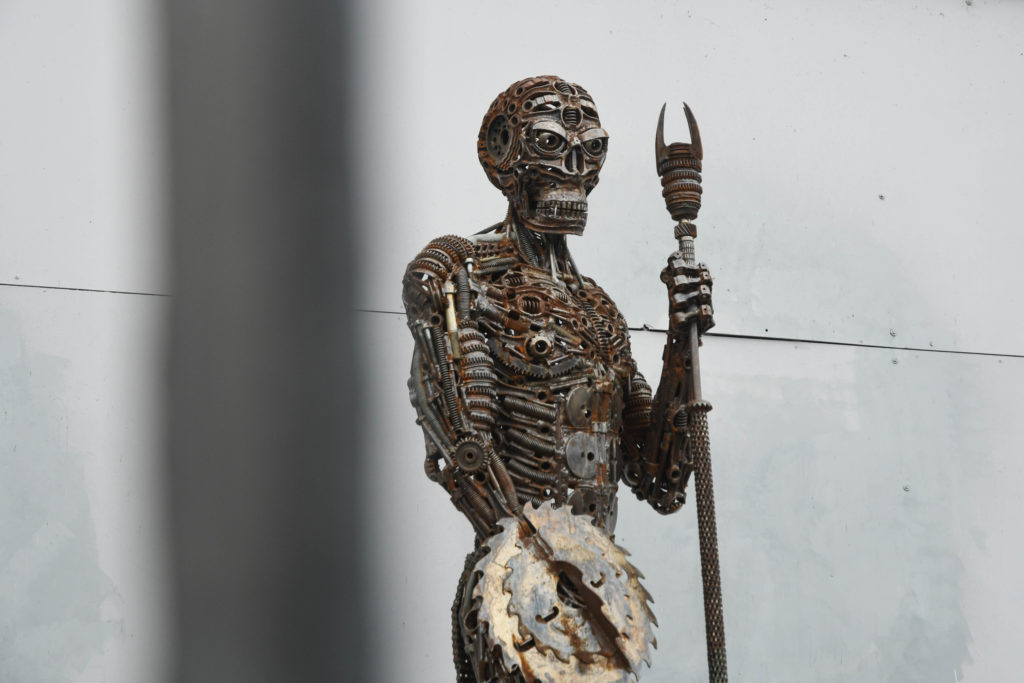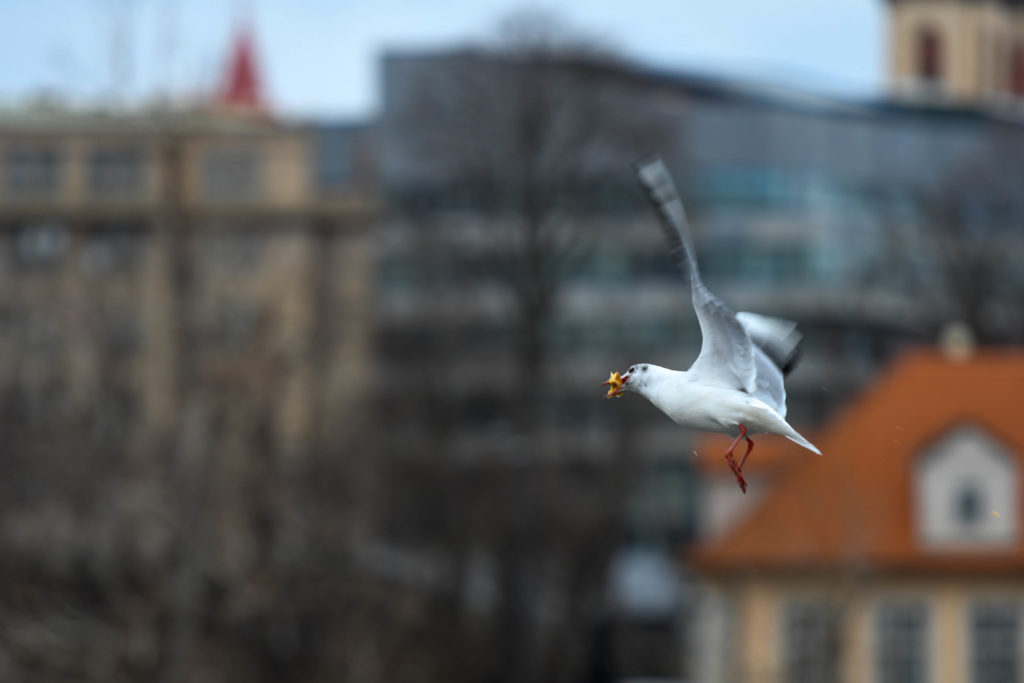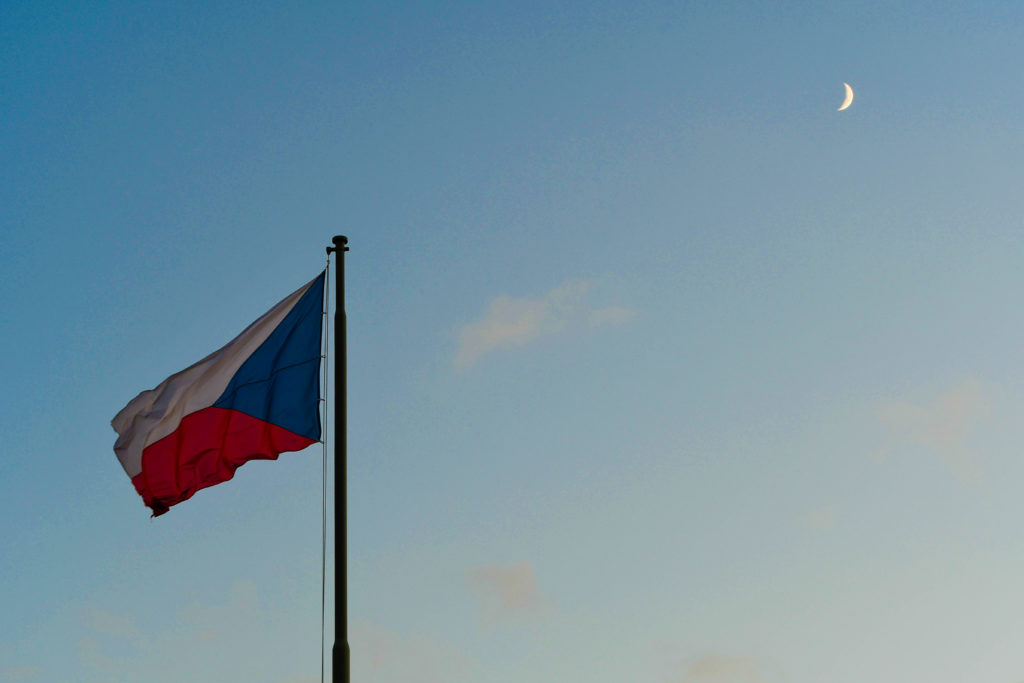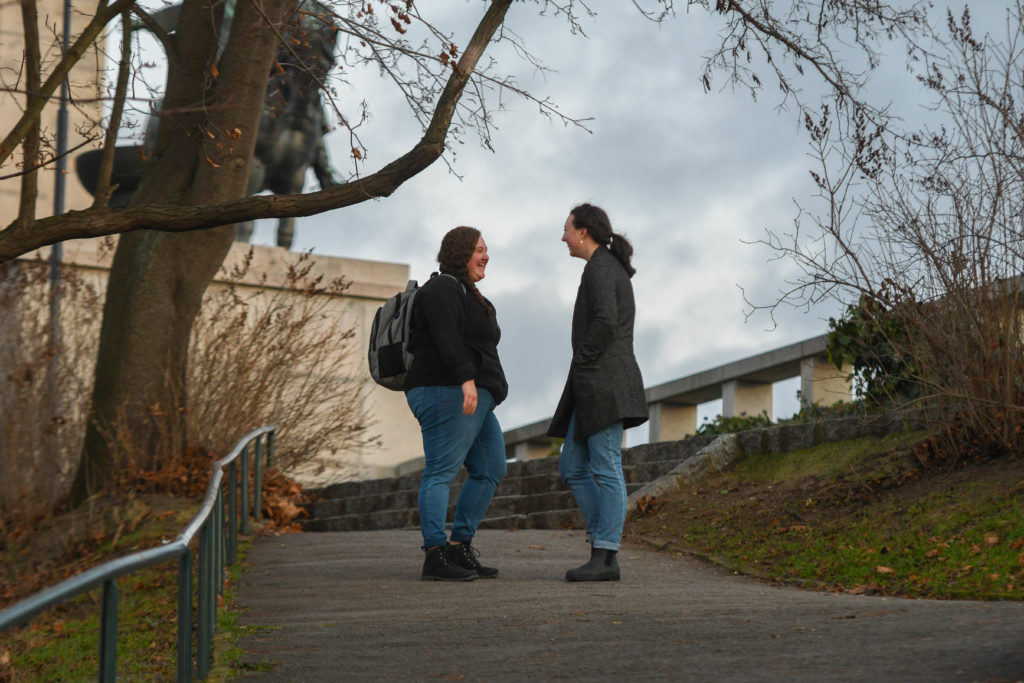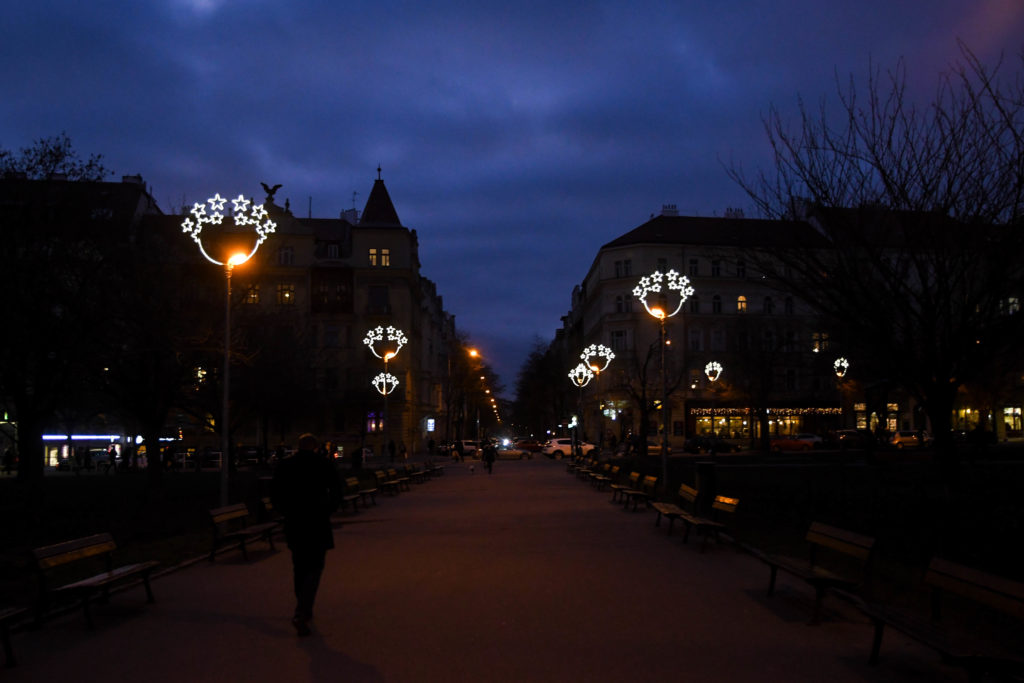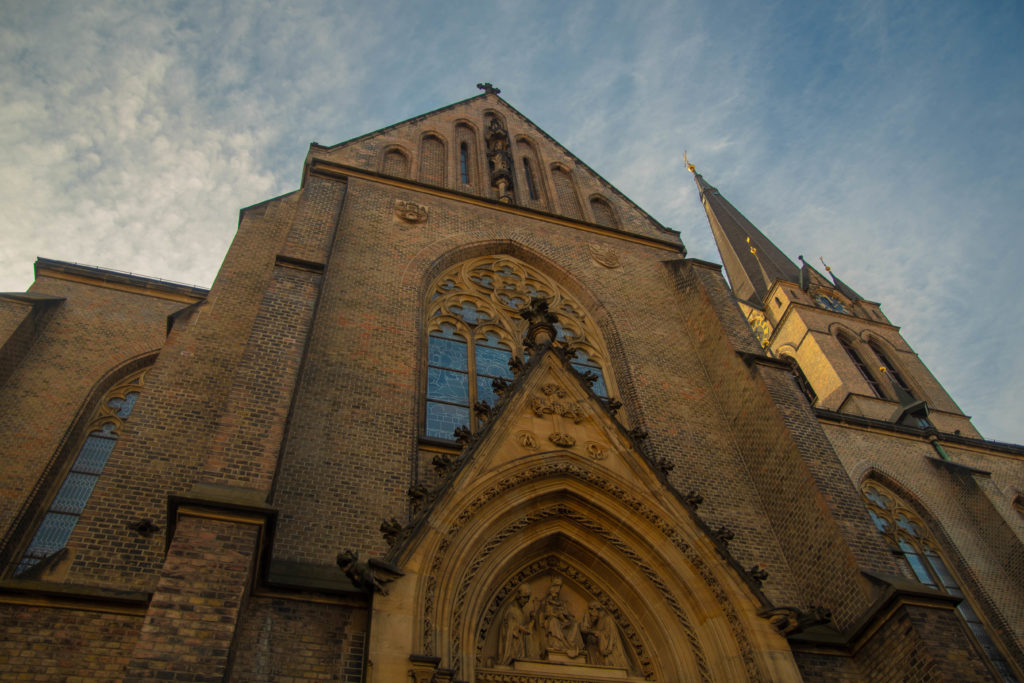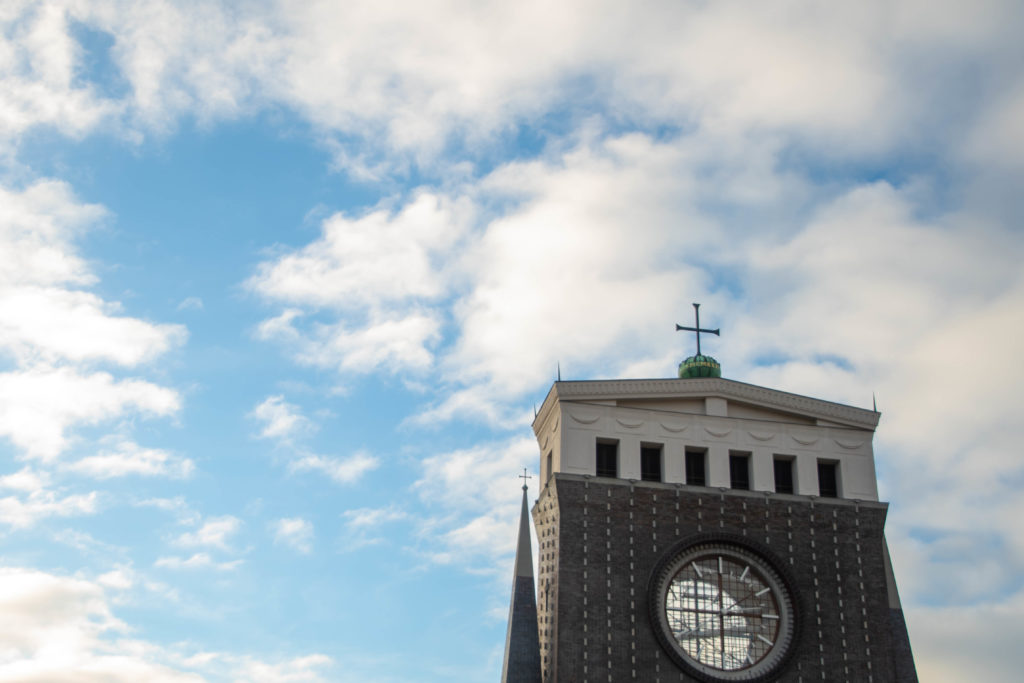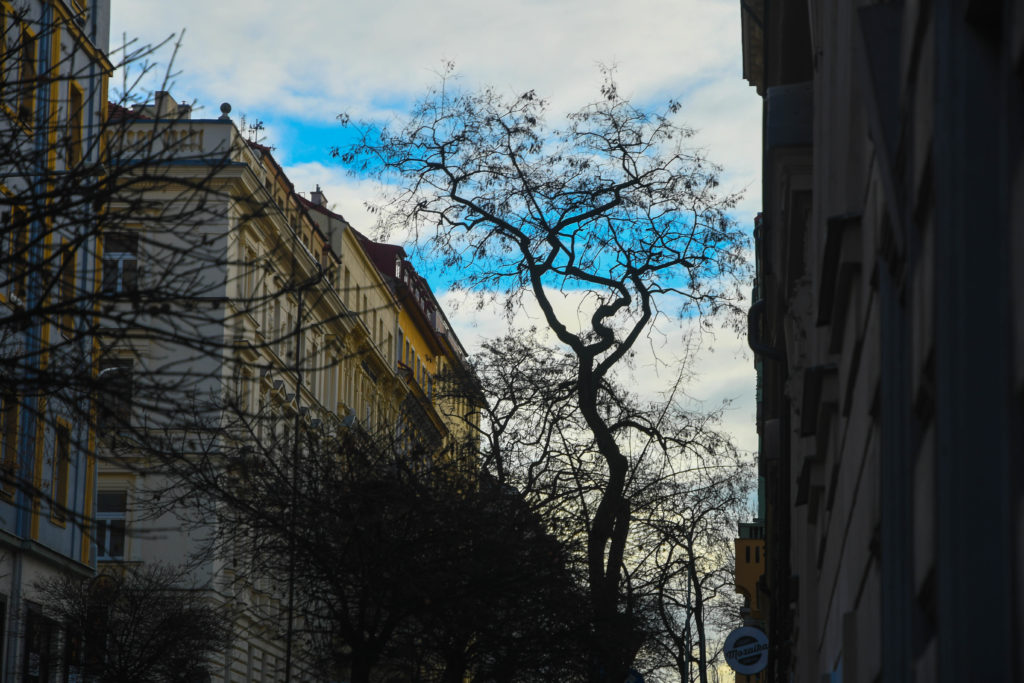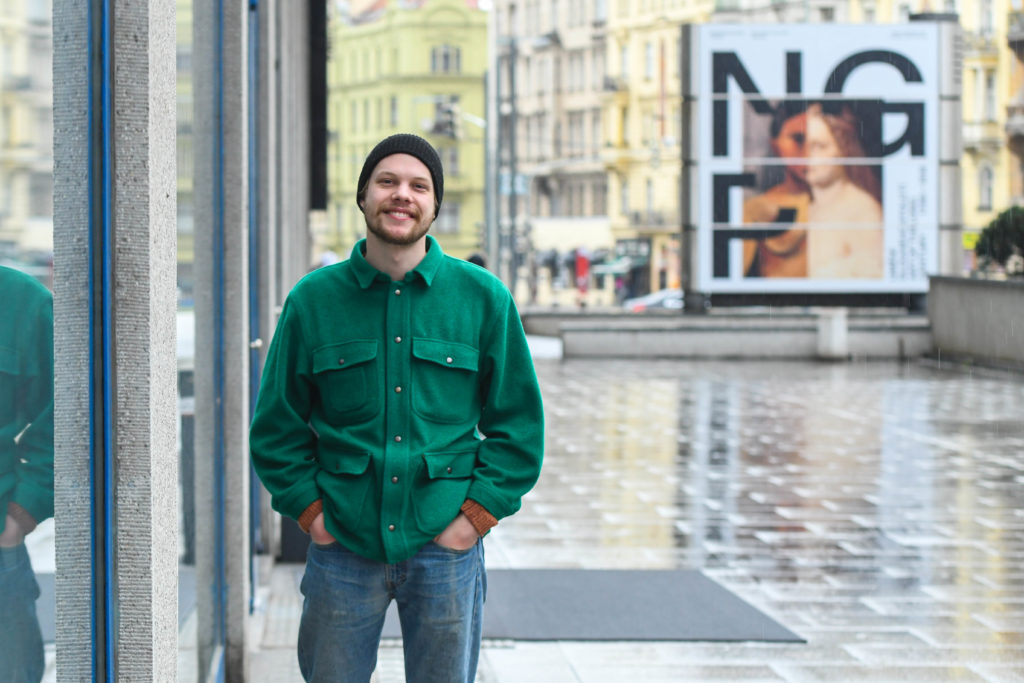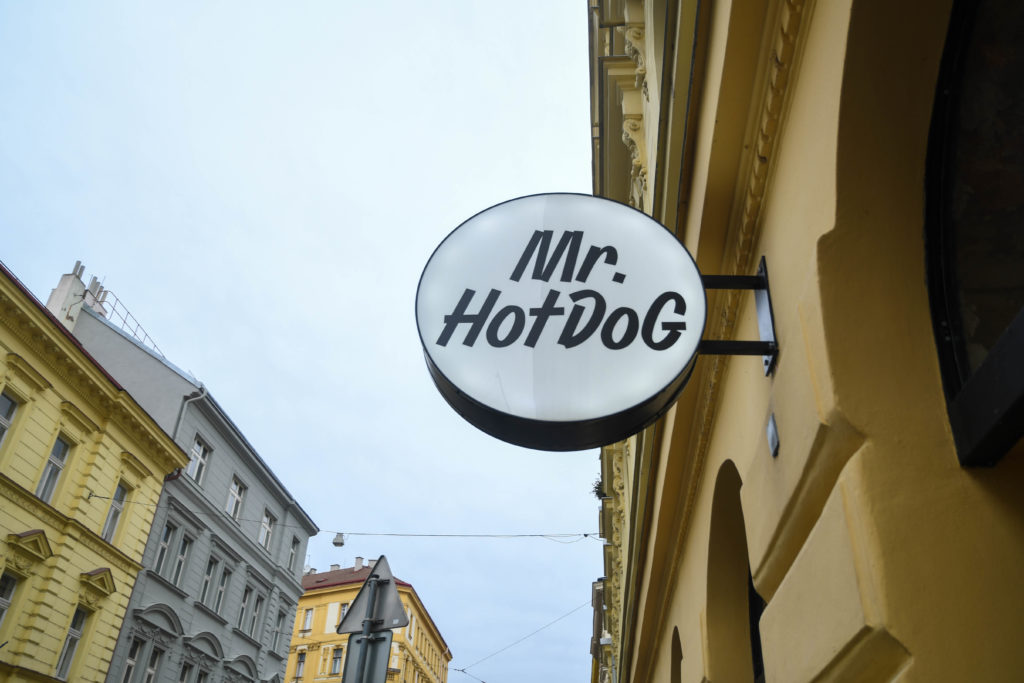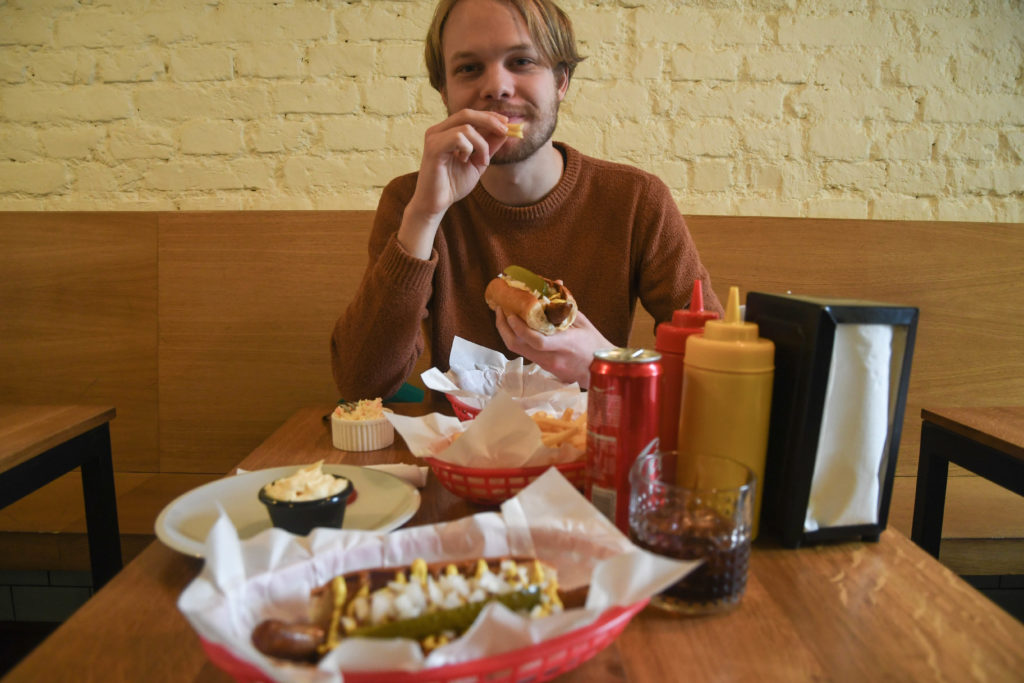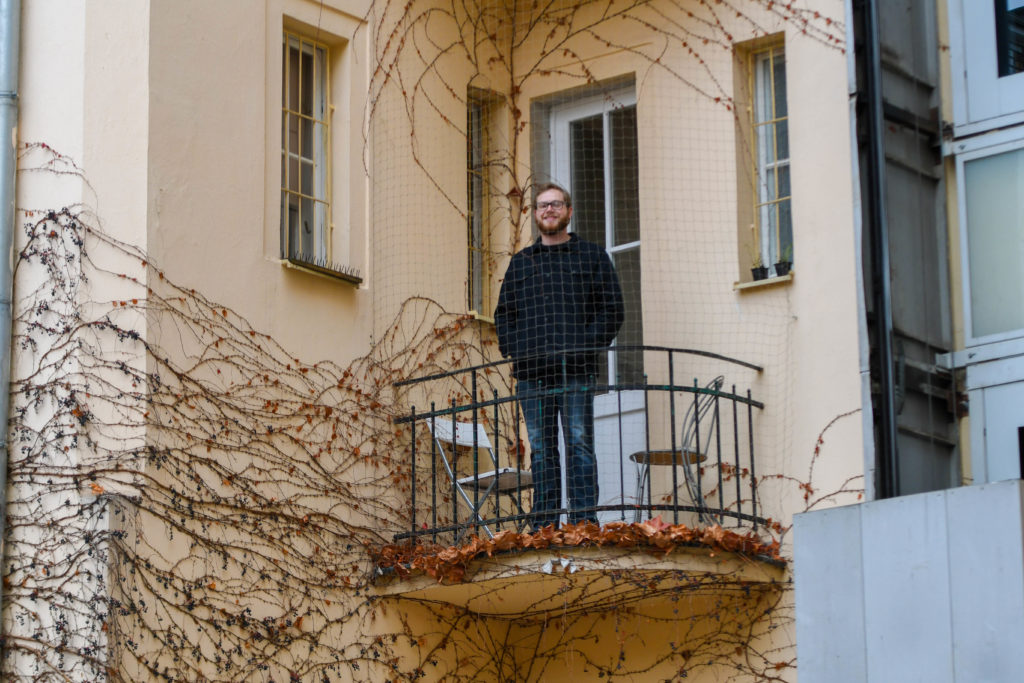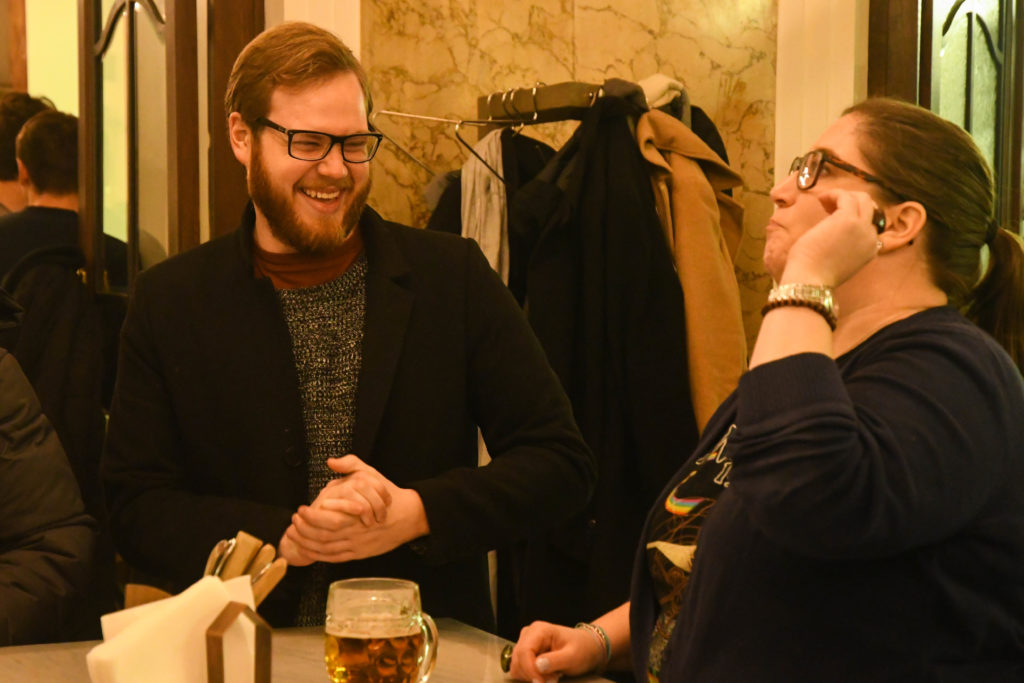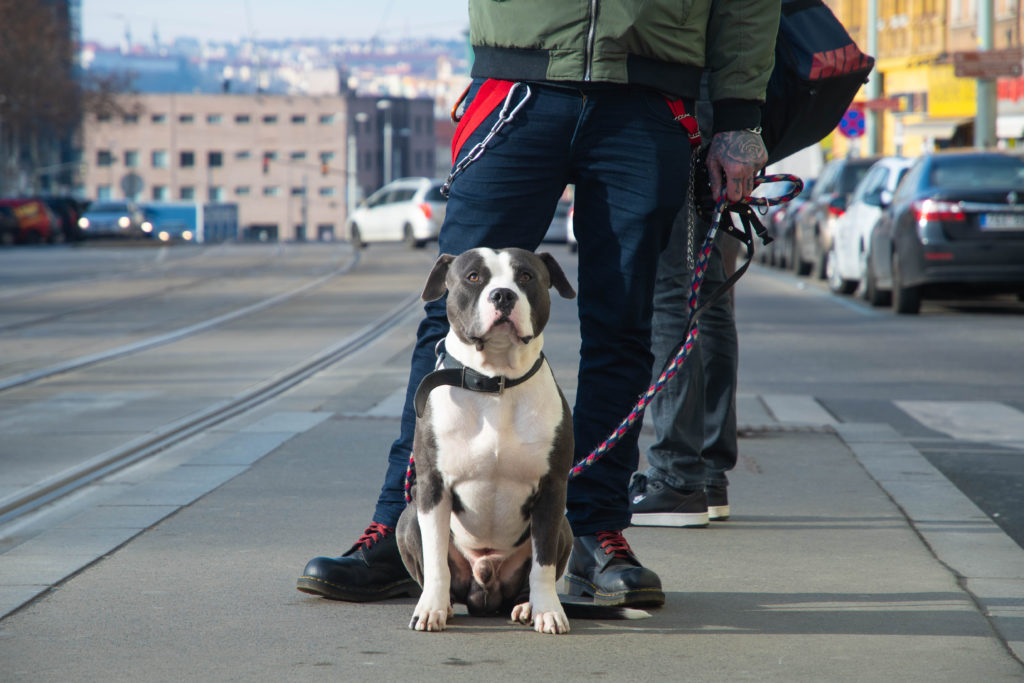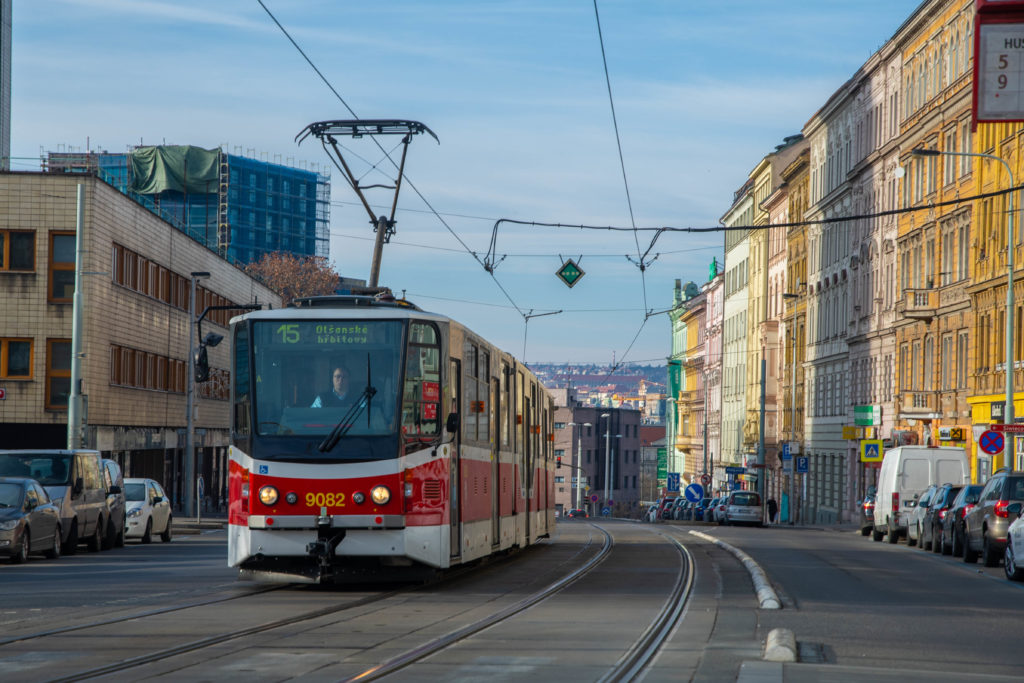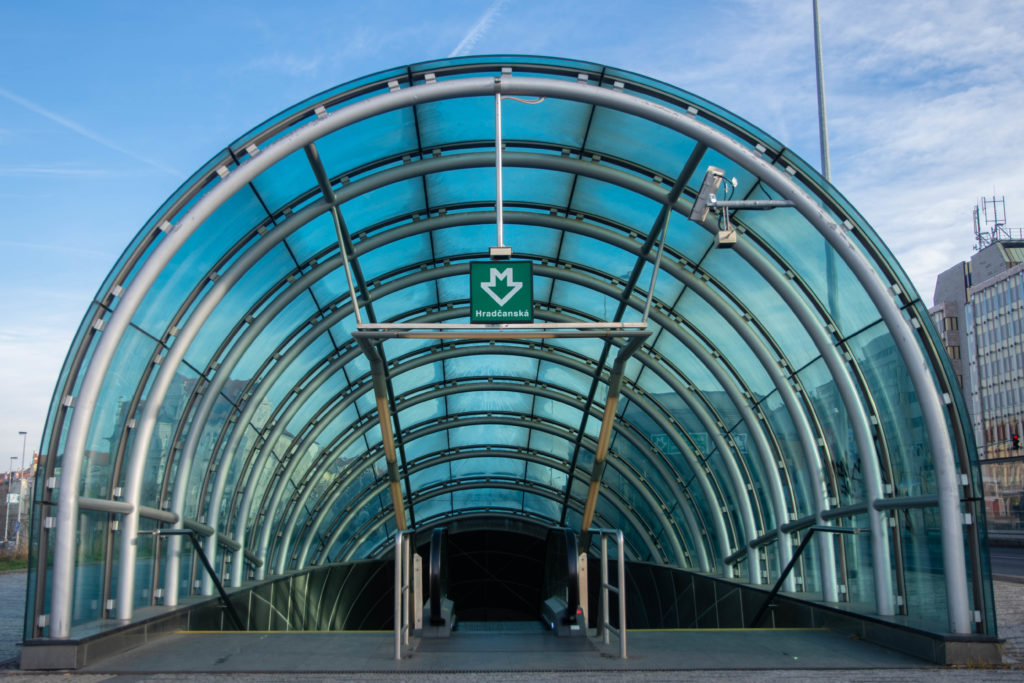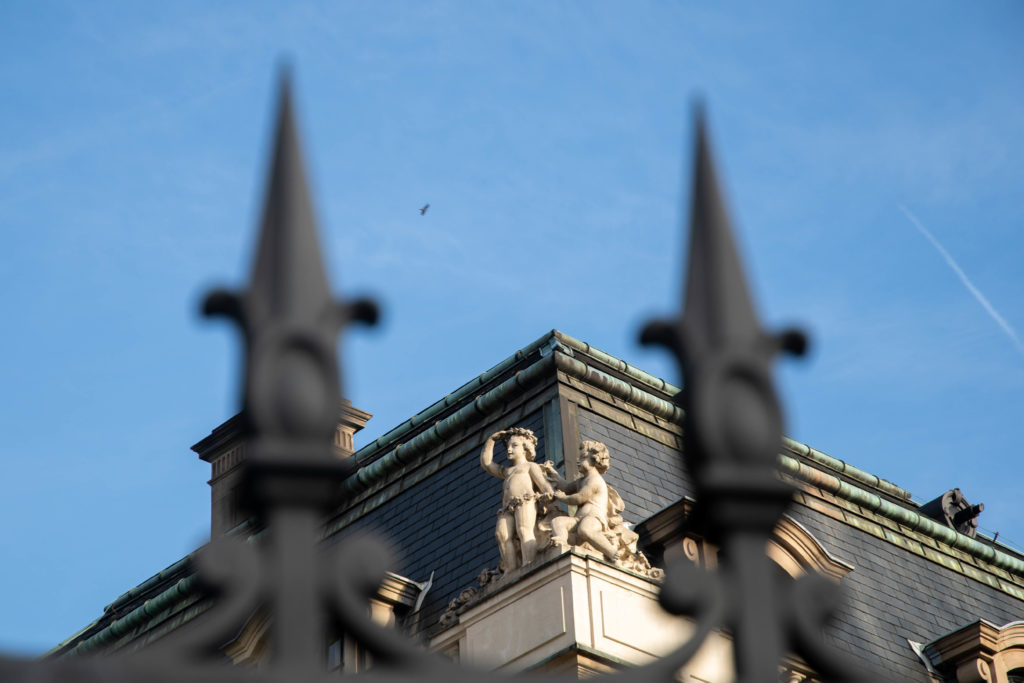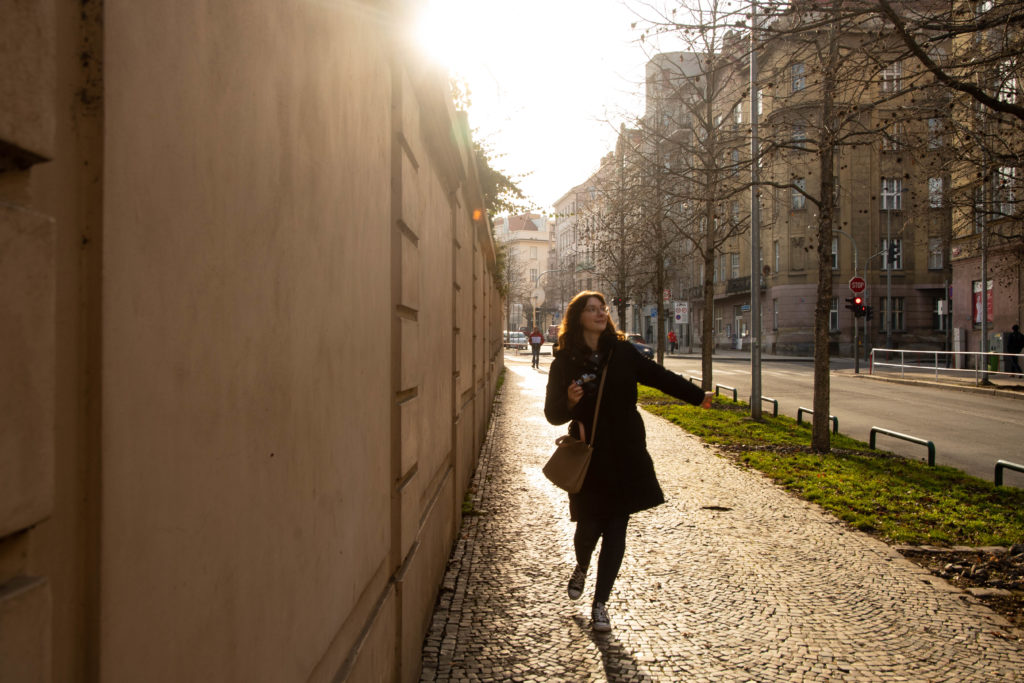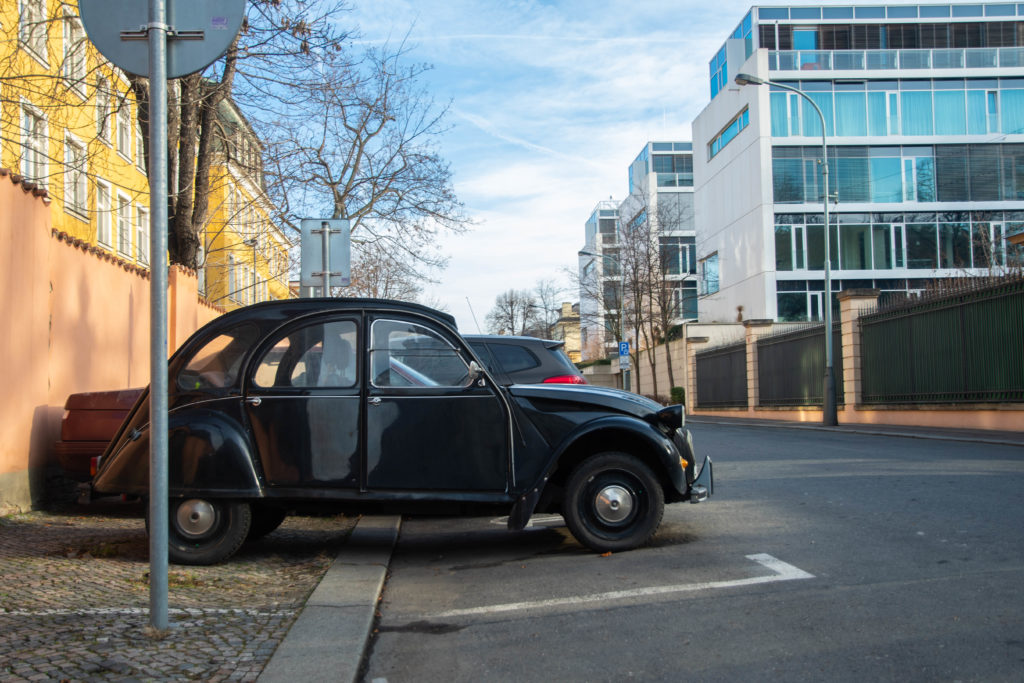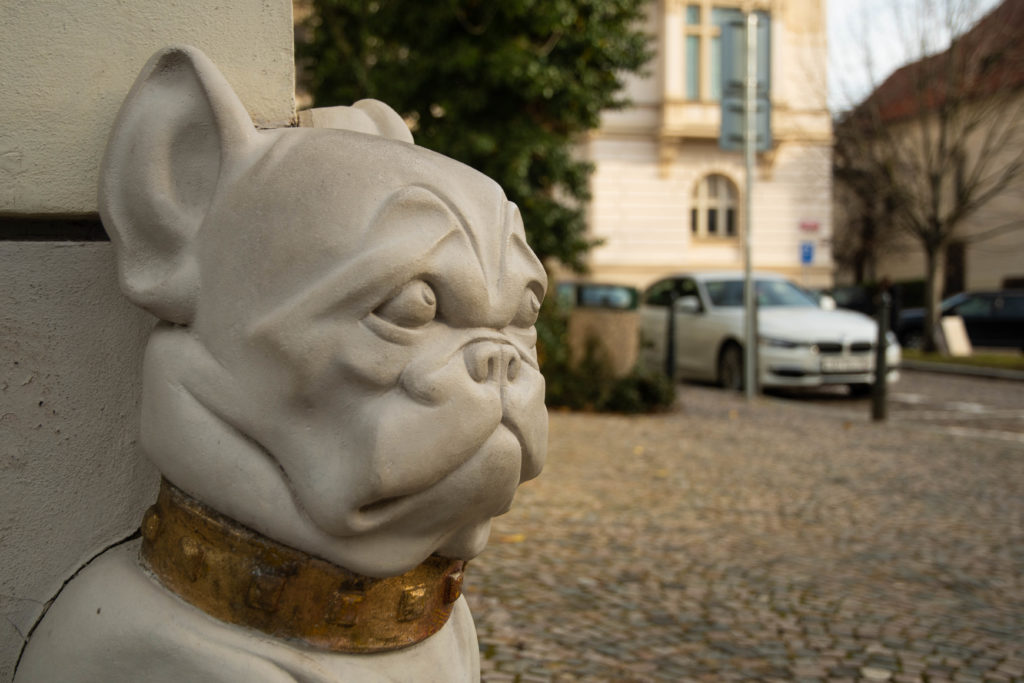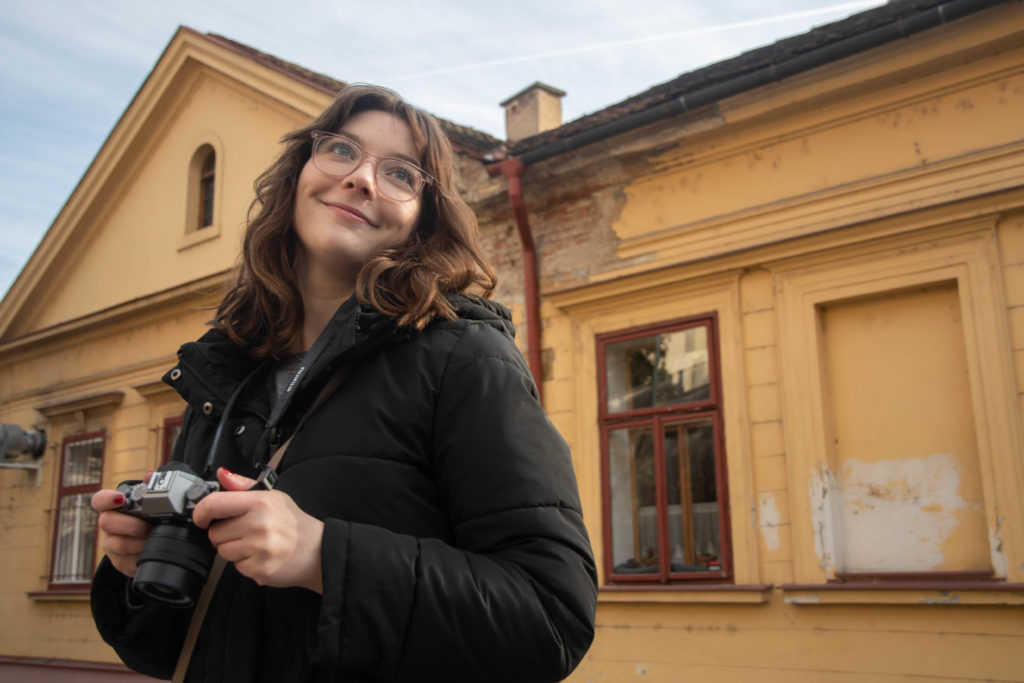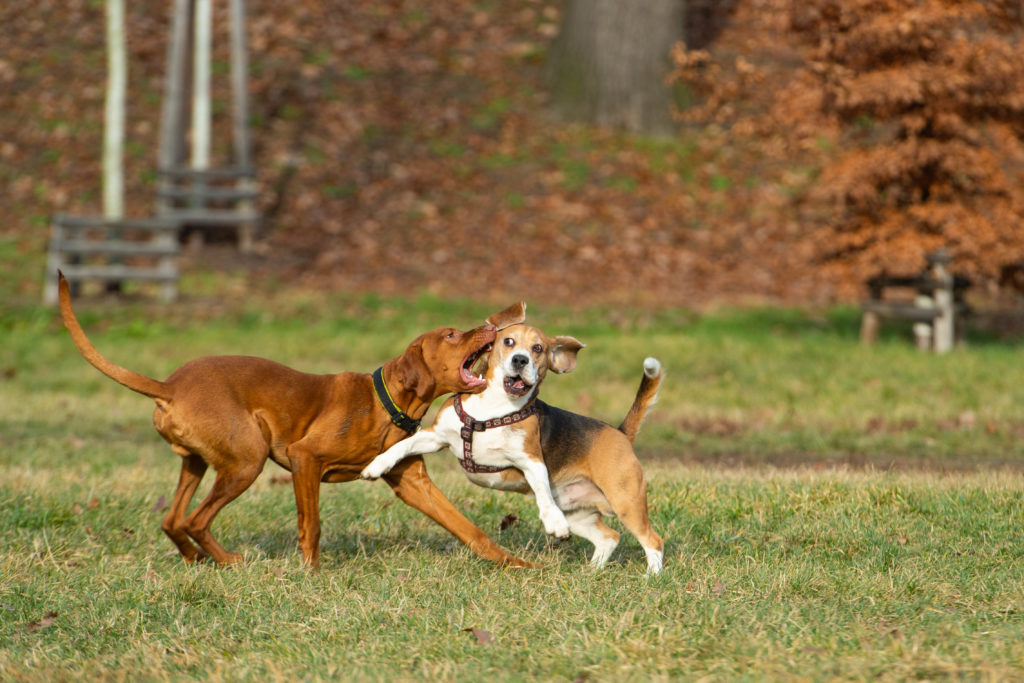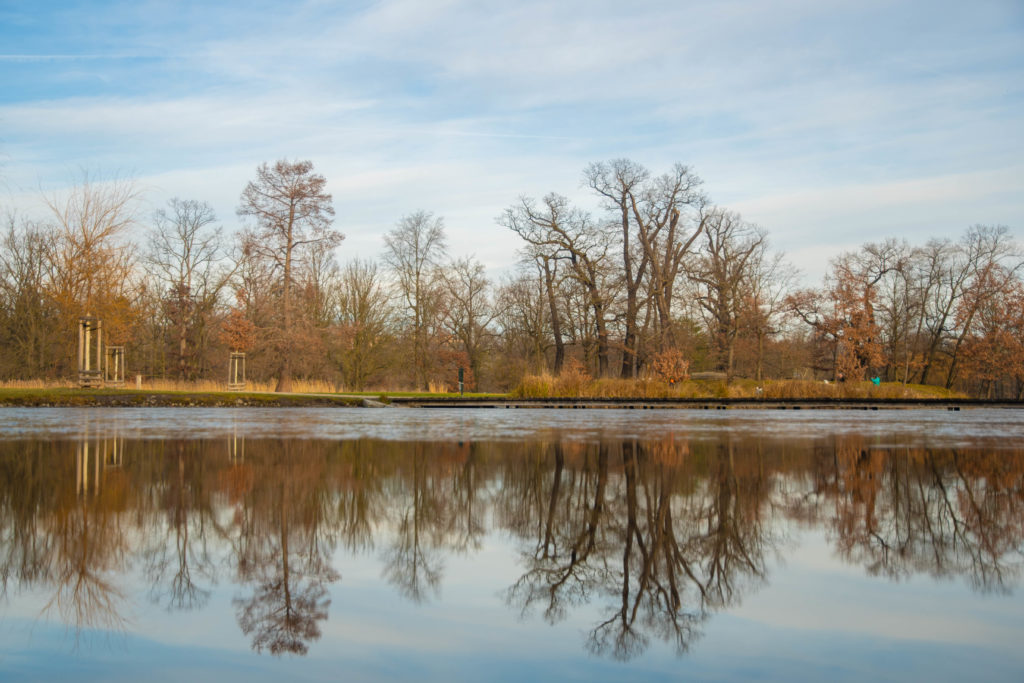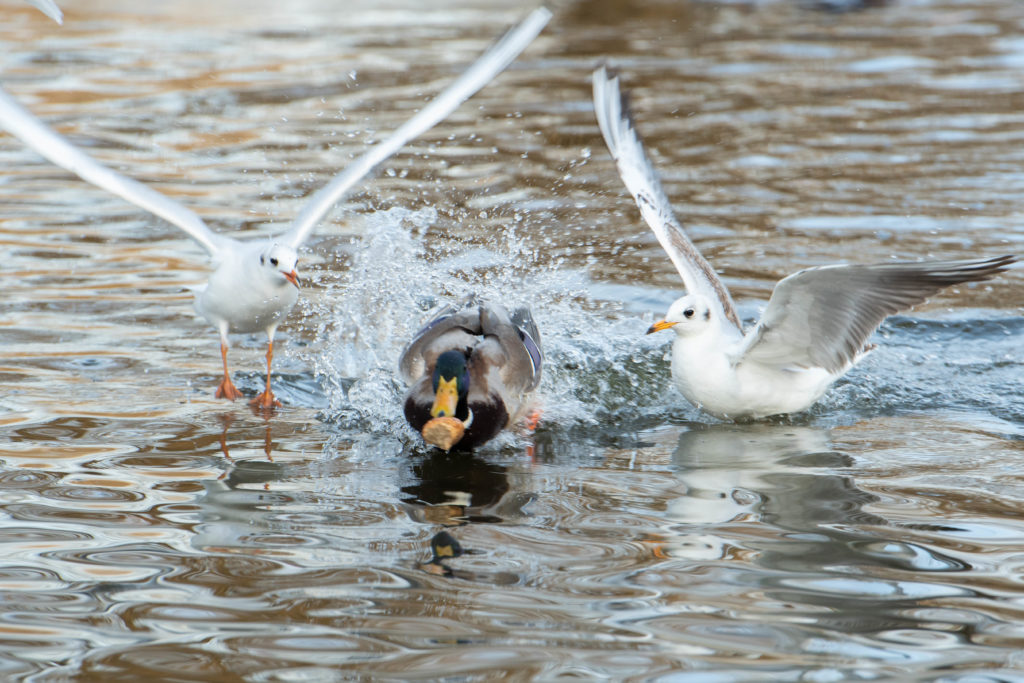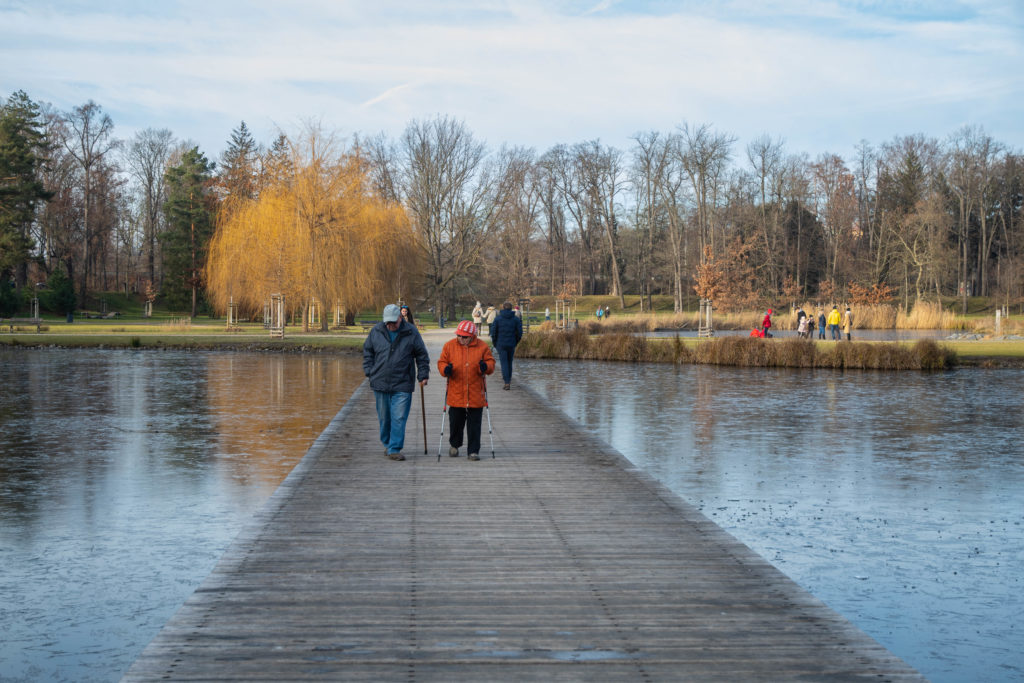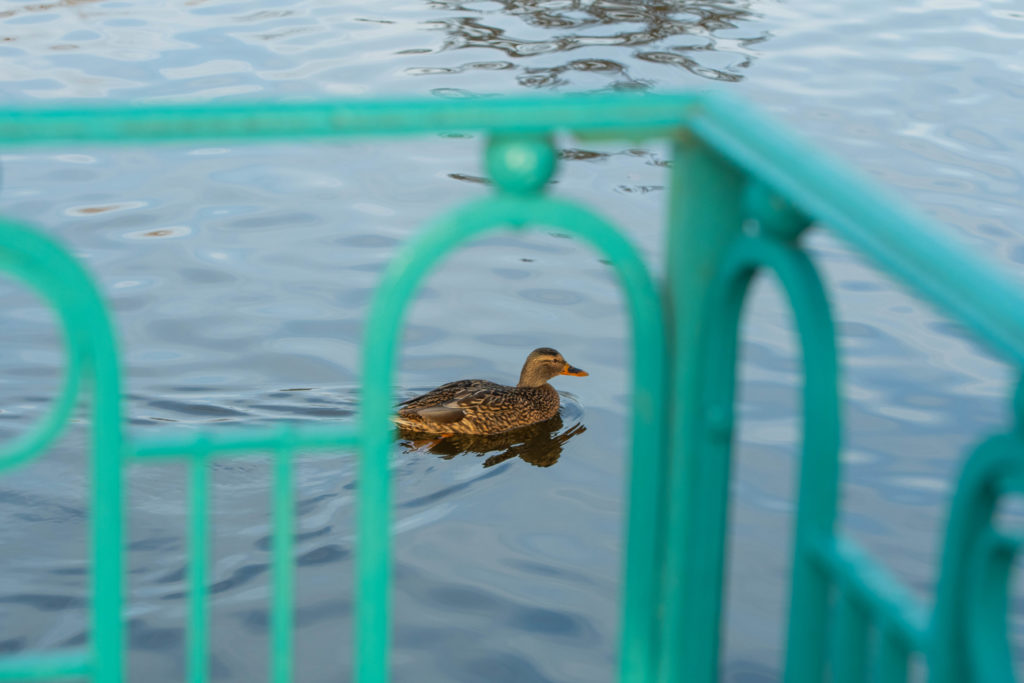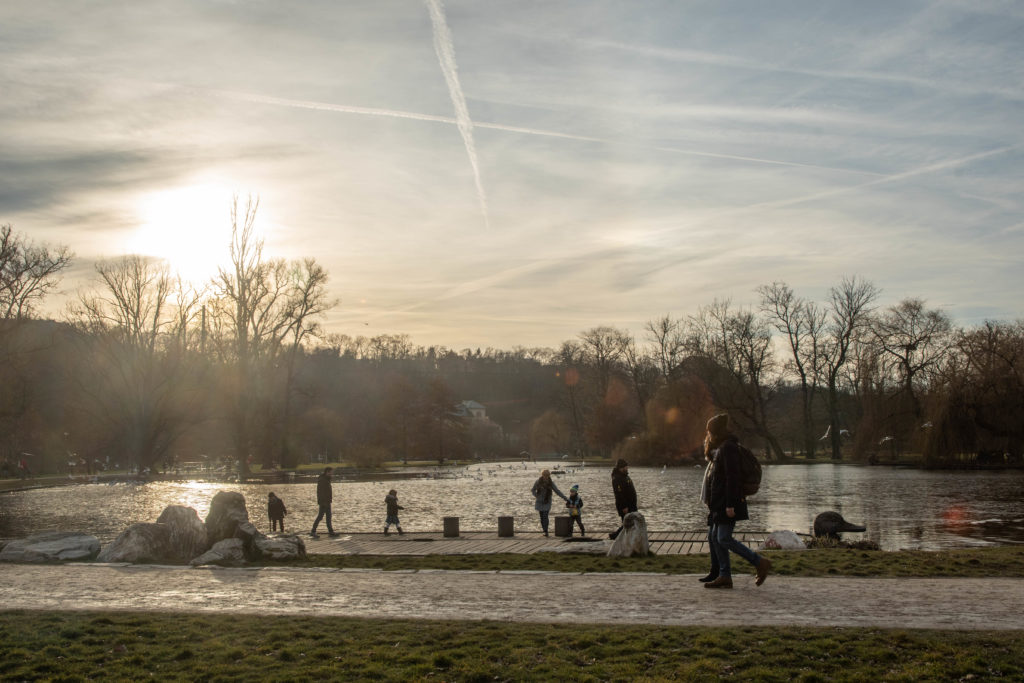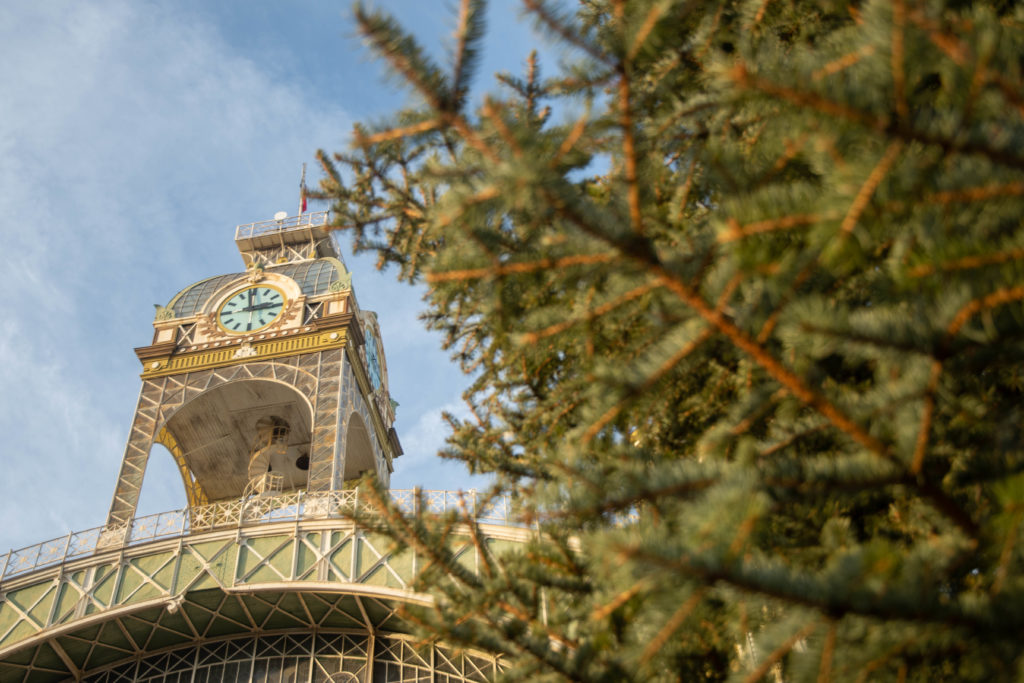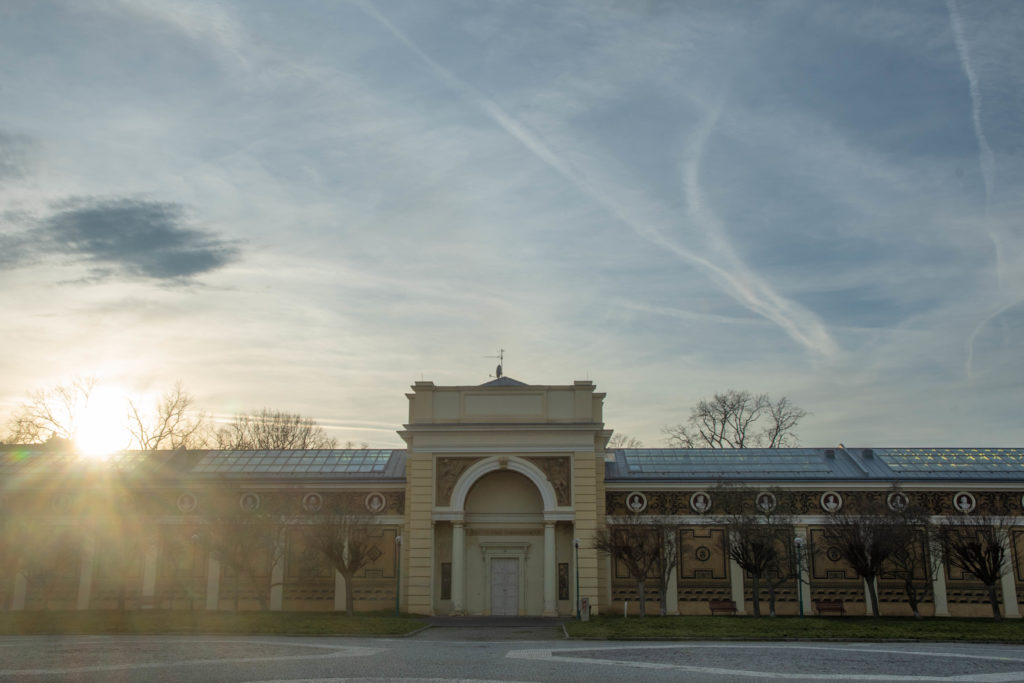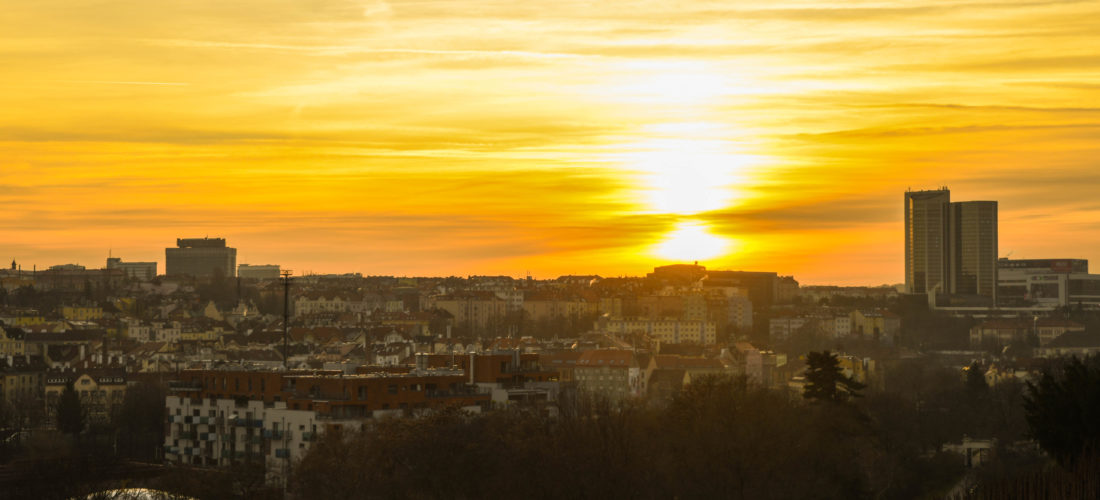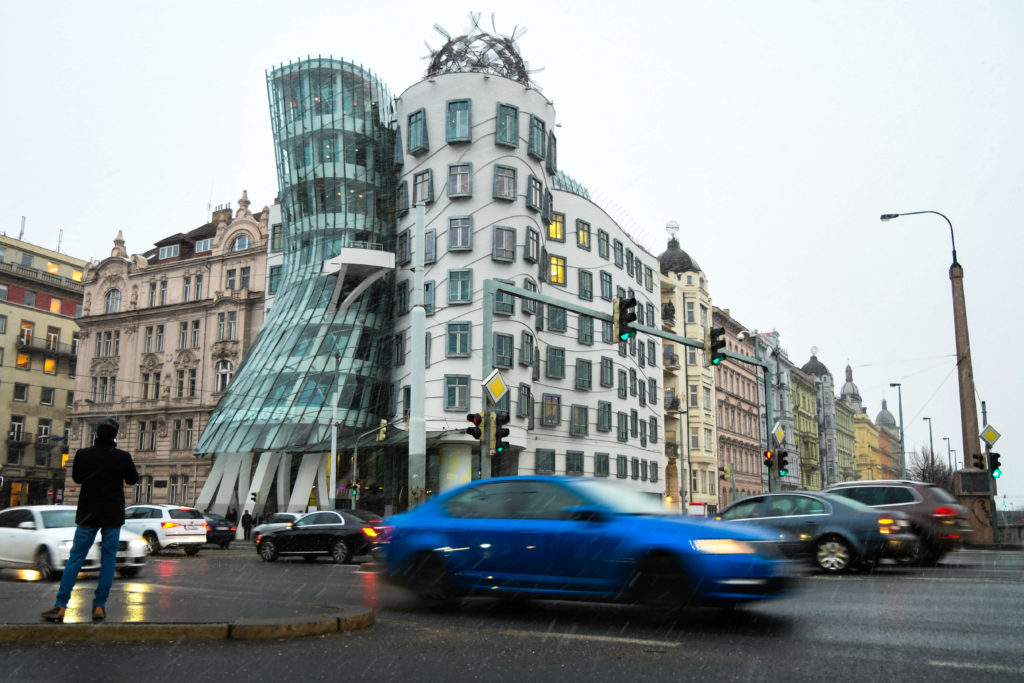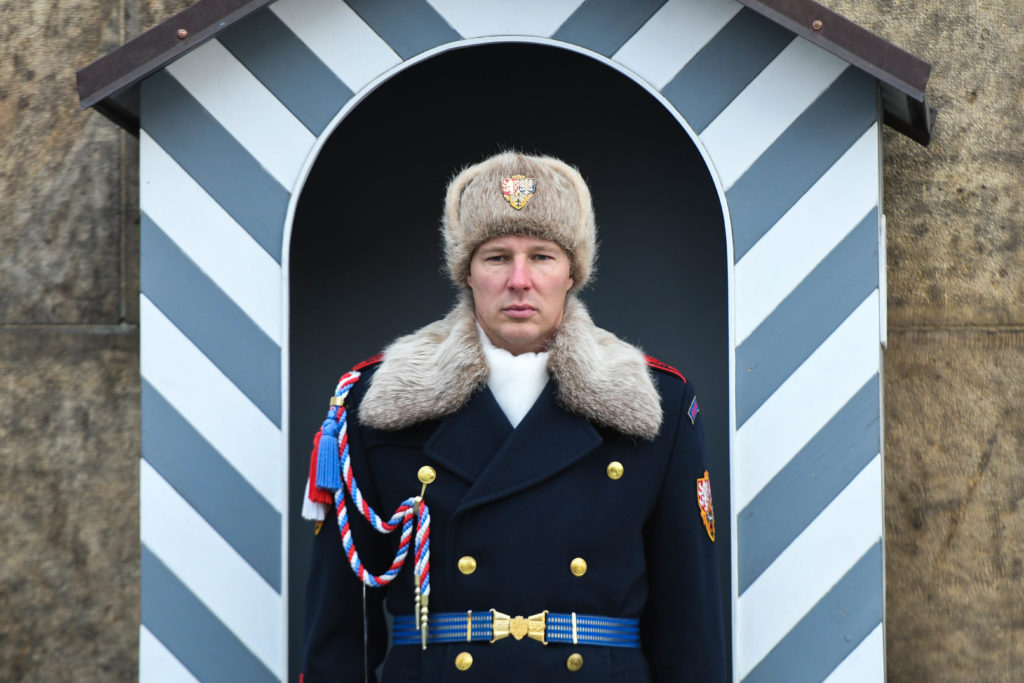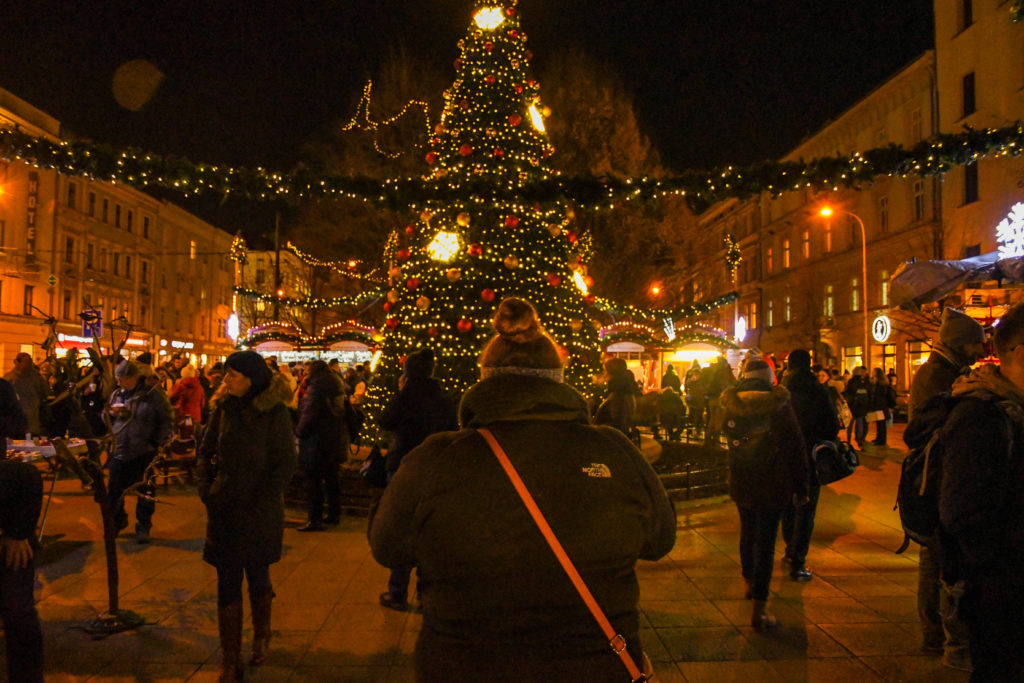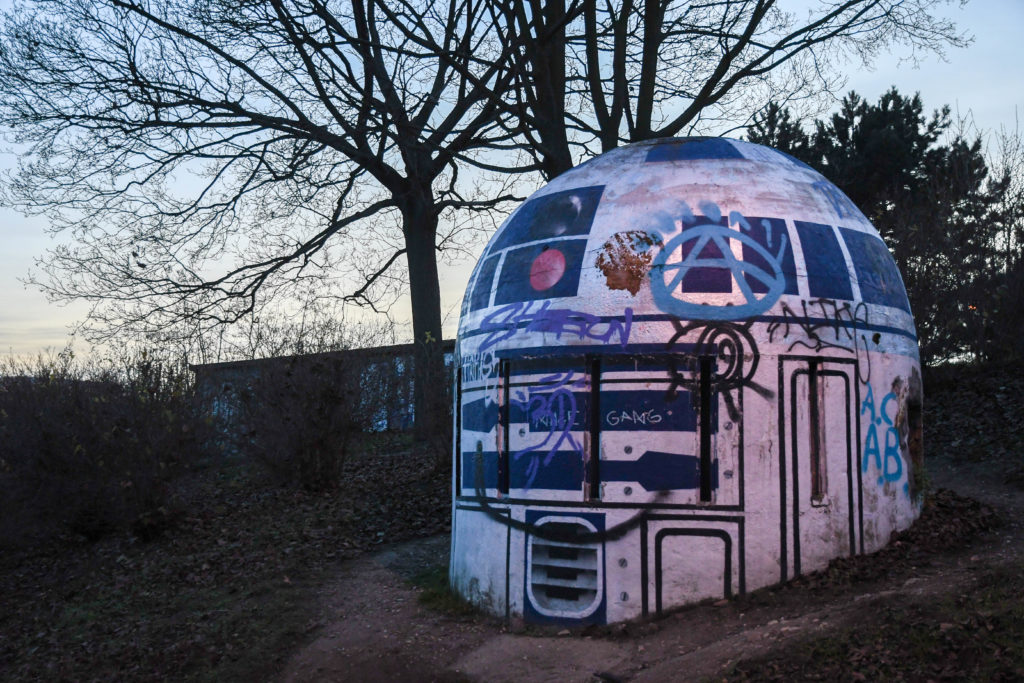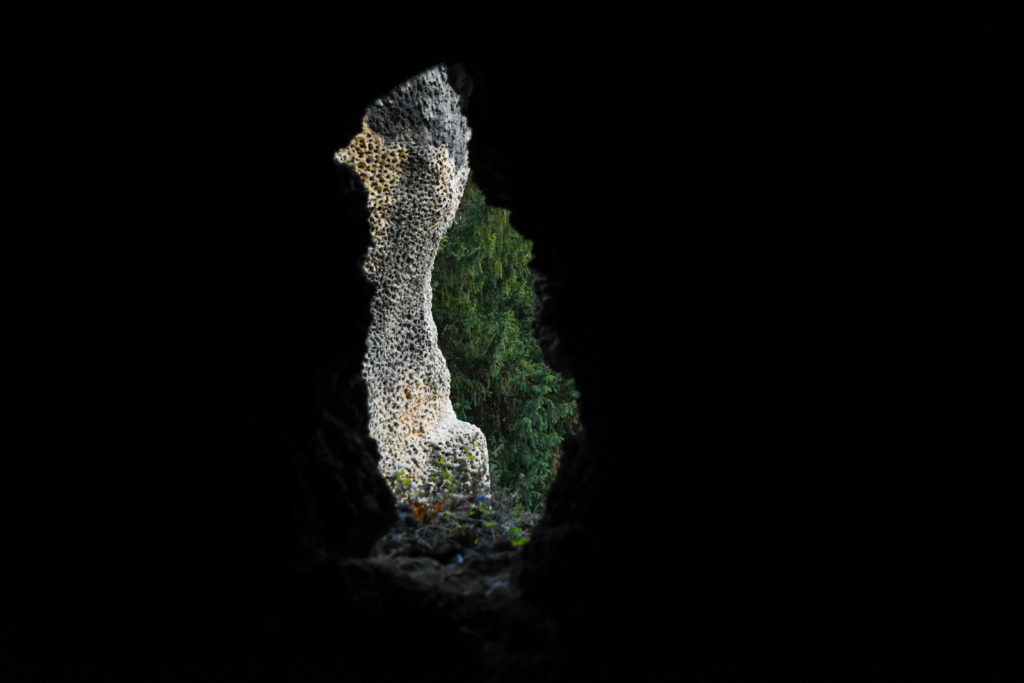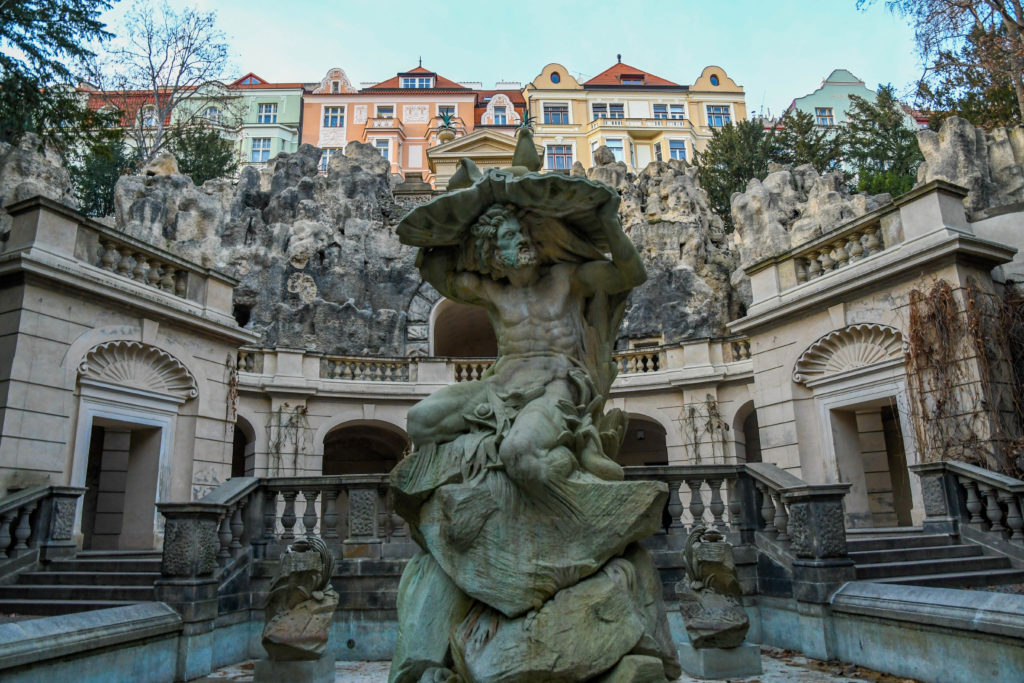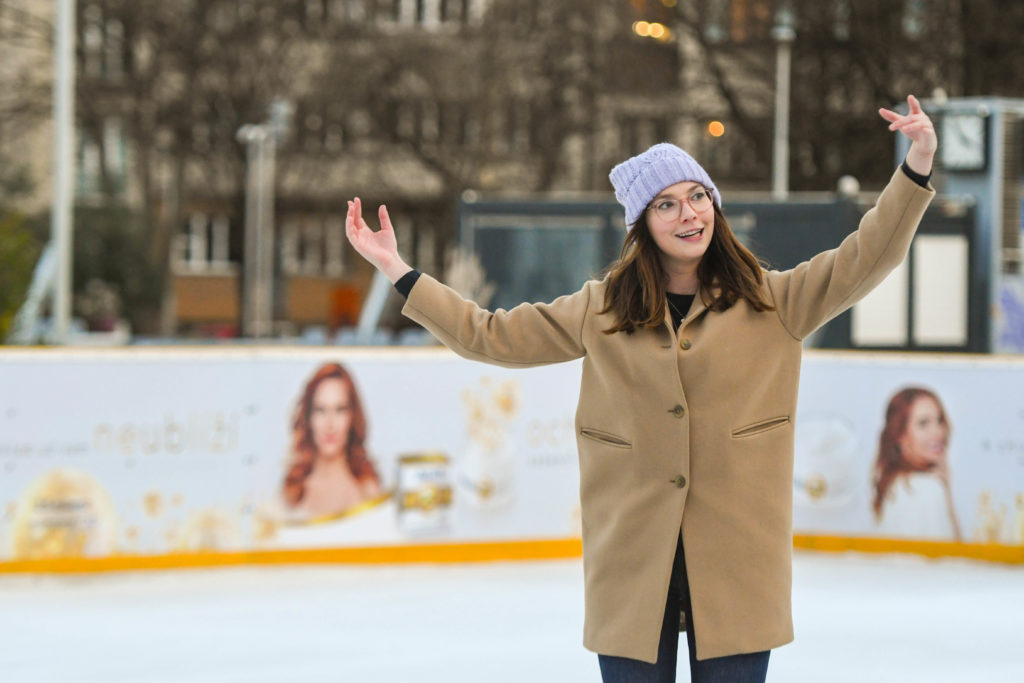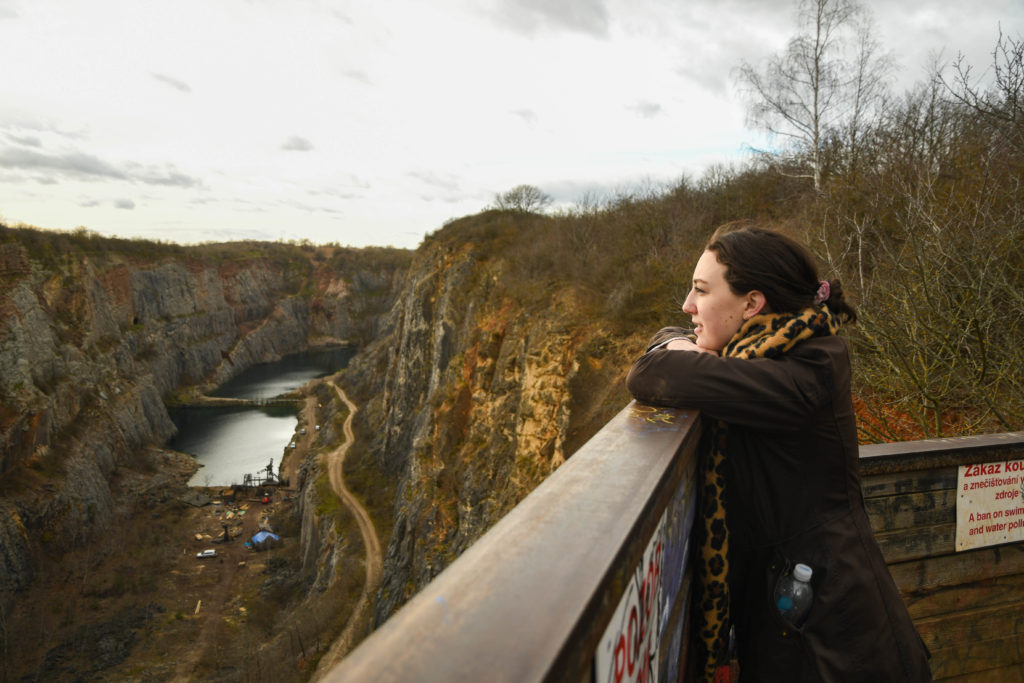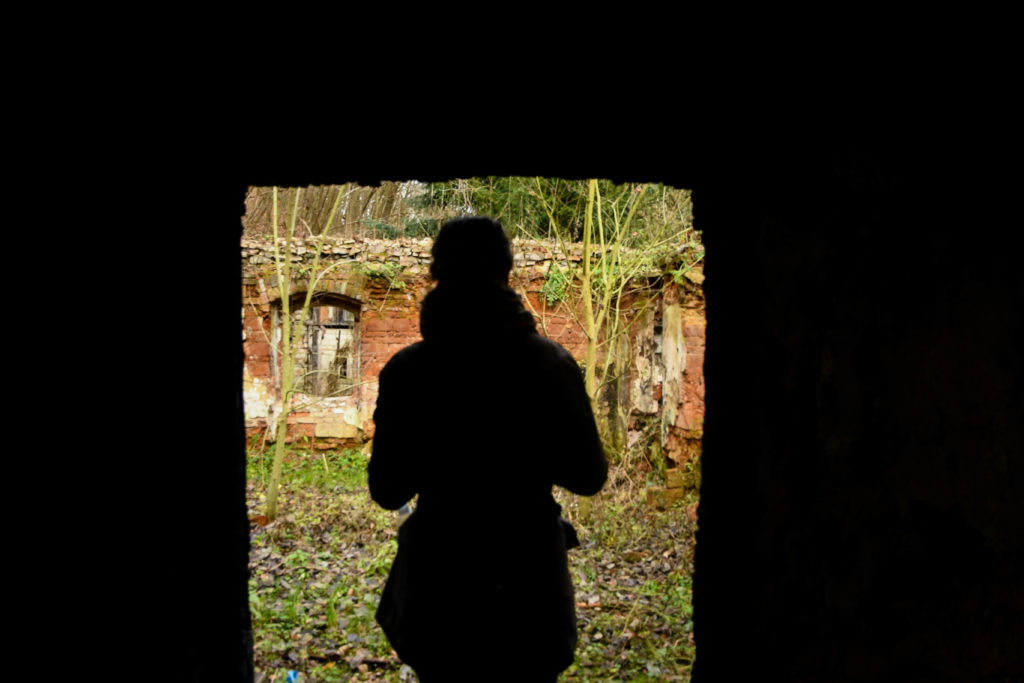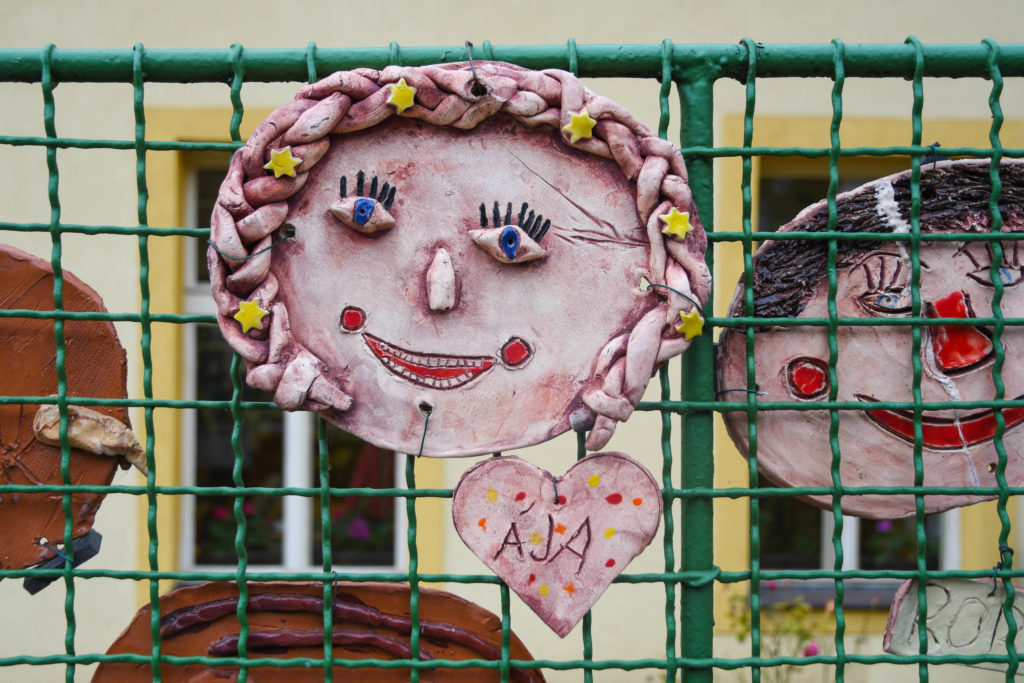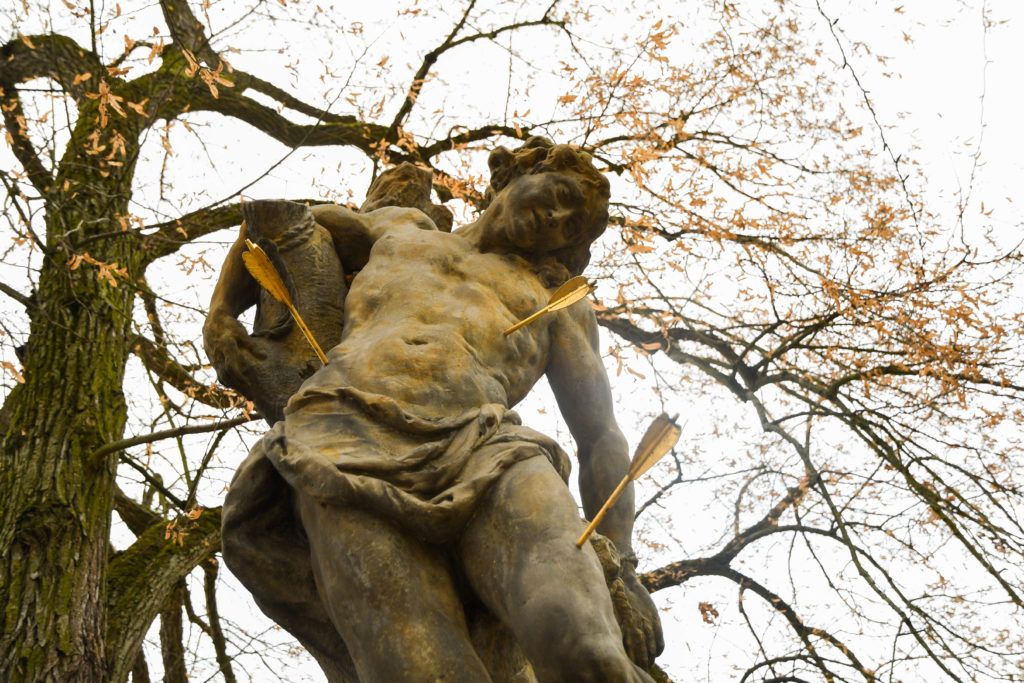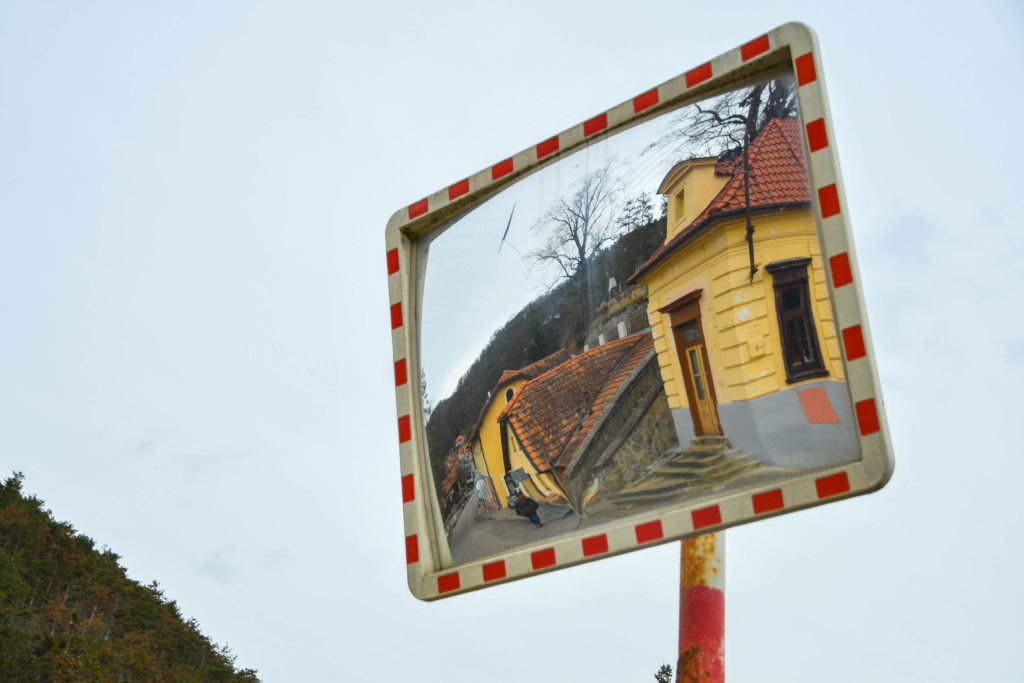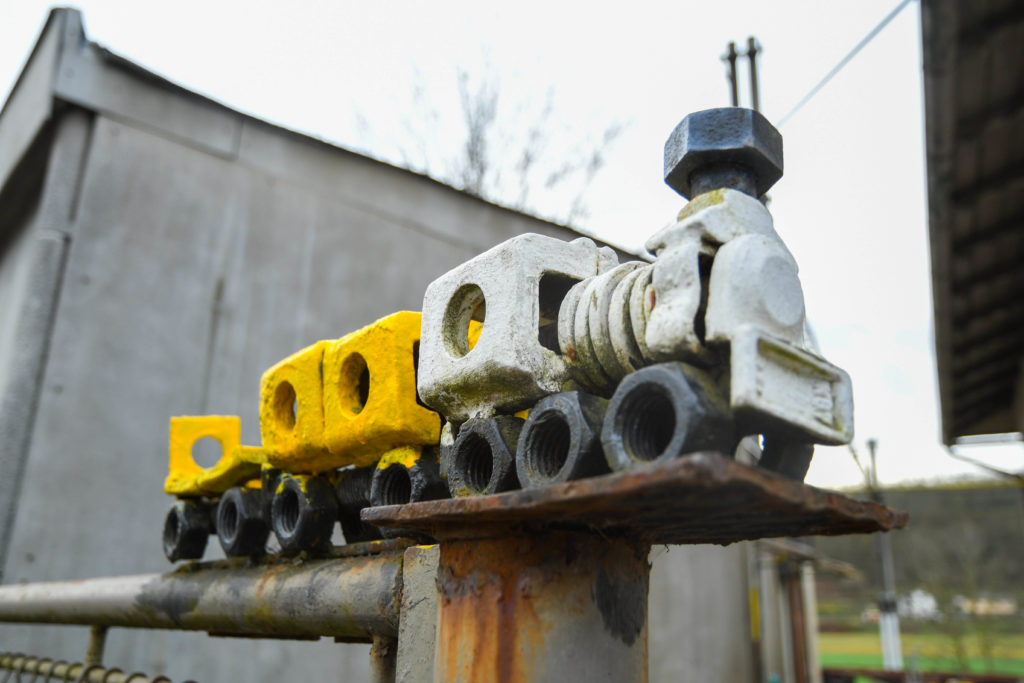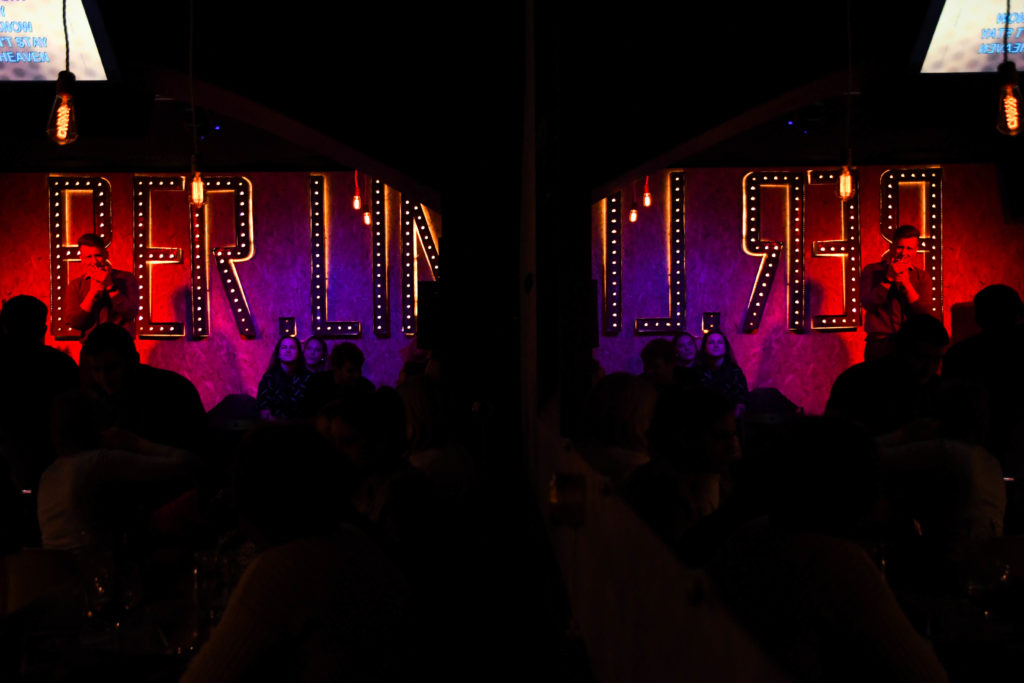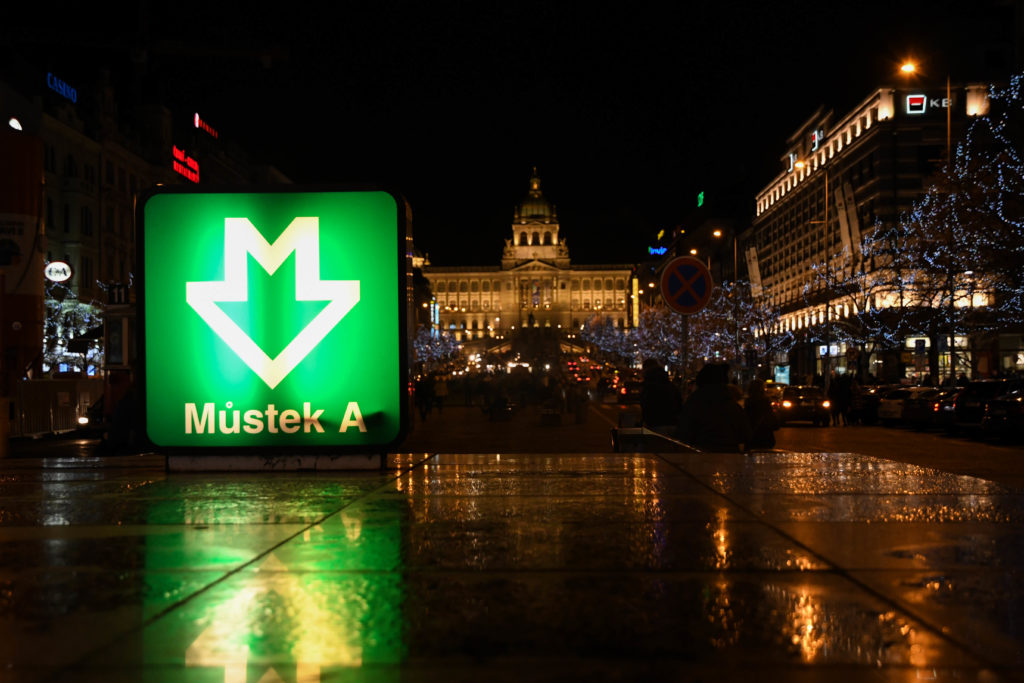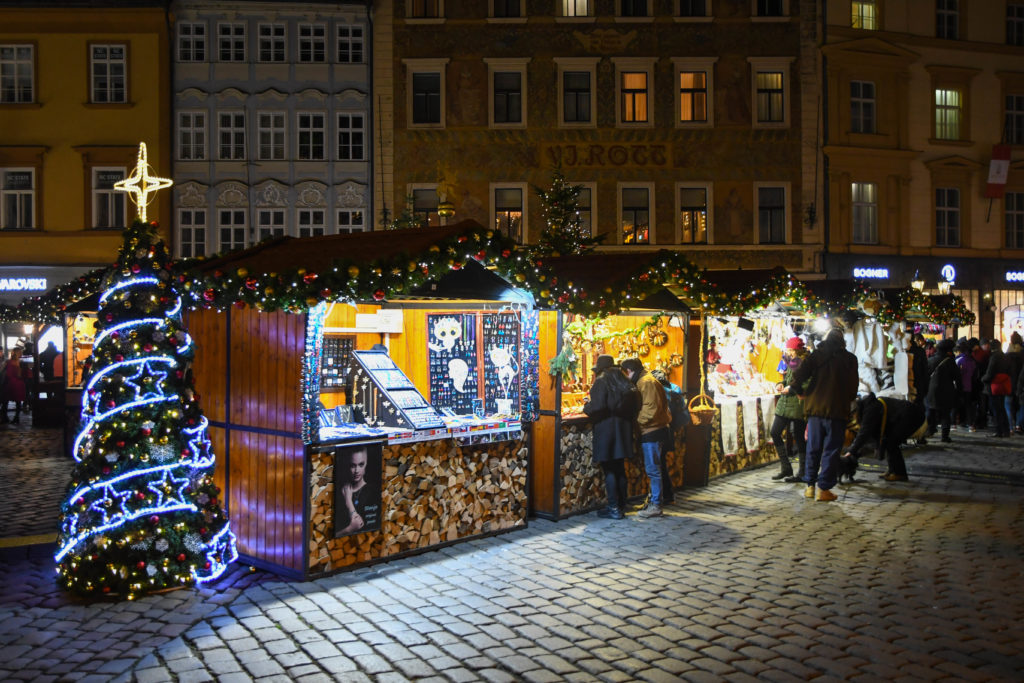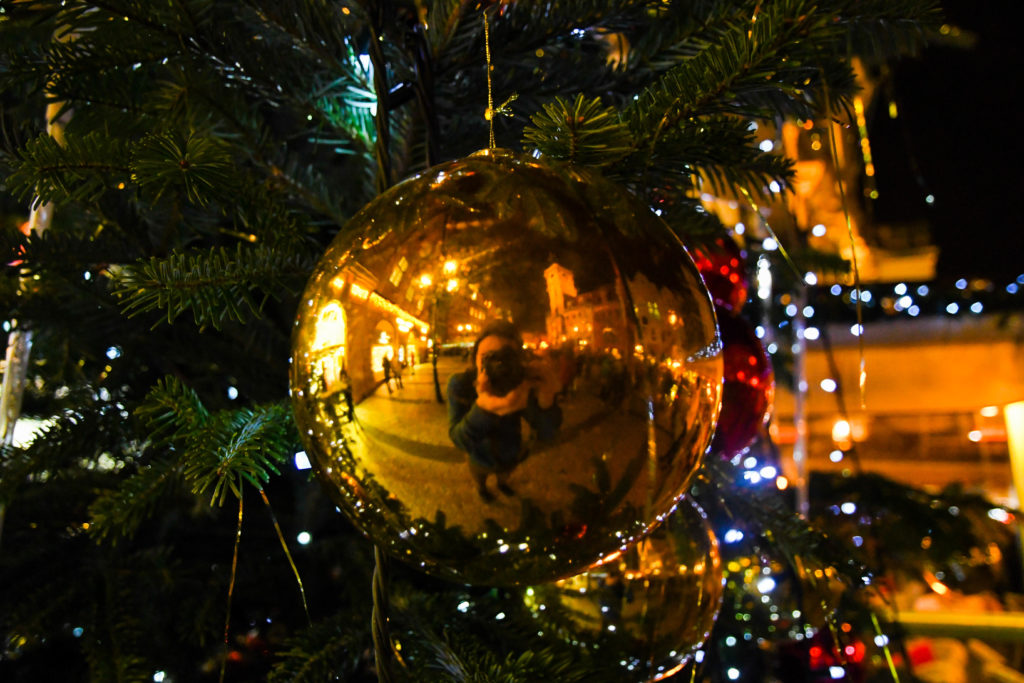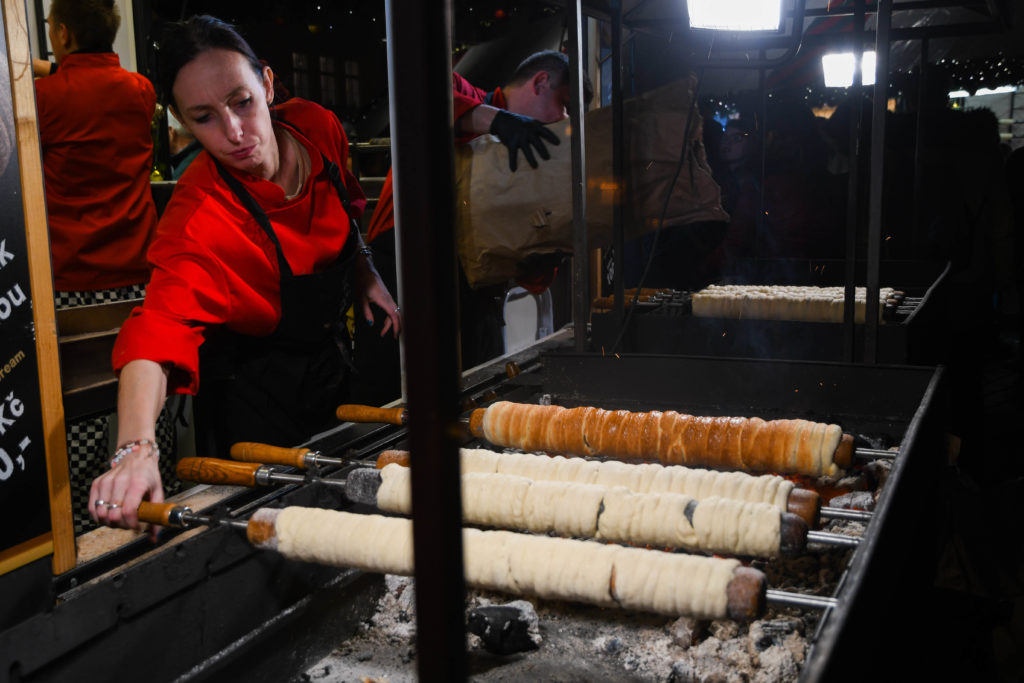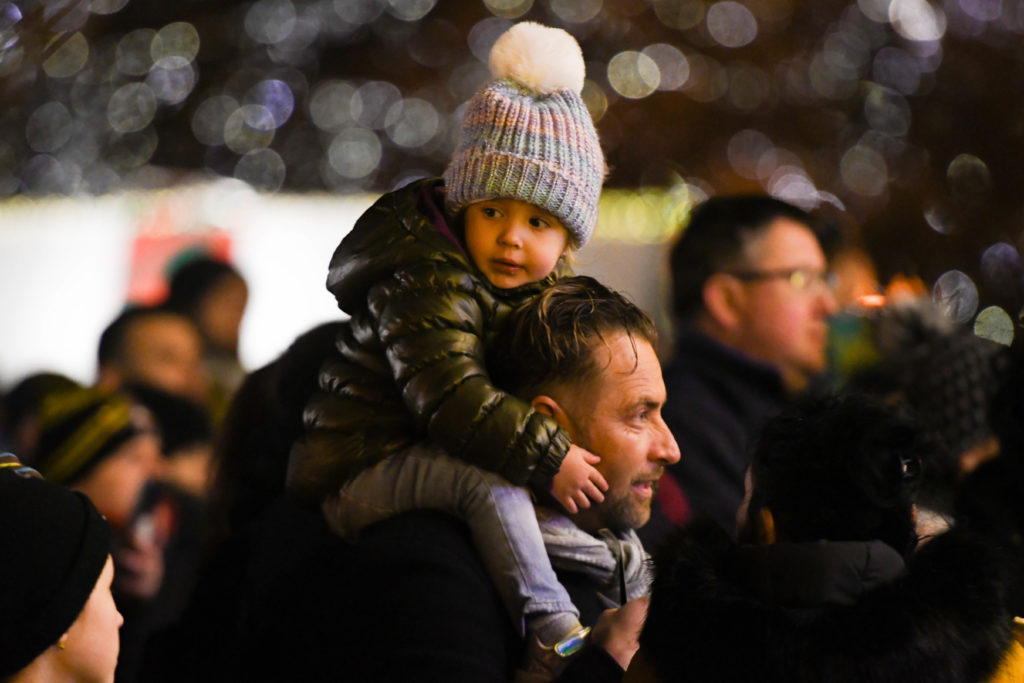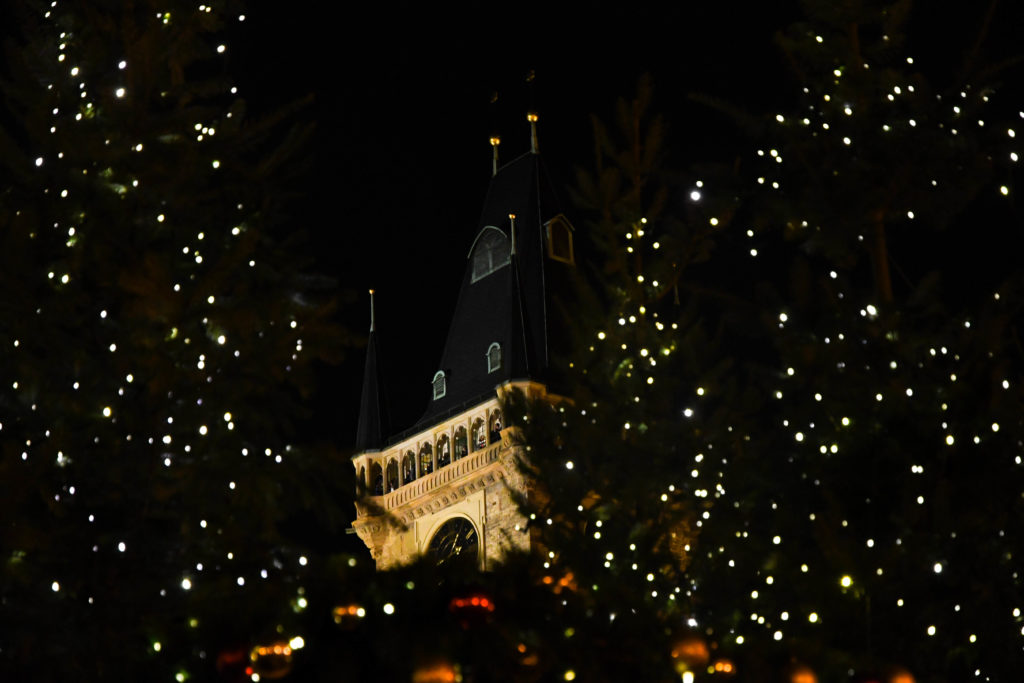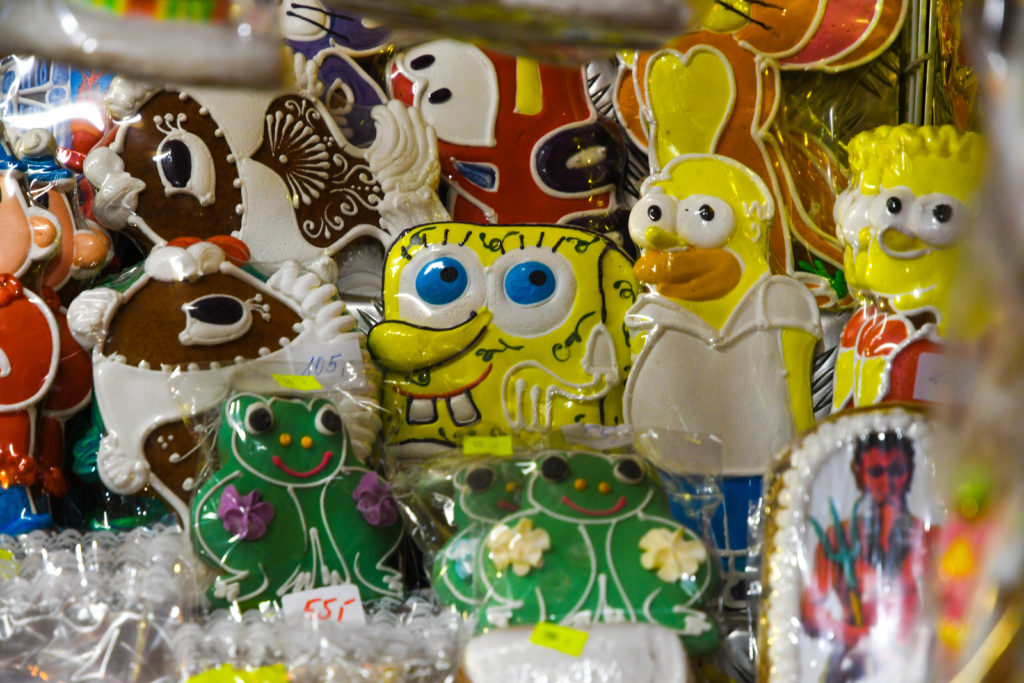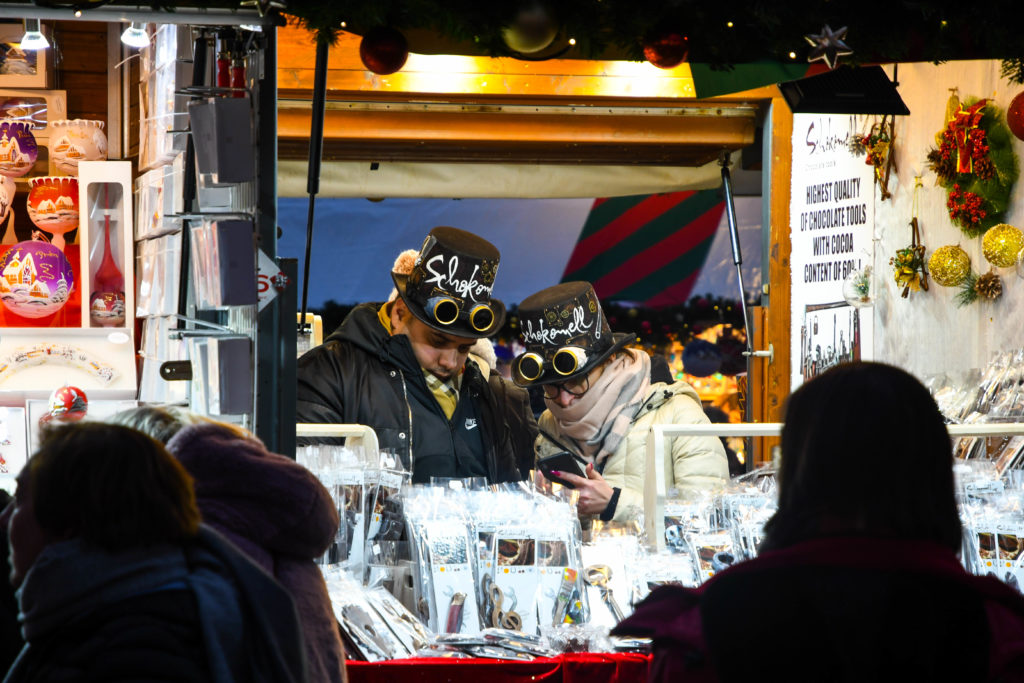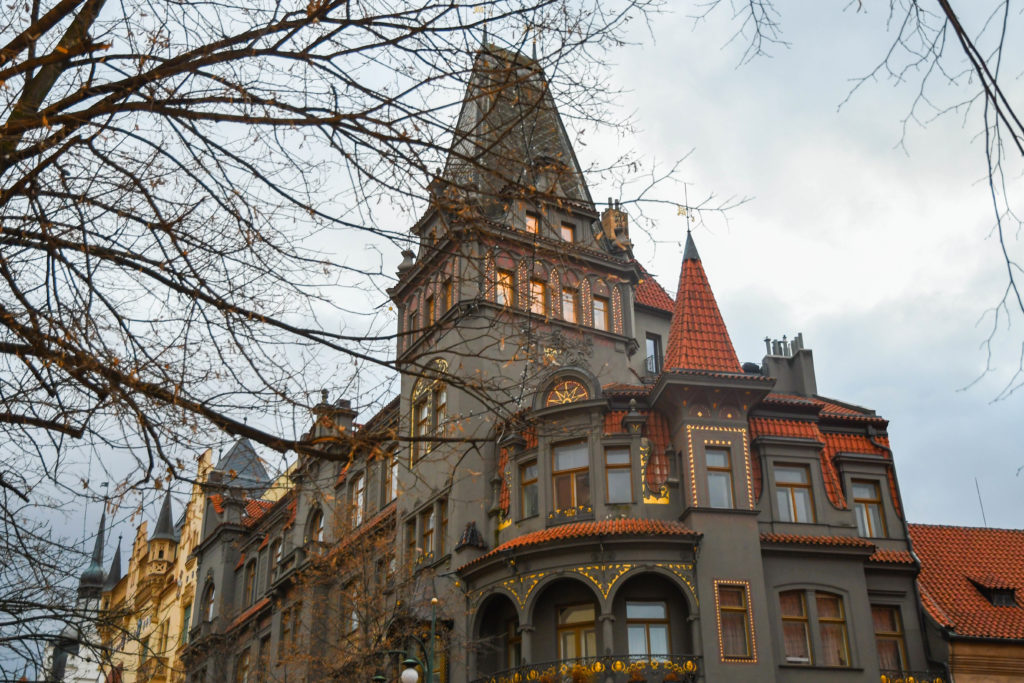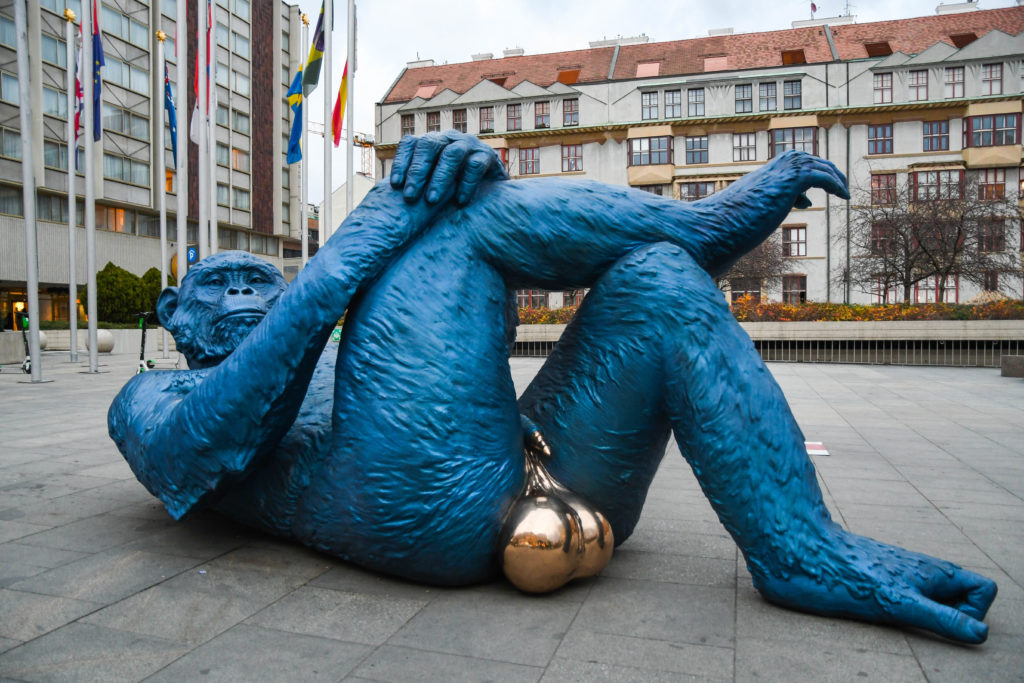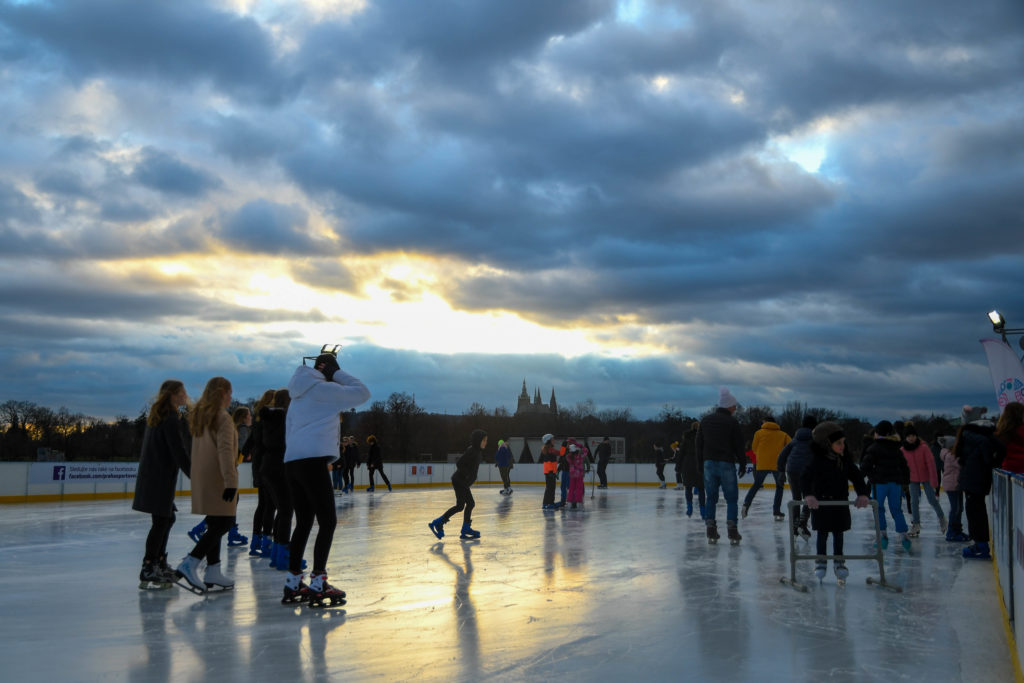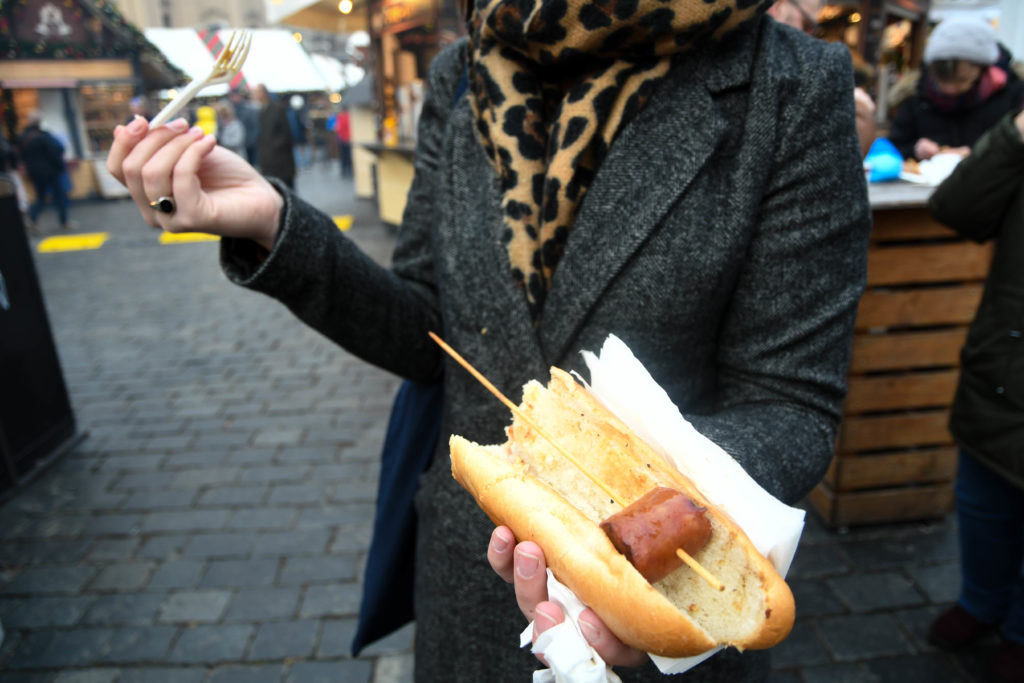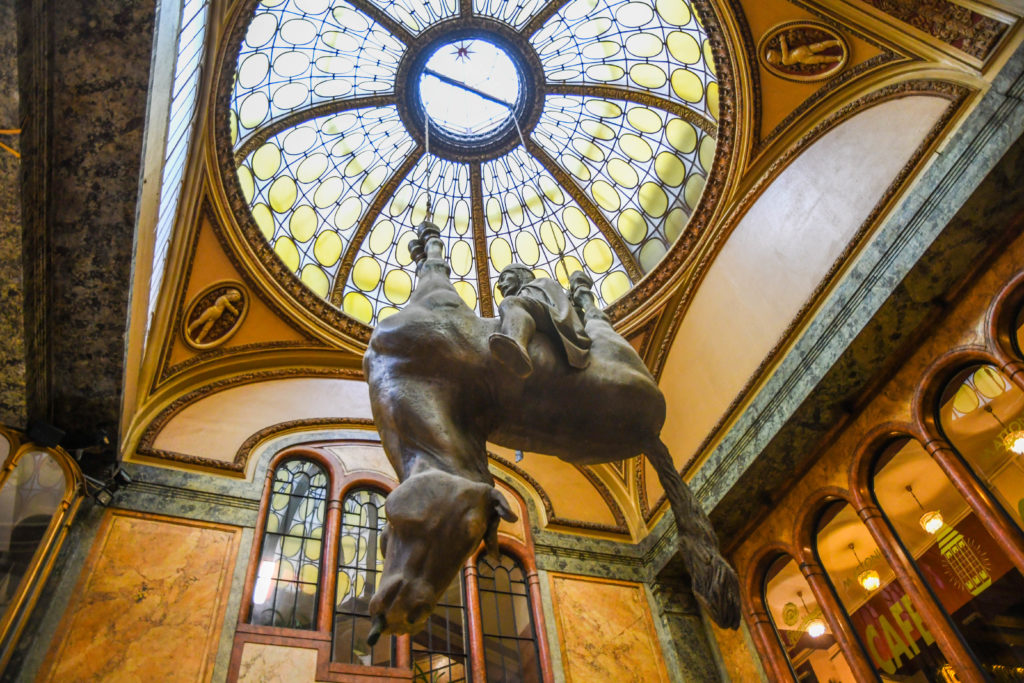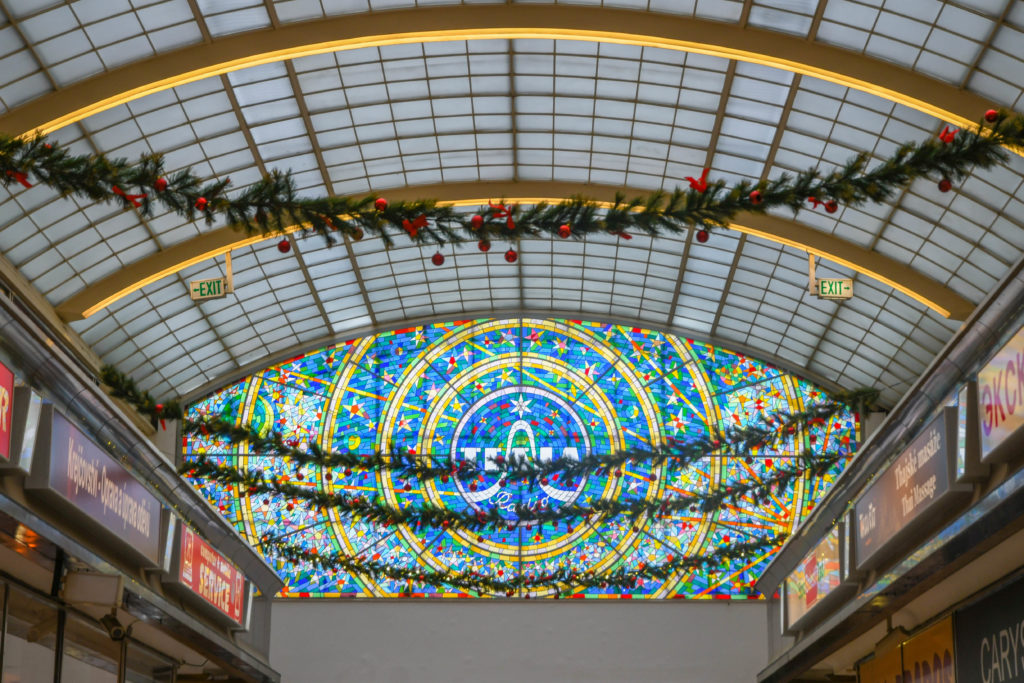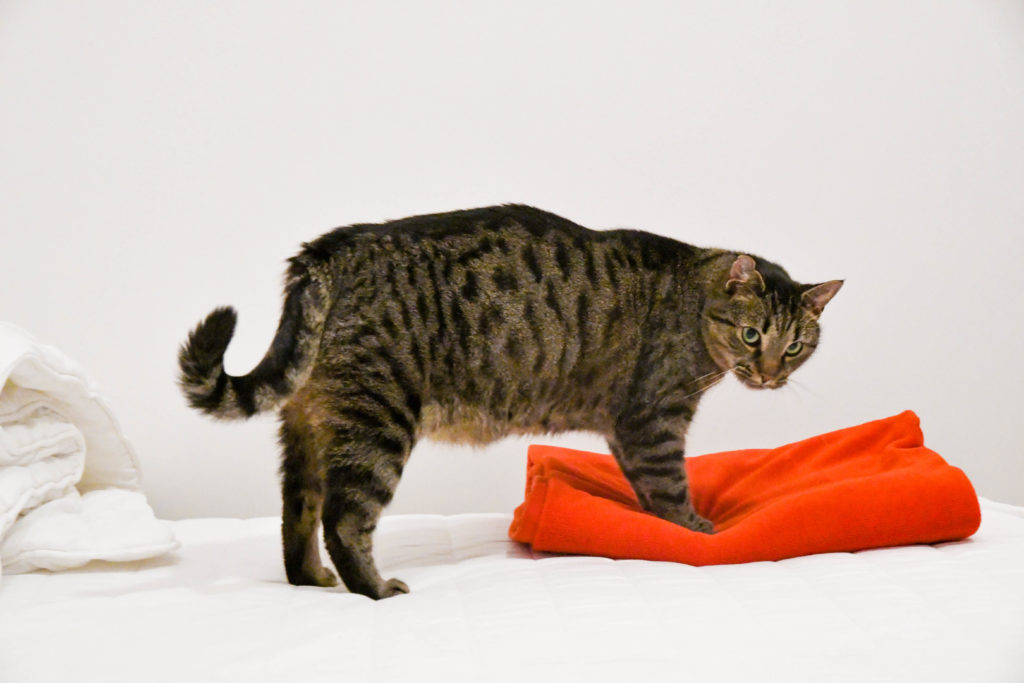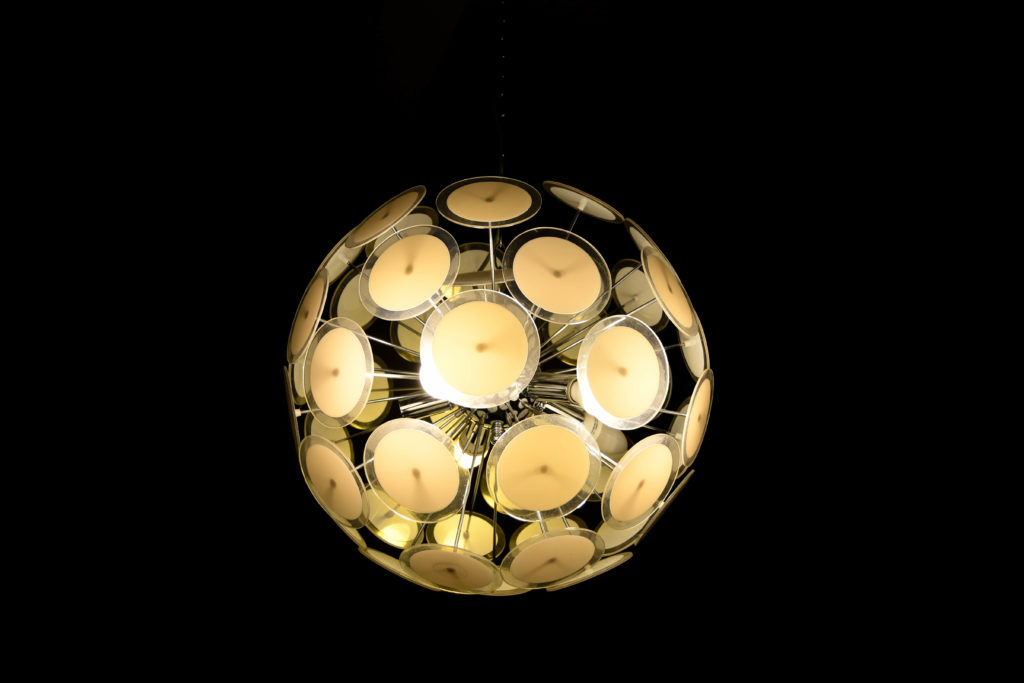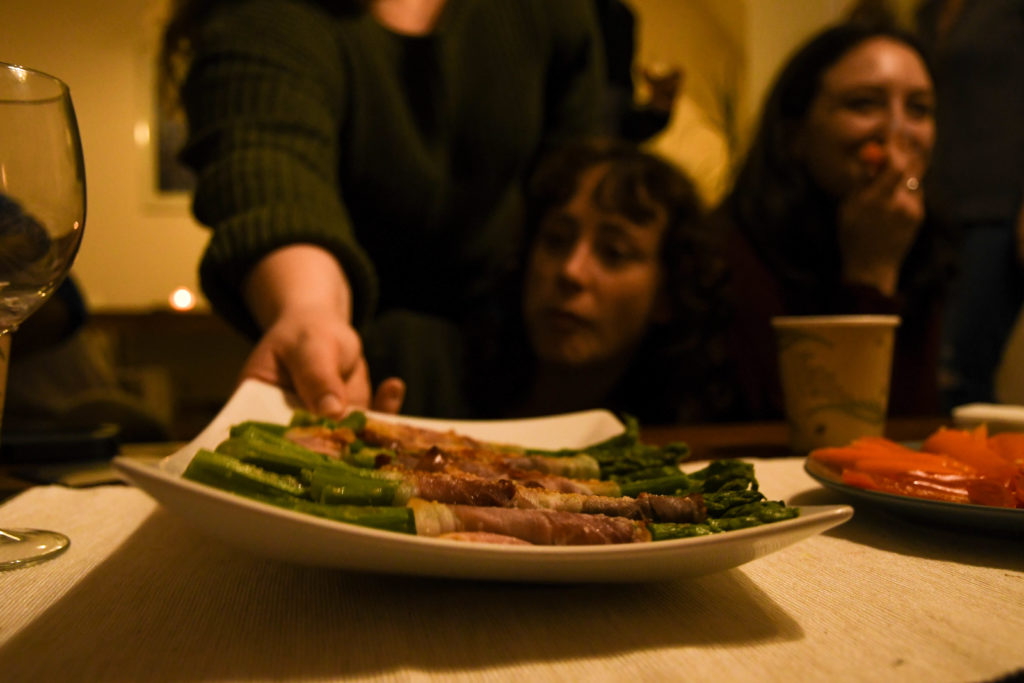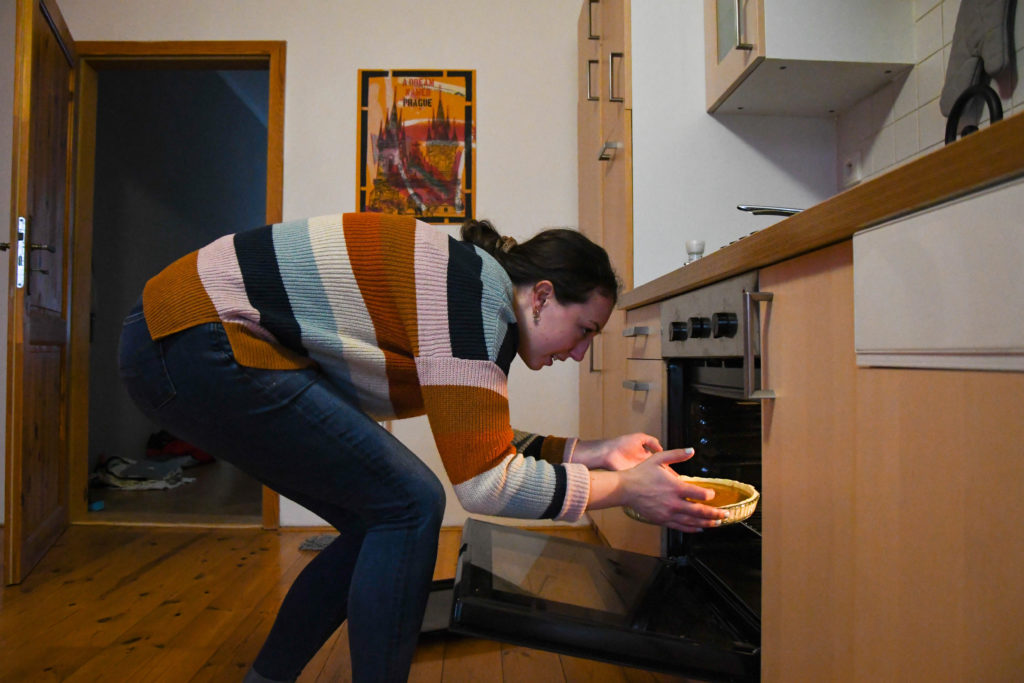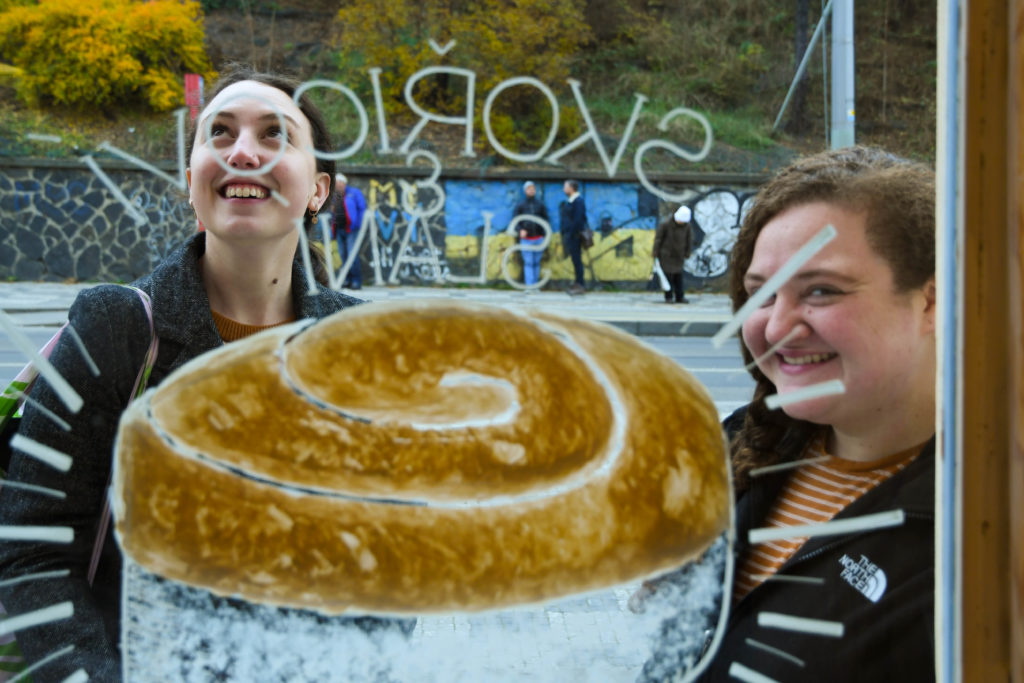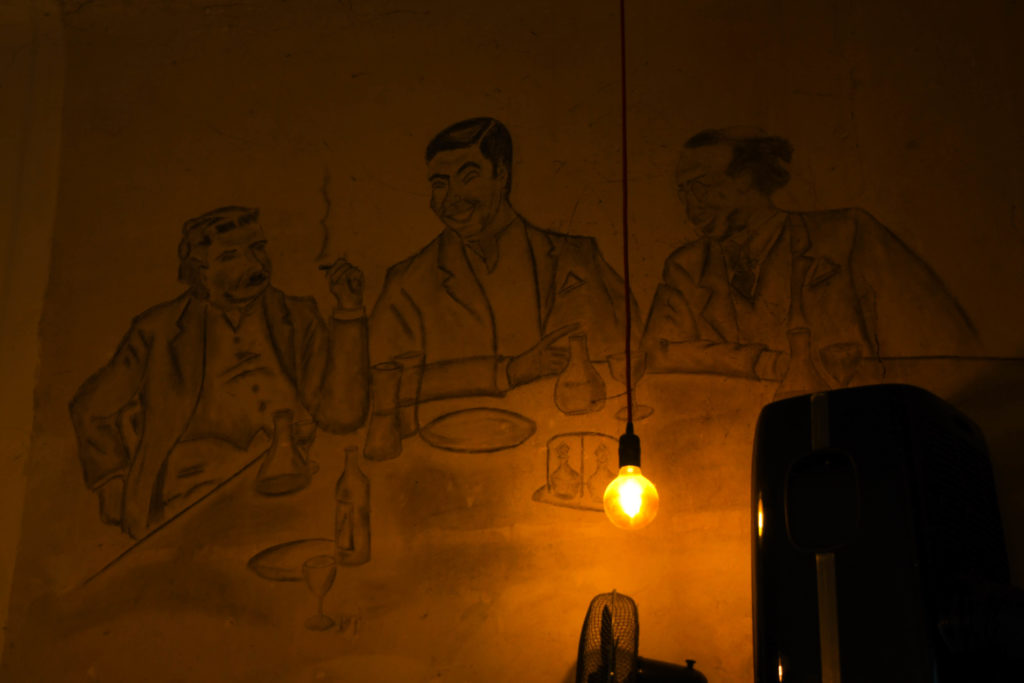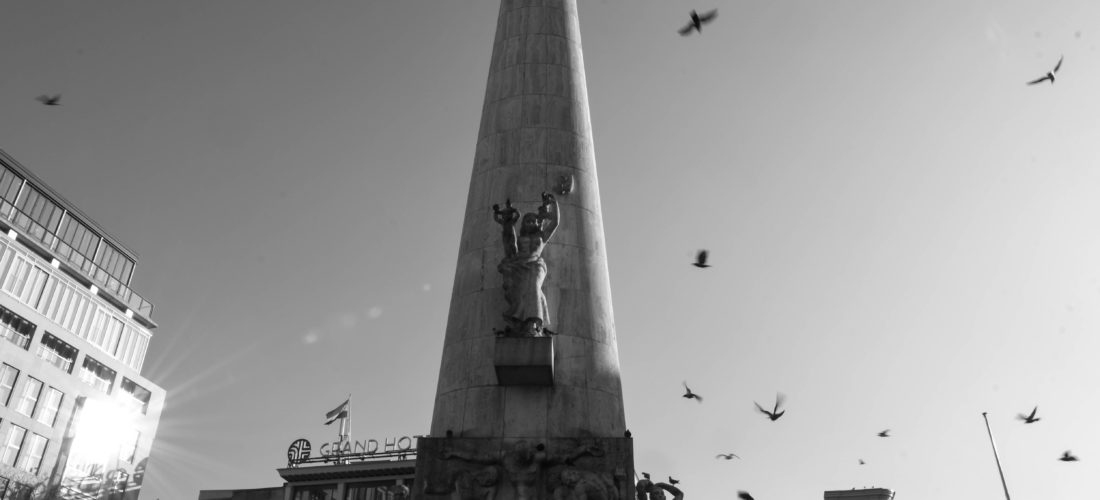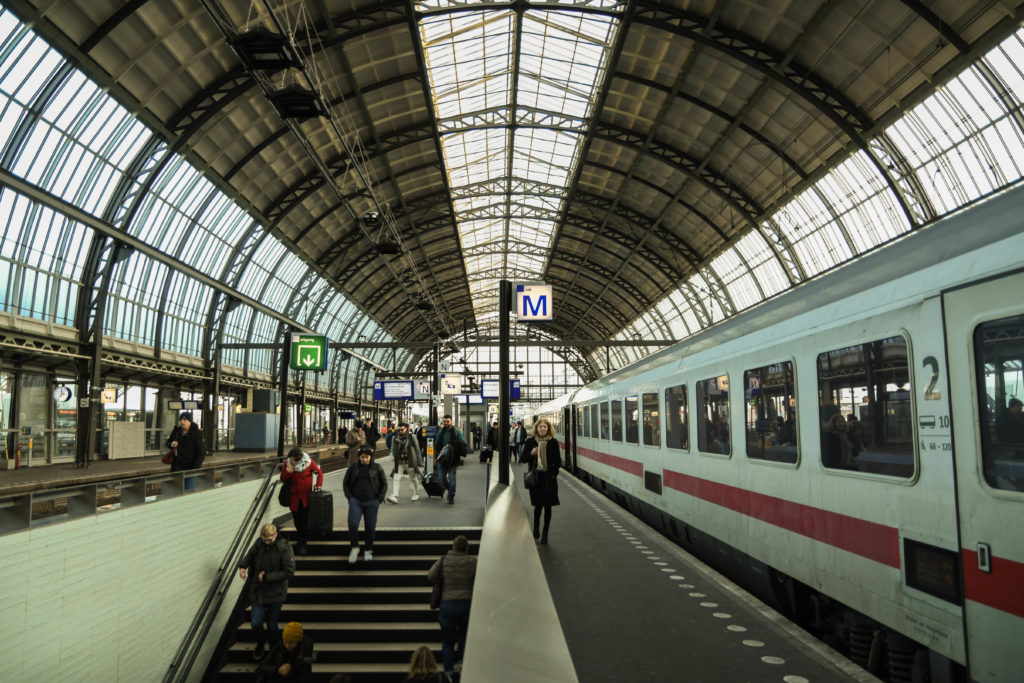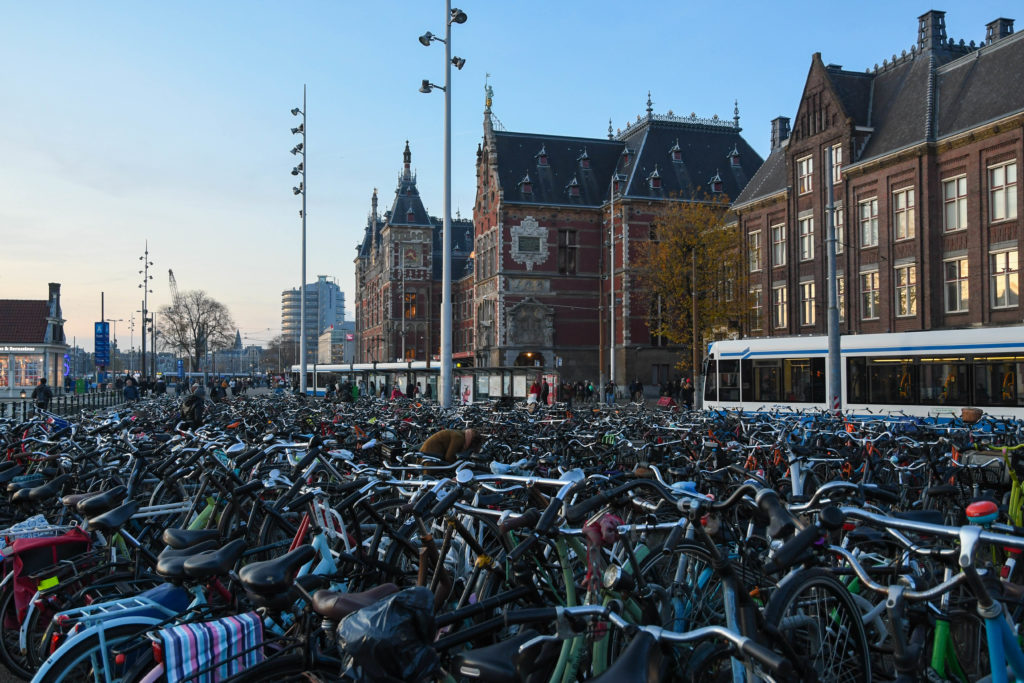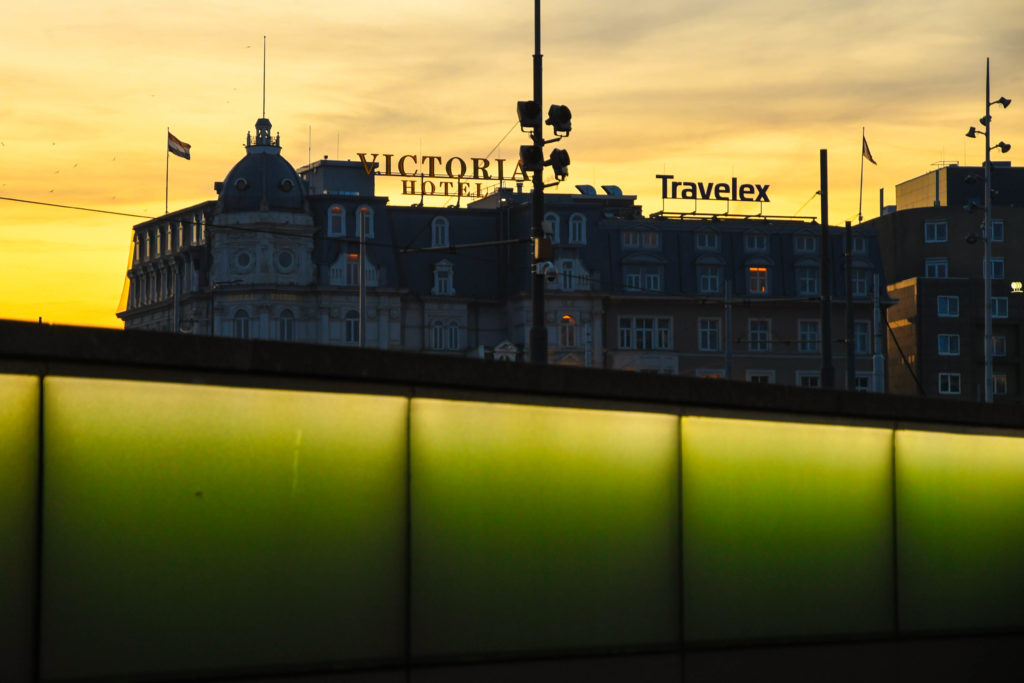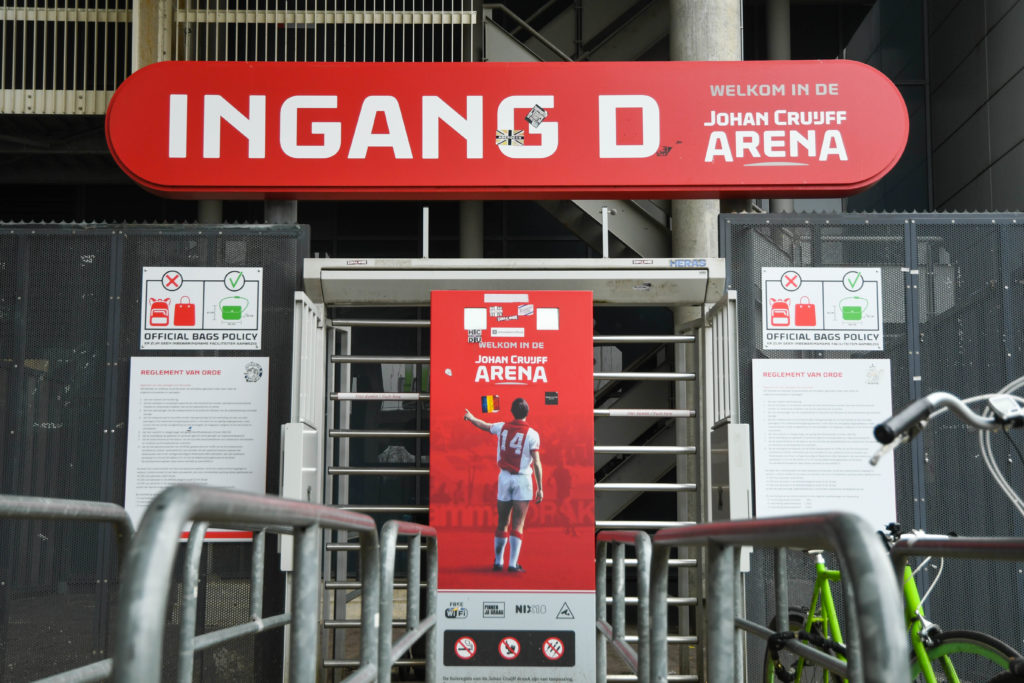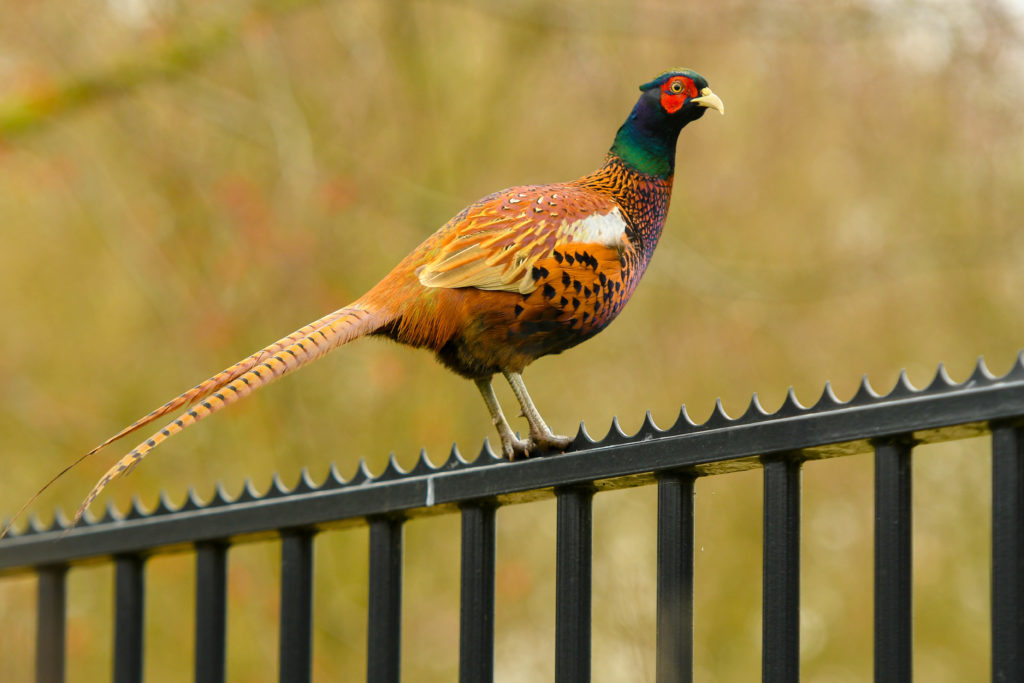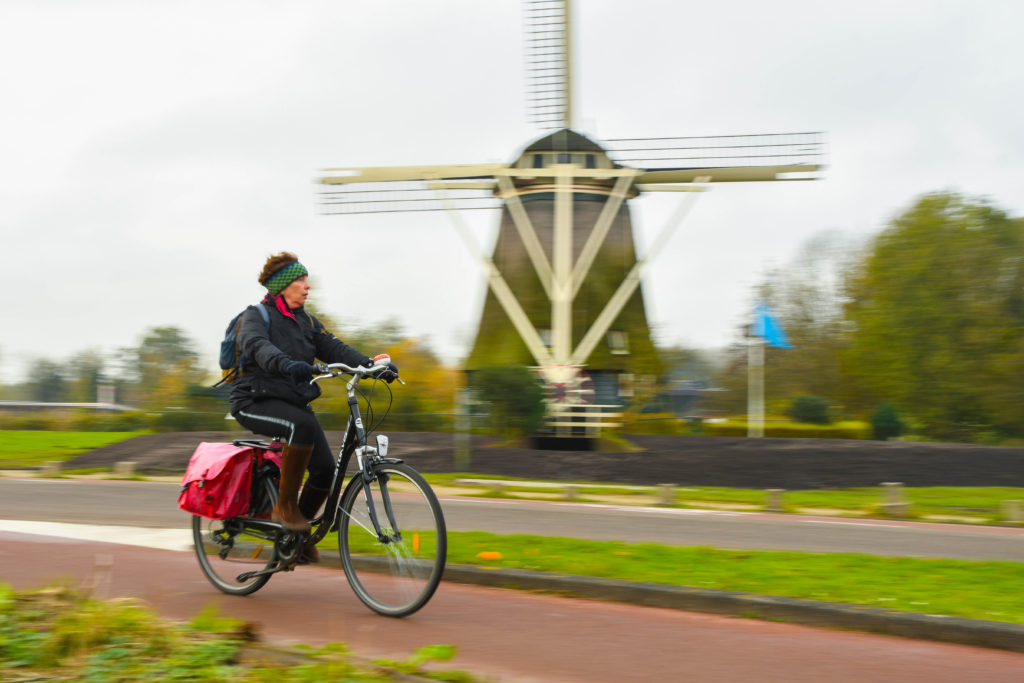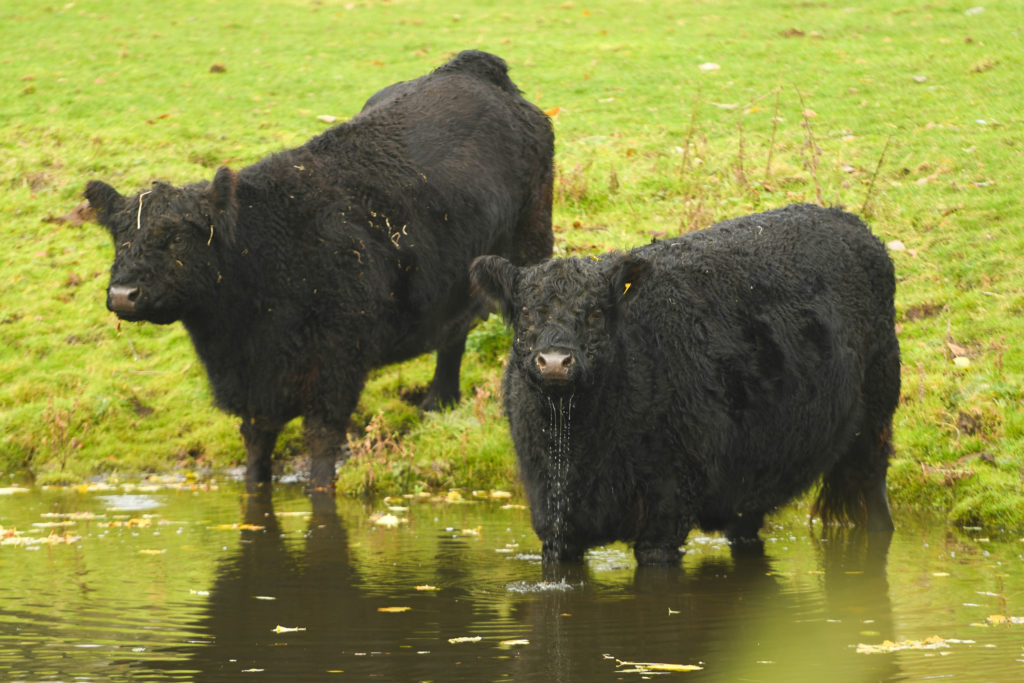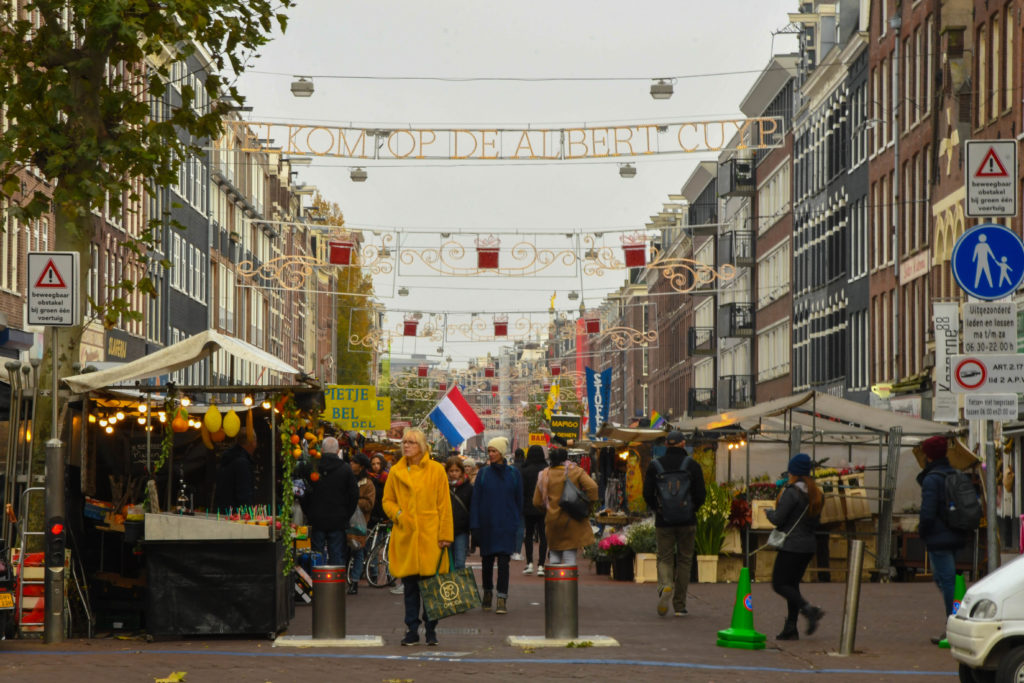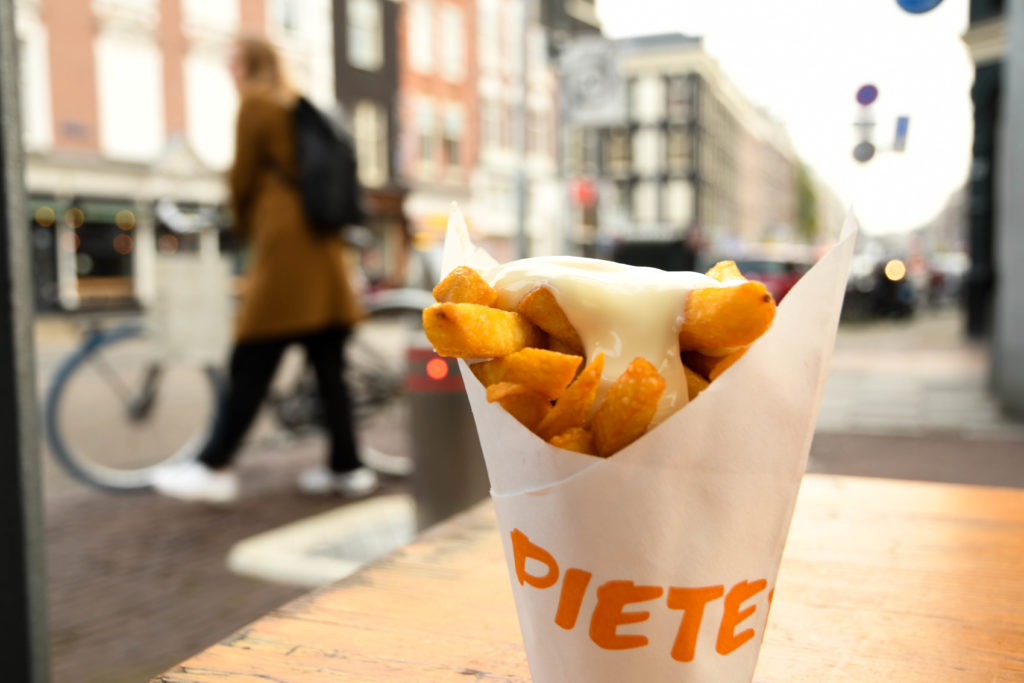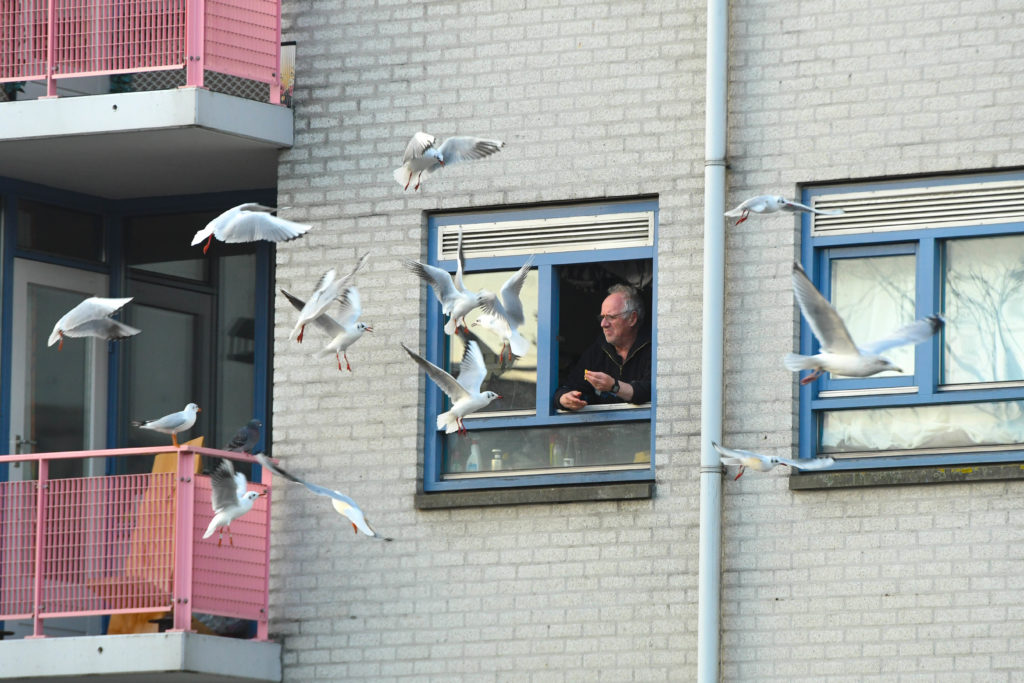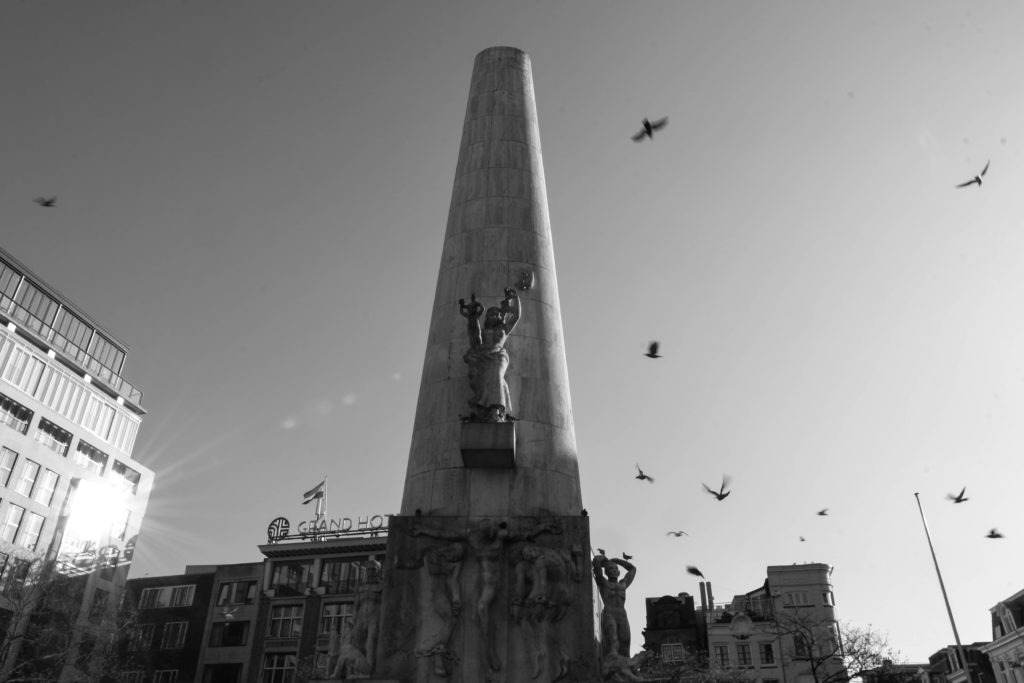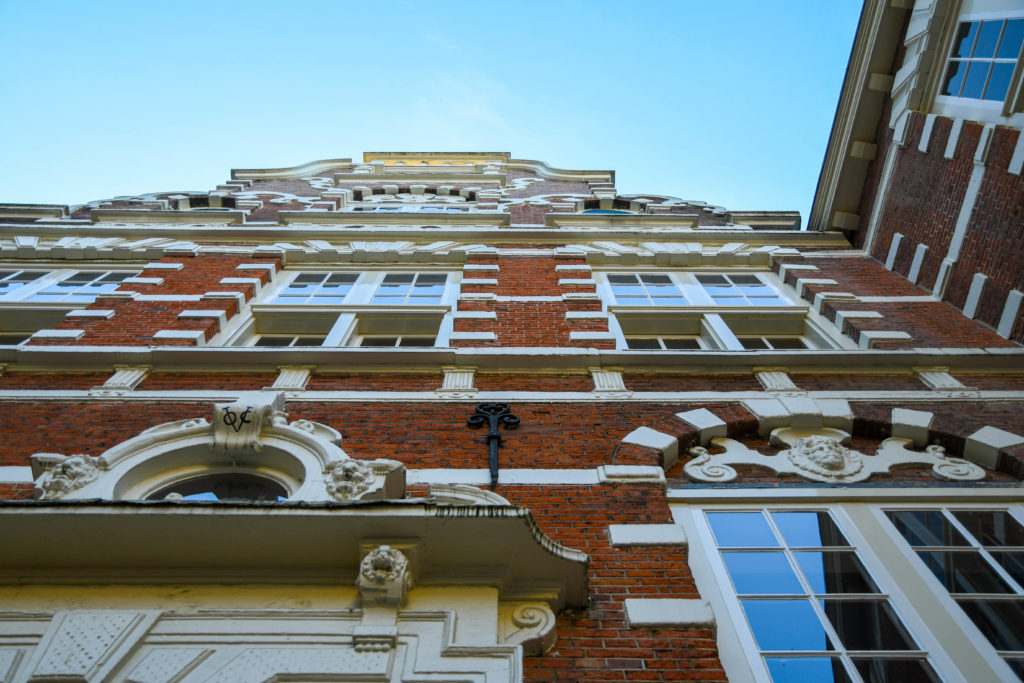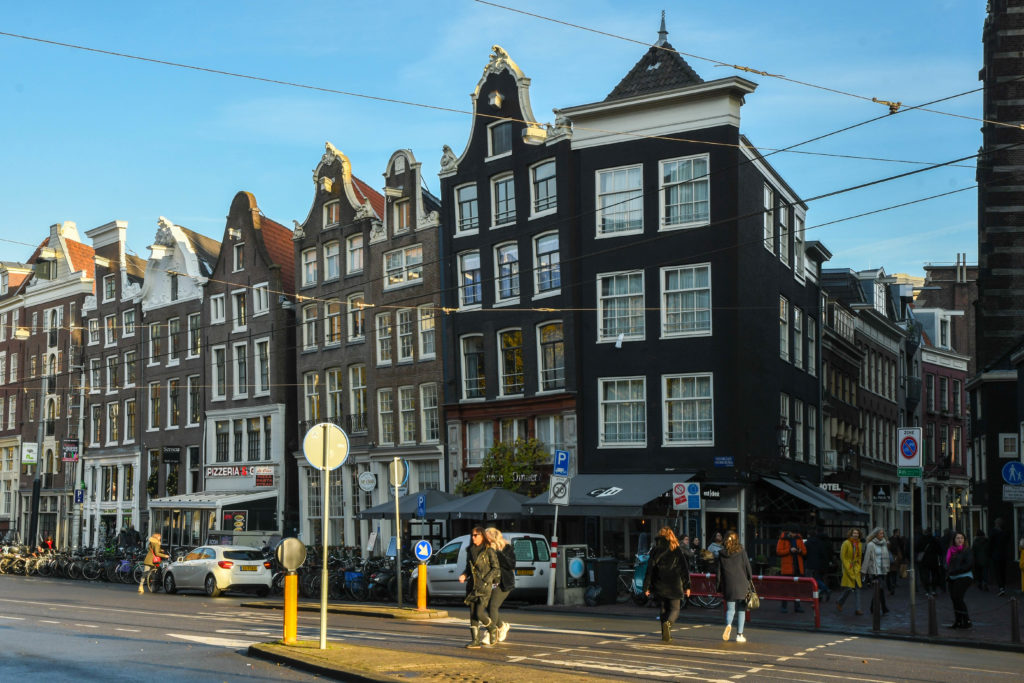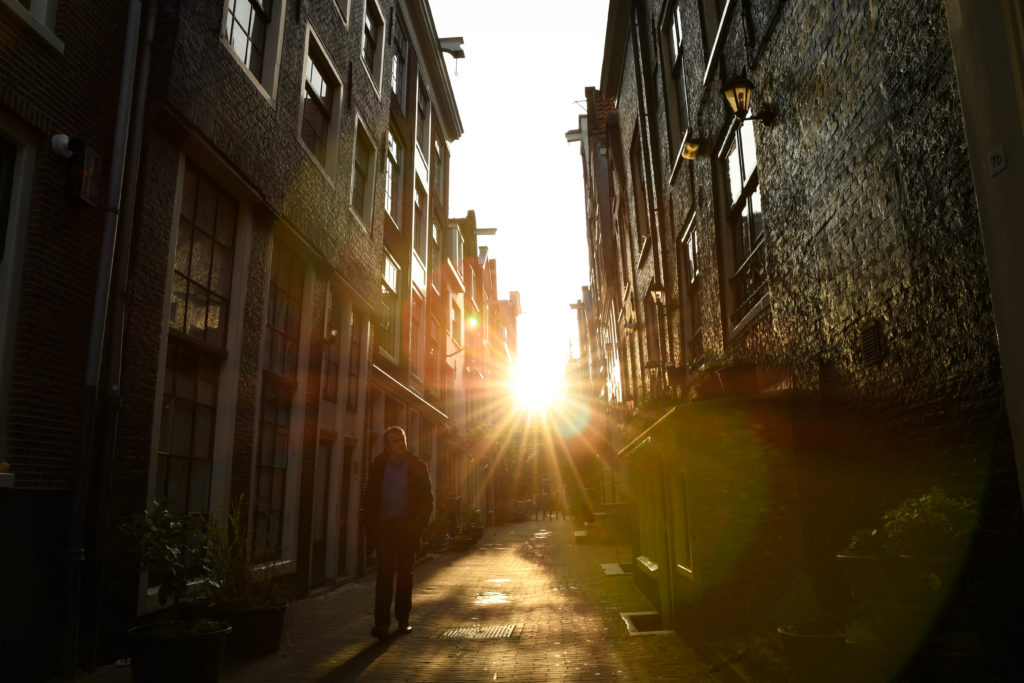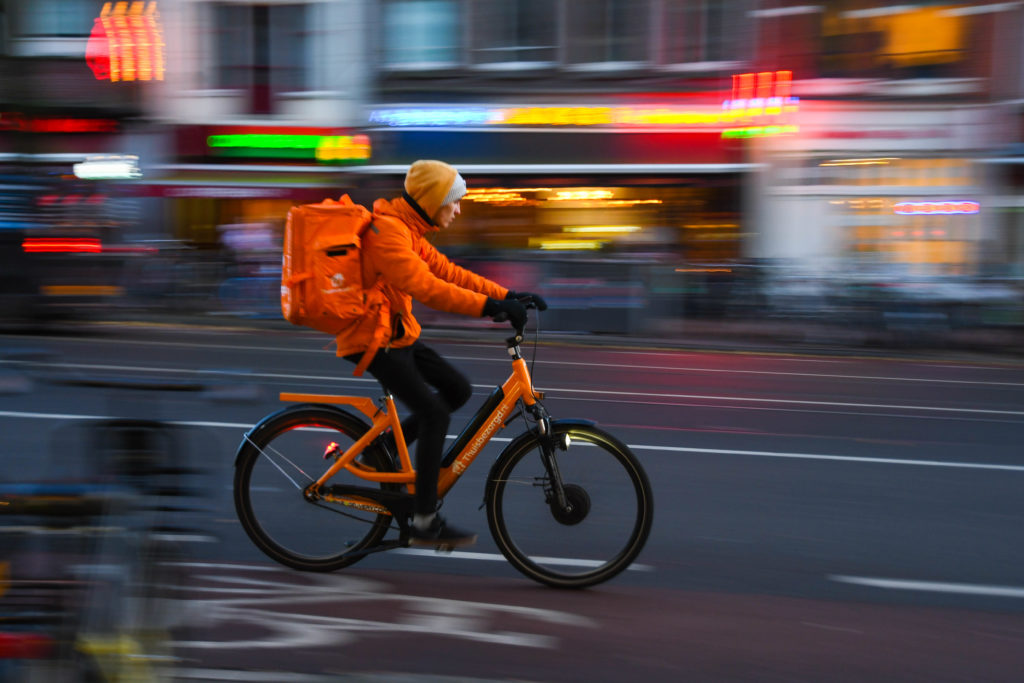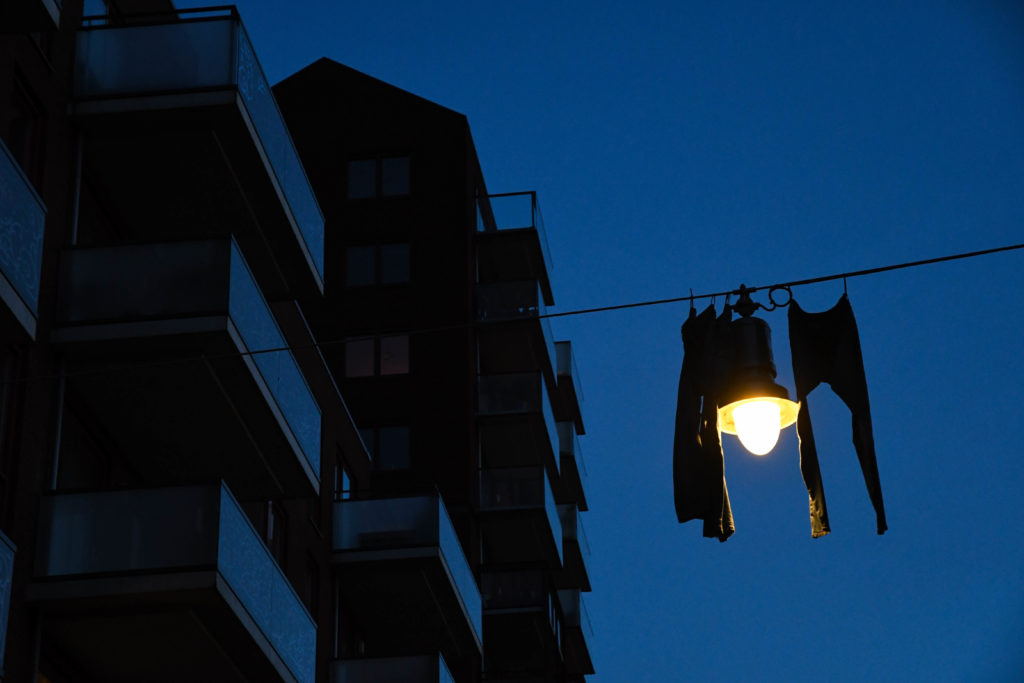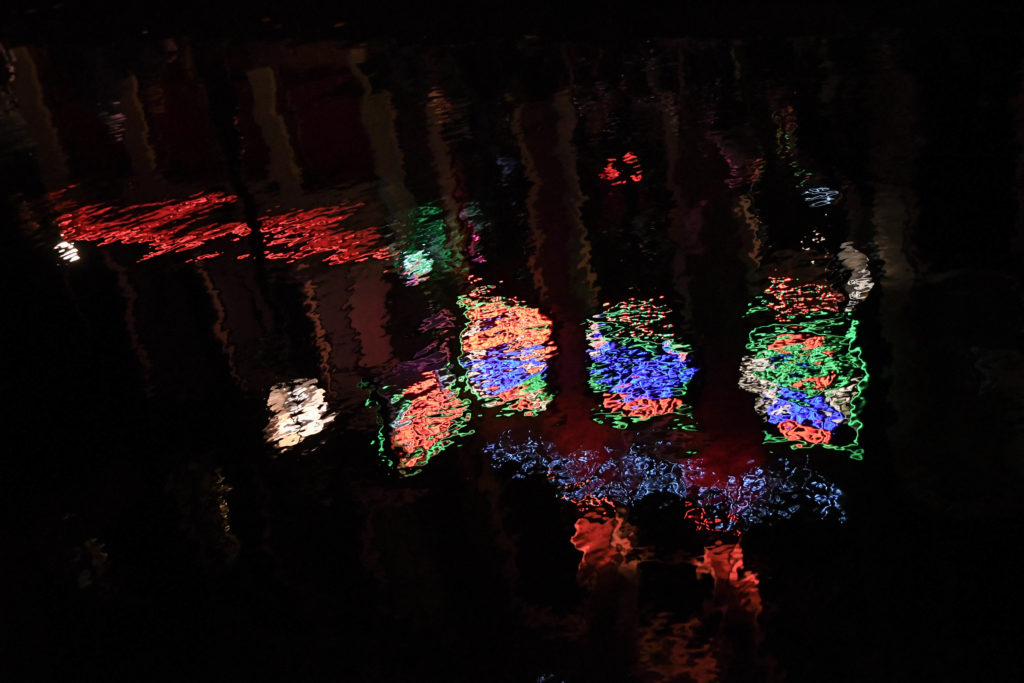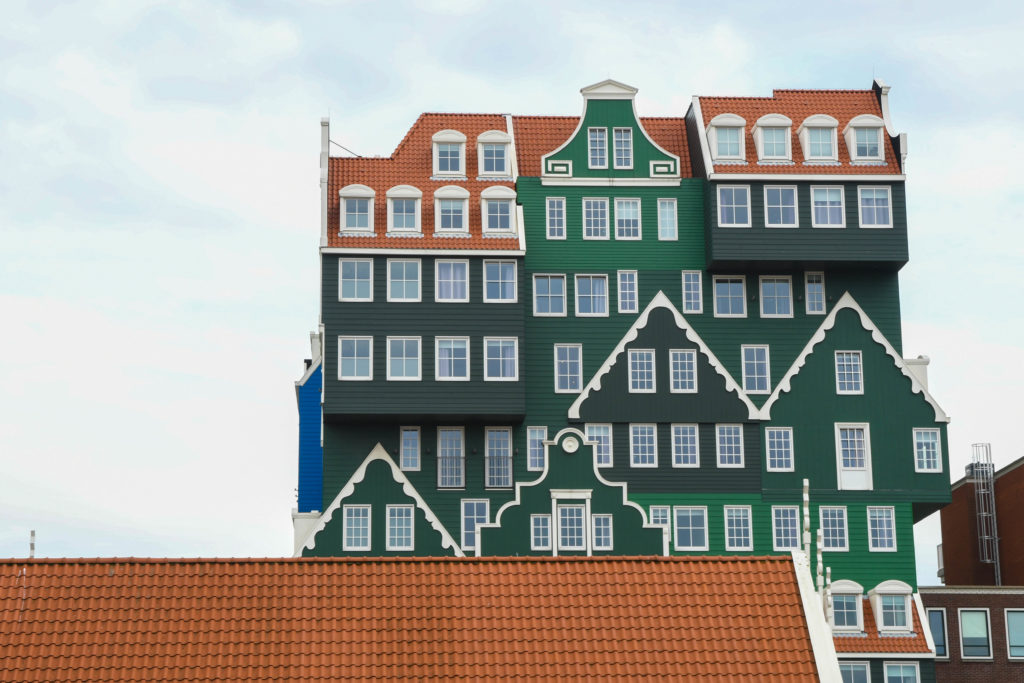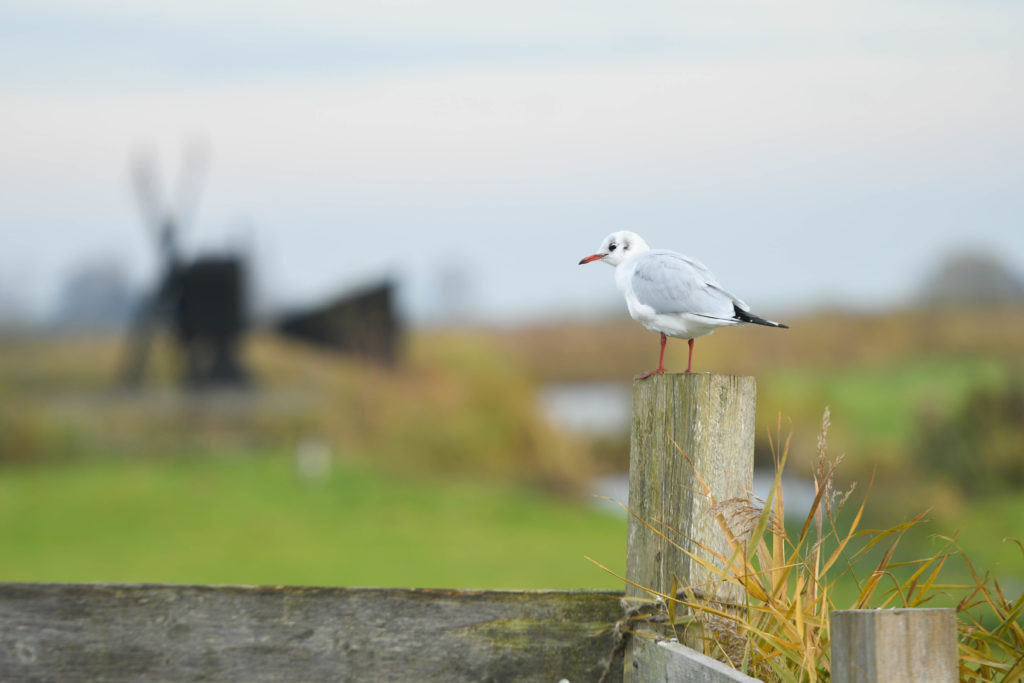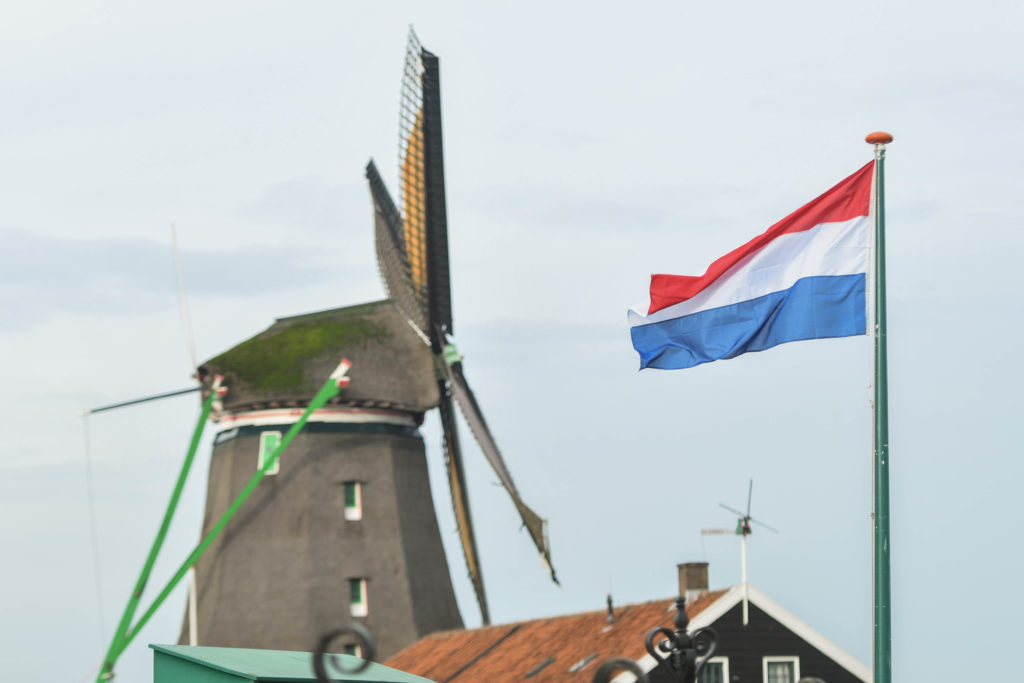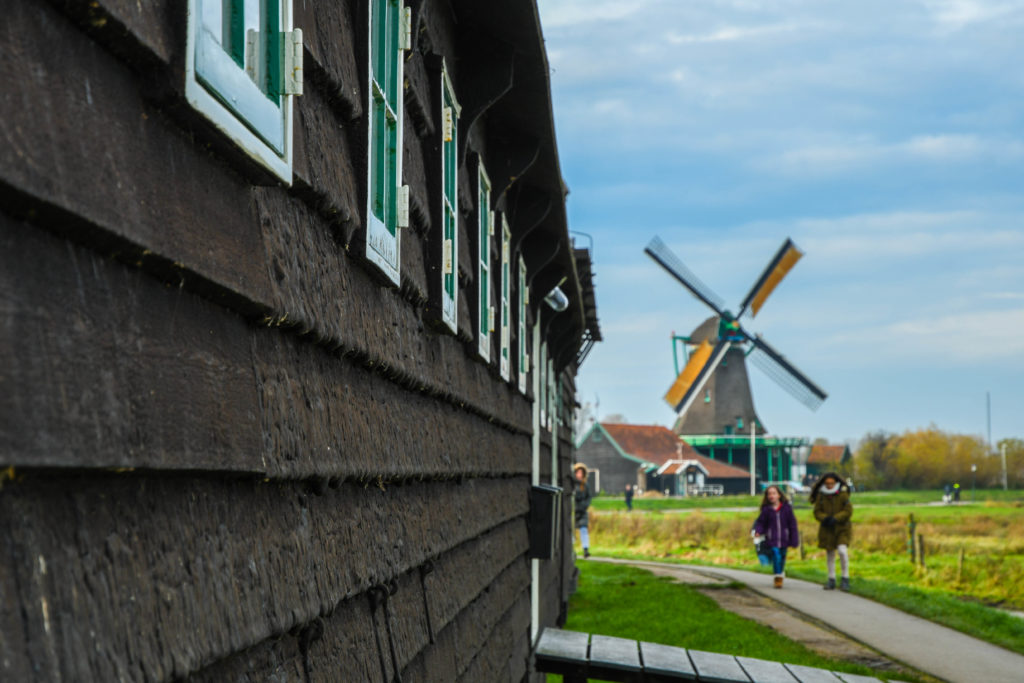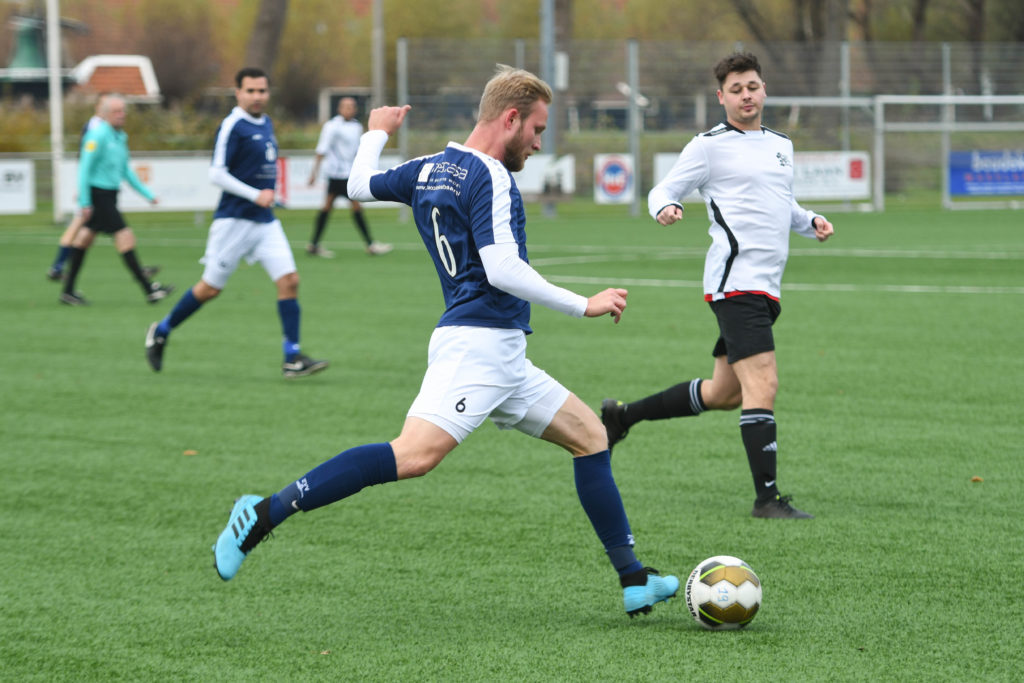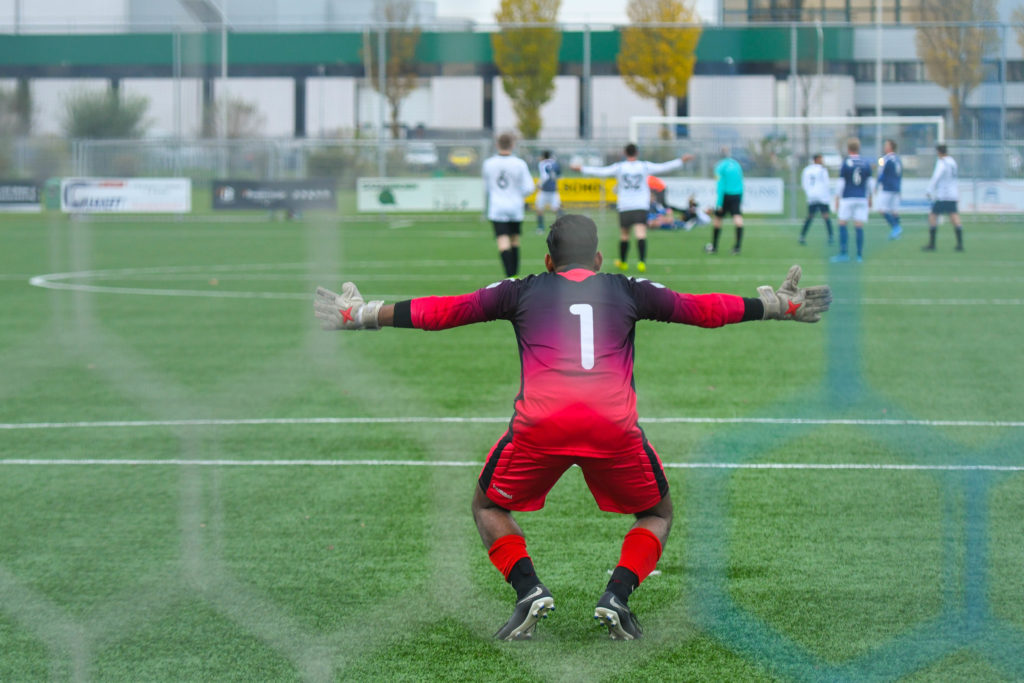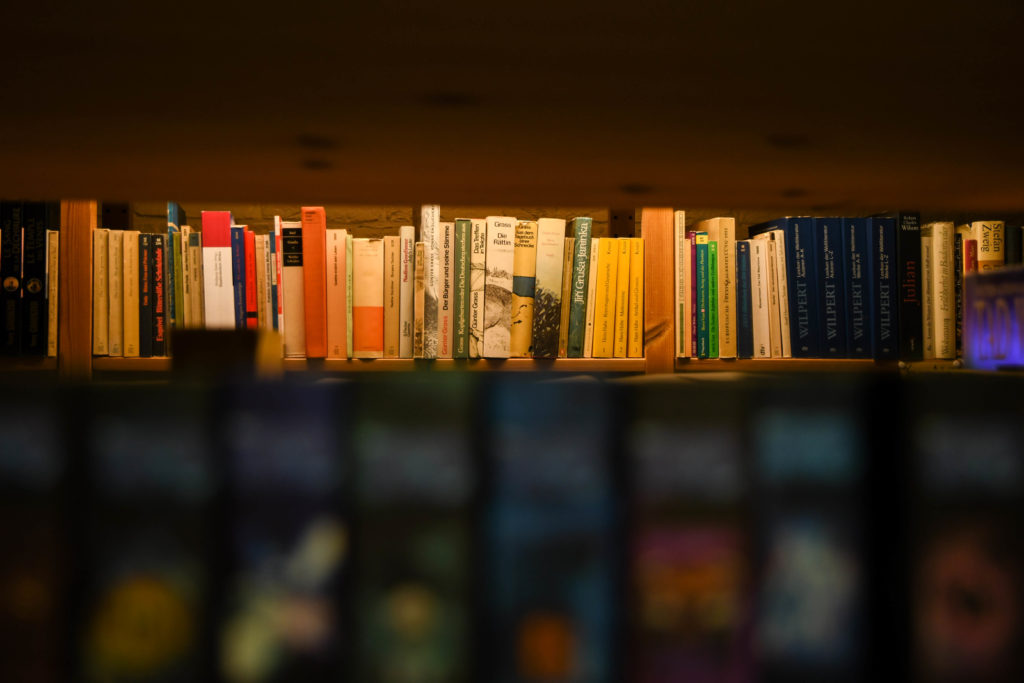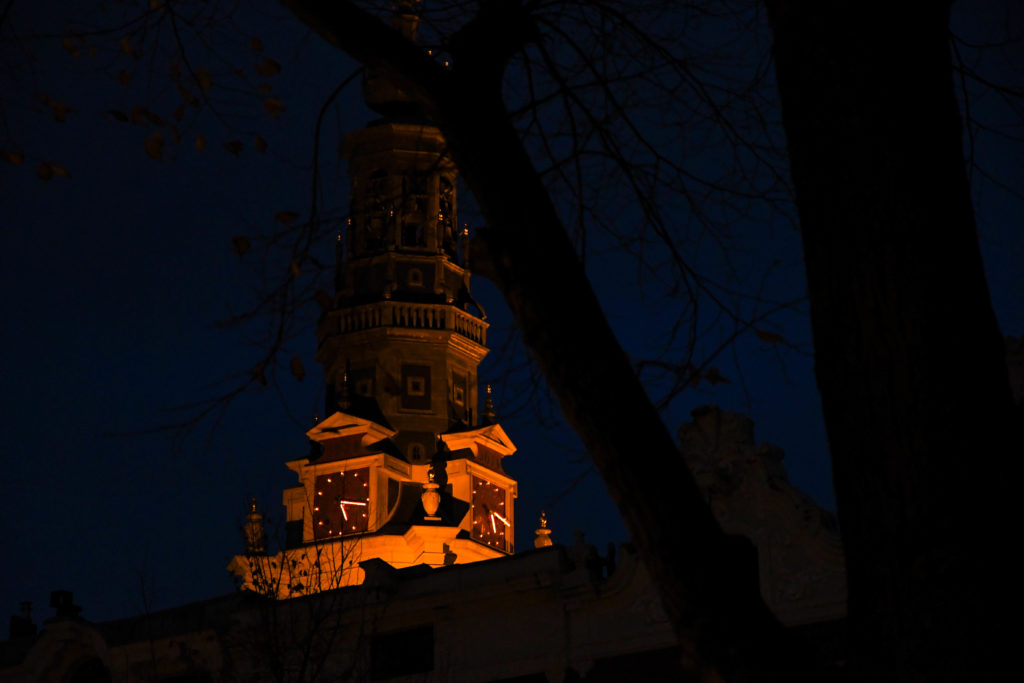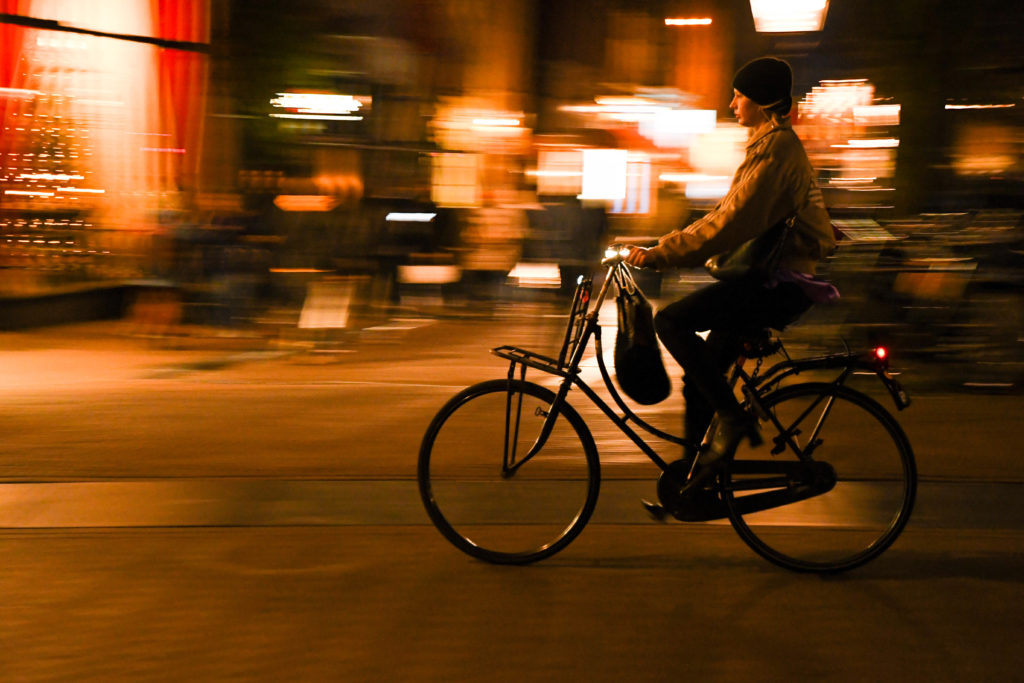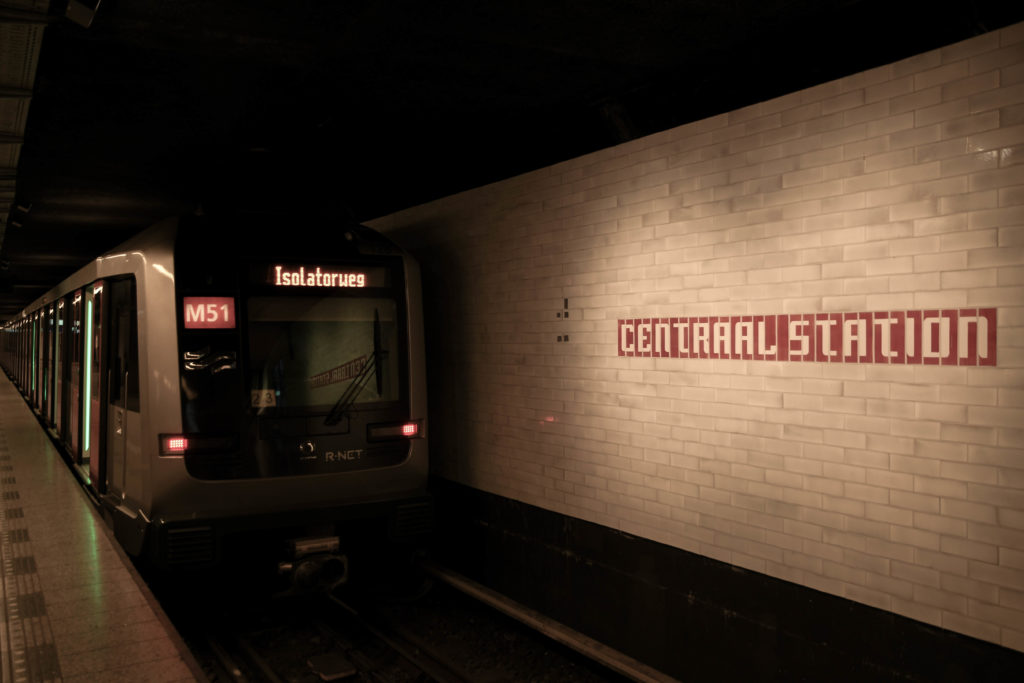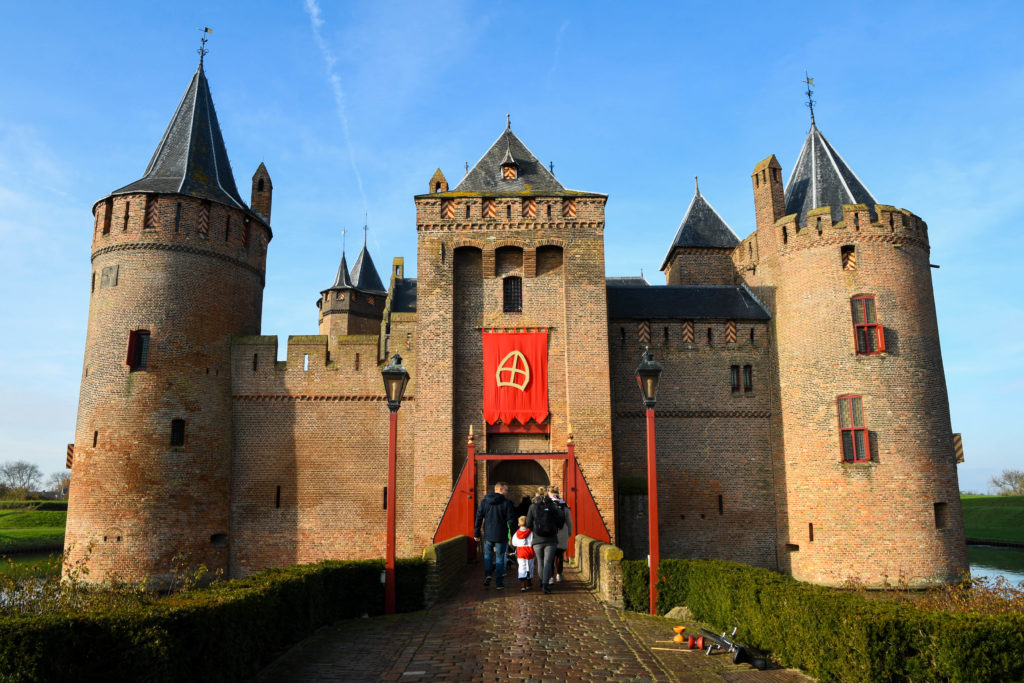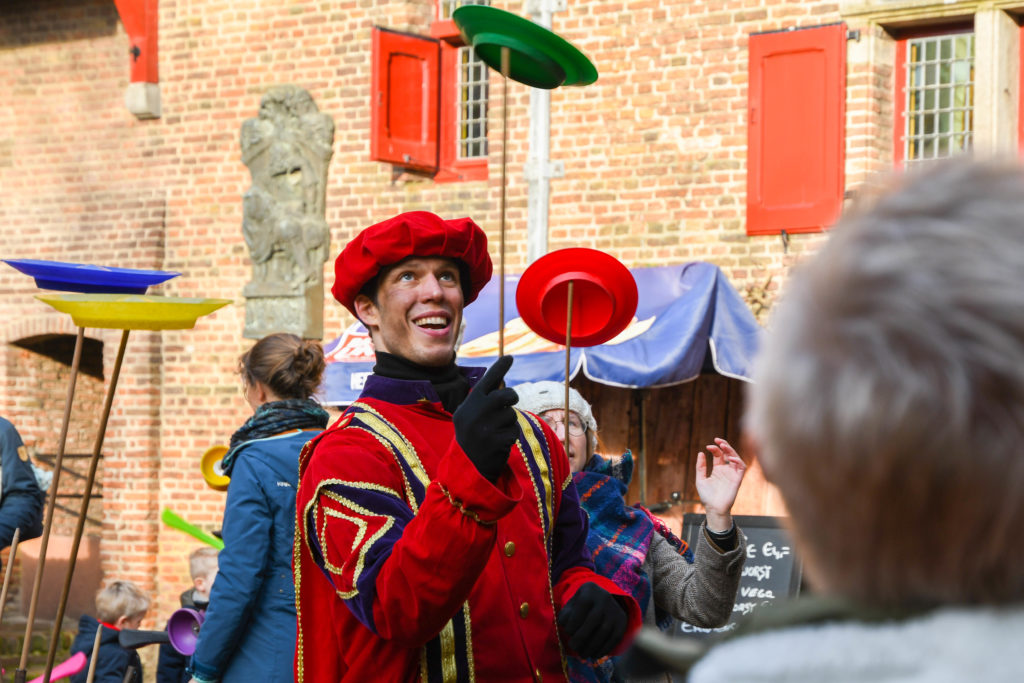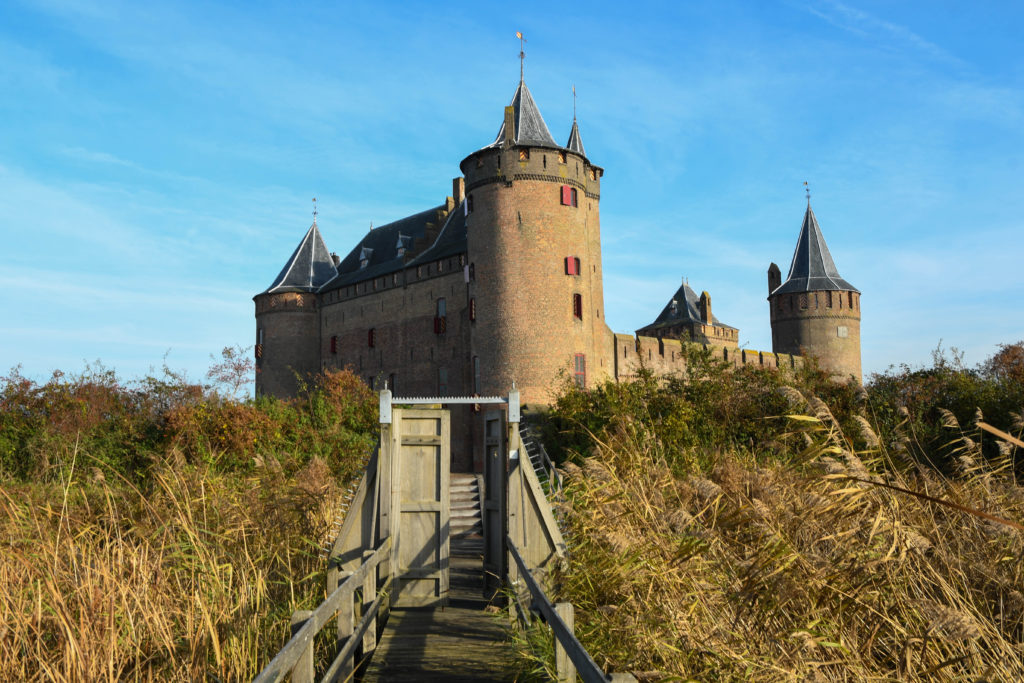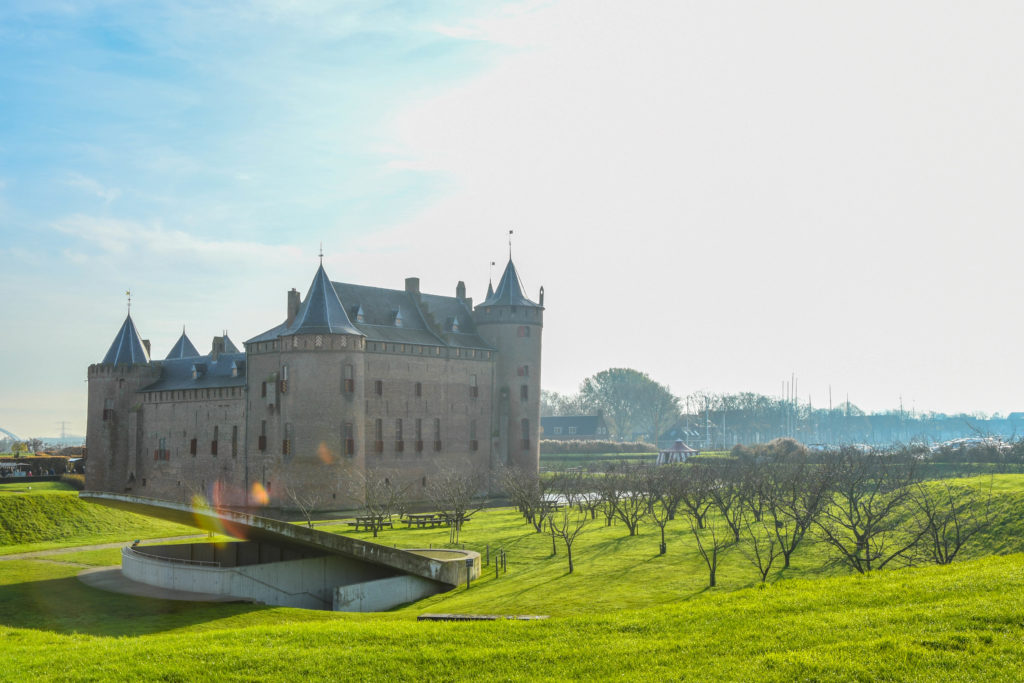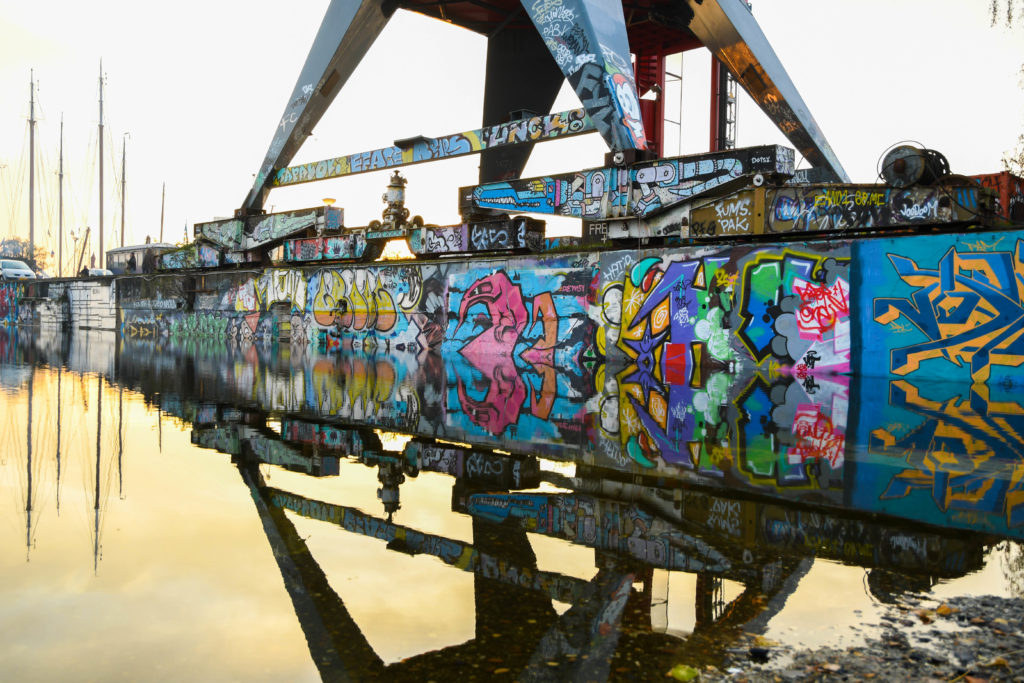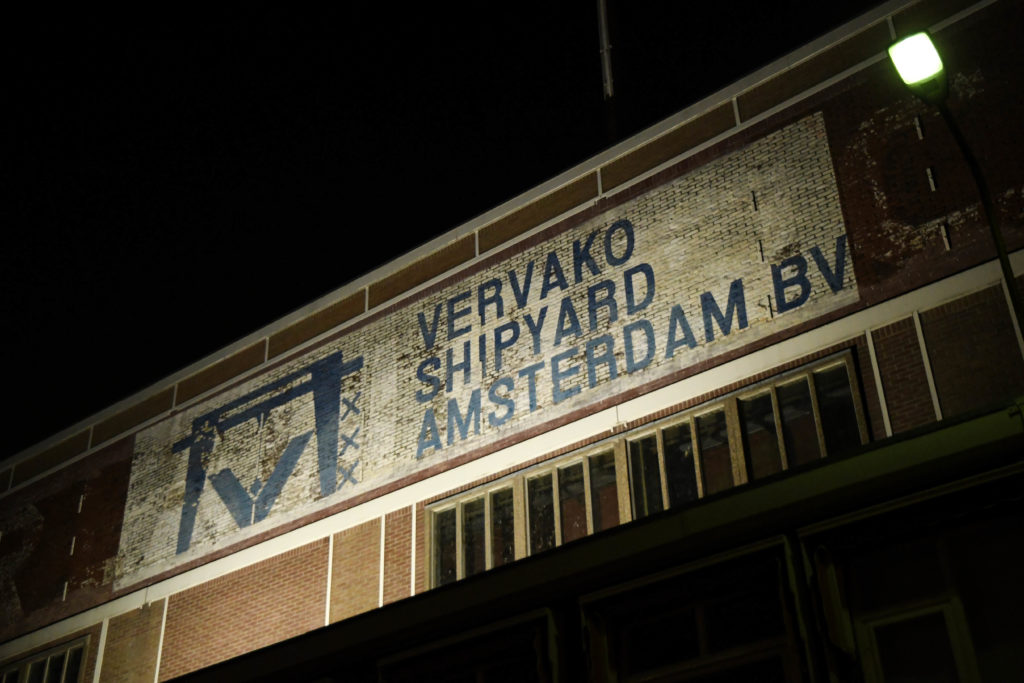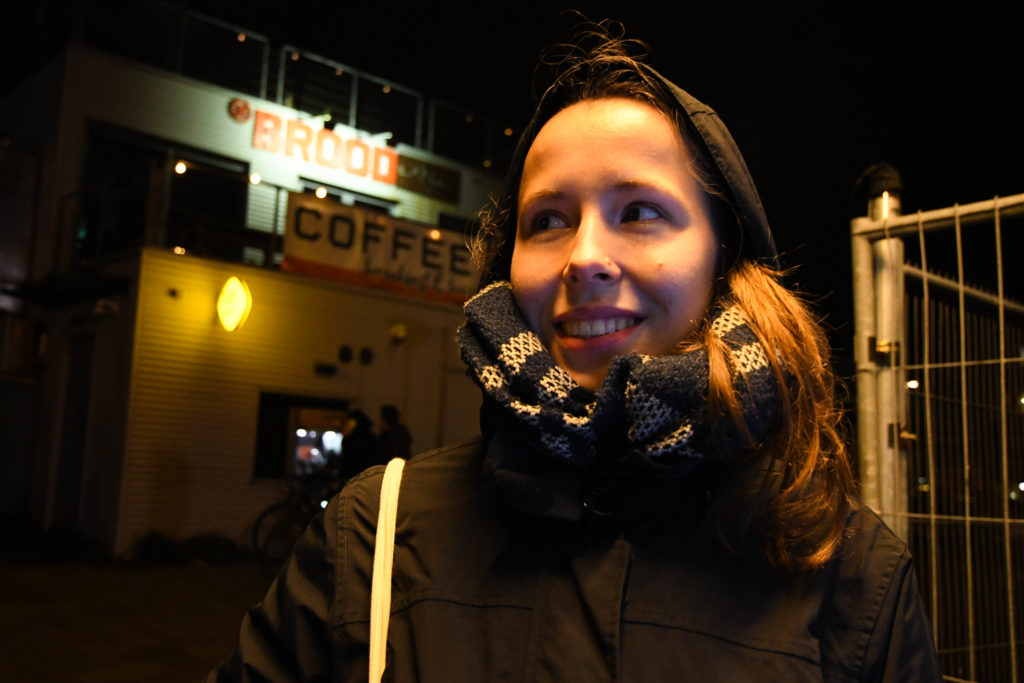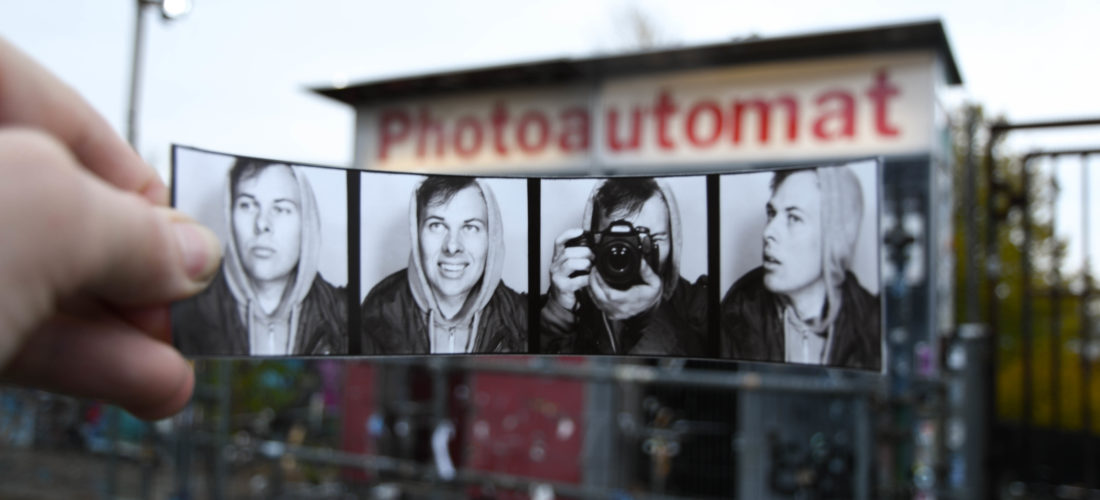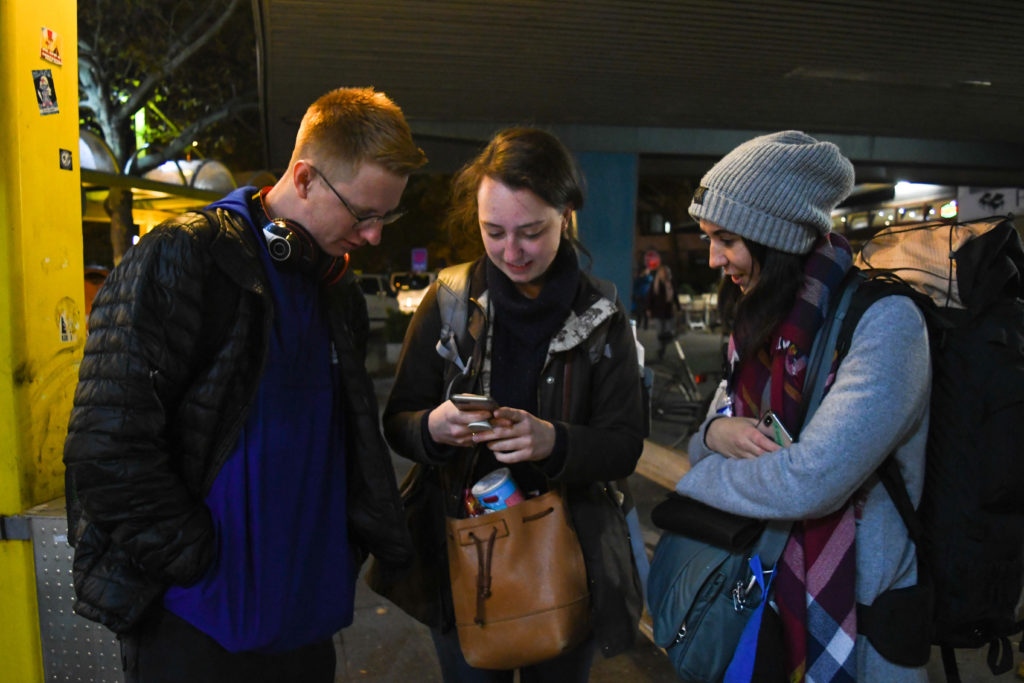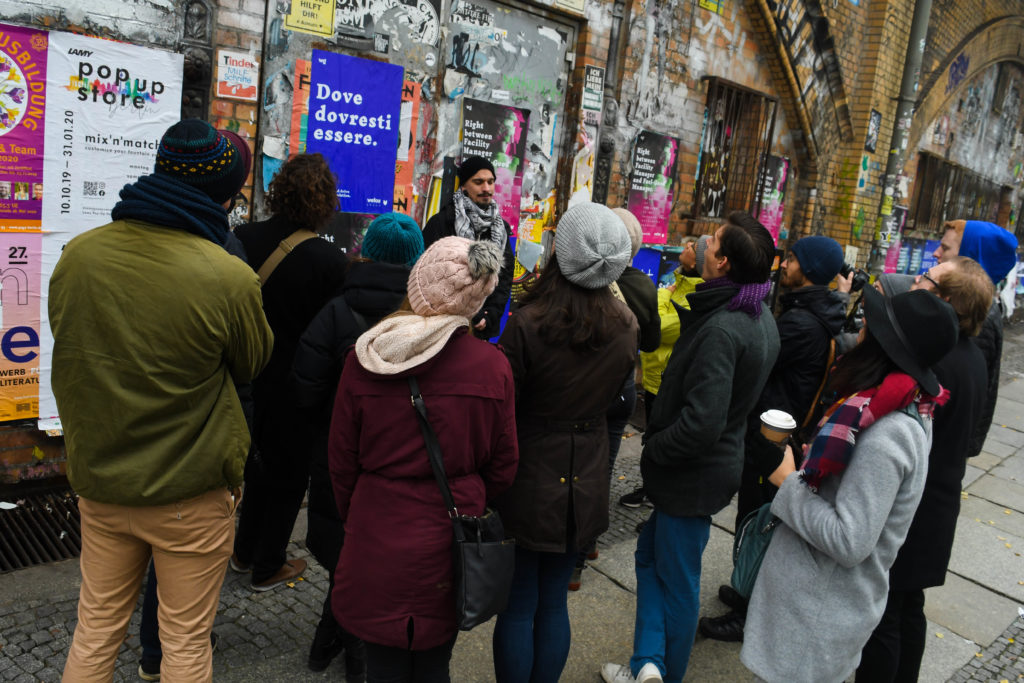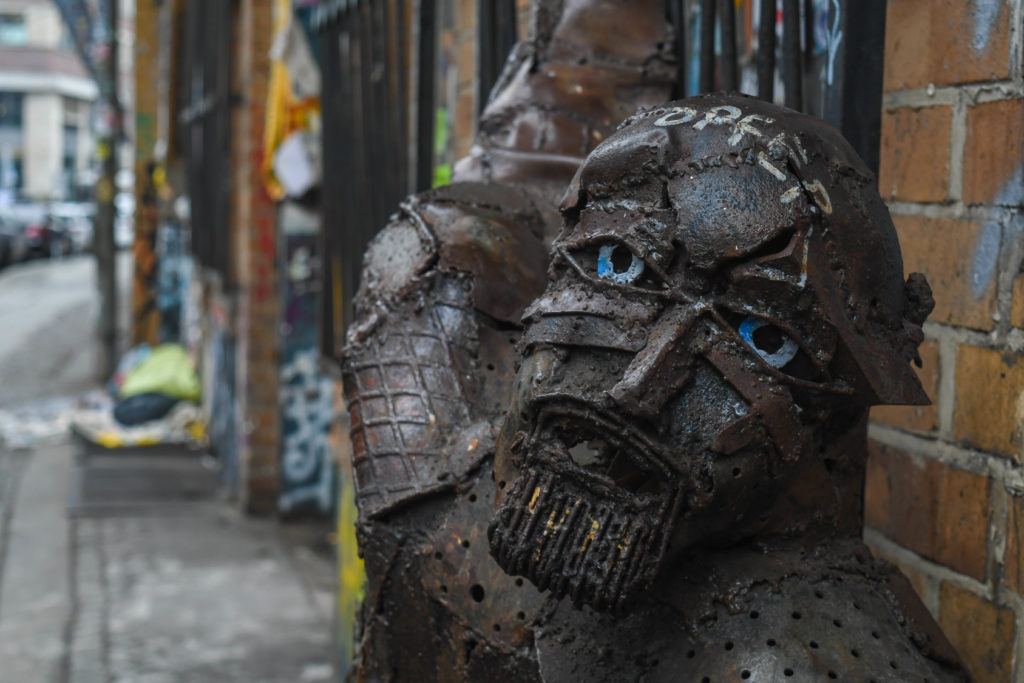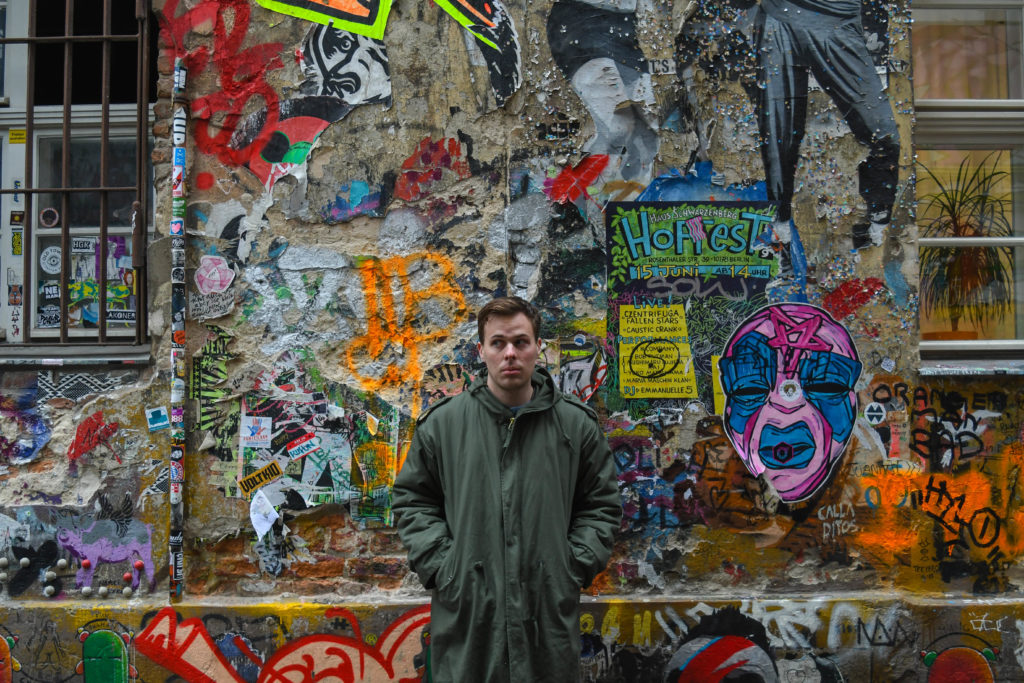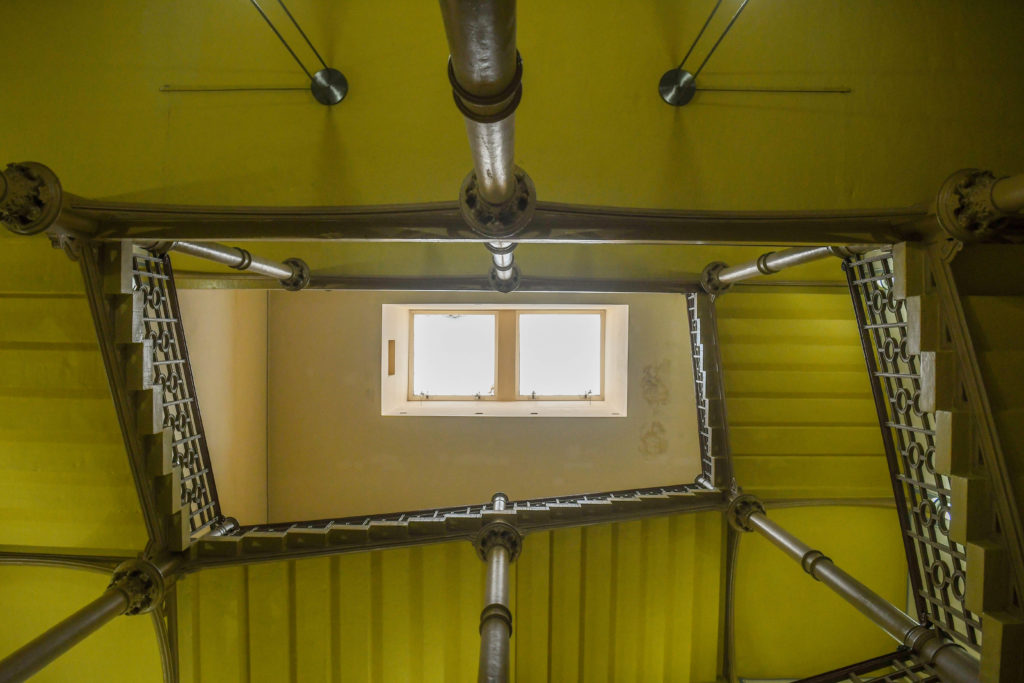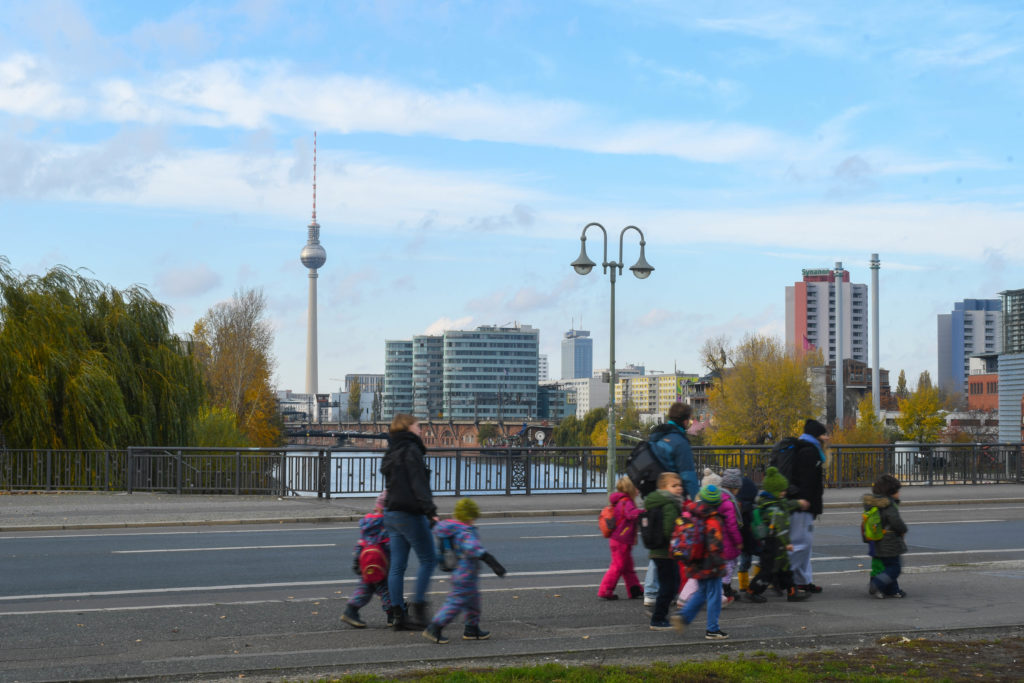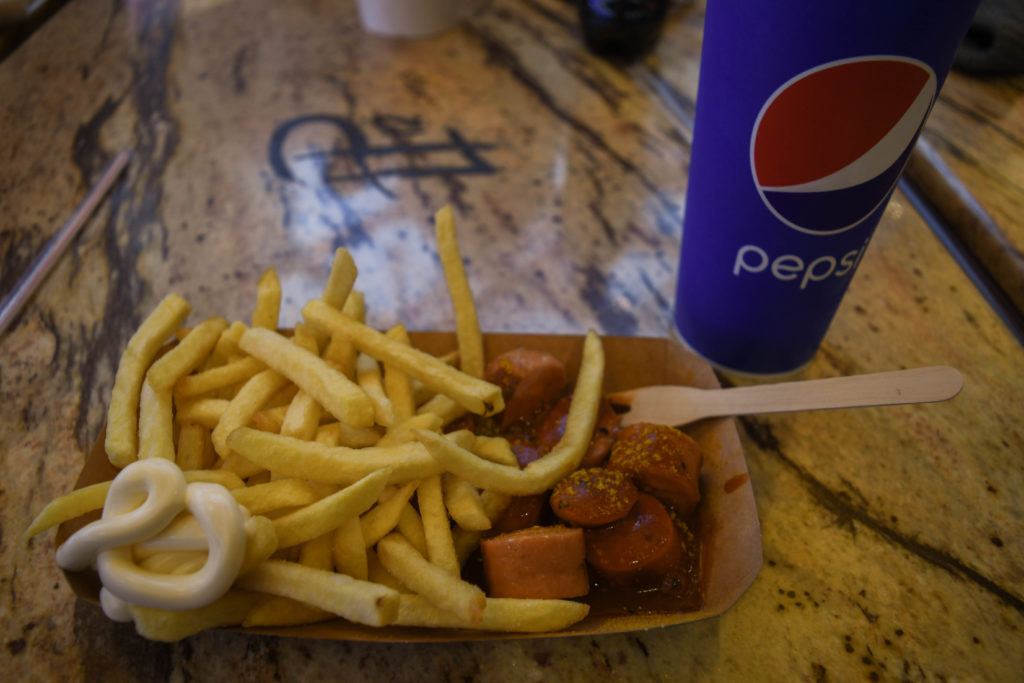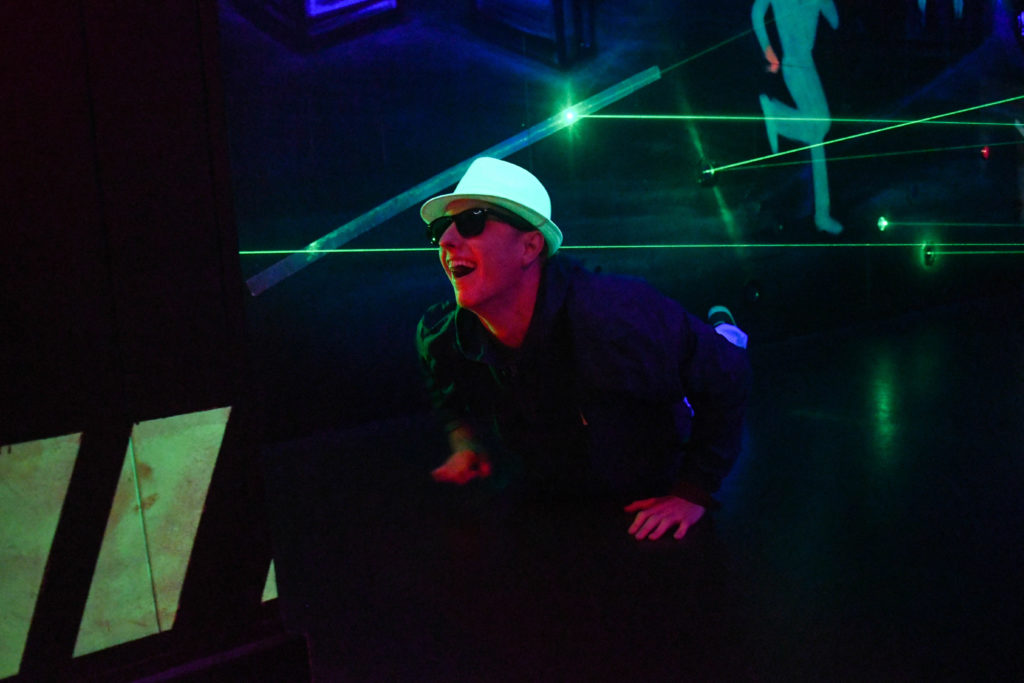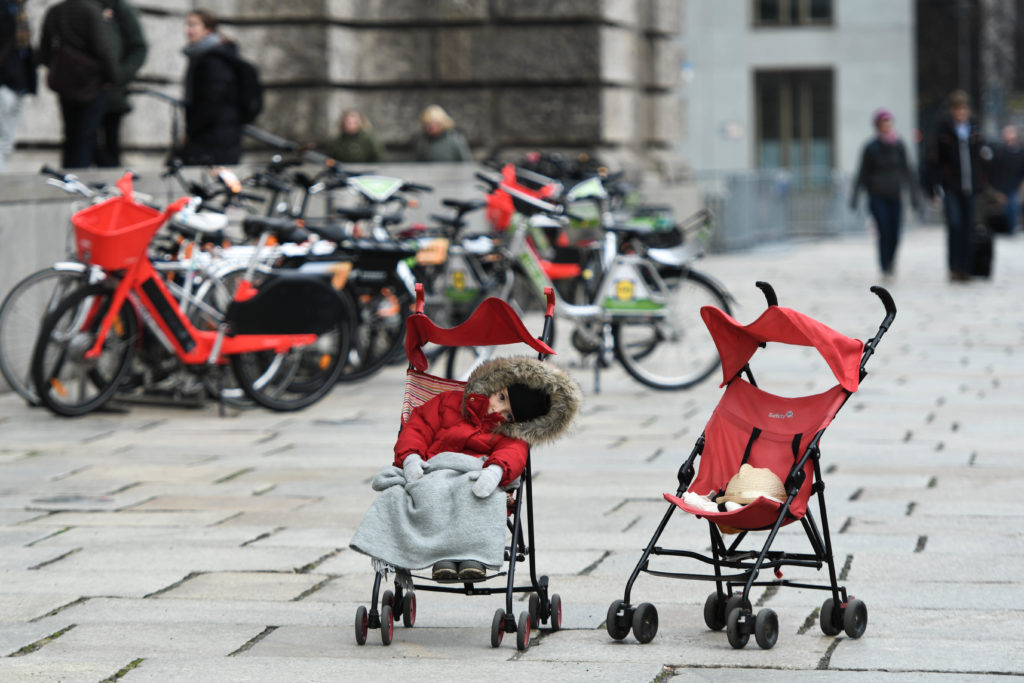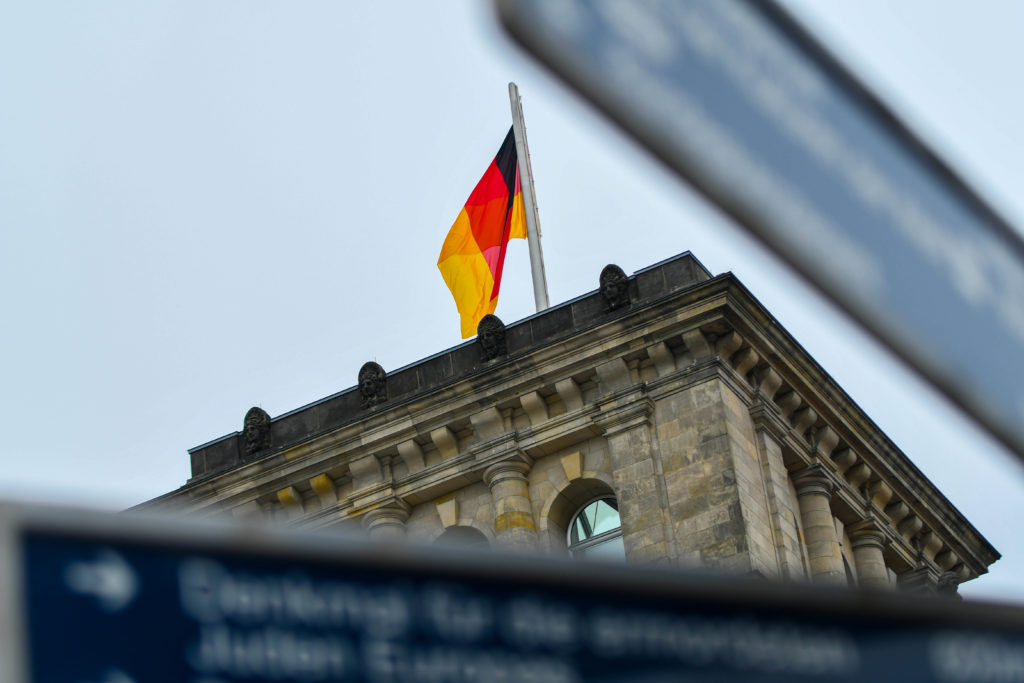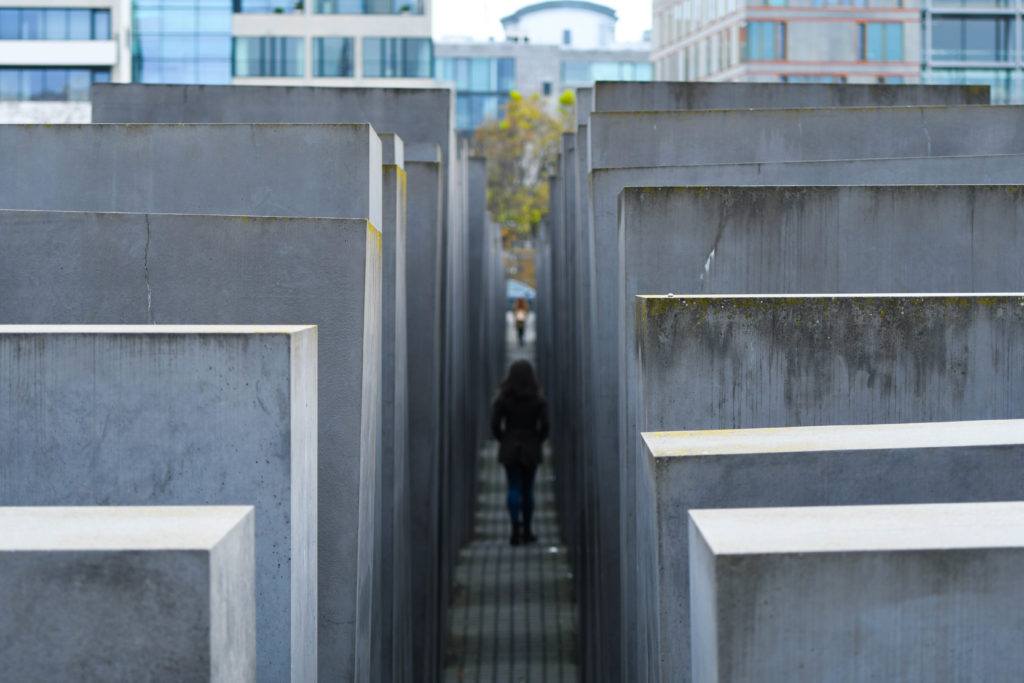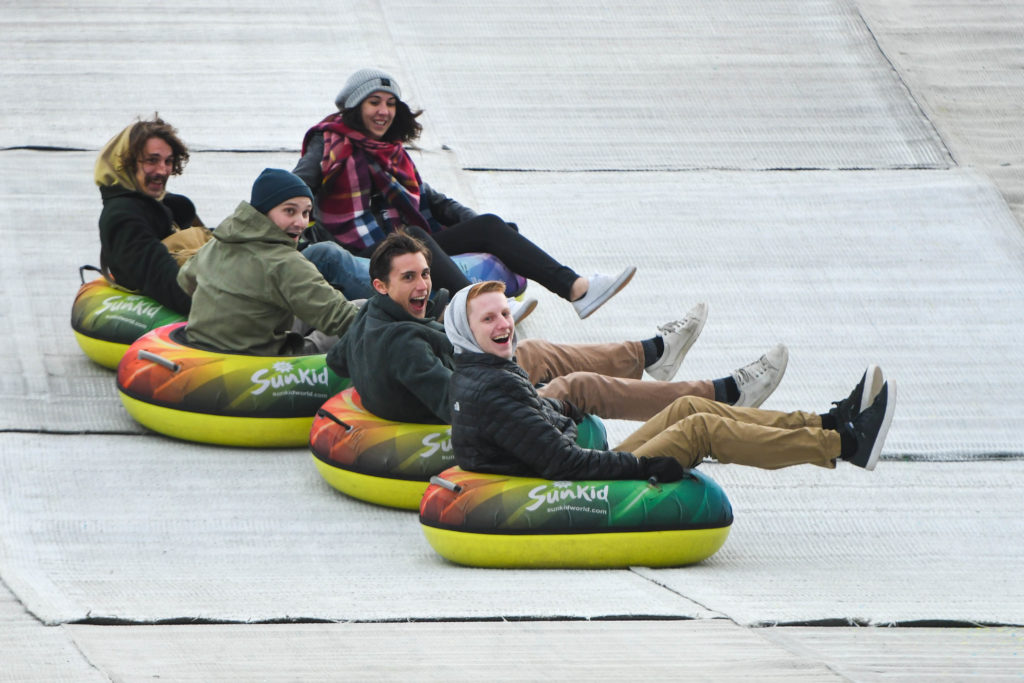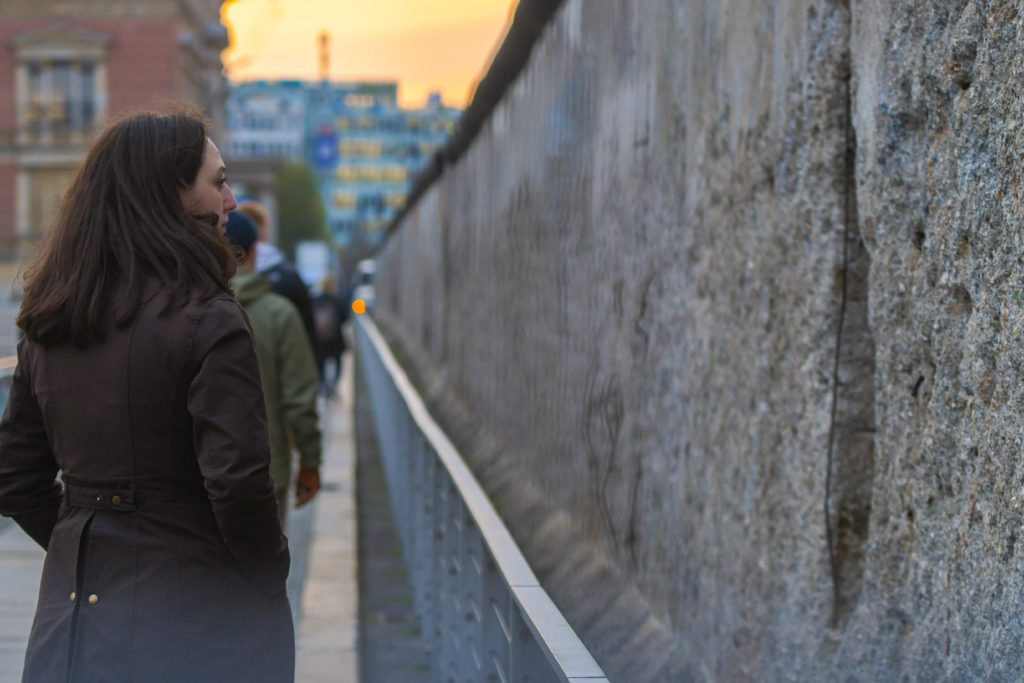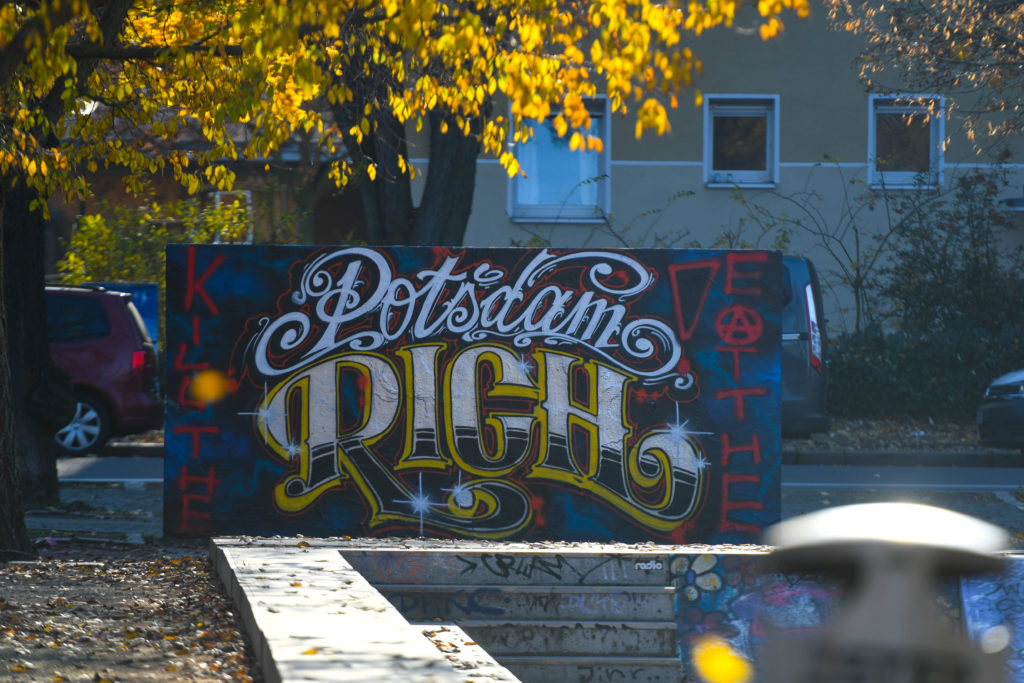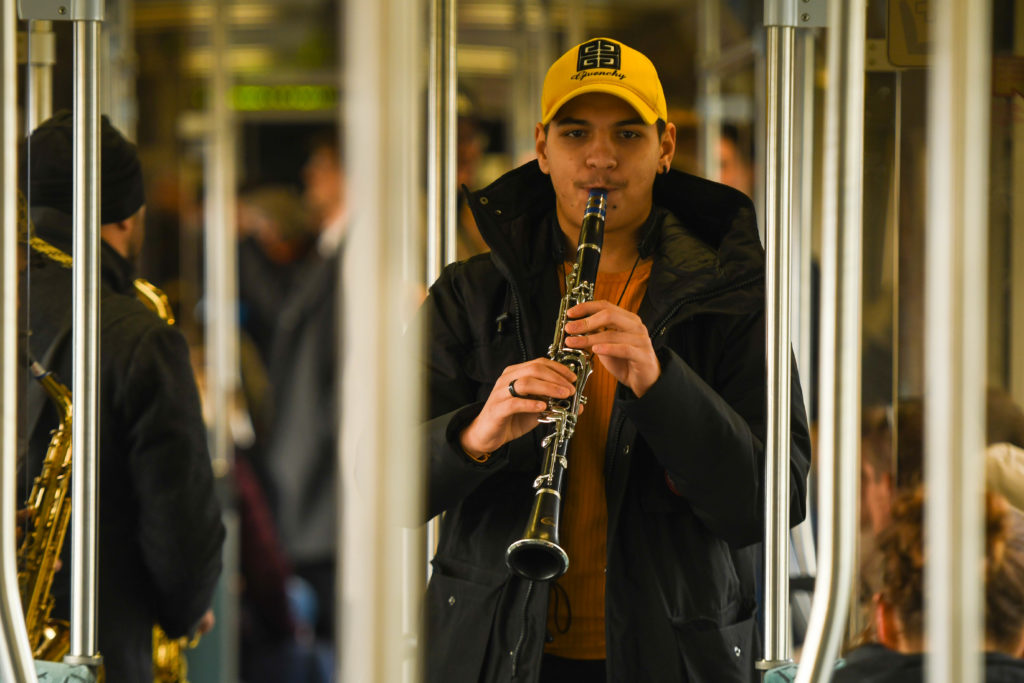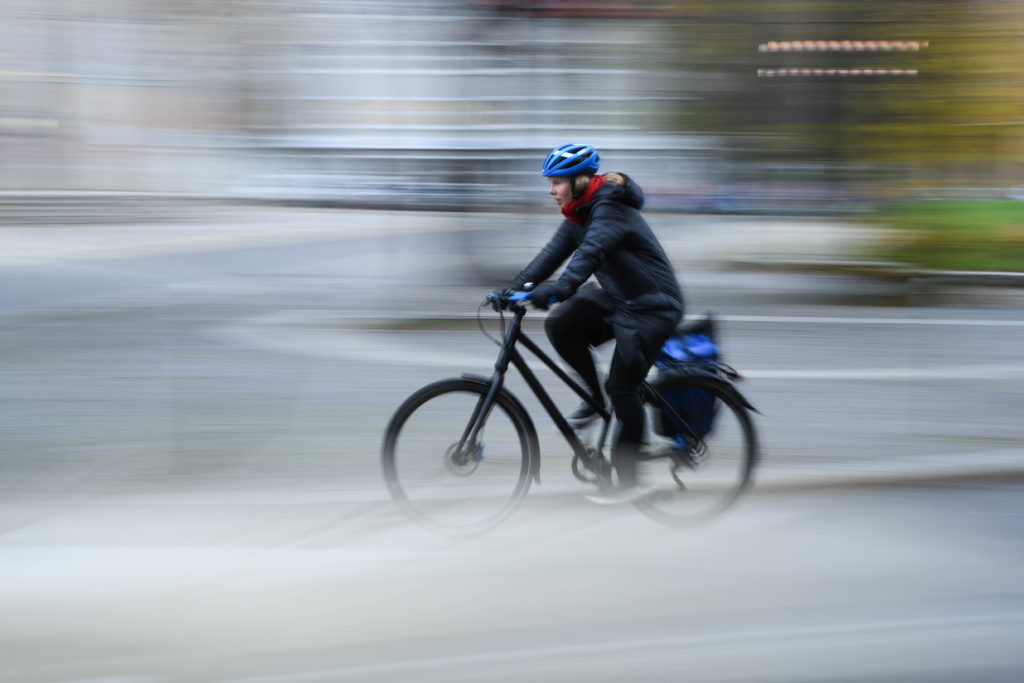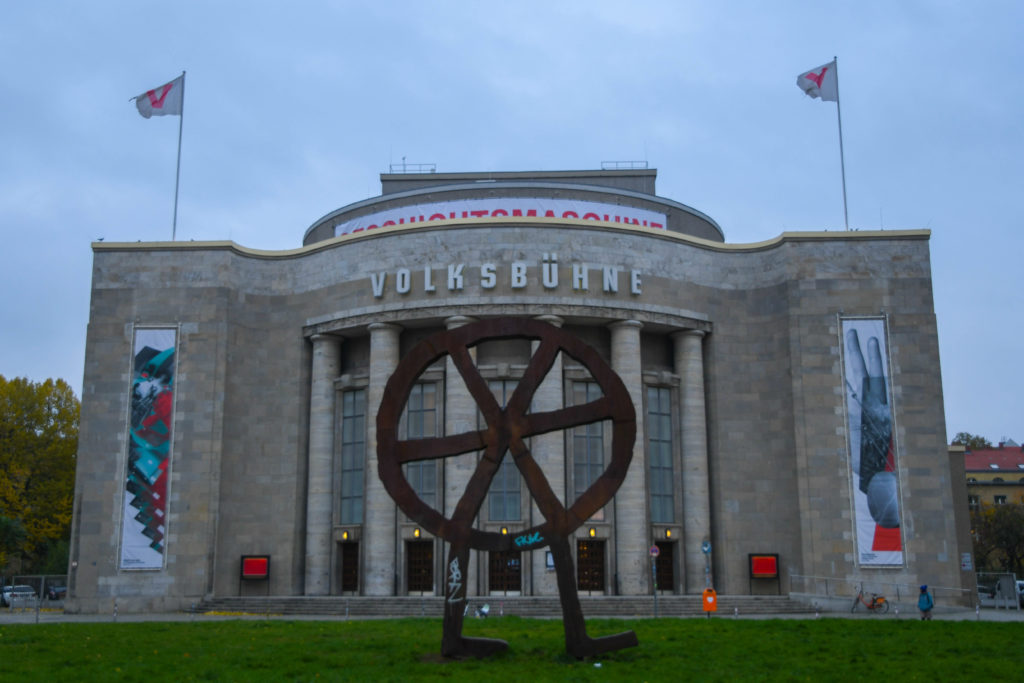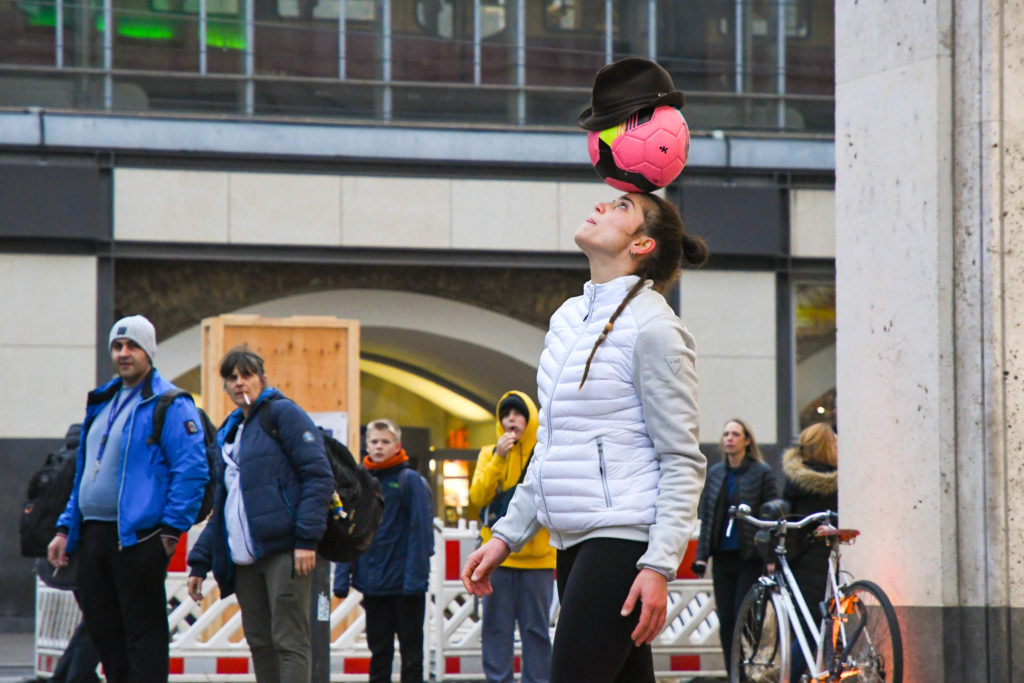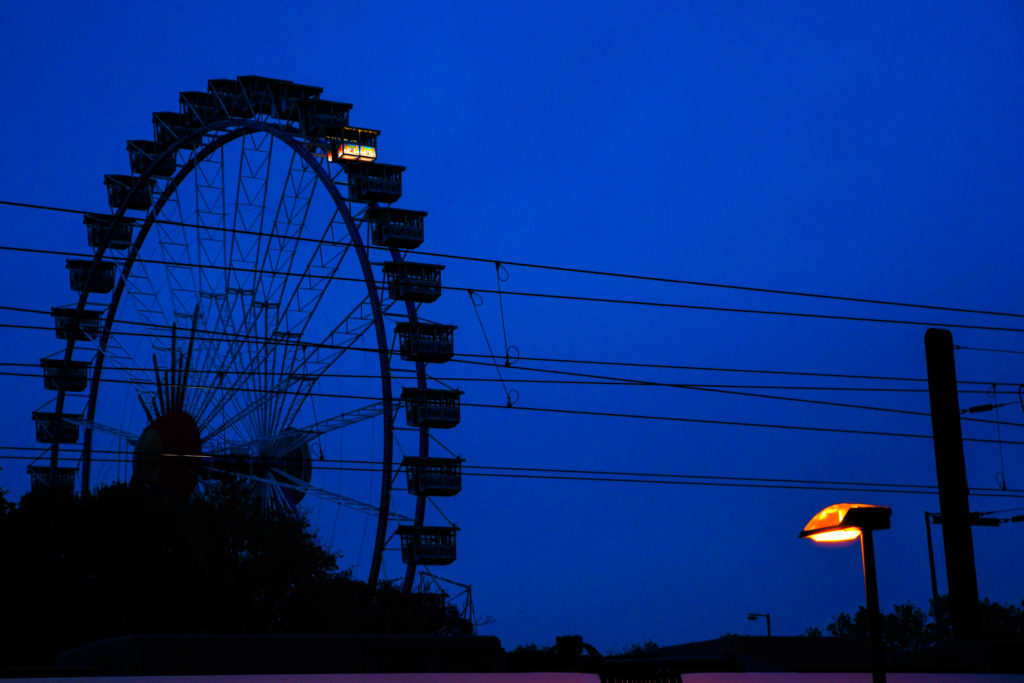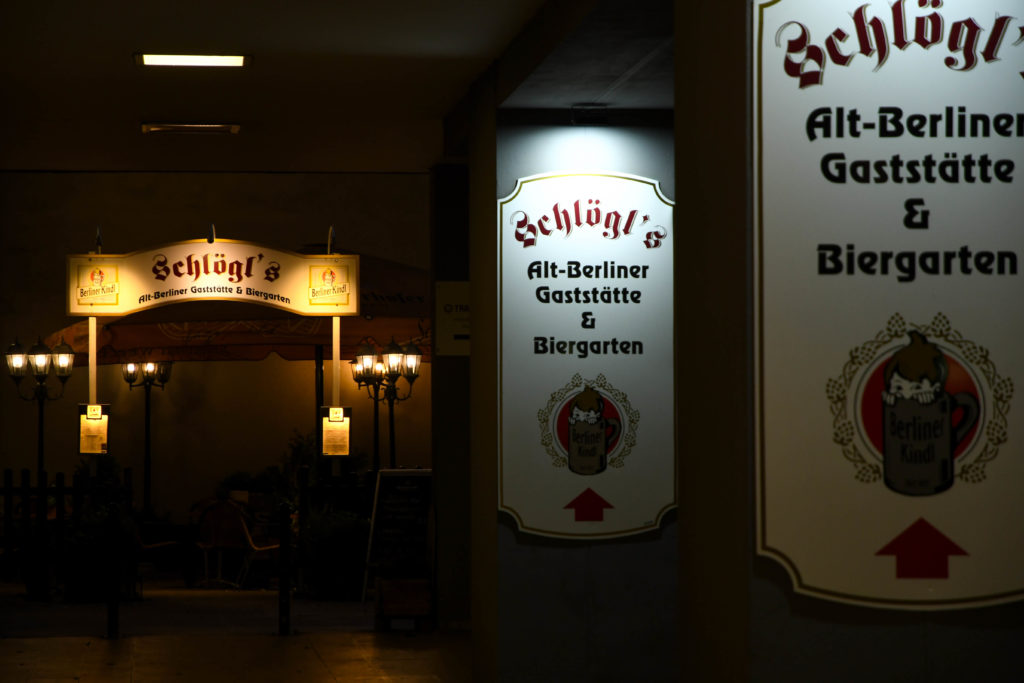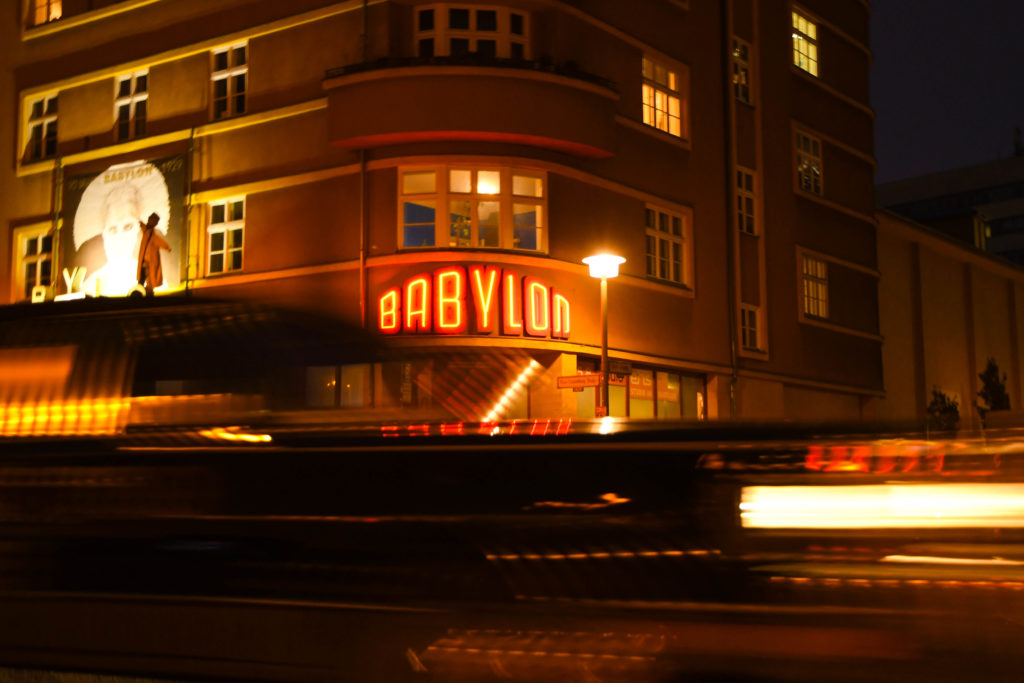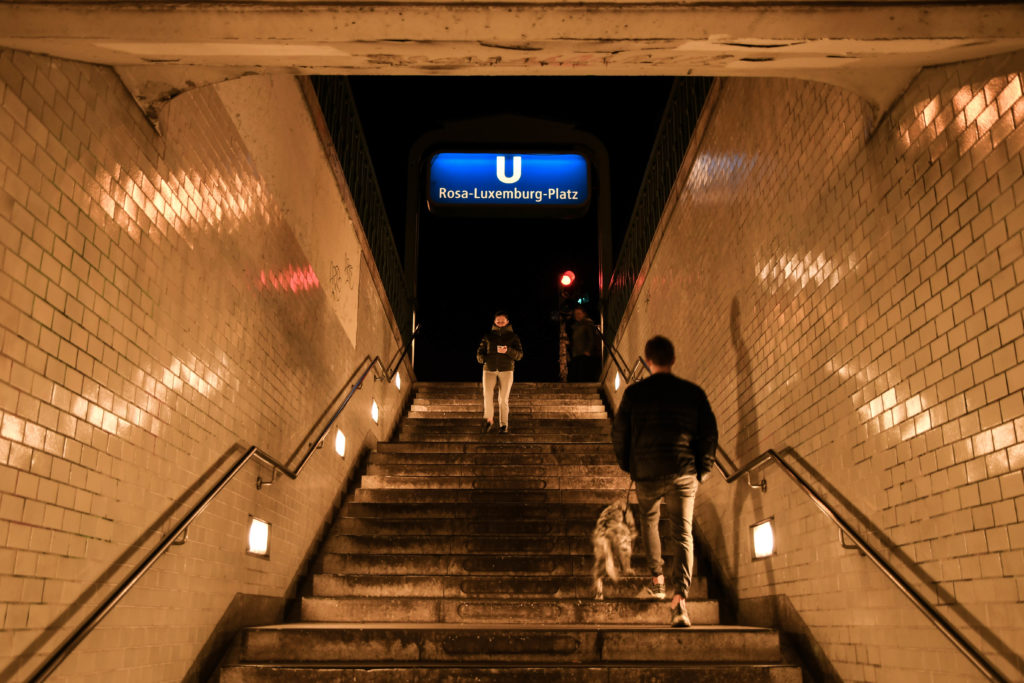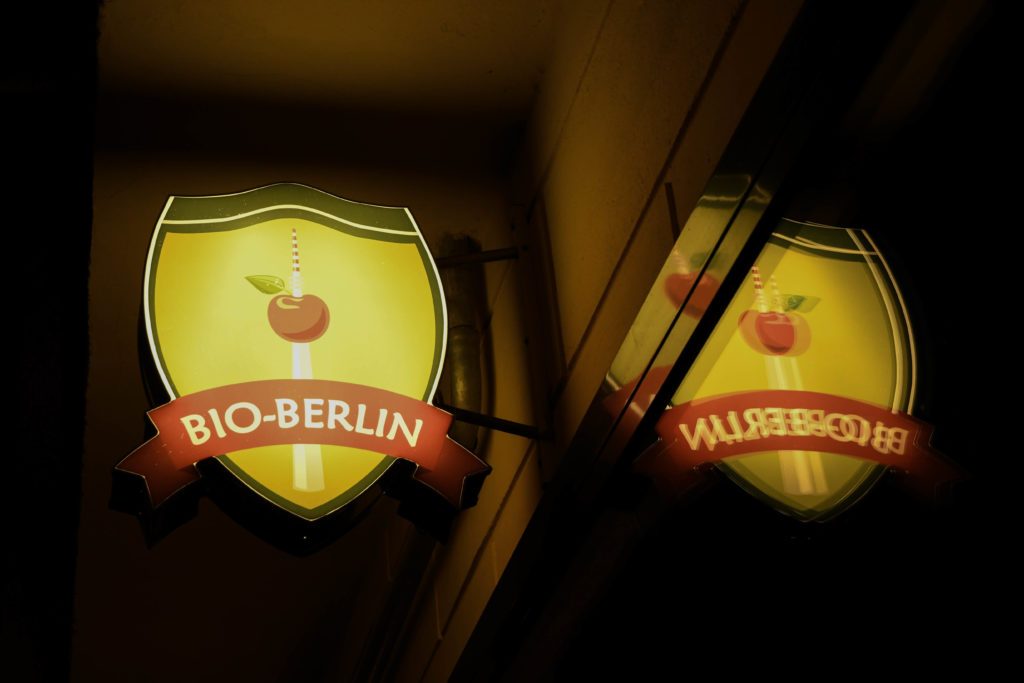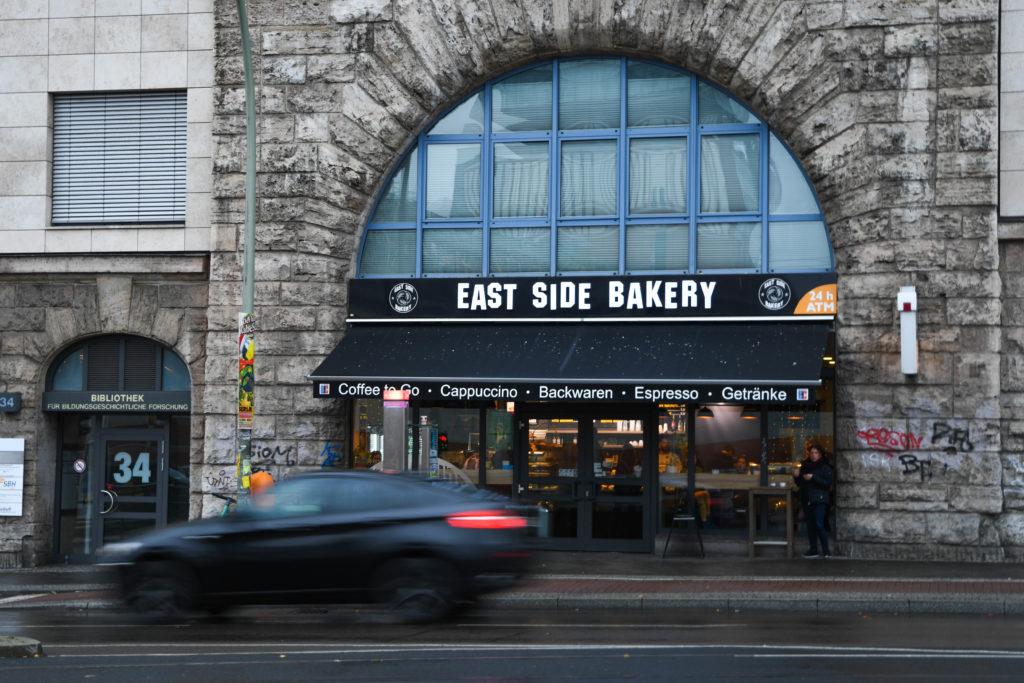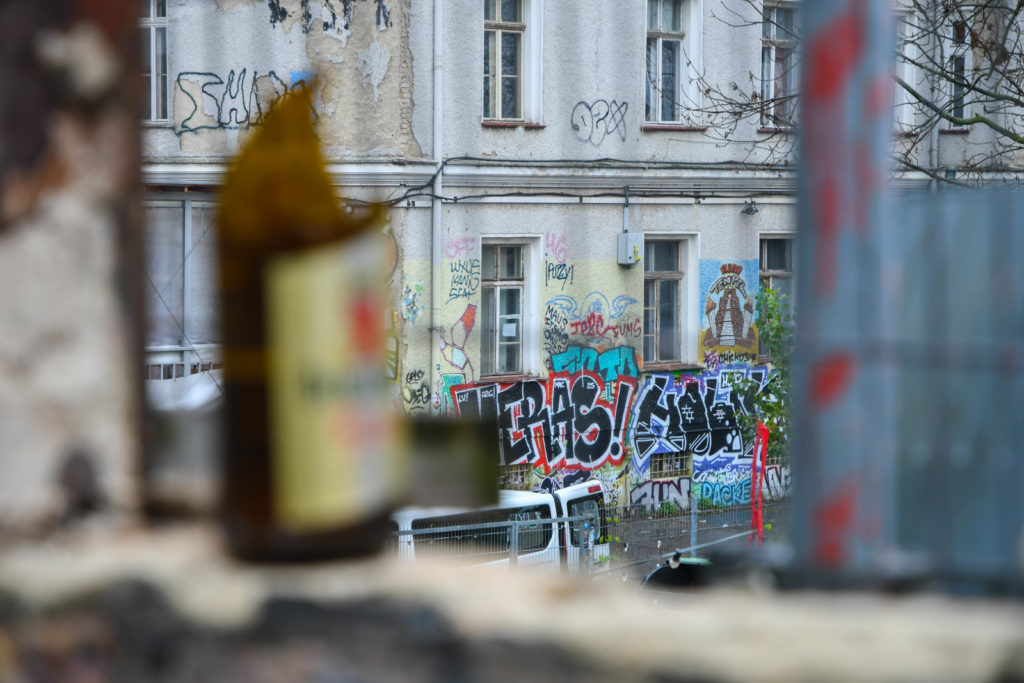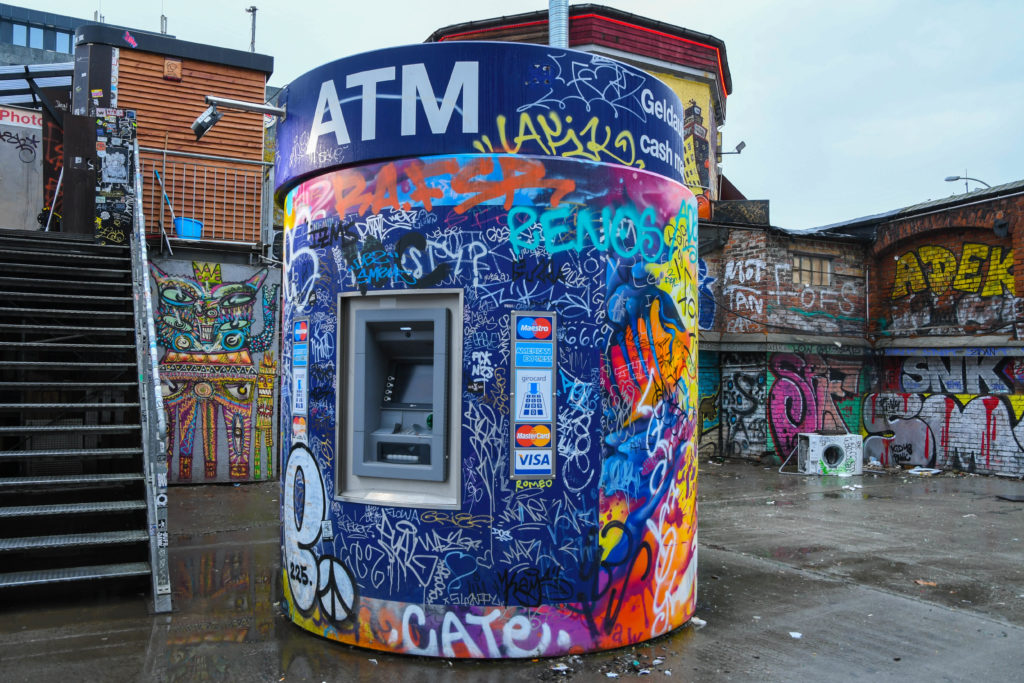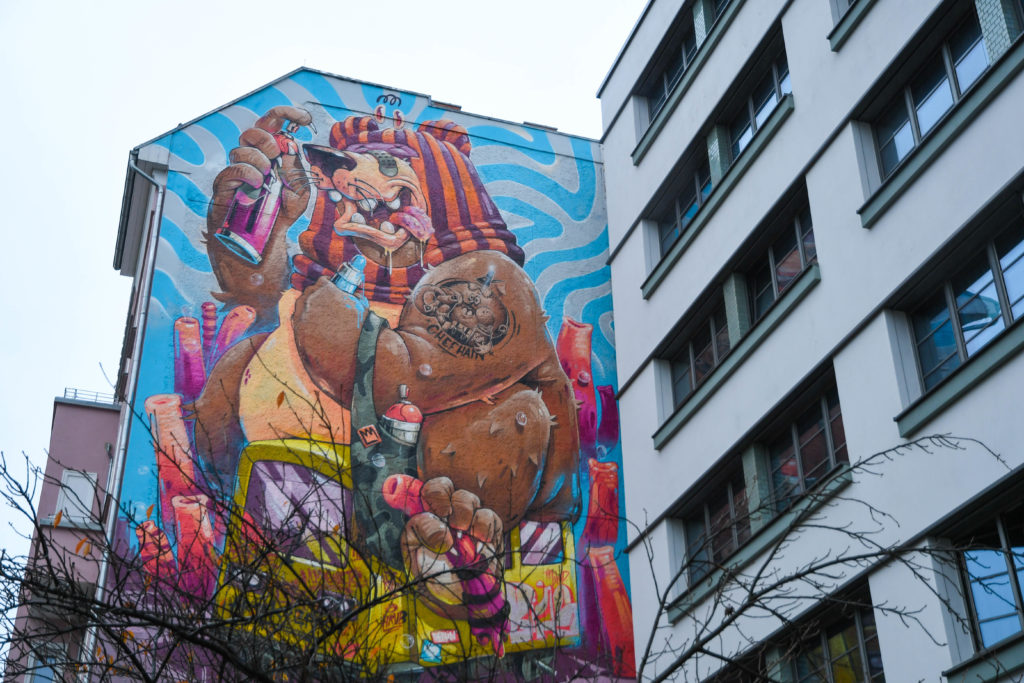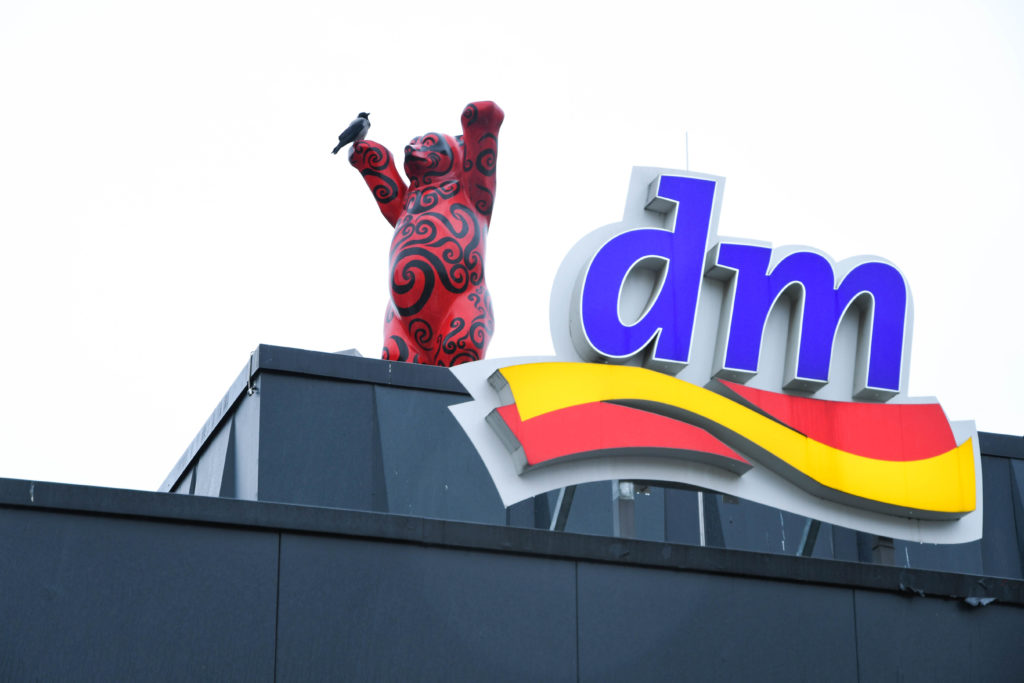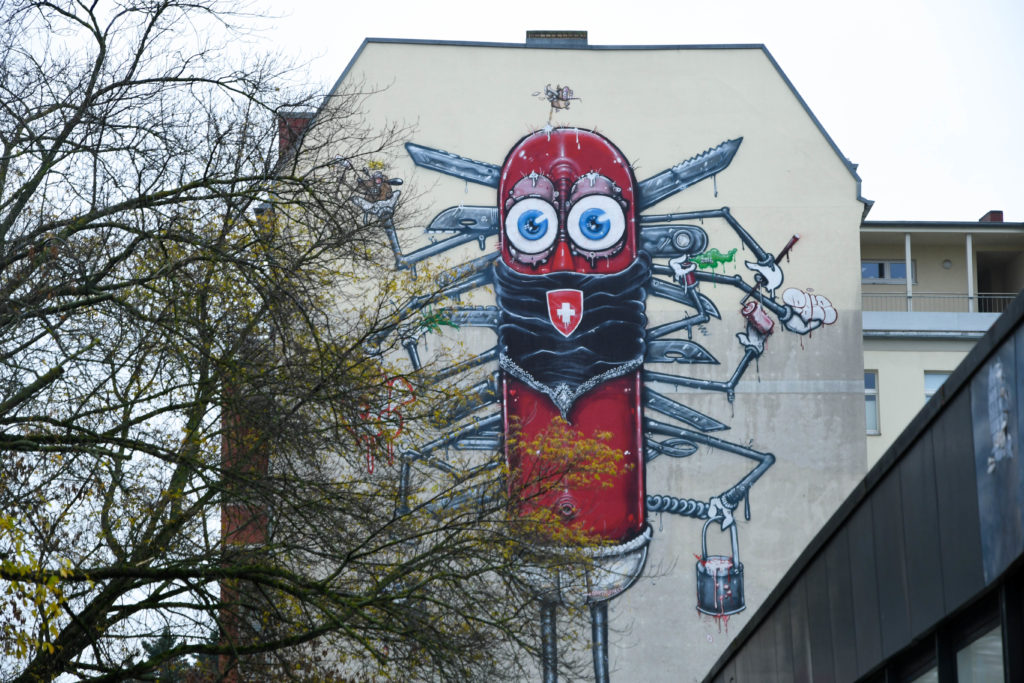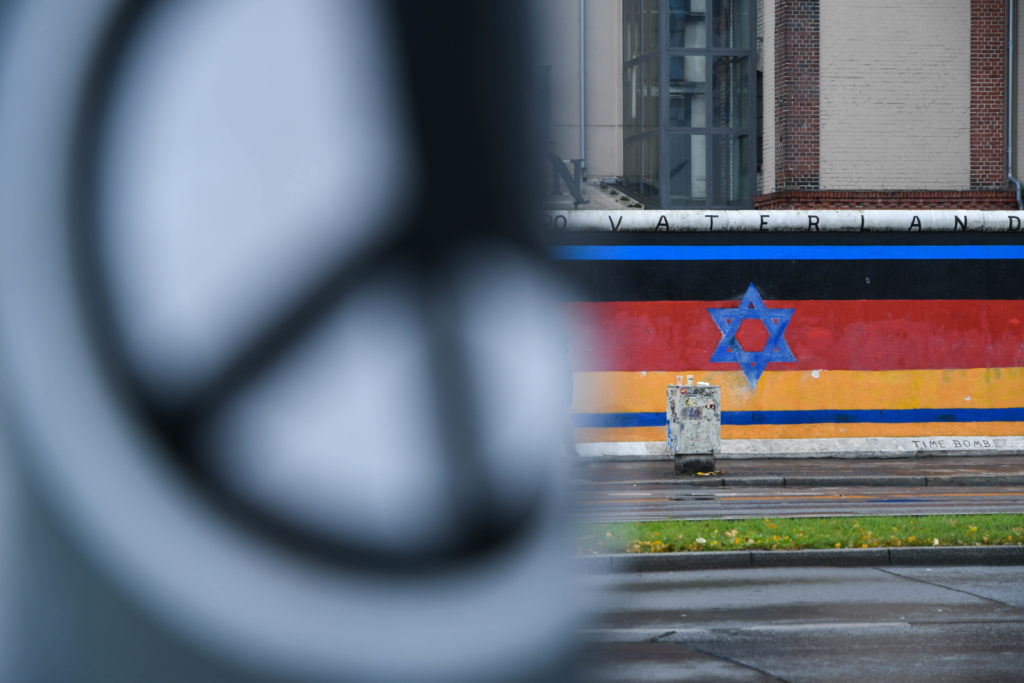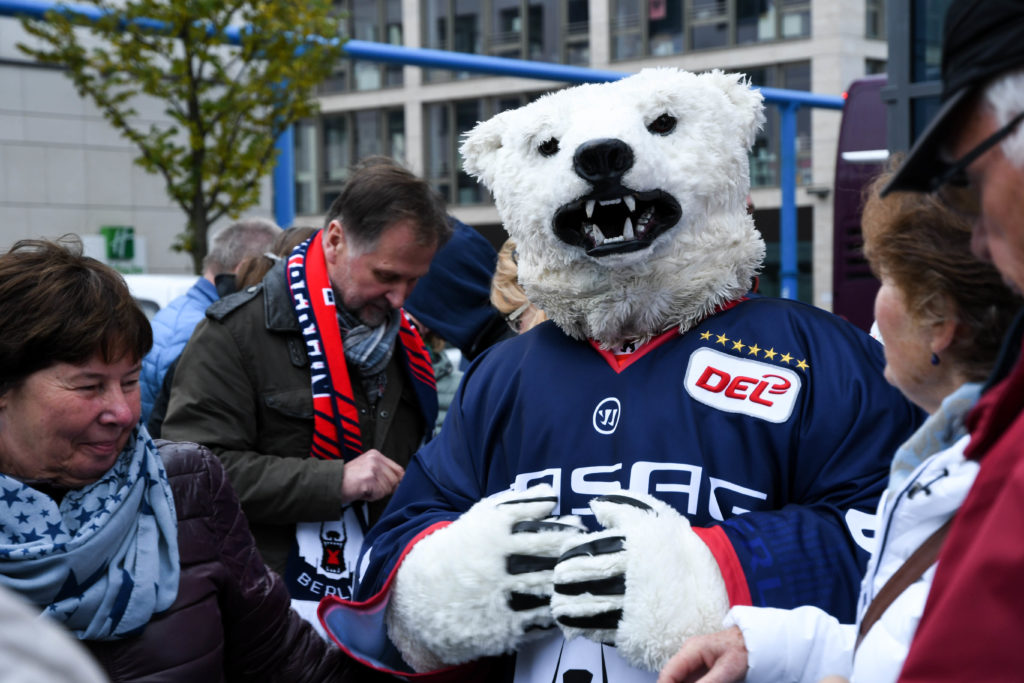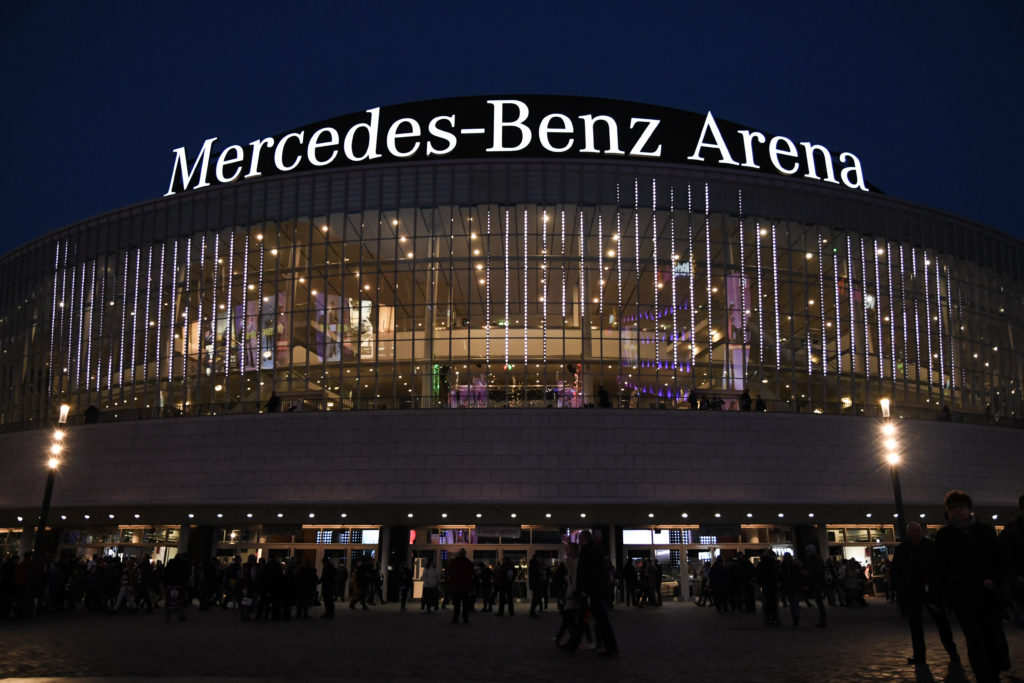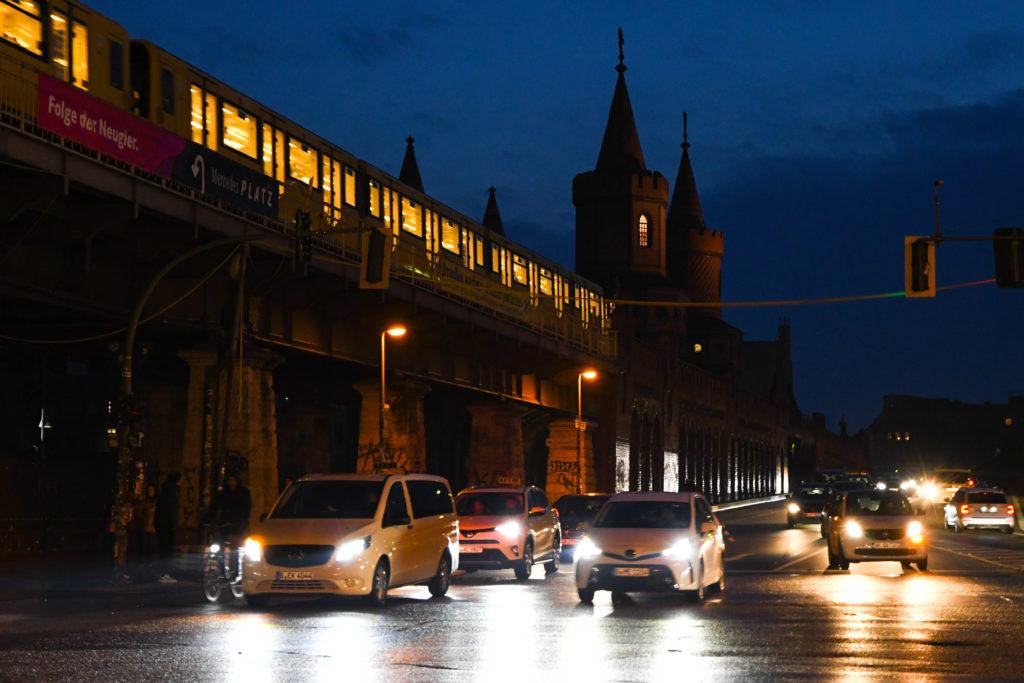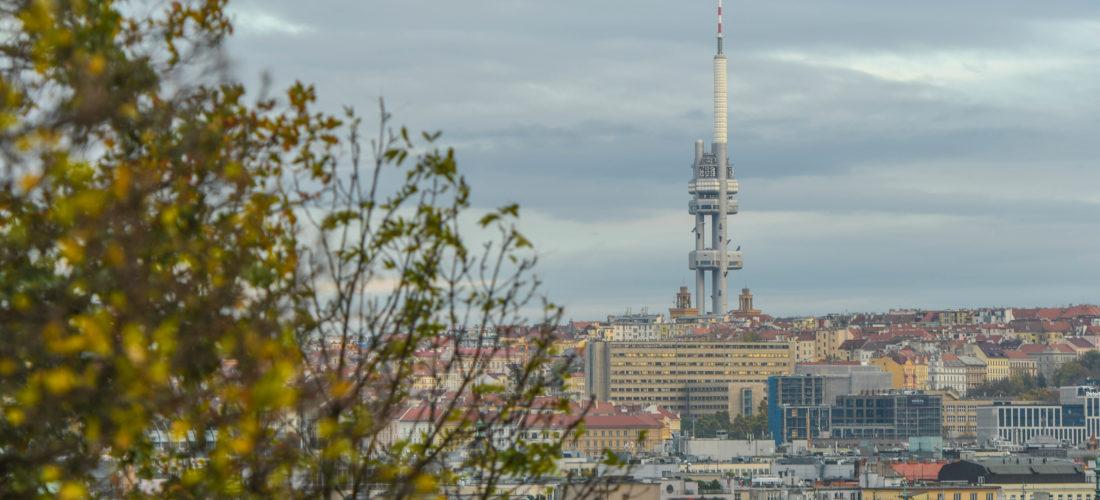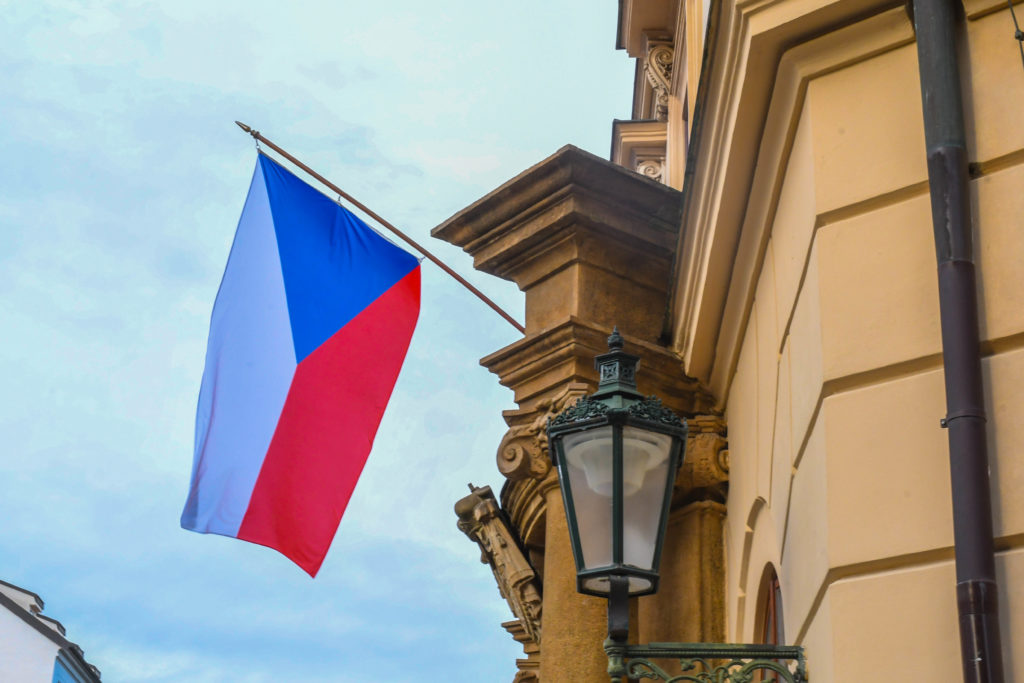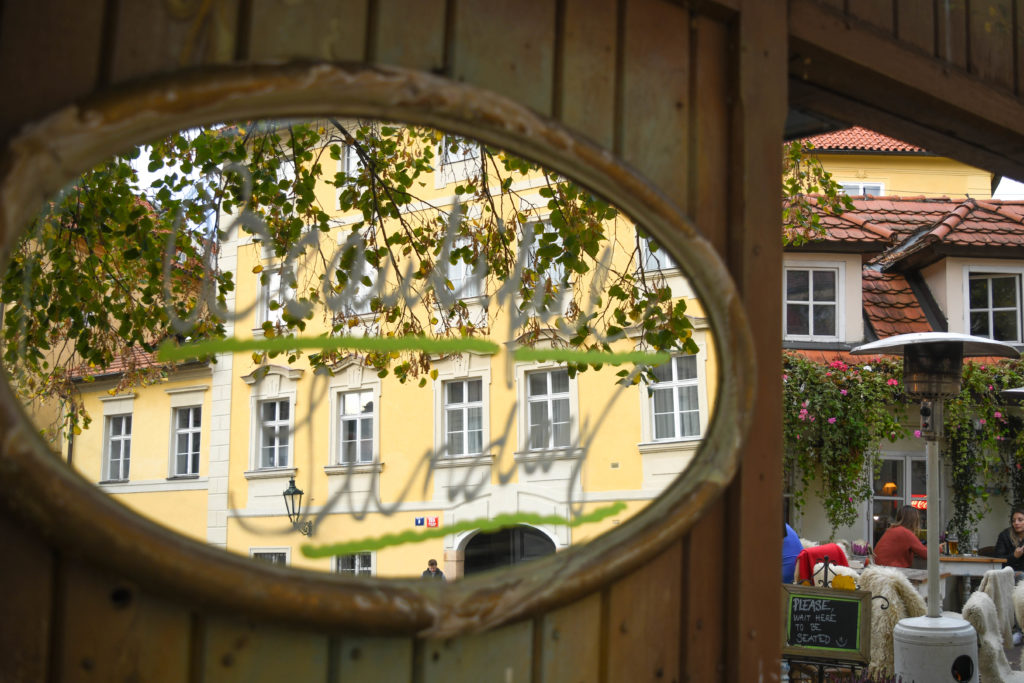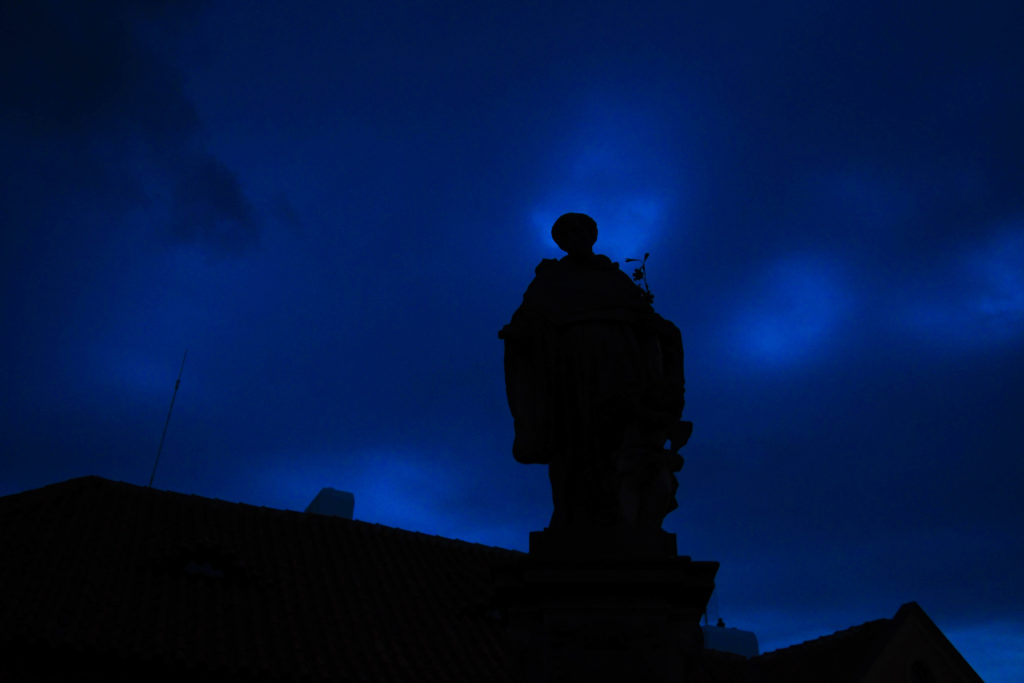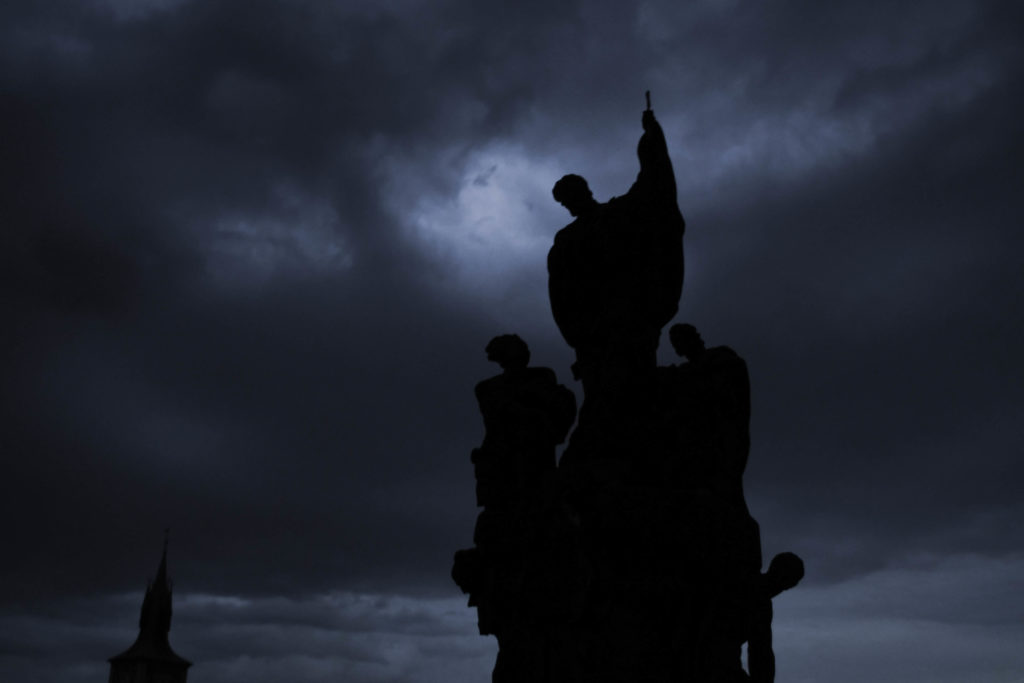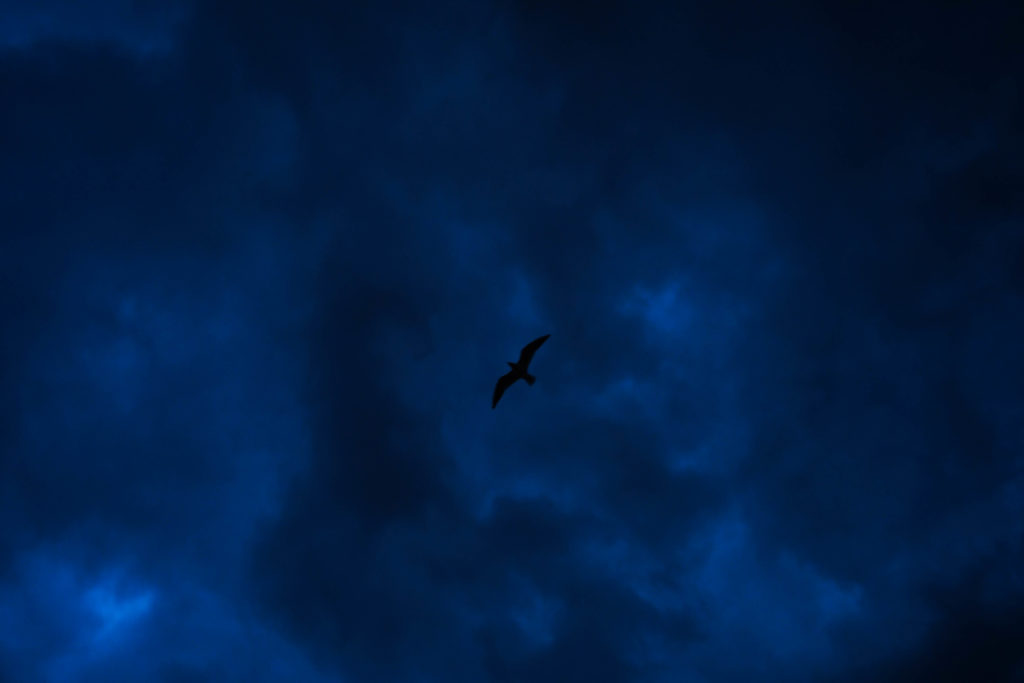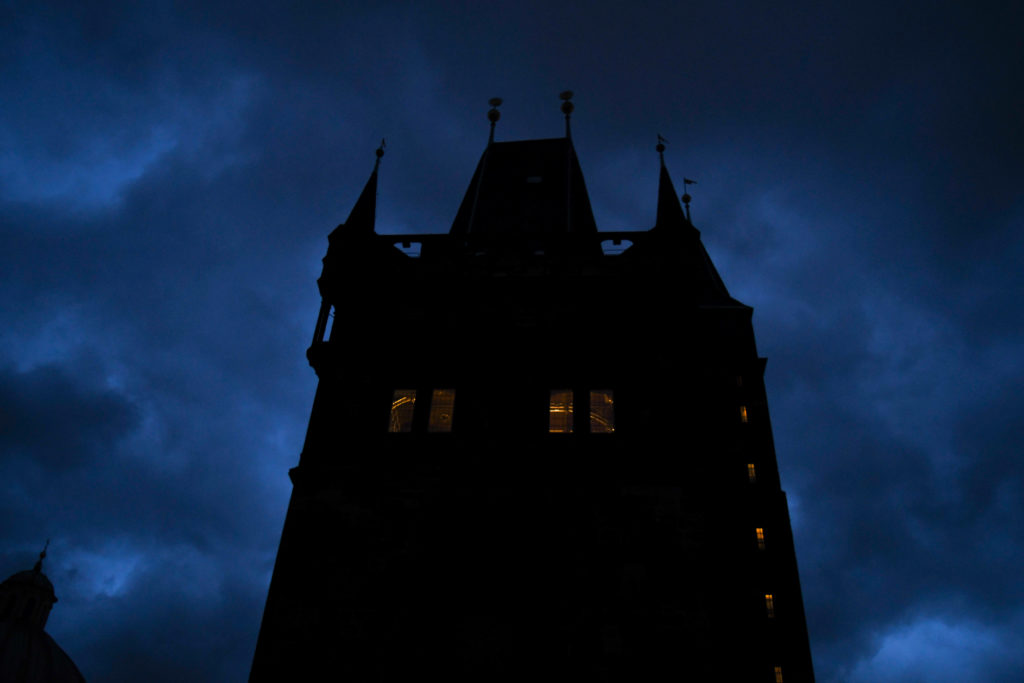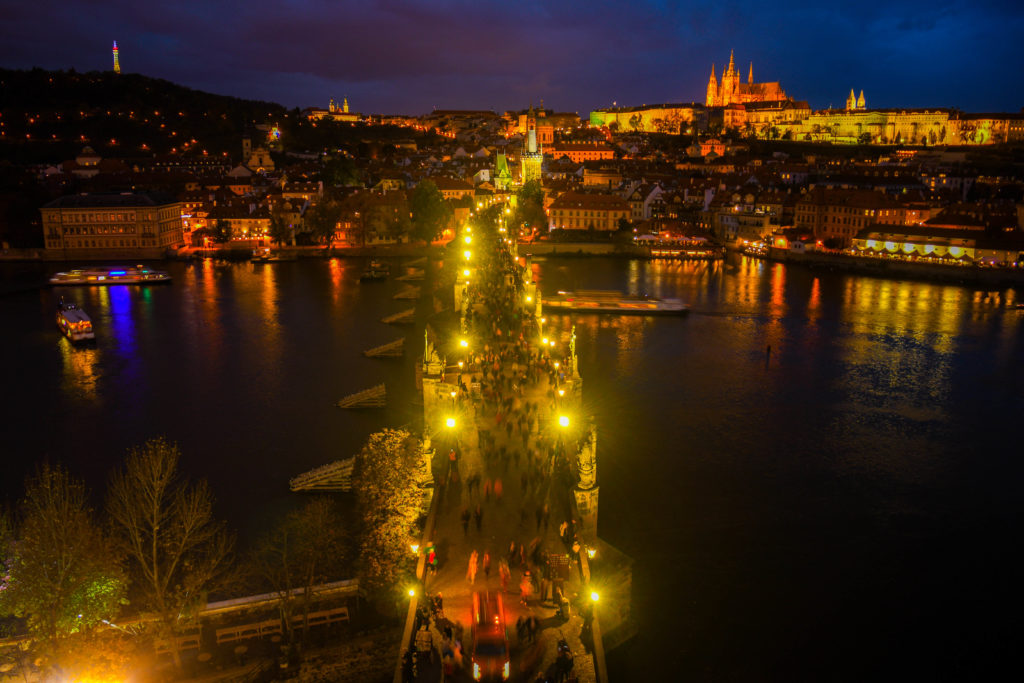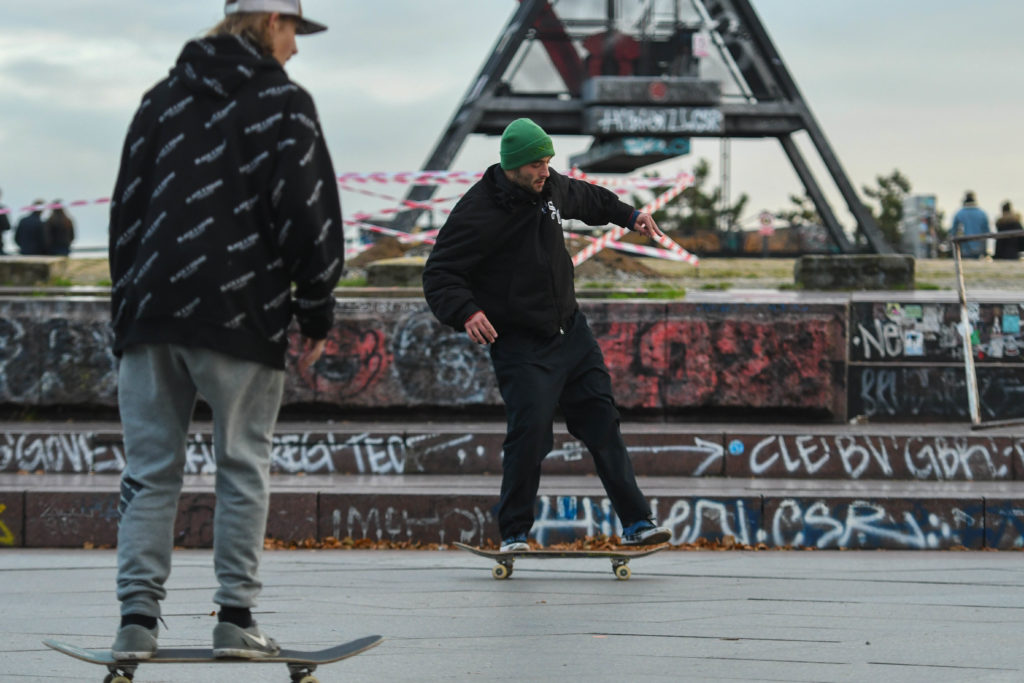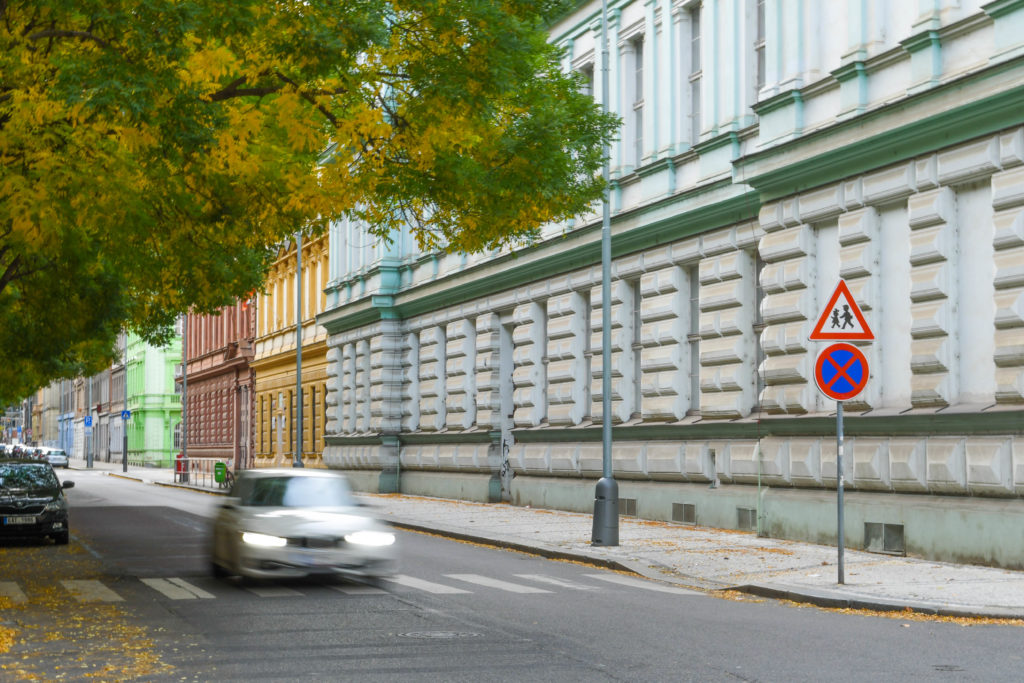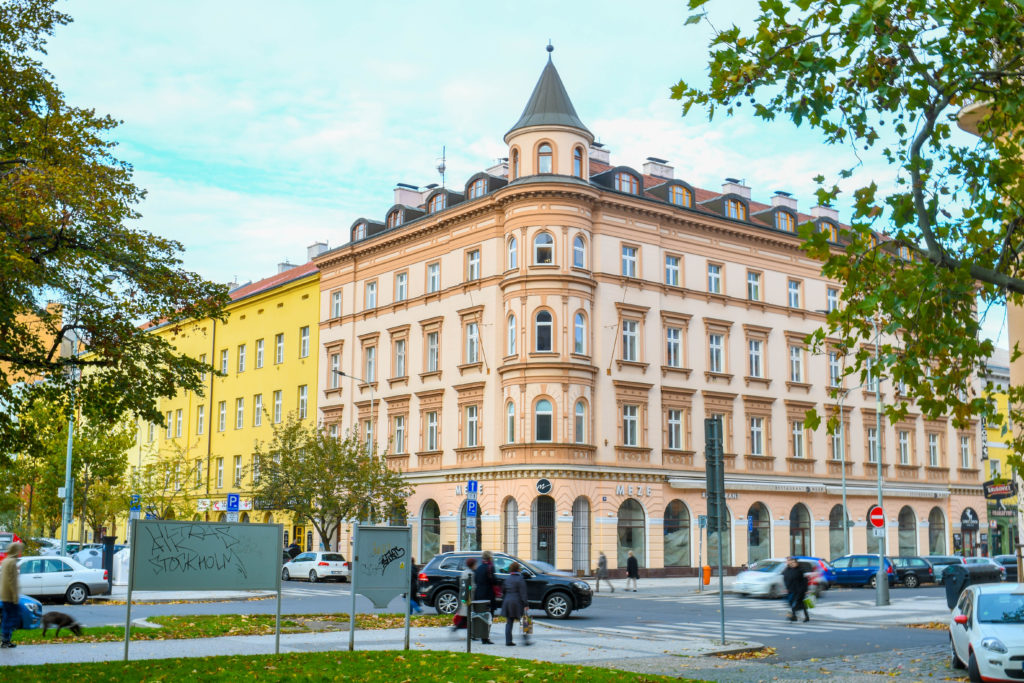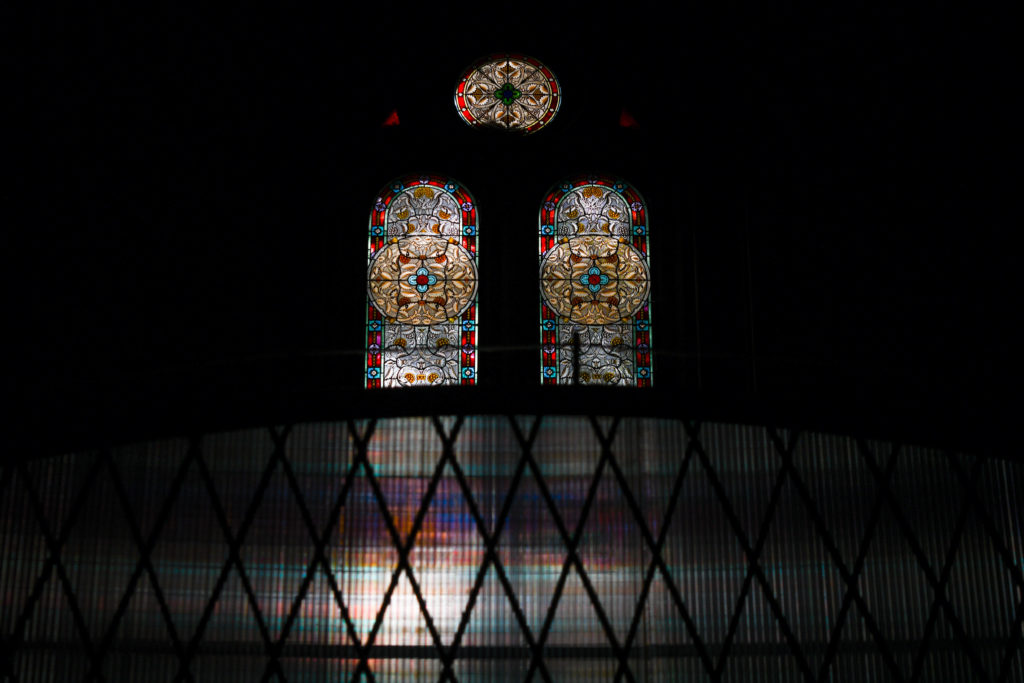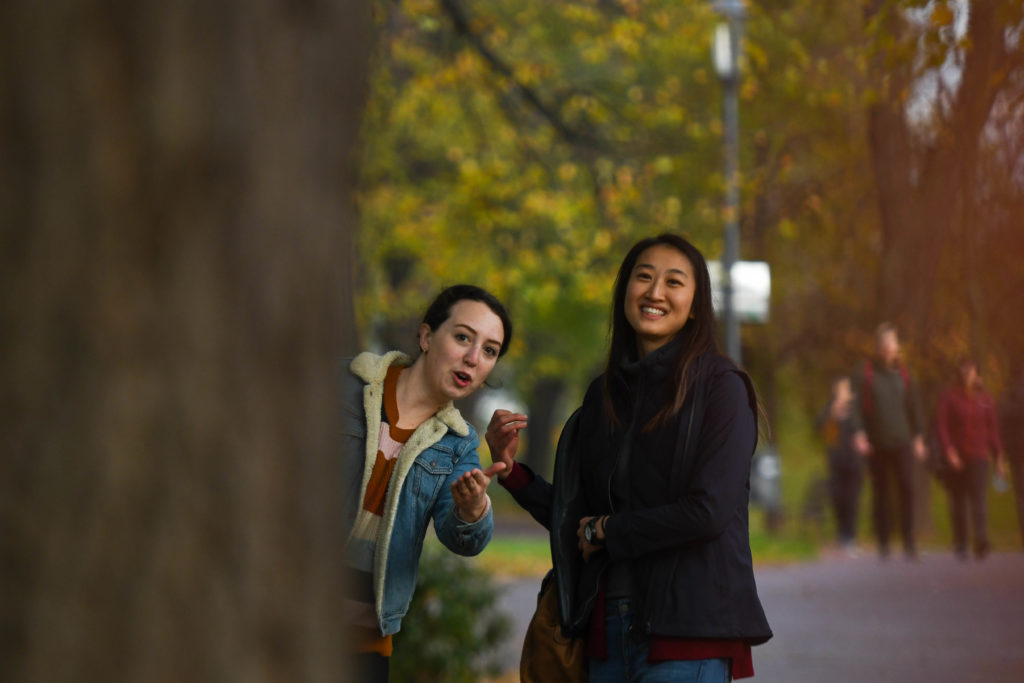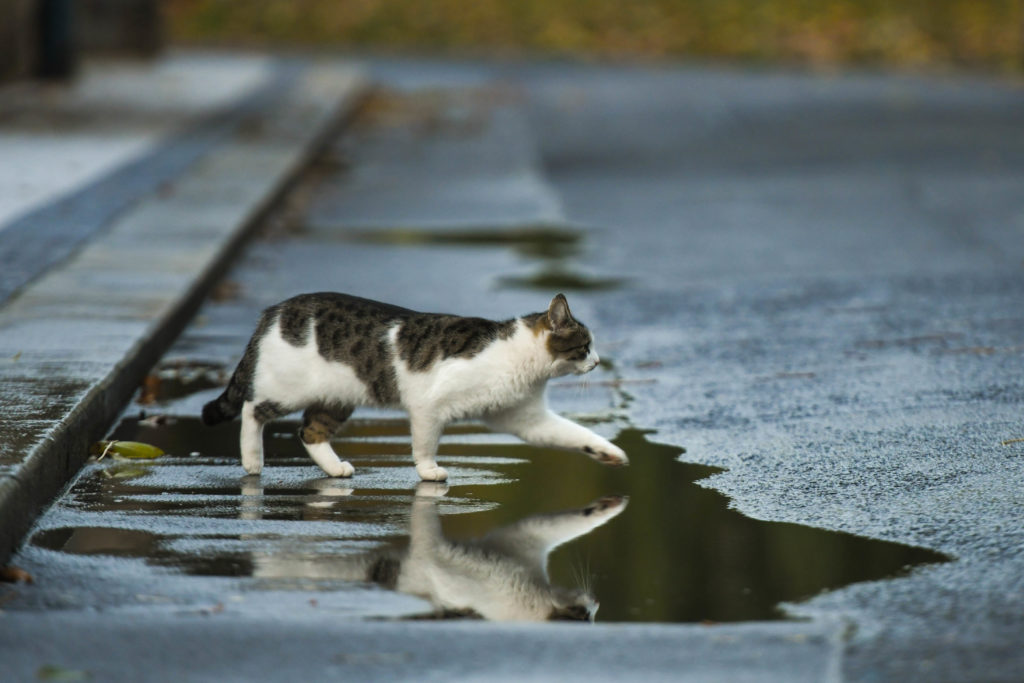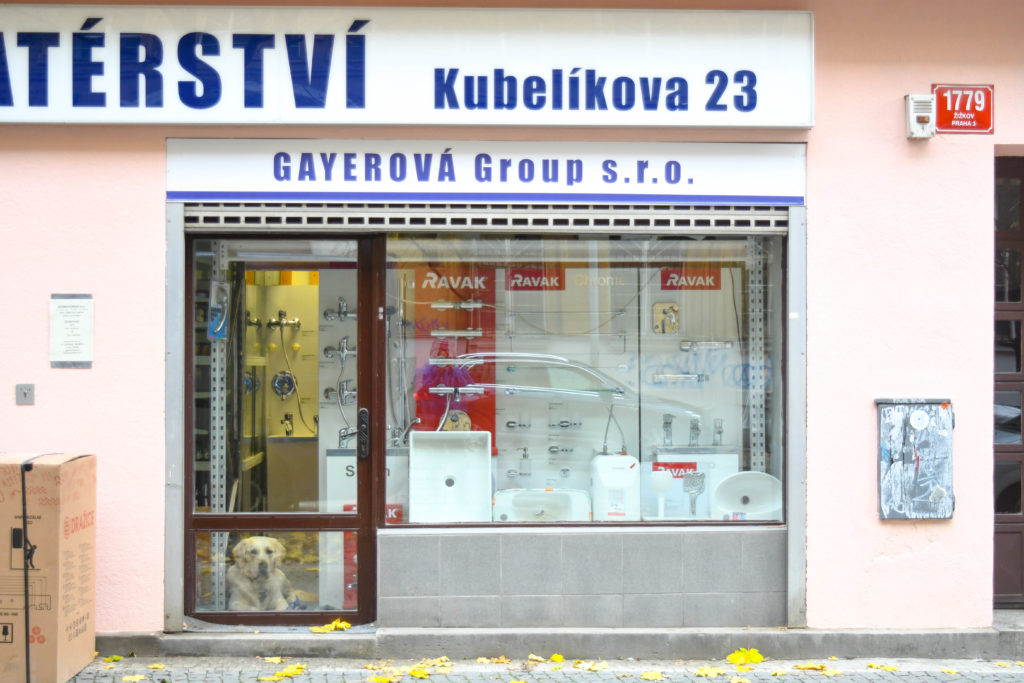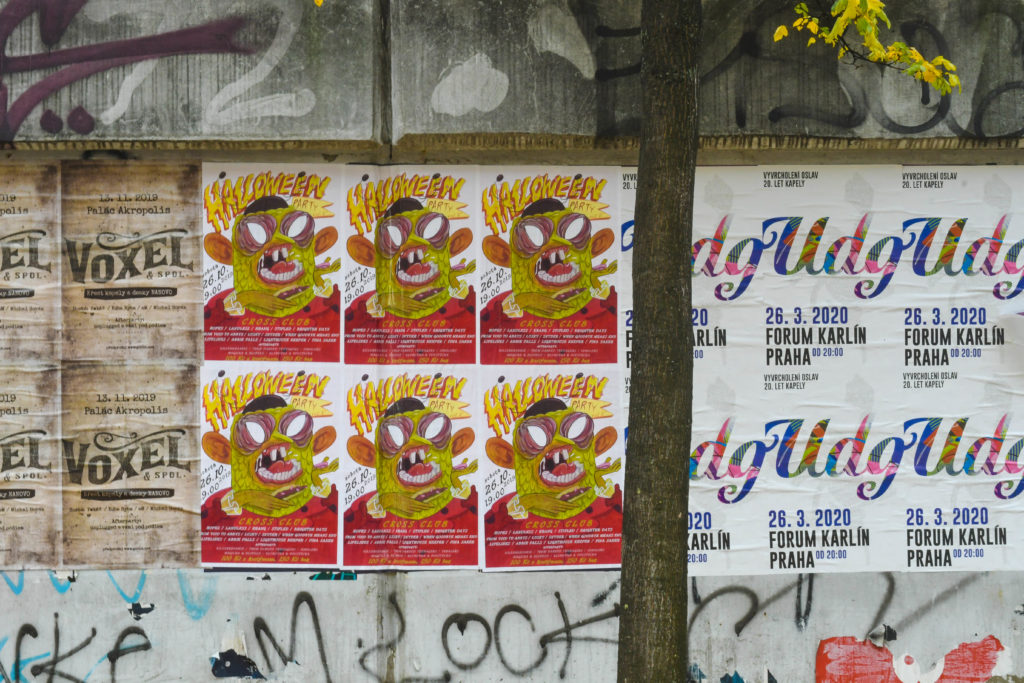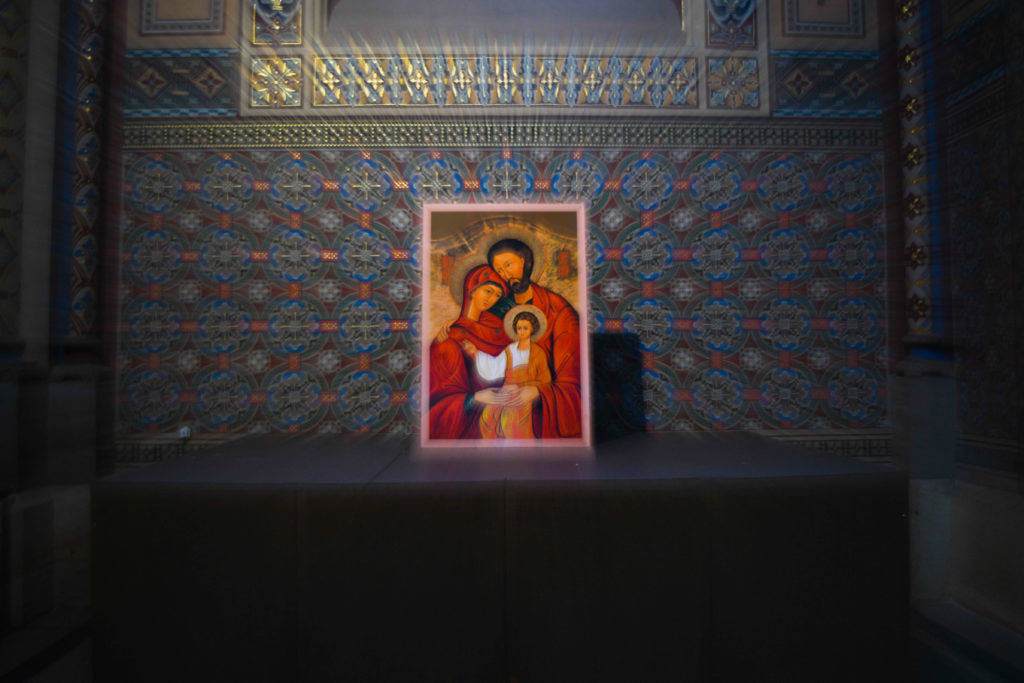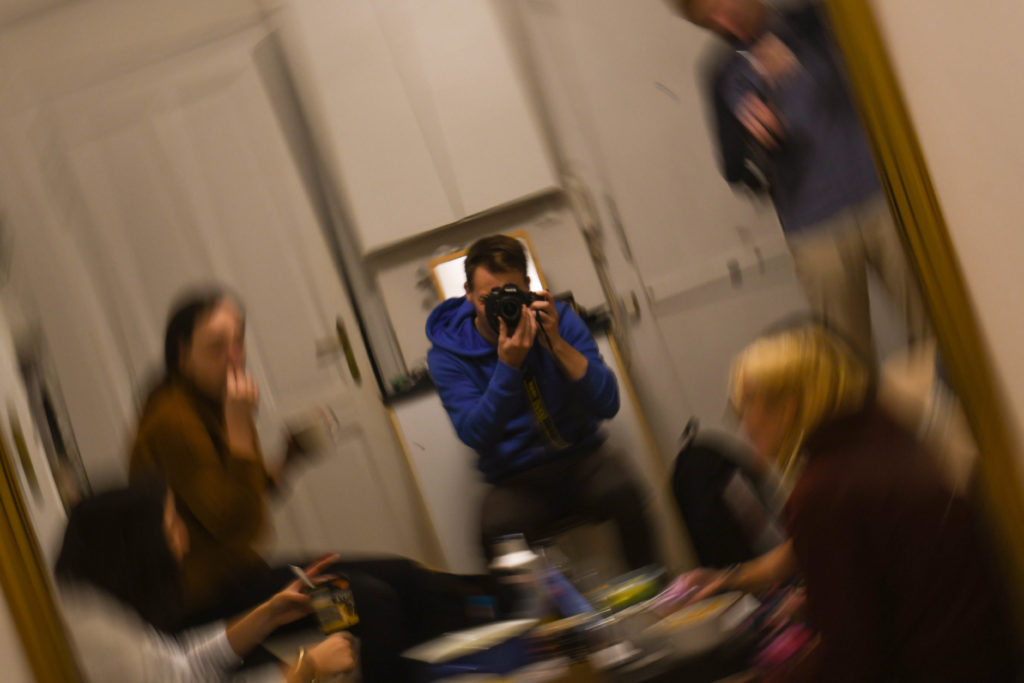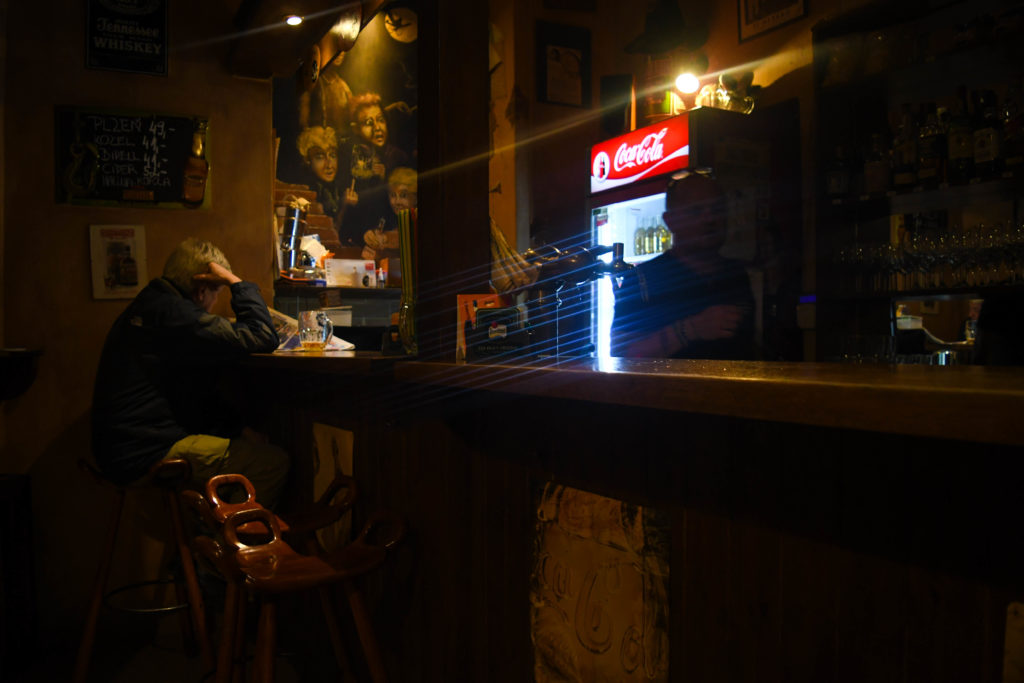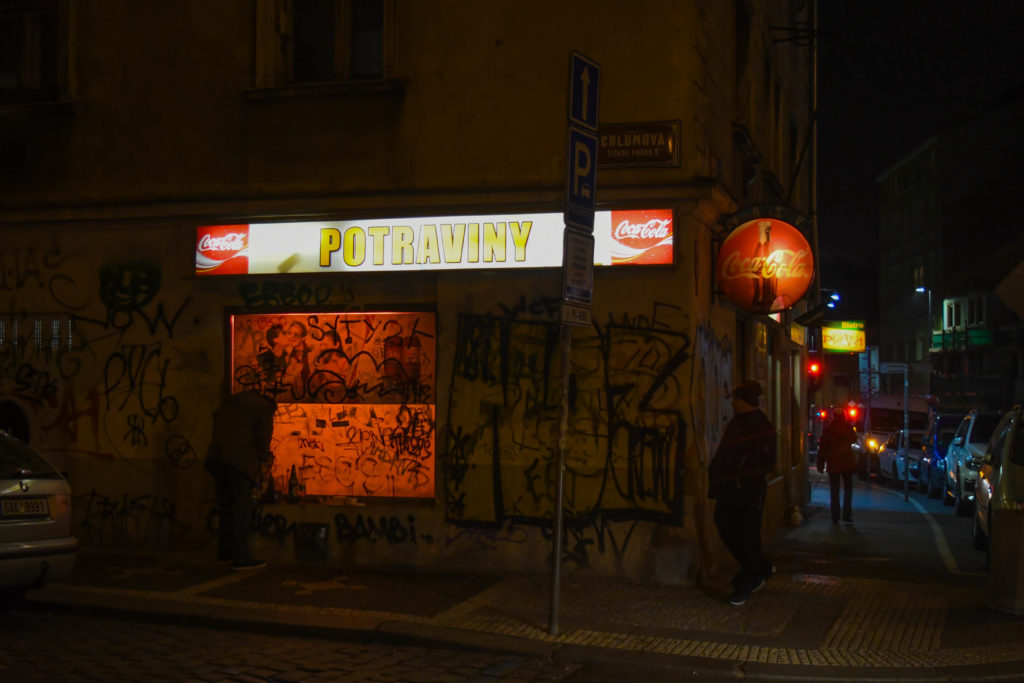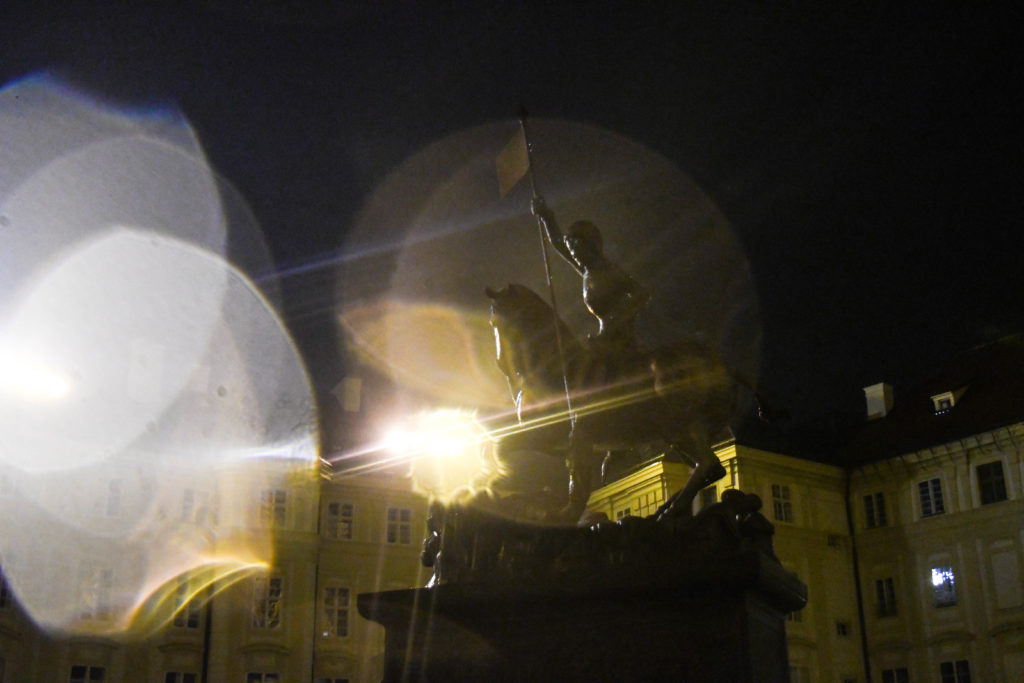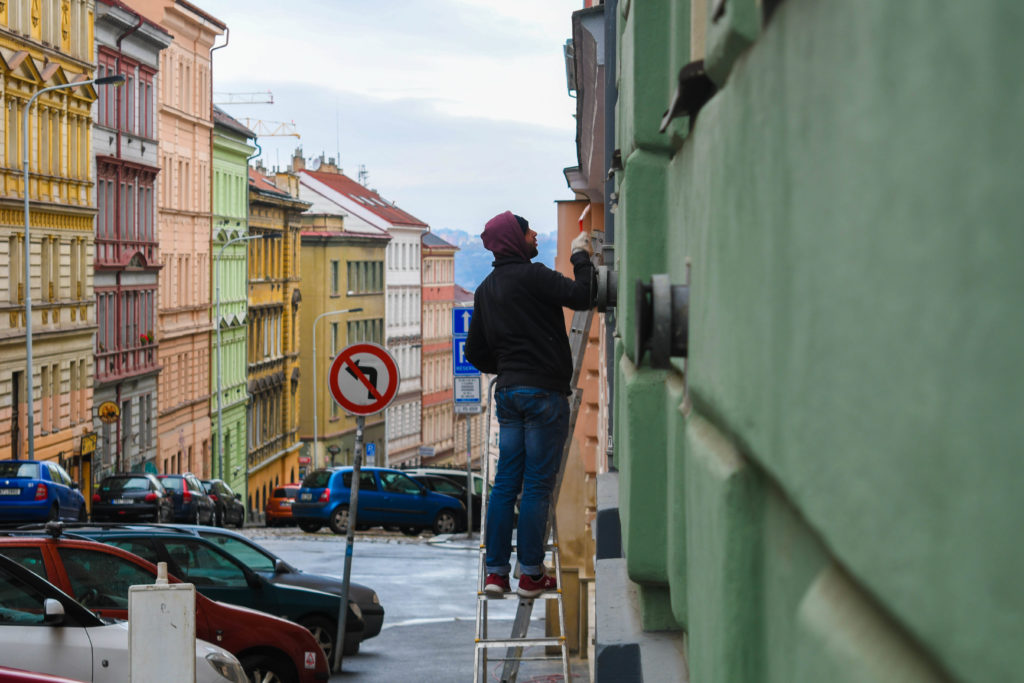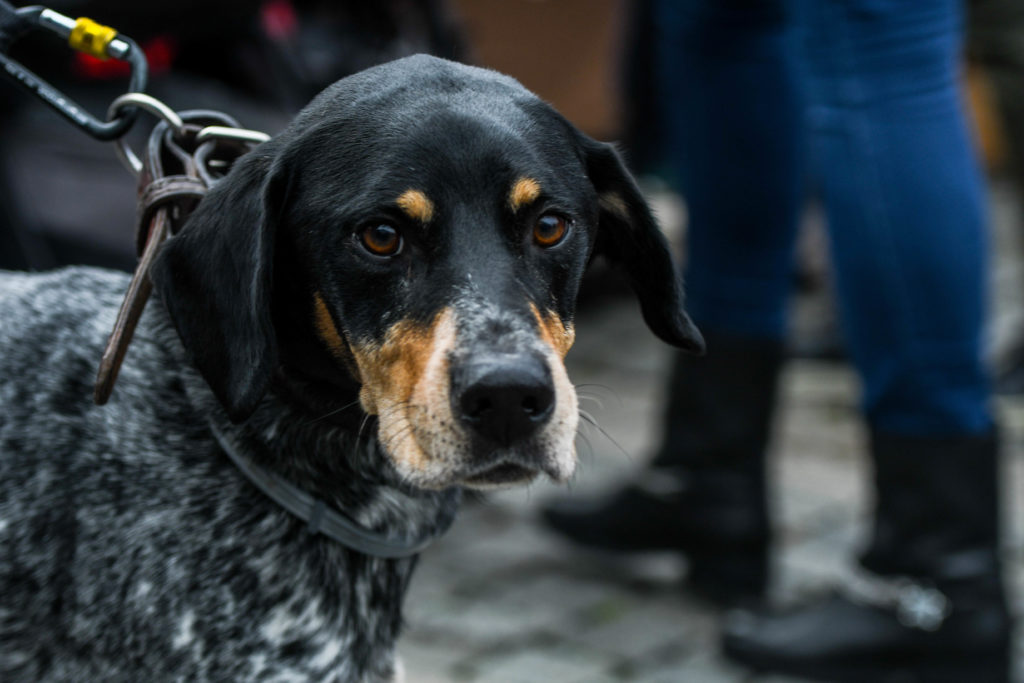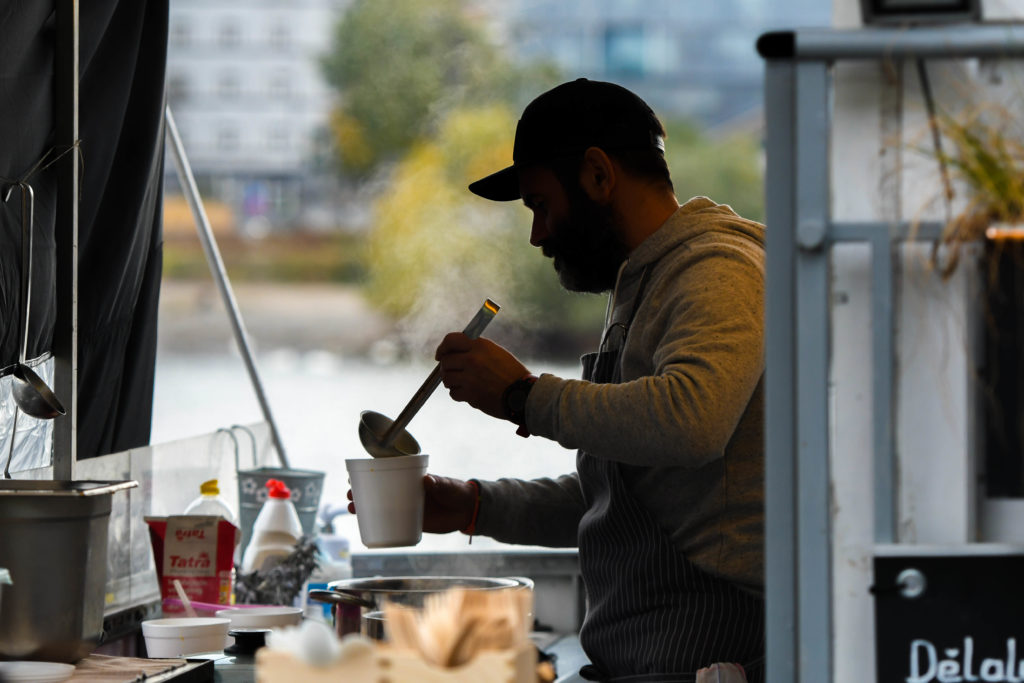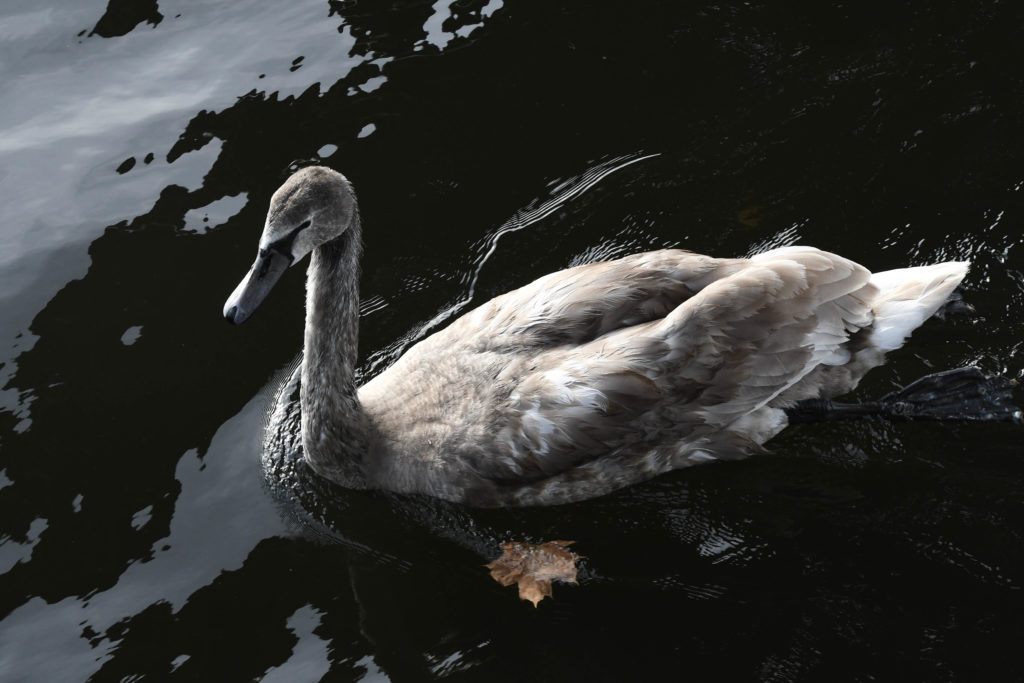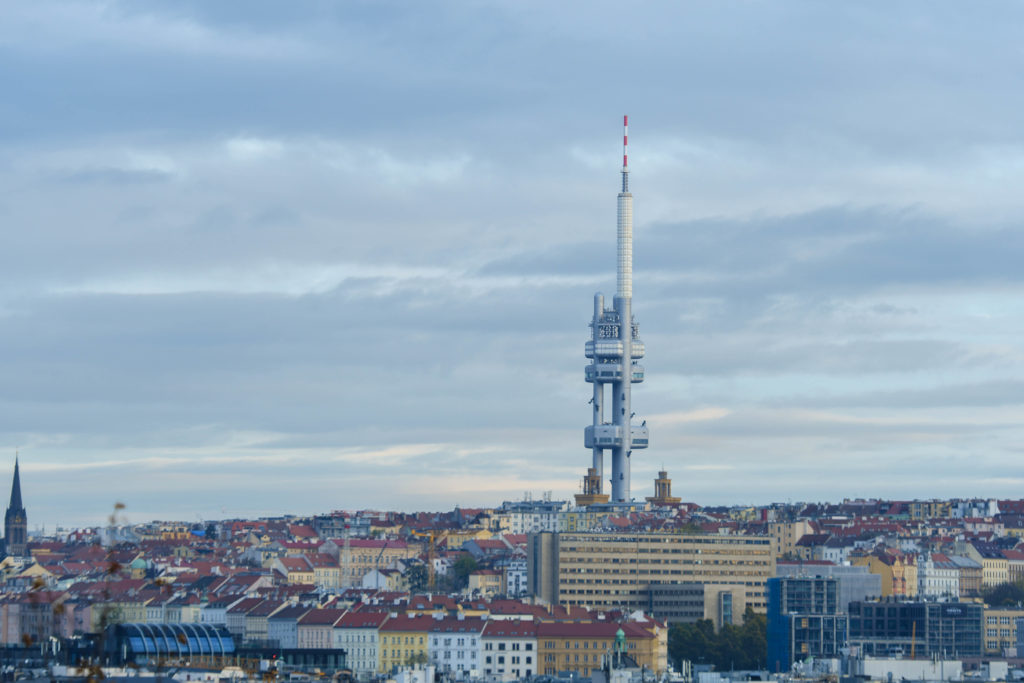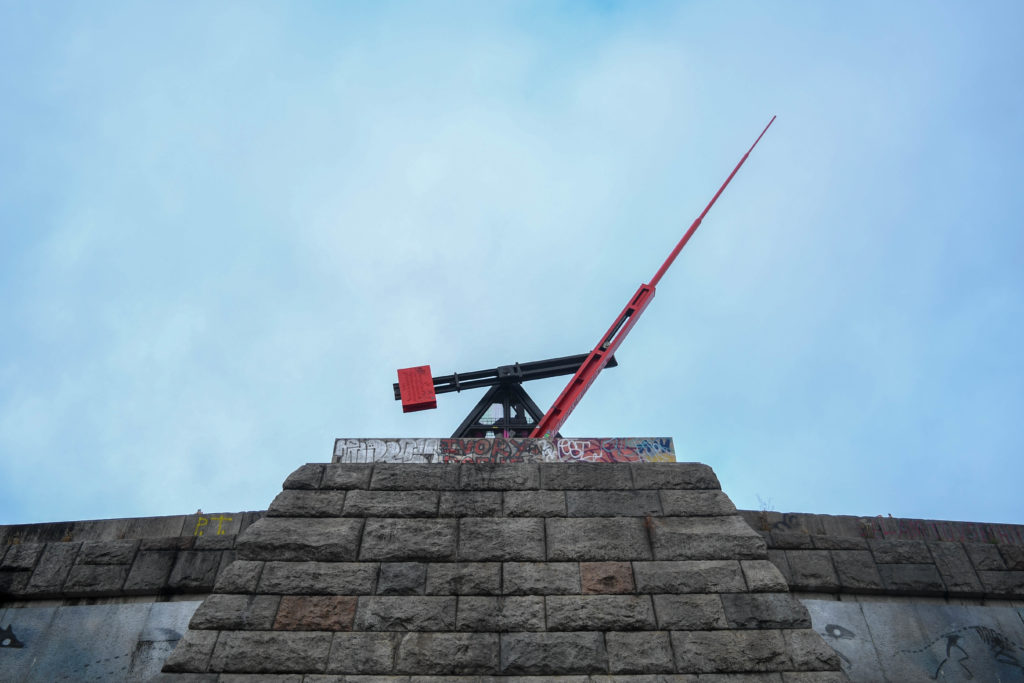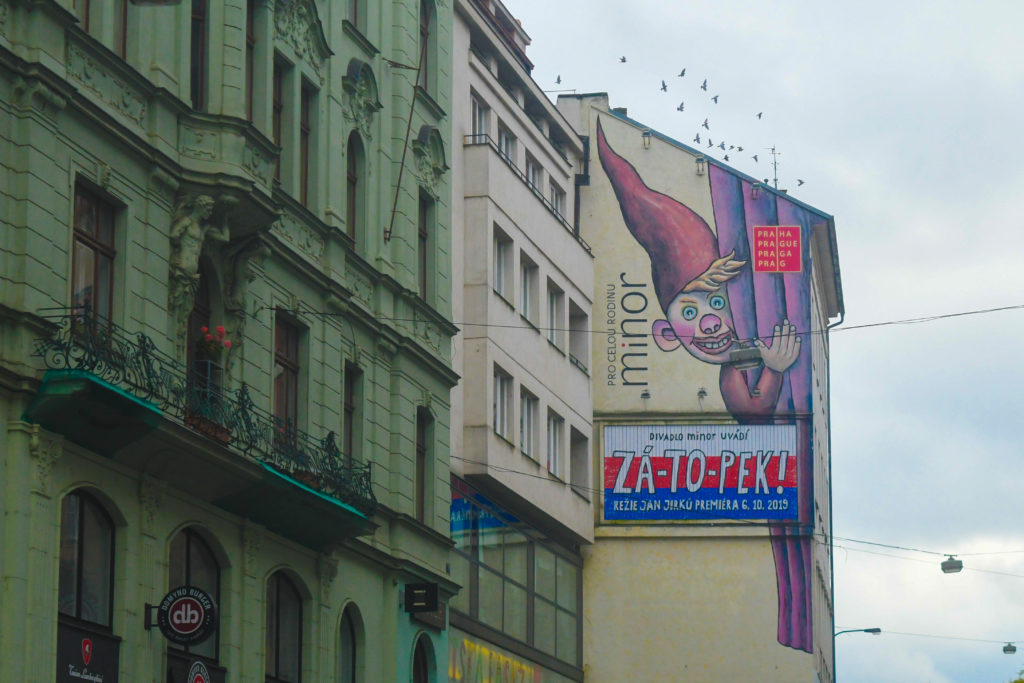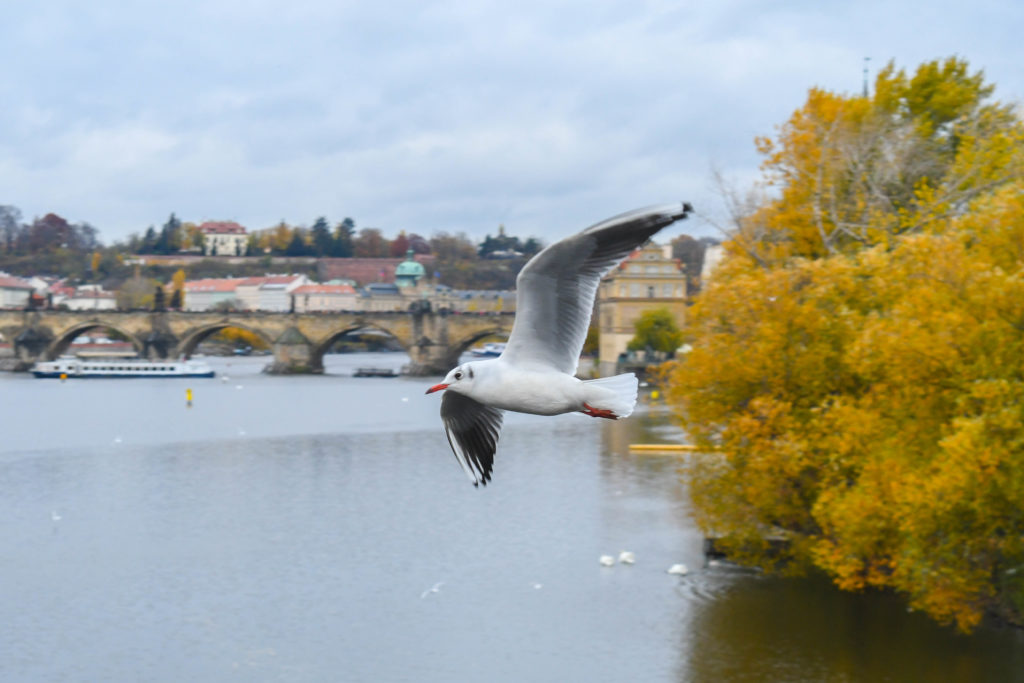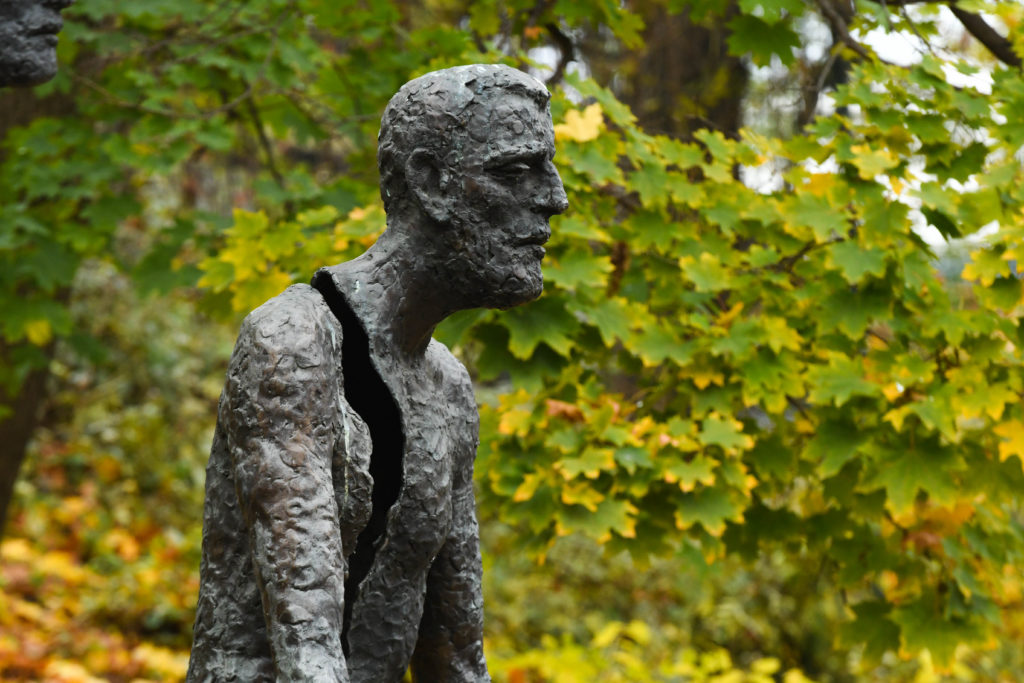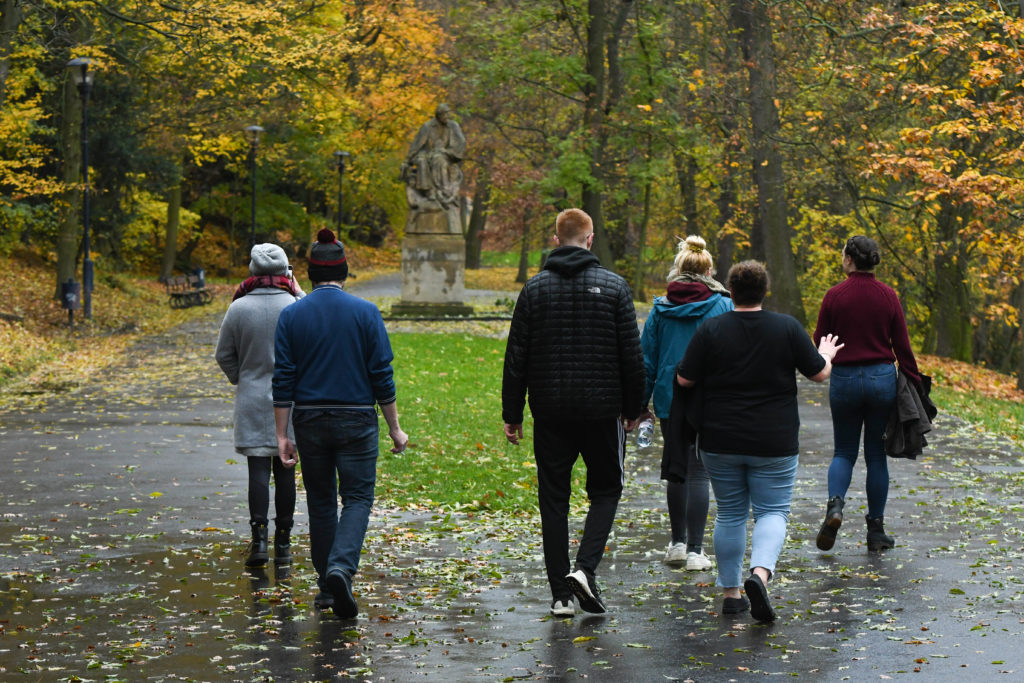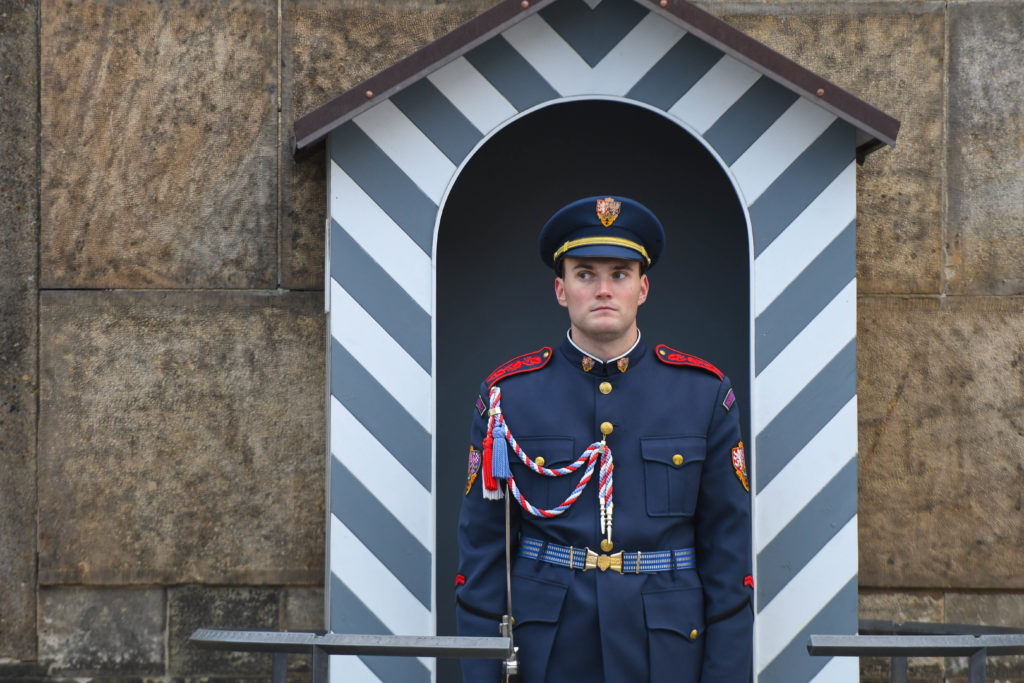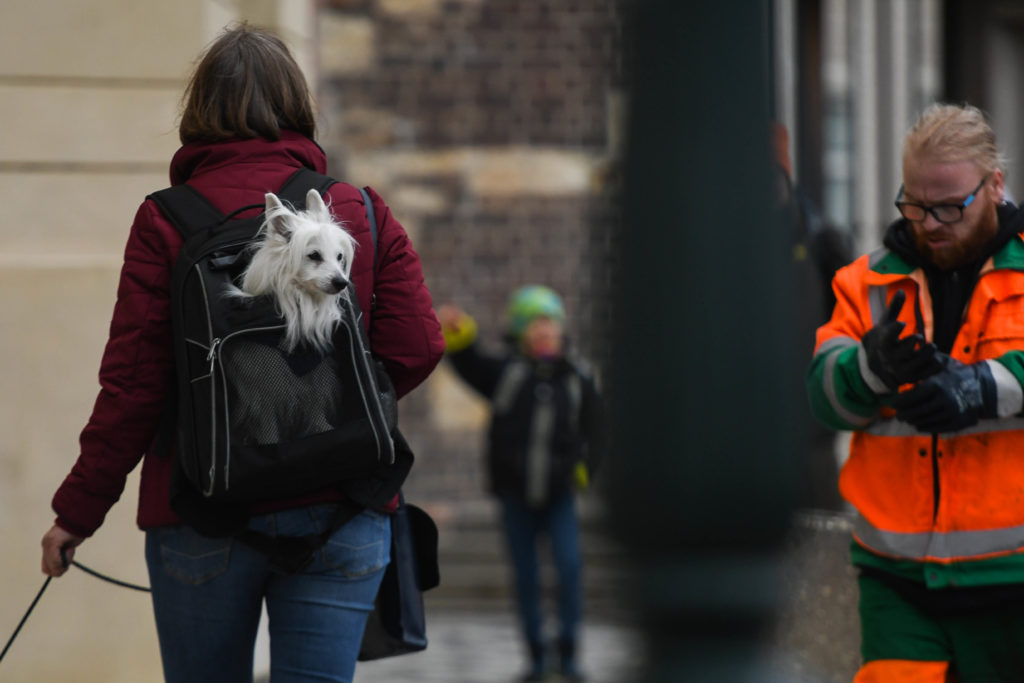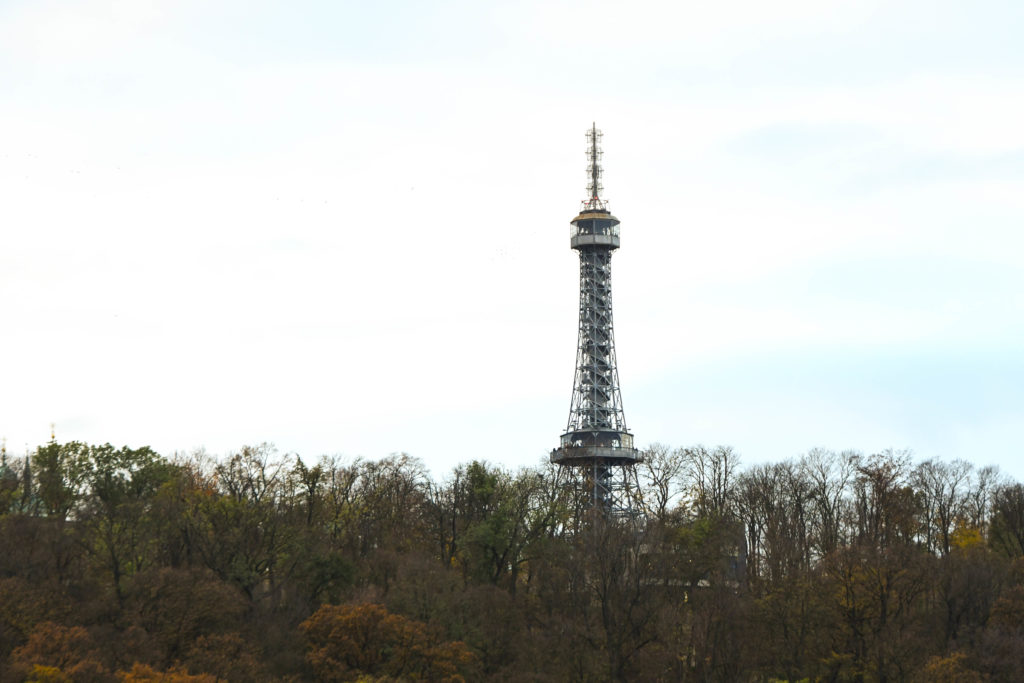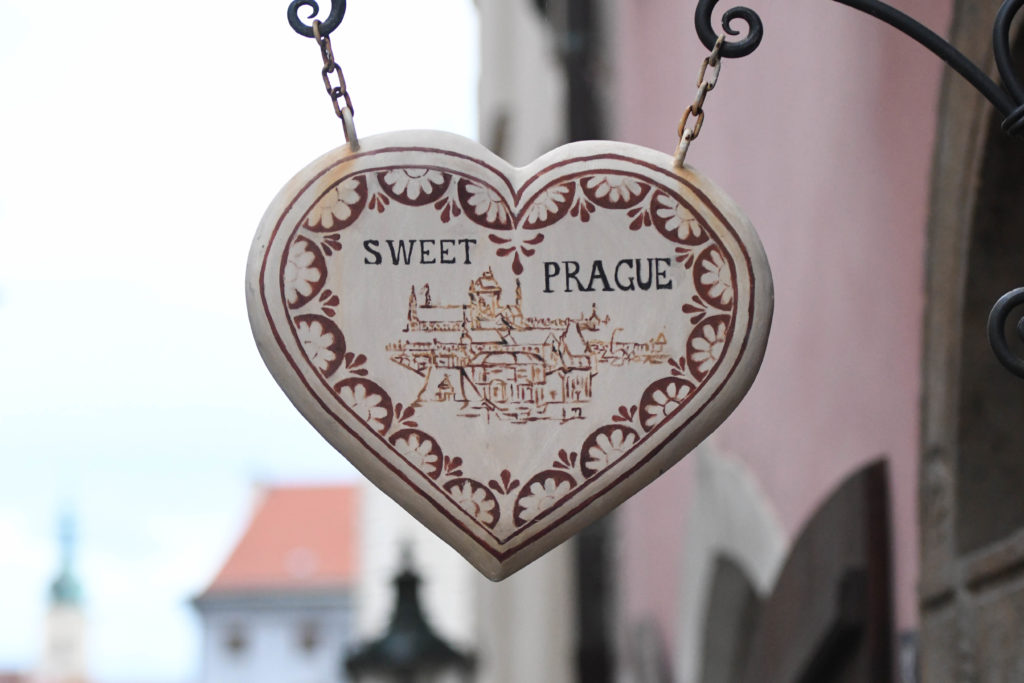January 17, 2019
I’ve definitely made some impetuous decisions in my life. Despite being a textbook over-thinker (it took me over an hour to settle on ‘impetuous’ in that last sentence), my life has so far been defined by a few brazen, immediate decisions.
While I often take so long to make a decision on what I want for breakfast that eating cereal at dinnertime is a common occurrence, when it comes to uprooting my life and moving miles away from home, I’ve done it a few times with a shocking lack of planning and consideration.
My last big step was taking a chance on The Language House Prague and it was without question one of the best decisions of my life. Since taking the month-long intensive Teaching English as a Foreign Language program in October, I haven’t had a moment of regret (about that at least… I still think maybe impetuous wasn’t the best word).
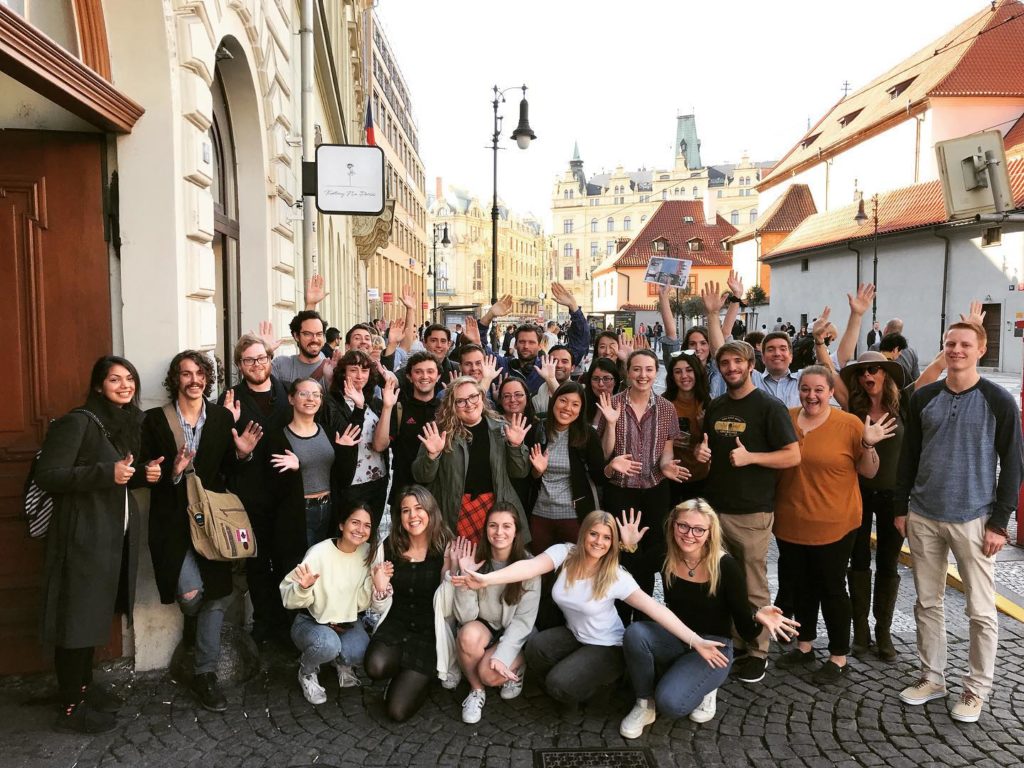
As I originally started this blog to chronicle my thoughts and feelings about my move abroad to take the TLH TEFL course, I’ve already touched on a lot of what happened and how I grew as a human being throughout it, but I thought a full recap of the experience might be beneficial to those who may want to follow in my footsteps.
To summarize briefly, The Language House is a highly reputable and acclaimed course for earning a TEFL certificate while gaining actual hands-on teaching experience in the Czech Republic. The school is headquartered in the heart of all the action of Prague, right next to the Náměstí Republiky metro station and just a short walk from historic Old Town.
I first came across TLH in the same way that a lot of my classmates did. We were sick of whatever we were doing and googled ‘ways to live in Europe’. That led me to find out about teaching English, which started a search for the best city, and then that city’s best language school.
Trusting information online was scary since almost every school, despite countless positive reviews, had at least one article that popped up saying it was a scam and making you fear you were being duped. Thankfully, I trusted my gut and the testimony of one family friend alumnus of TLH, and took the plunge.
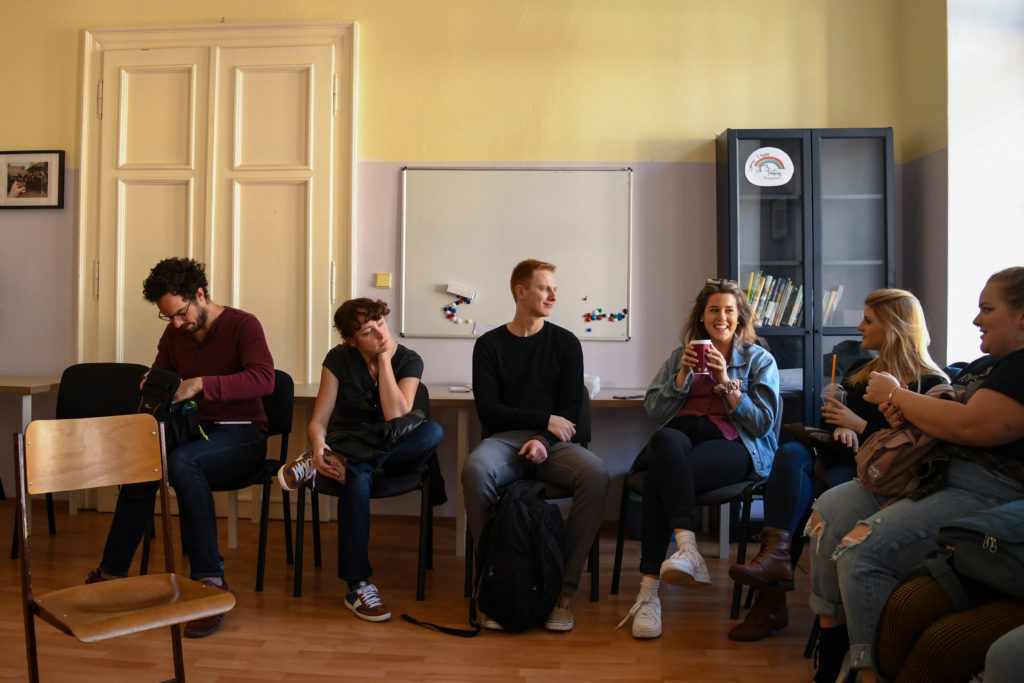
Less than a month after deciding to make a change of any kind in my life, I found myself flying across the world and touching down in Prague, wondering what the hell I was thinking. My anxiety almost reached a breaking point when within an hour of arrival, after a pleasant ride from the airport to the accommodations arranged by TLH, I was standing in the middle of a construction zone being told that someone would meet me within a minute.
After 40 minutes, I was convinced that I had been conned, and was either going to head right back to Canada or have my organs harvested in this weird ‘Zizkov’ neighbourhood. I thought that even if I somehow got into the slightly dilapidated building I was waiting in front of, things wouldn’t be great because it really didn’t look that nice.
Luckily, the delay ended up being just a rare communication error and I was soon welcomed into Kubelíkova 32 — an apartment building that ended up being a wonderful second home and the gateway to an amazing new life.
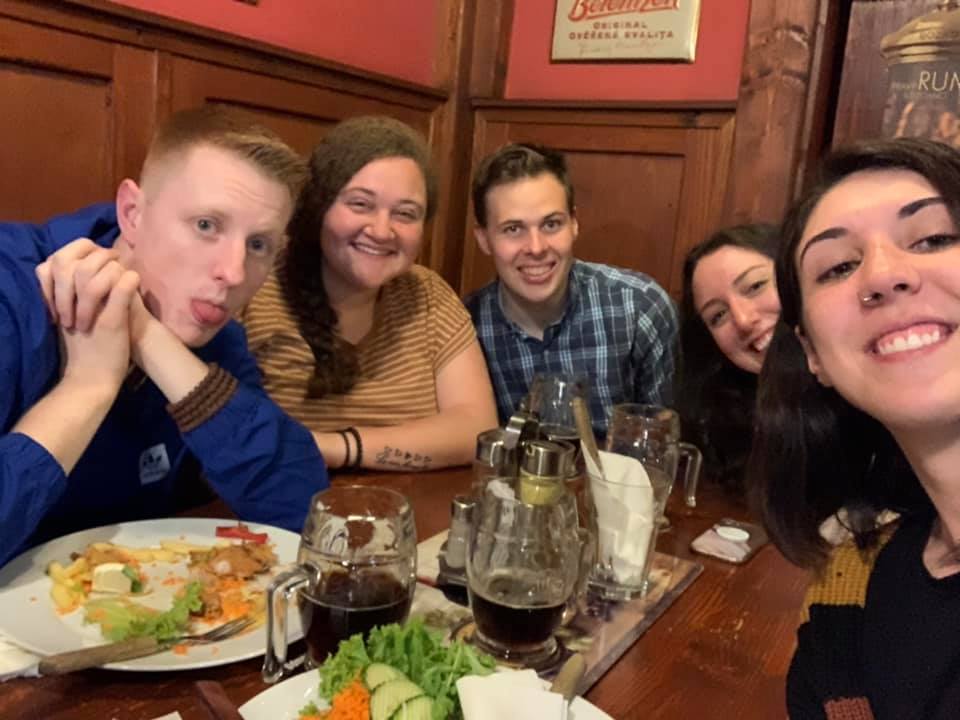
Kicking off the course right away after a 24-hour cat nap, I attended a grammar bootcamp session with the founder and head of the TLH program Chris Westergaard. After the rocky start, getting to meet a bunch of my future classmates and seeing the welcoming, knowledgeable, and caring staff in action quickly won me over and I was overjoyed to be there.
That weekend, a two-day orientation was held and we had the immediate opportunity to bond as a group while taking in the best of what Prague has to offer. We took an informative and fun walking tour with a TLH alumnus, did a scavenger hunt around the city, went to a beer tasting, and had an amazing meal at an ancient pub called U krále Brabantského.
Buried deep in a basement with its walls and ceiling lined with skulls, we had duck, dumplings, Pilsner beers, and were treated to an amazing dance performance featuring swordplay and fire breathing.
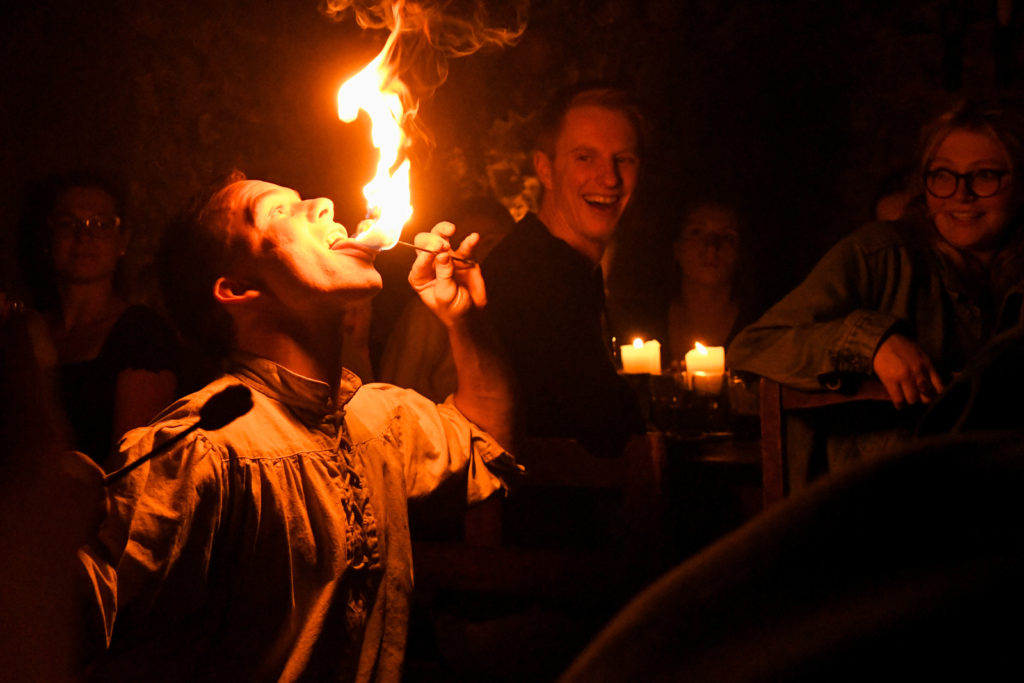
And then on Monday, the course started. To my surprise, however, that did not mean the fun ended. It wasn’t as carefree from that point on, but the way in which we were moulded into competent English teachers was by no means a miserable experience.
We were thrown immediately into the fire on the first day, with a jam-packed schedule of classes introducing us to the ESA (Engage, Study, Activate) methodology and giving us a rundown of what to expect over the next four weeks.
On our second day, we were given our first teaching experience in a low-pressure environment with an assignment in which we taught our classmates a skill. It felt a little silly to teach a group of adults how to fold a paper airplane, but also ended up being a ton of fun.
With only a day and a half of instruction, a lot of my classmates already had an amazing grasp on how to get us excited to learn and guide our way through activities as seemingly mundane as making a cup of tea or shaving.
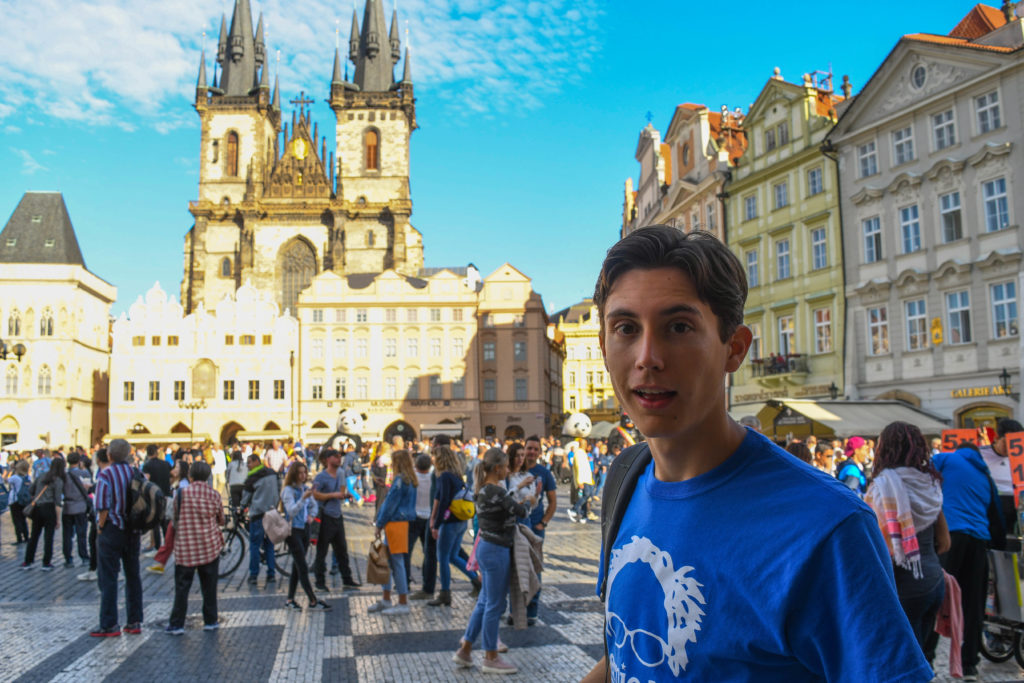
While the first five days were pretty heavy on instruction time and introducing the basics, like a group of Mr. Miyagis, the TLH staff sneakily gave us the tools of the ESA method without us even realizing what was happening.
Every class was modelled in the same way that we would soon be teaching. Elaborate introductions, icebreaker games, study activities, elicitations of answers — we were observing it in action without even understanding what was happening. And although my inner Daniel-san wanted to rebel, when we stepped in front of a real Czech class for the first time to cap off the week, it ended up feeling a lot more natural than I ever imagined.
I was “waxing on” and “waxing off”, teaching like a pro.
Although our first class was just a 10-minute icebreaker and warmer, it started me down the path to what would be my signature teaching style: over-the-top creative openers, where I put way too much work into props.
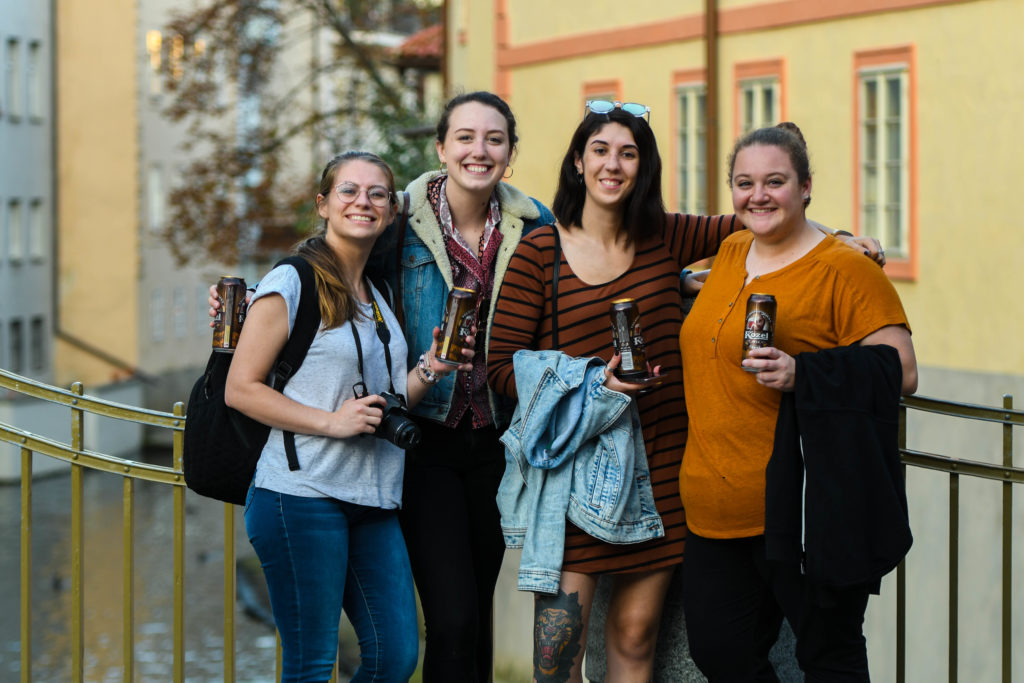
My opening icebreaker involved me coming into the class talking on a banana as if it were a phone. I’d pretend that the person on the other end was trying to get some key information from me — my name, job, favourite food, hobbies — and then after I told them I was with people, they wanted the same from my students.
When I first got a glimpse of the very serious, stone-faced Czech students, I was afraid that it was going to be a disaster, but just as our instructors did while looking at our blank faces on that first Monday morning, I committed fully to my dumb premise.
And they ended up loving it. The joy of watching a 50-something year old pretending that a banana isn’t getting very good reception with his limited English skills really made me understand how fun it could be to teach a foreign language.
The following week, we started teaching full 45-minute practice lessons three nights a week and I made the most of each opportunity. From buying a cupcake and serenading a random student as if it was their birthday for a lesson on celebration lexis, to dressing up like a soccer referee and giving out a red card for a listening lesson, to pretending I was an artist who invented the colour purple for a grammar class on zero conditional — I had a blast.
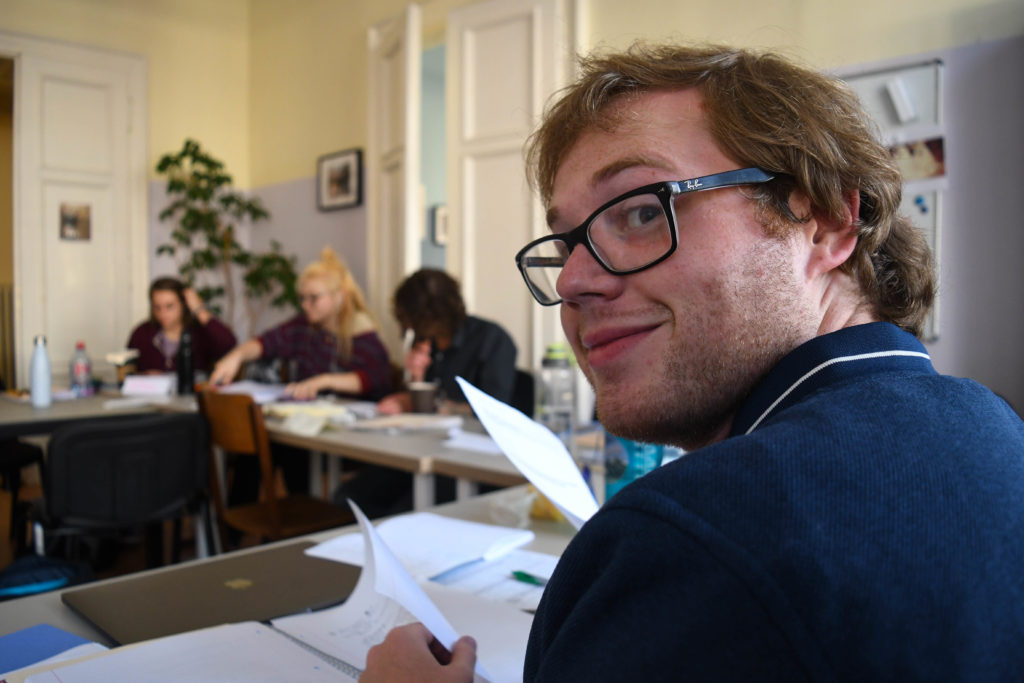
My observer Amelia was extremely supportive and gave me insightful feedback on how to improve each lesson. I also had the pleasure of watching my classmates grow as well. We were in groups of four, all helping each other and improving alongside one another.
After starting at one of the lowest levels with A2, for the third week, I advanced to B1. I once again had a very talented and helpful observer, Dani, who challenged me to focus on my error correction which added a whole new layer to my teaching ability. While I was a little overwhelmed this week with the increase in expectations and the juggling of various teaching ideologies, I think I only came out of it a stronger teacher.
Within the three weeks of intense lesson planning and full days of classes, we were also assigned to find a student and teach two one-on-one lessons to them, and as well as to complete a few other projects including a 10-lesson activation write up.
The one-on-ones with my partner were a hugely insightful process. I got to visit a real Czech citizen’s home and speak to them about a variety of topics including their job, views on North America, and their heartfelt, but perhaps less-than-politically-correct feelings about Slovakia.
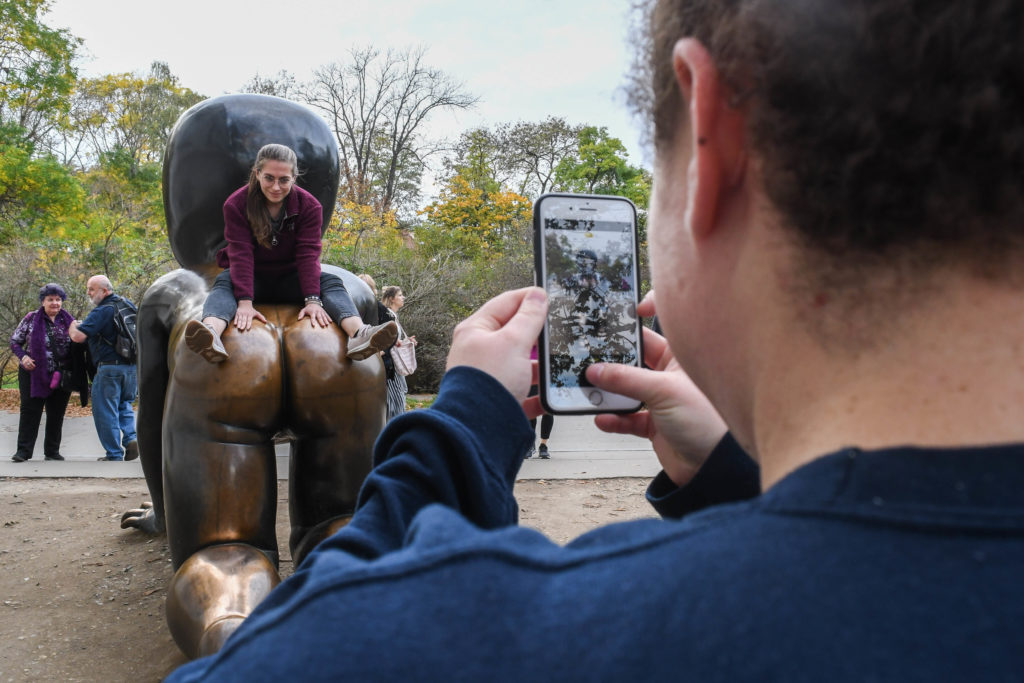
Being able to connect with someone from a completely different generation in a country so far from my own, while also being able to help their English proficiency and see some subtle improvements in just two hours together, was inspiring. They also made me some pretty darn tasty traditional treats.
By the final week of the course, although I was exhausted by all the late nights of studying and worrying (I mean, lesson planning), I definitely felt more confident in the classroom.
Dealing with a B2 level class, with students advanced enough to know if you were making mistakes, was intimidating, to say the least. I believe I rose to the challenge though.
My observers for the final week, Laura and Amanda, continued to help me grow, but as much fun as I had with my own lessons, the highlight of the entire course was probably the final lesson, after I had already wrapped up my own class.
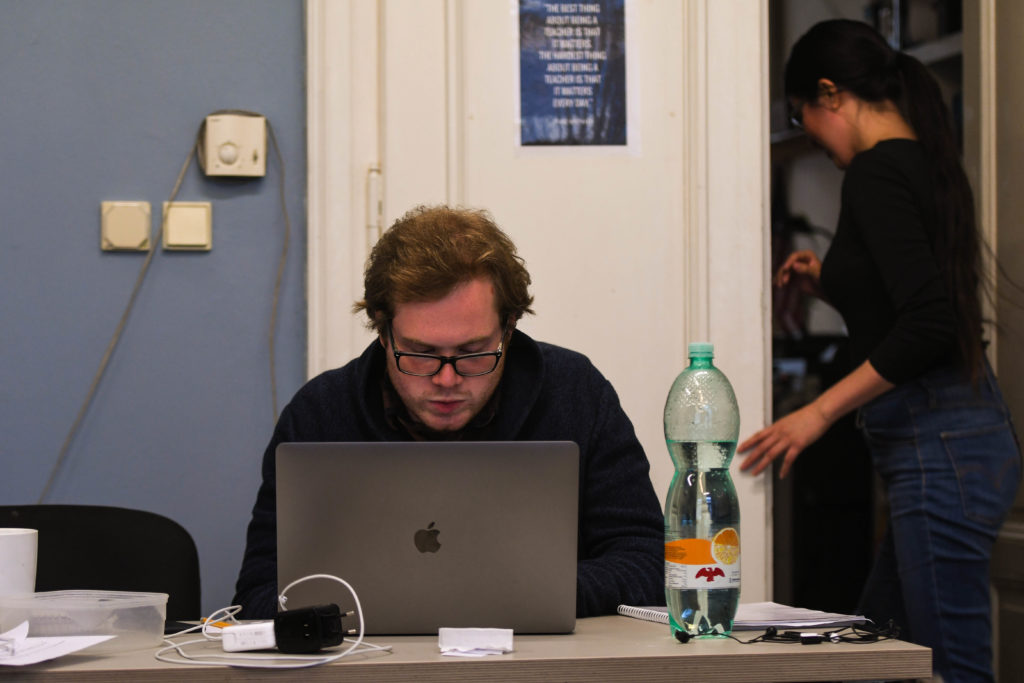
One of my flatmates, who is a super talented natural communicator and teacher but struggled throughout the course with imparting grammar knowledge onto the students, was given a tricky grammatical point for his final class.
As I had built up an almost familial connection, not just with the friends in my building but everyone in the course; we all spent almost as much time helping each other as we did on our own work, I spent a lot of time helping him make sure his last class was his best.
Building a lesson on the future perfect simple tense around a theme of the apocalypse, he came into the class with a body-length sign proclaiming that the end was coming and had a group of 60-something Czech women put on hats made of tinfoil to stop the government from reading their thoughts.
Not only was the lesson highly entertaining, but he nailed the grammar and really did a great job of teaching the material. That was the peak of the course! Not only had we all learned to teach and were willing to put ourselves out there in ways we probably didn’t envision, but we formed such strong bonds that seeing others succeed was as exciting as our own accomplishments.
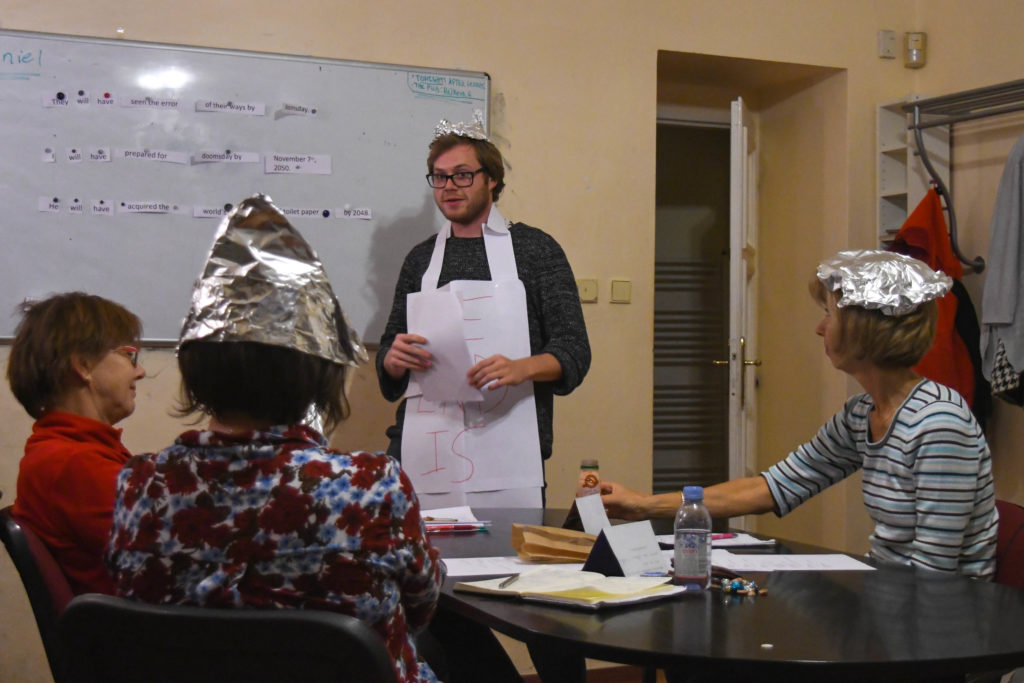
After that night, we had a celebratory pub visit with some of the Czech students we met throughout the course, and a few nights later had our wrap-up party. I won awards for my performance on the grammar test and my success on the activation homework, so overall I think I must have been the biggest nerd.
And while there was a bit of sadness after that night, when several friends moved home and went in different directions, in a lot of ways the month I spent at TLH was just the first chapter of a story that I’m very excited to continue.
After taking a little time to travel across Western Europe on my own, I’ve returned to Prague and am now rooming with two of my coursemates in a cool apartment in Zizkov, not far from Kubelíkova, and am applying for jobs.
While Visa concerns are still an issue that should soon be sorted out, I’ve already had a lot of success finding jobs thanks to the reputation of TLH. Overall, I can’t believe how much value I got out of the course; memories that will last a lifetime, a valuable certificate, close friends — I couldn’t recommend the TLH experience more.
I have no regrets about making a short-sighted decision about coming here; it was a complete and utter pleasure! Still not sure if impetuous was the right word though, dammit.
